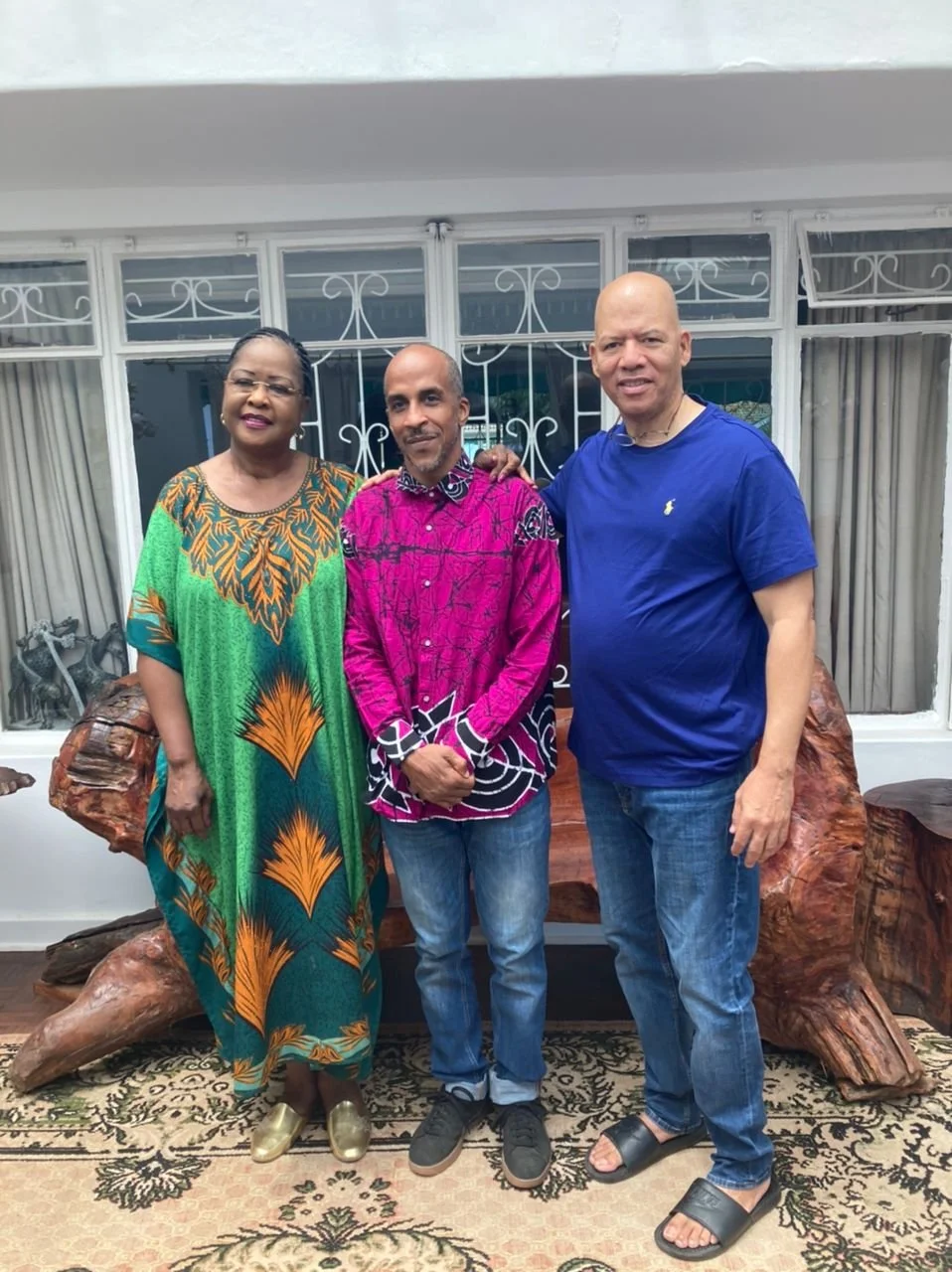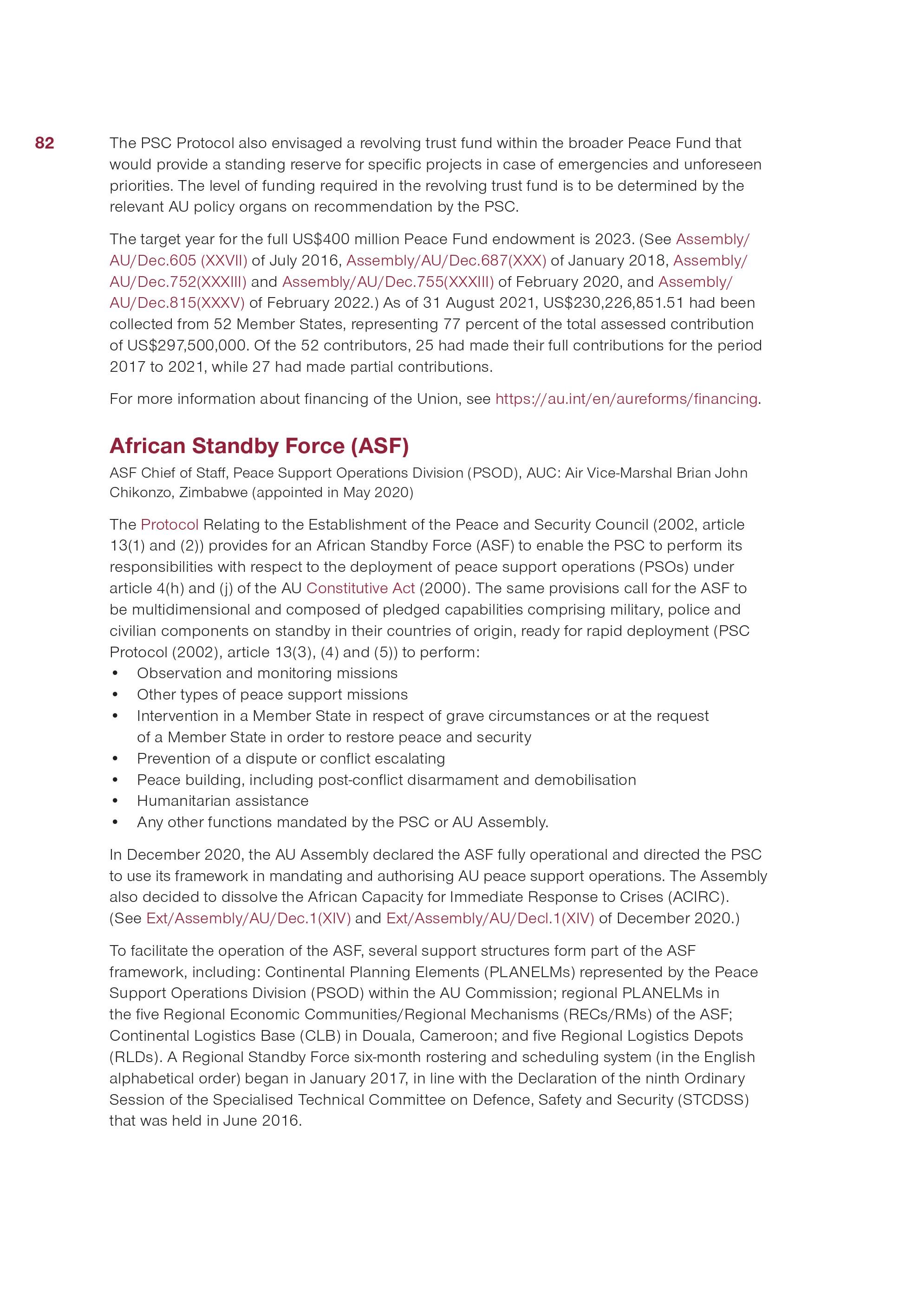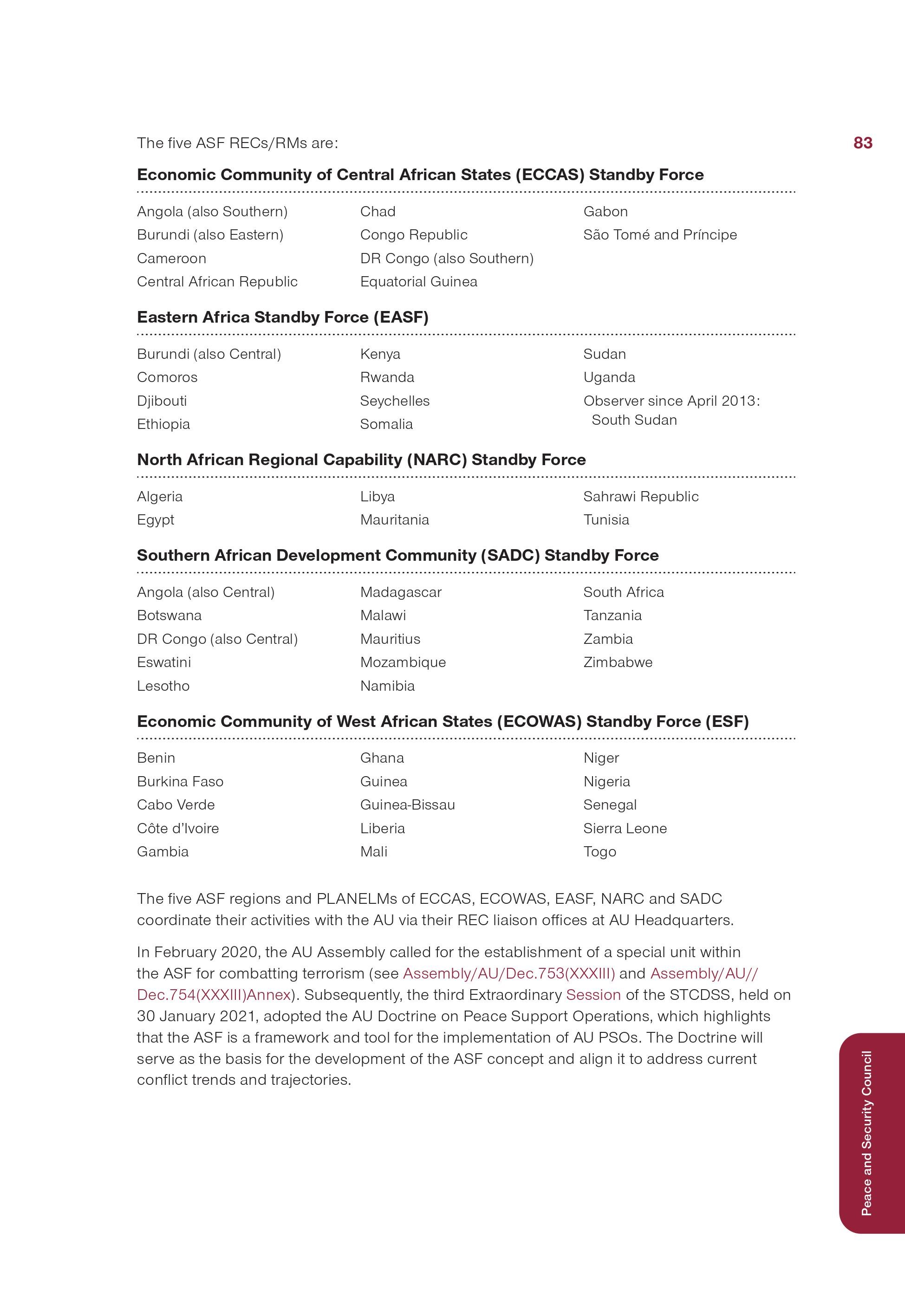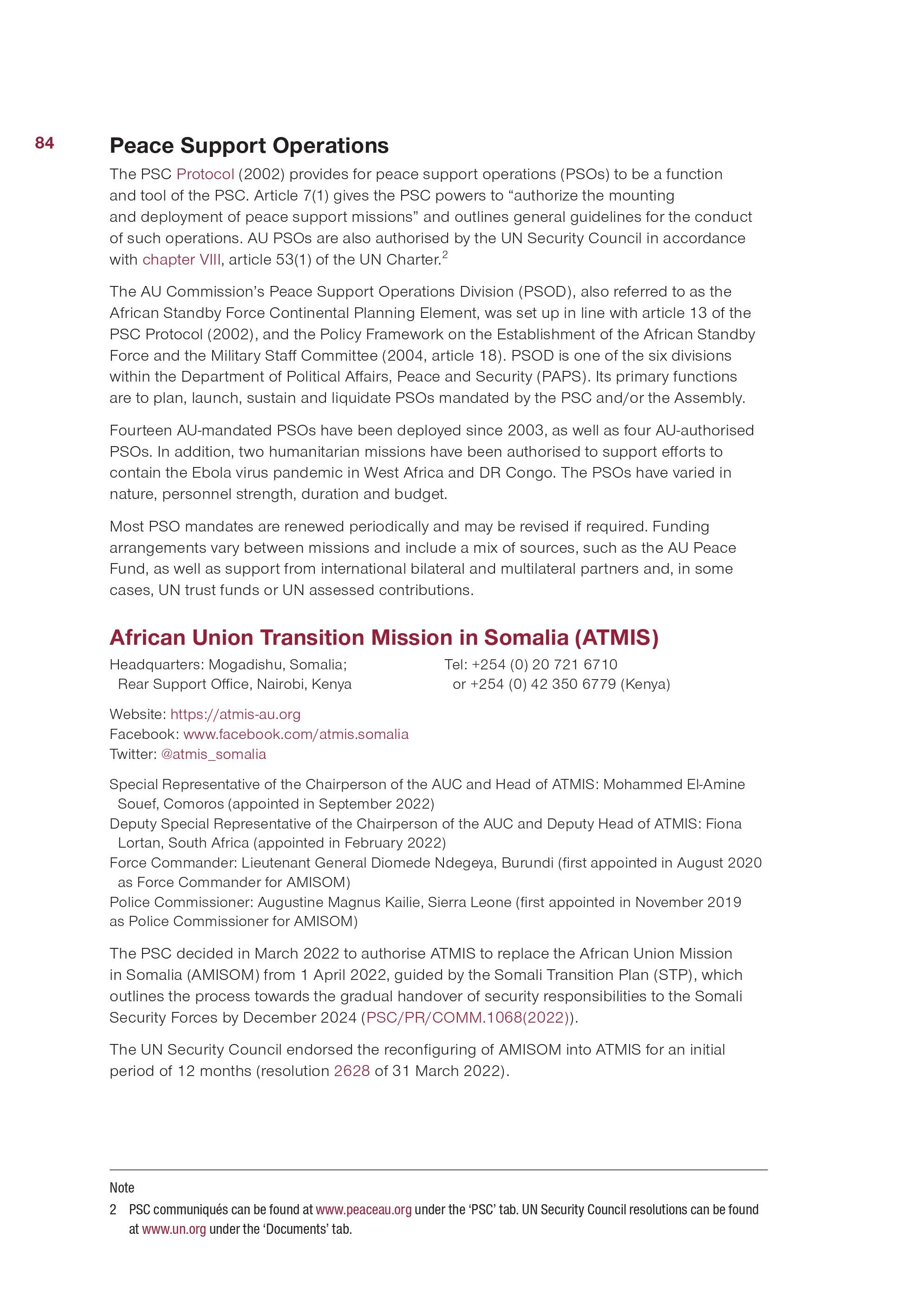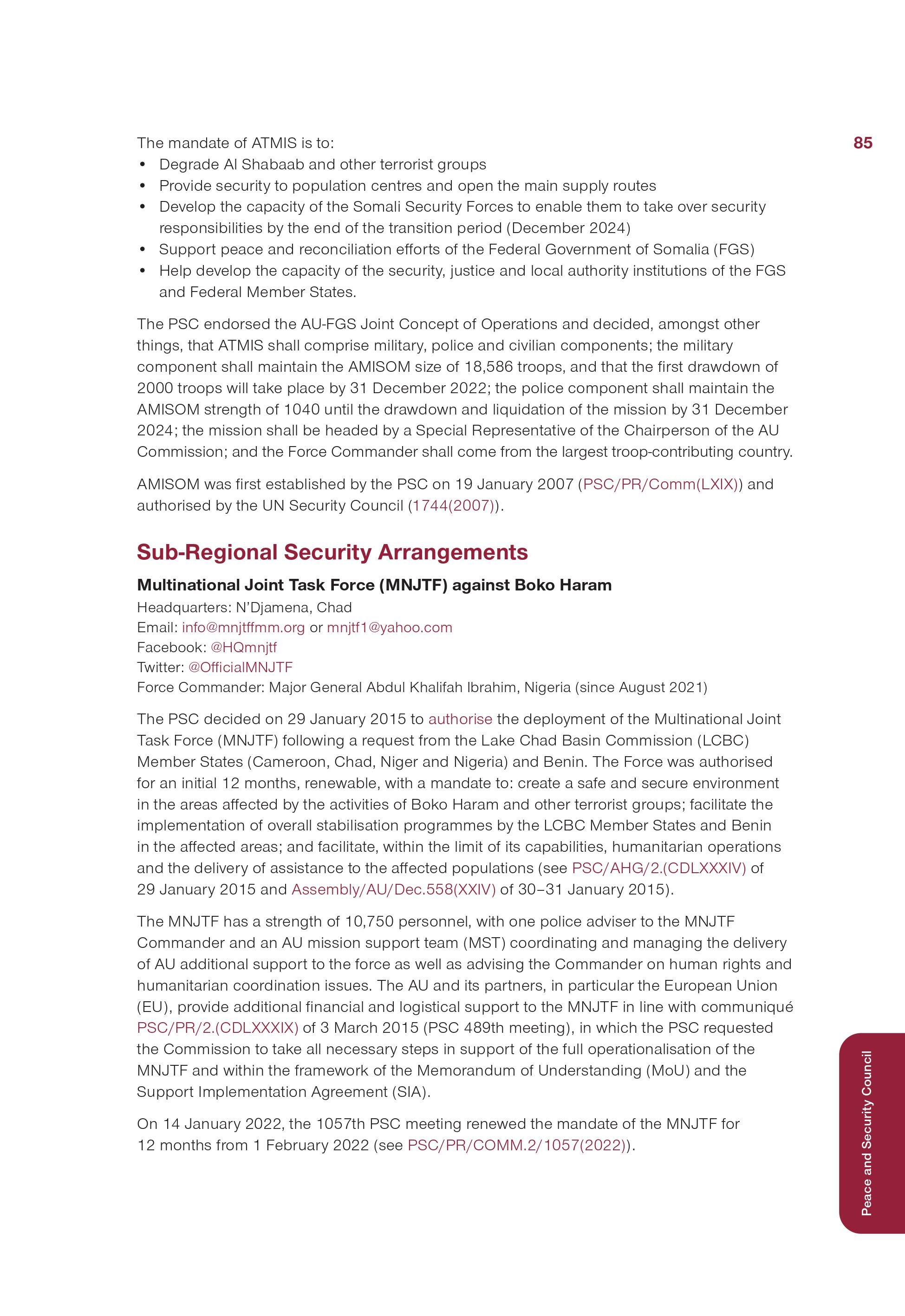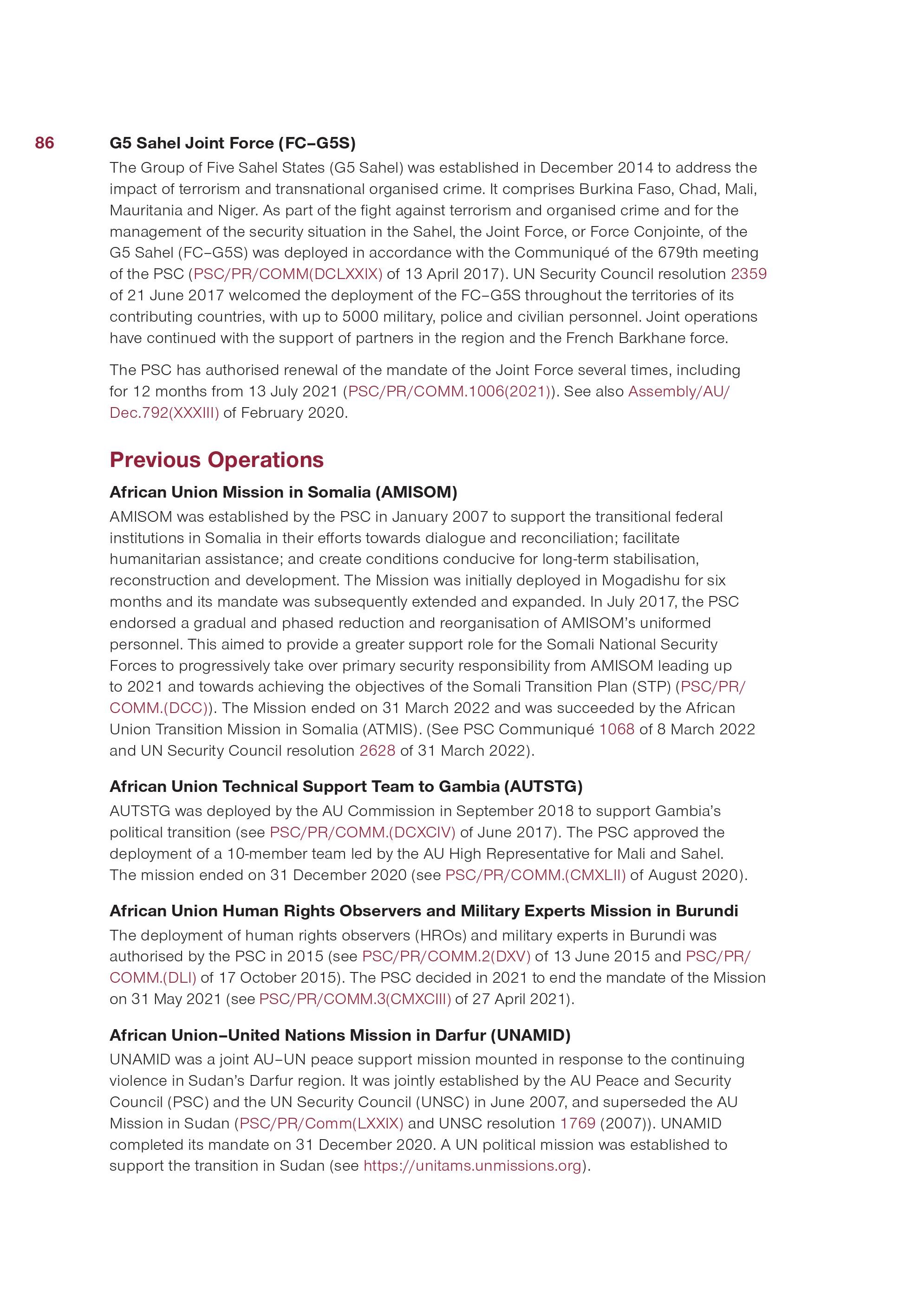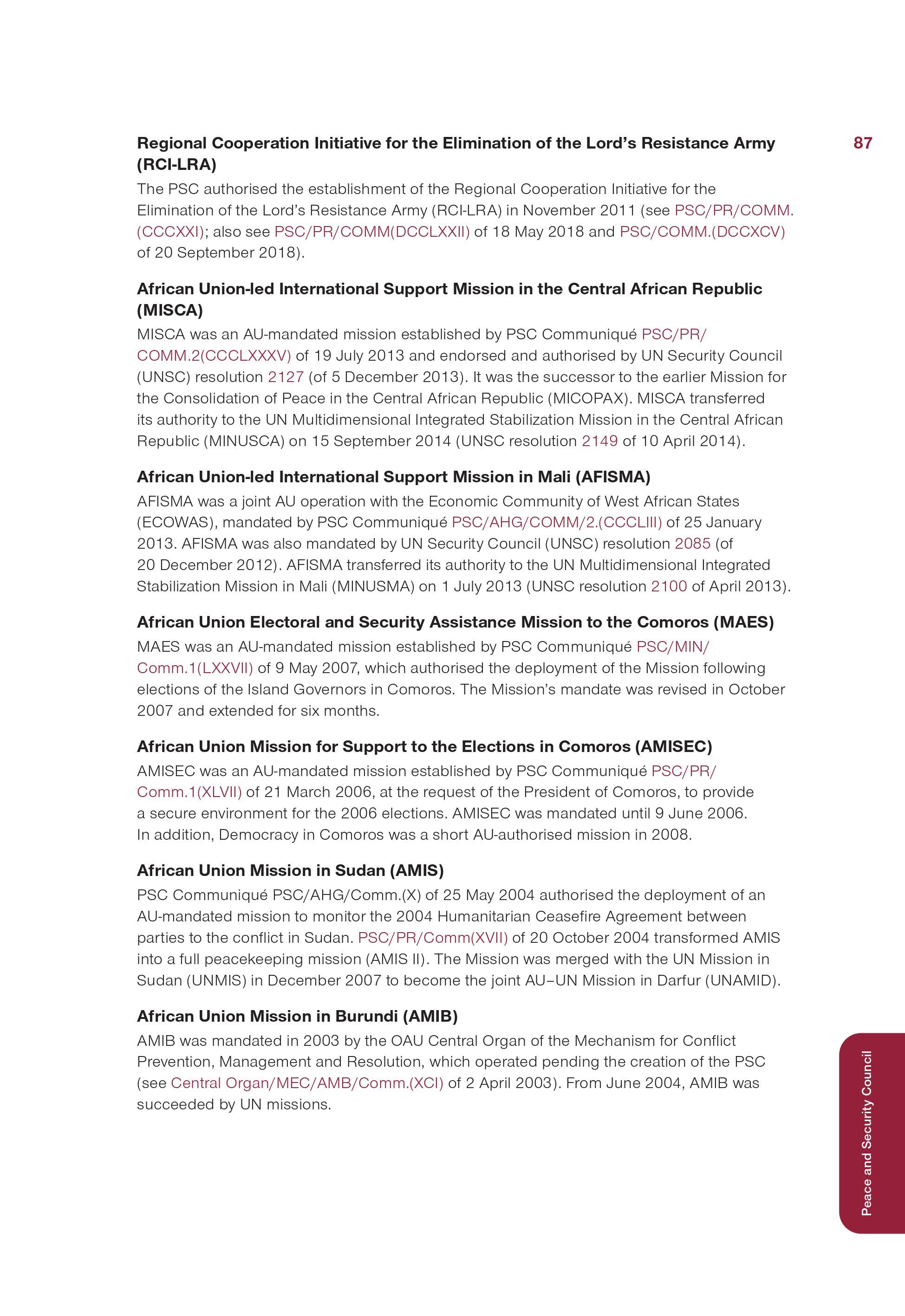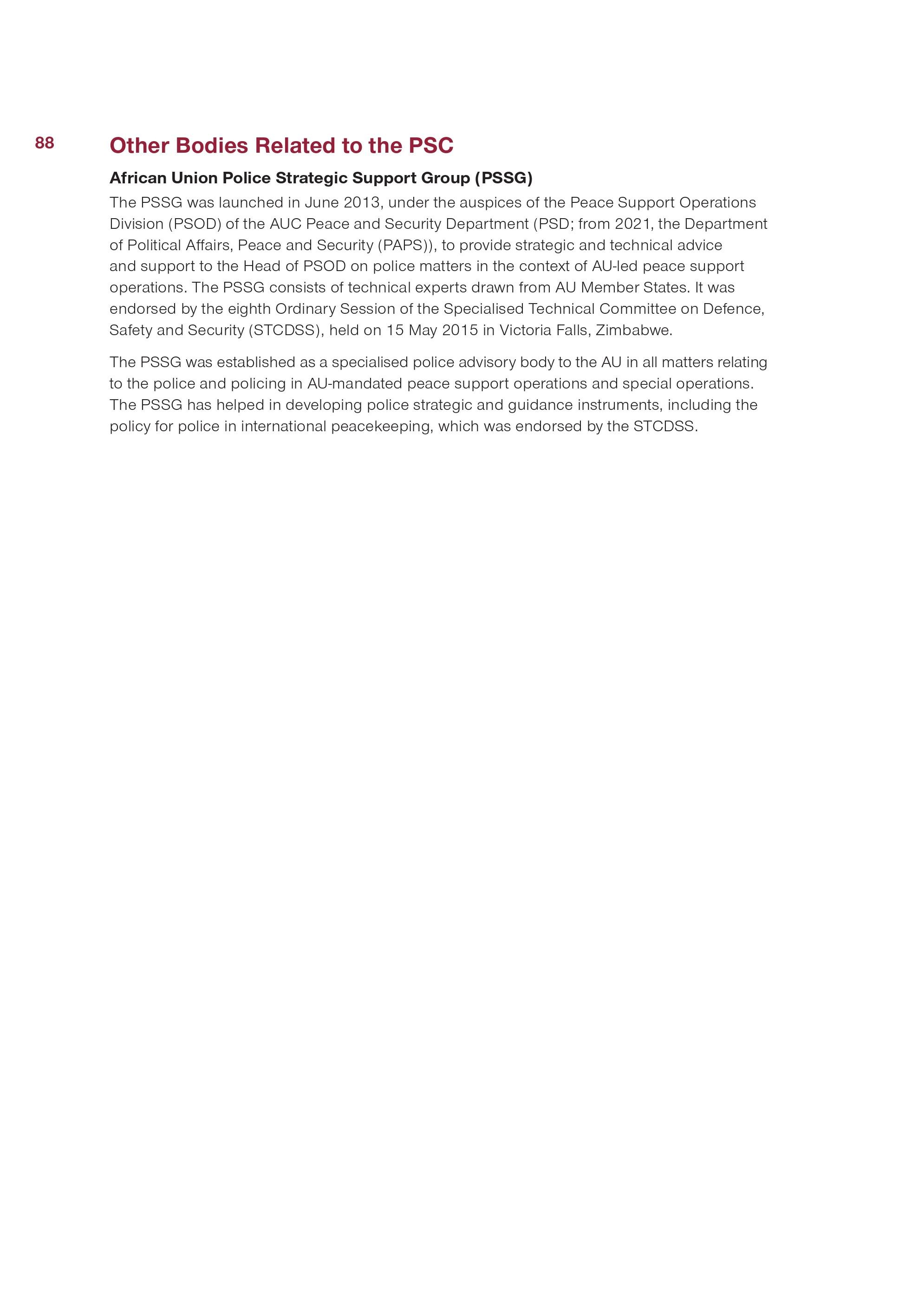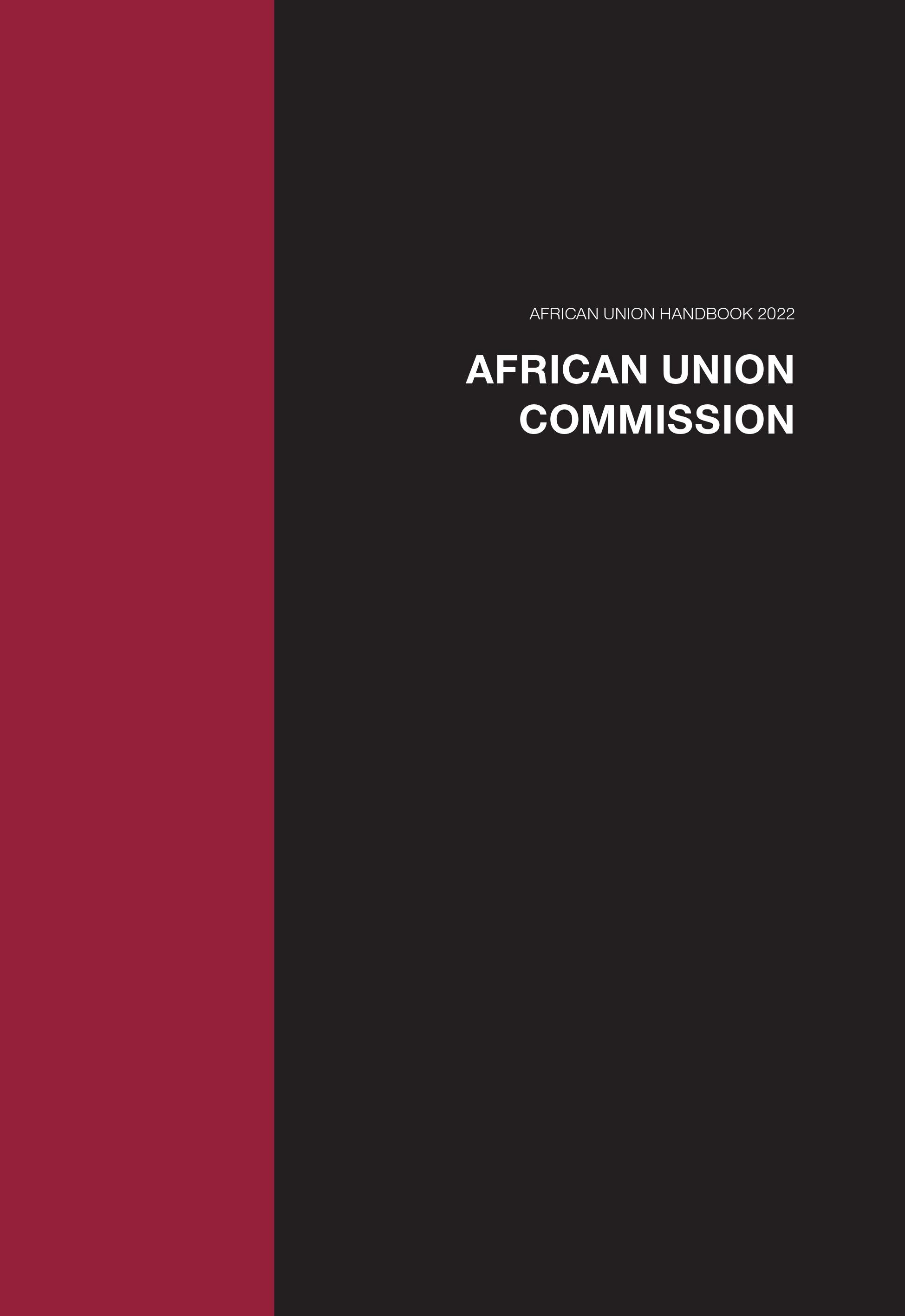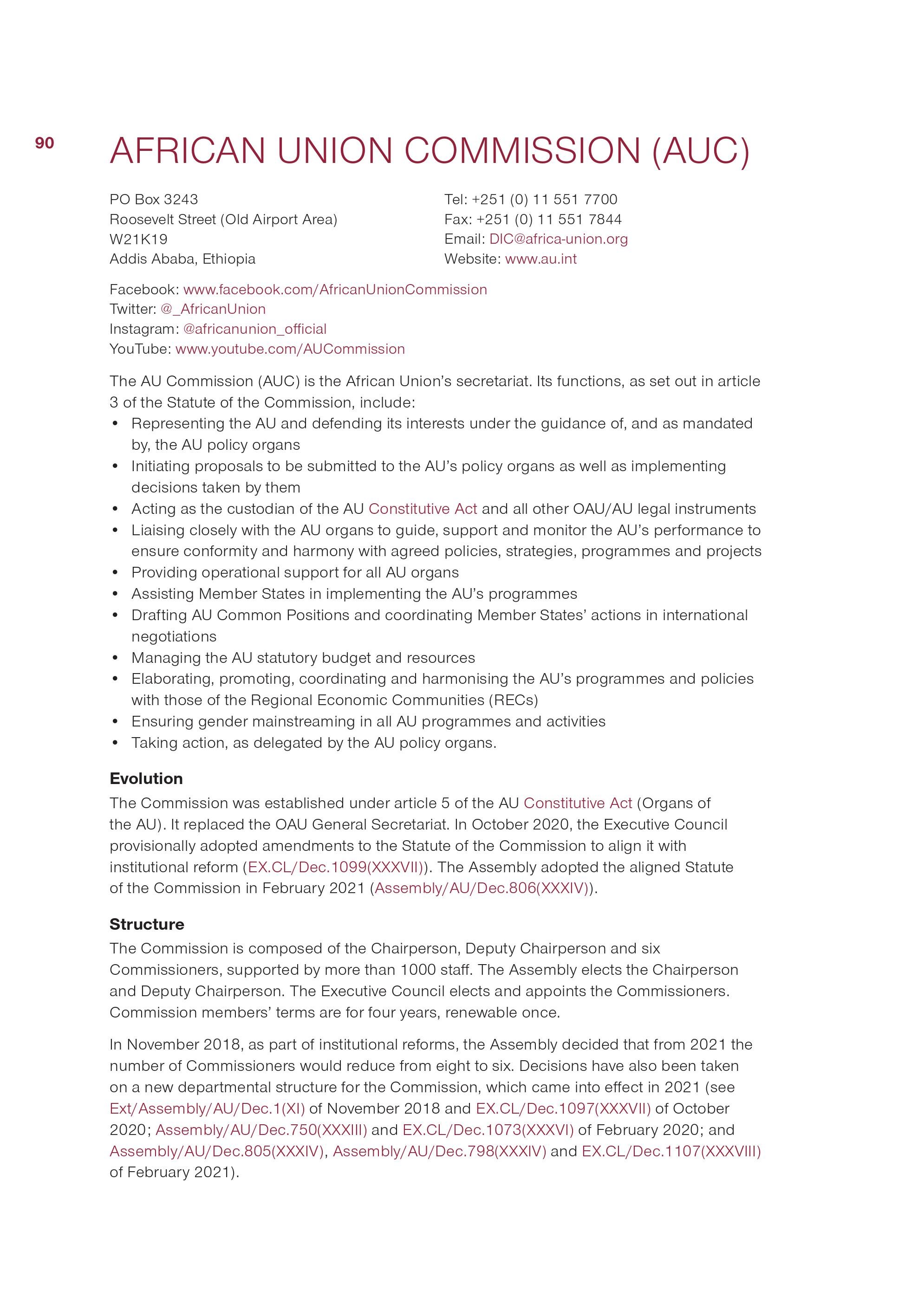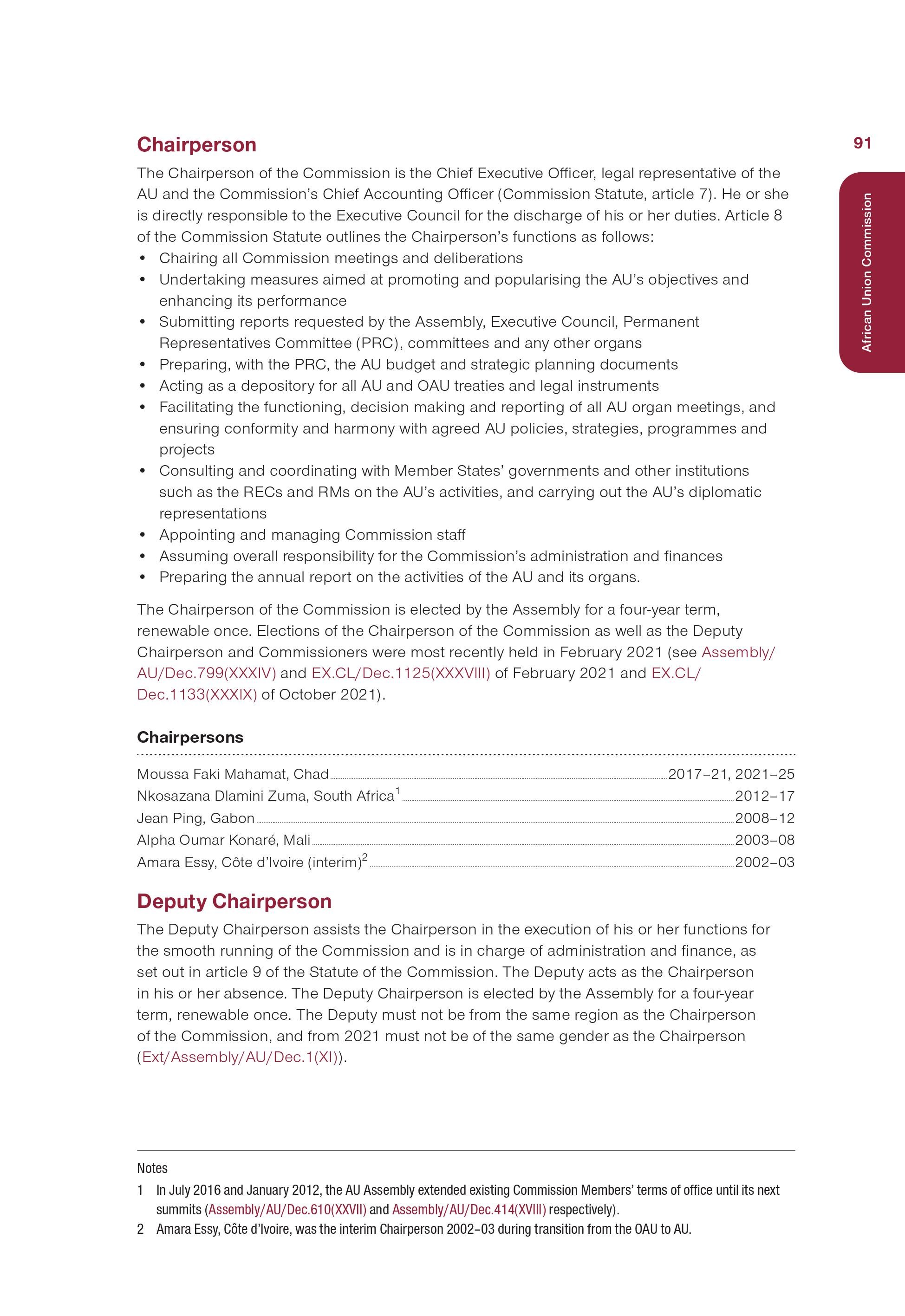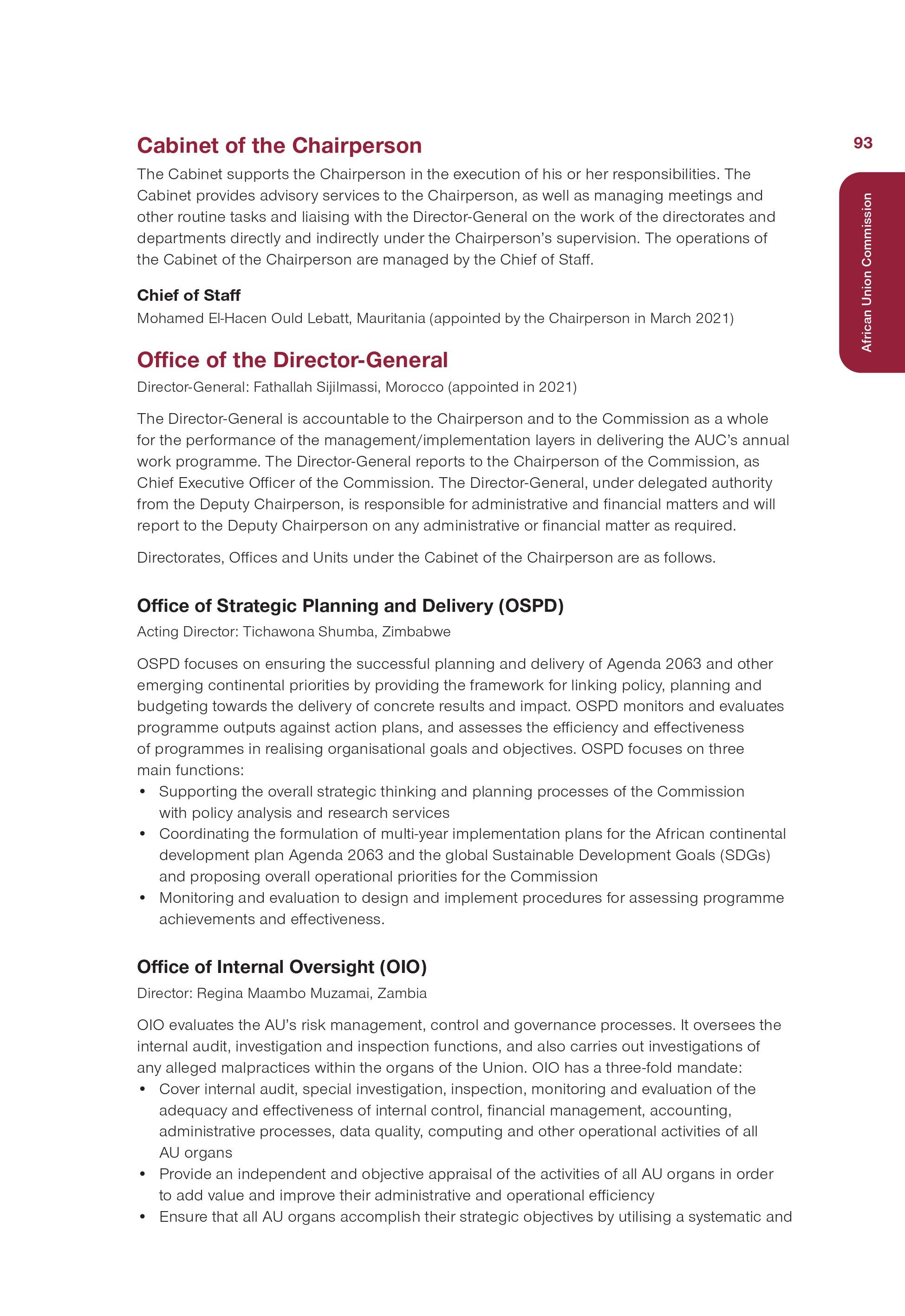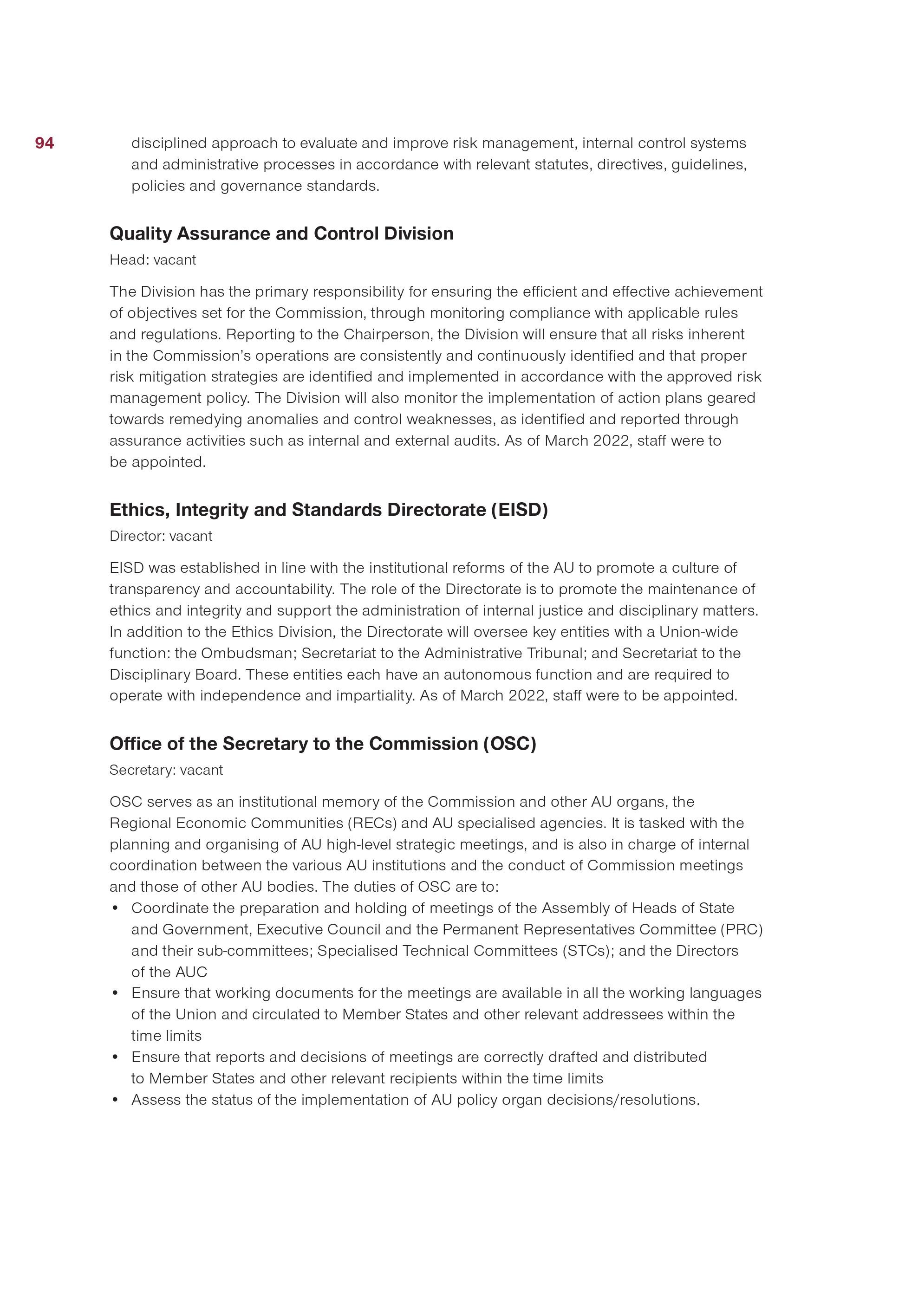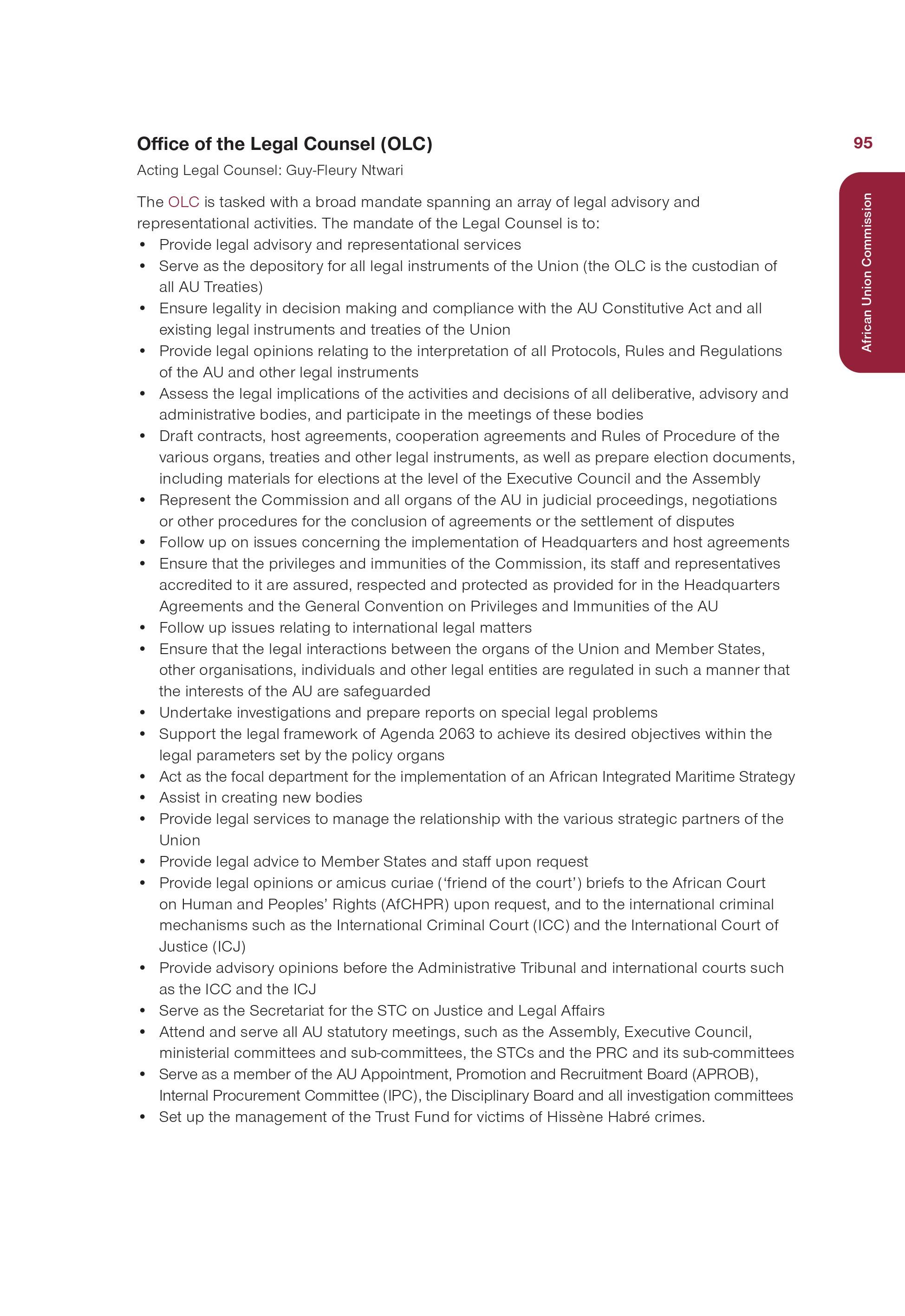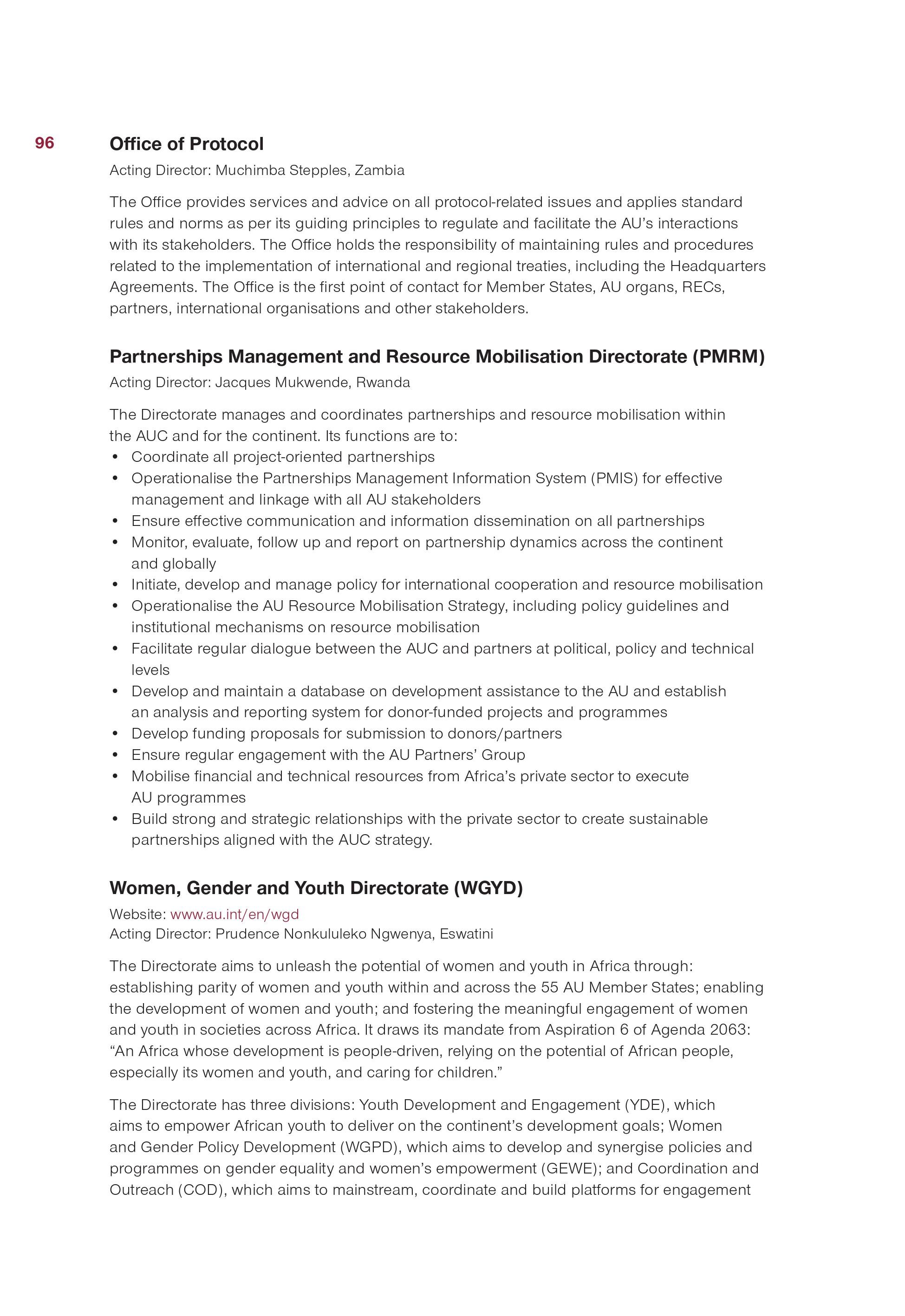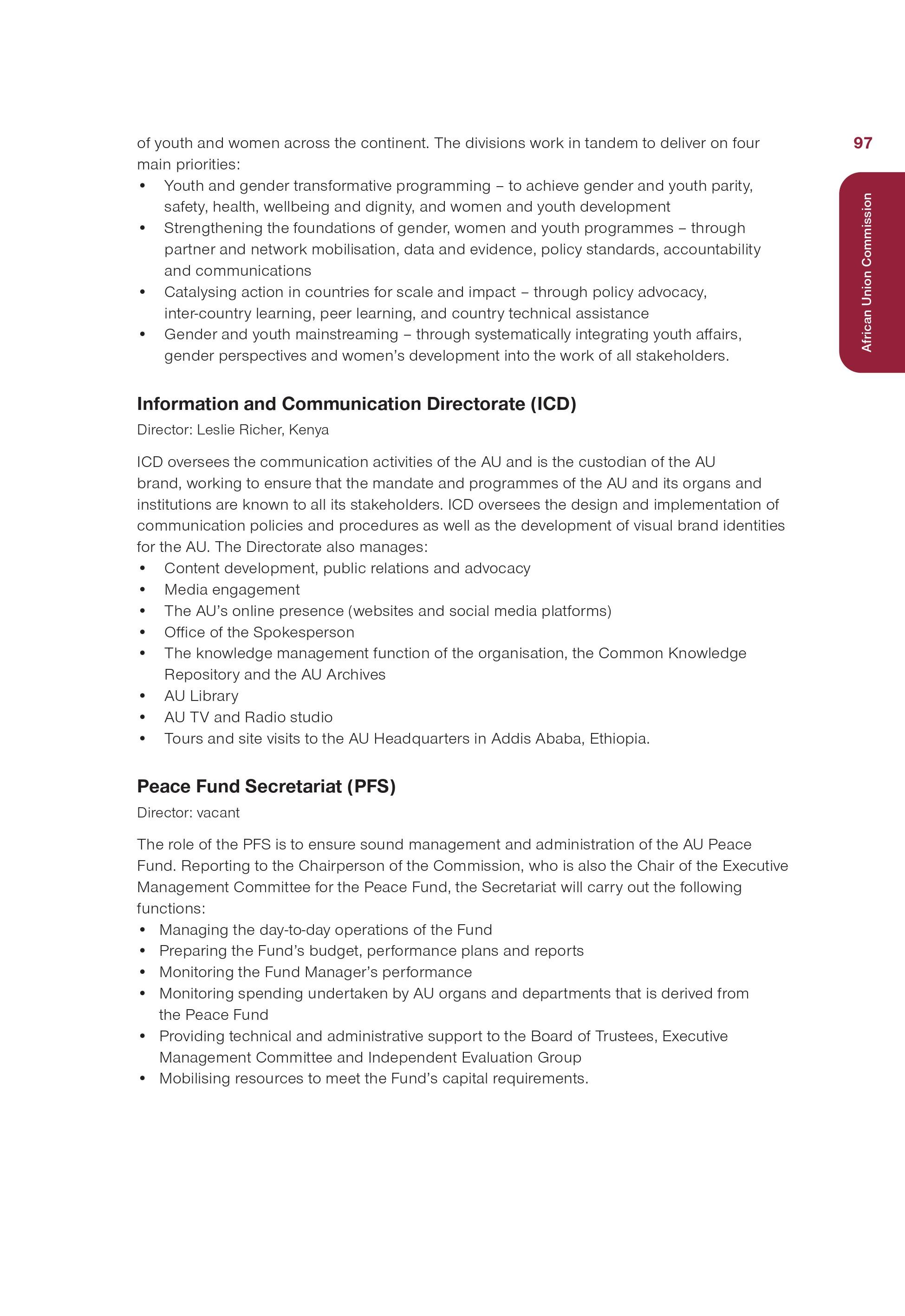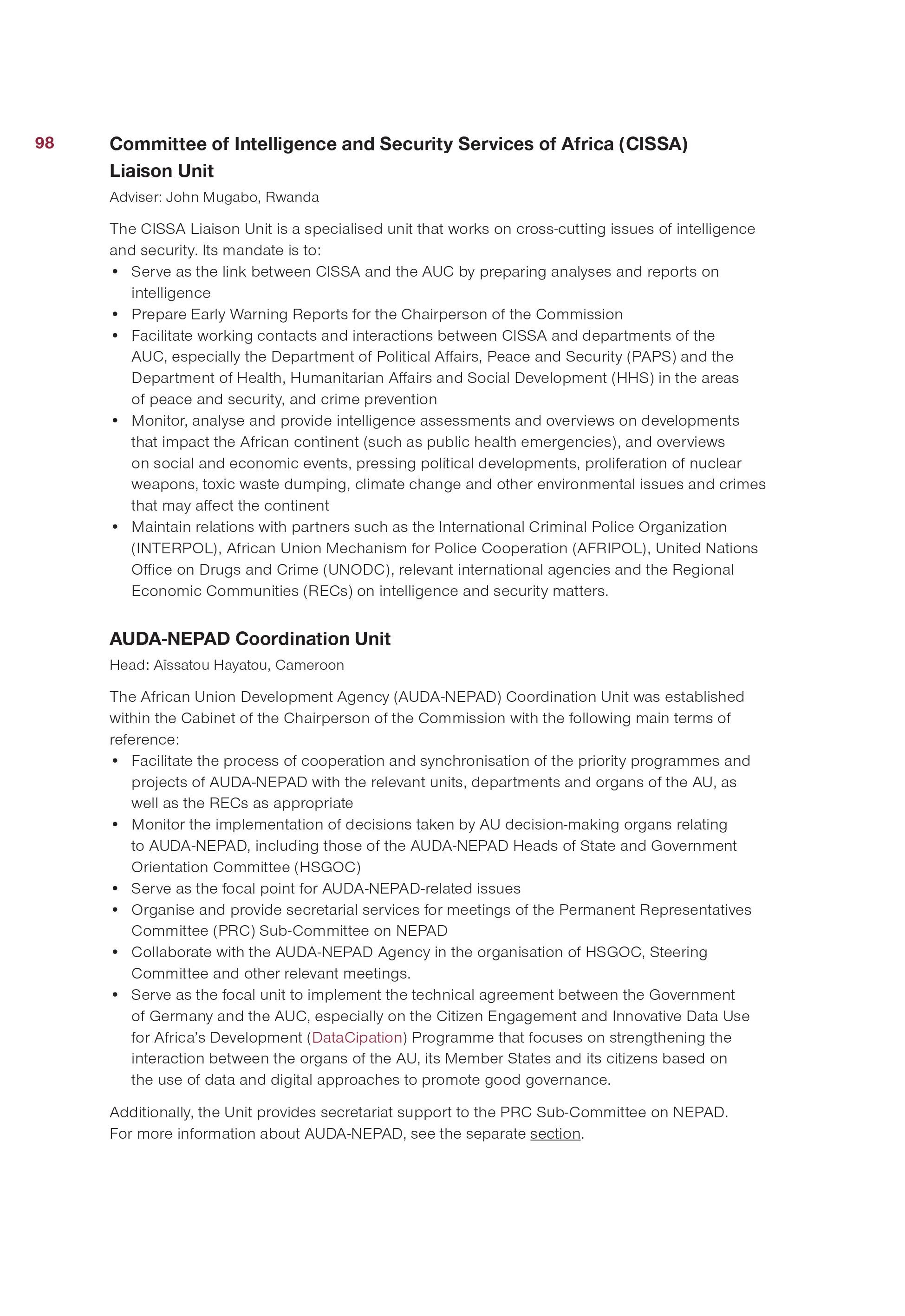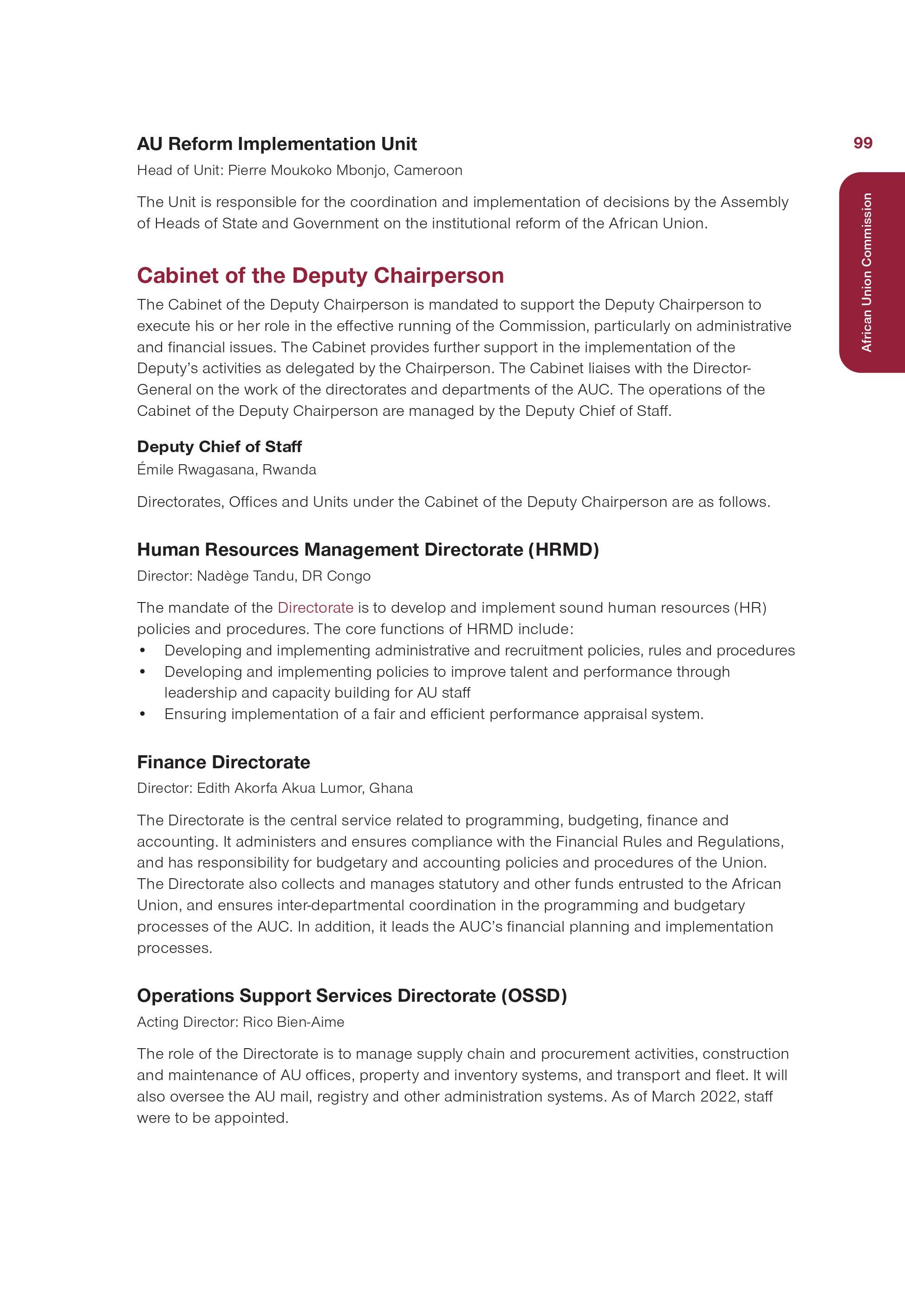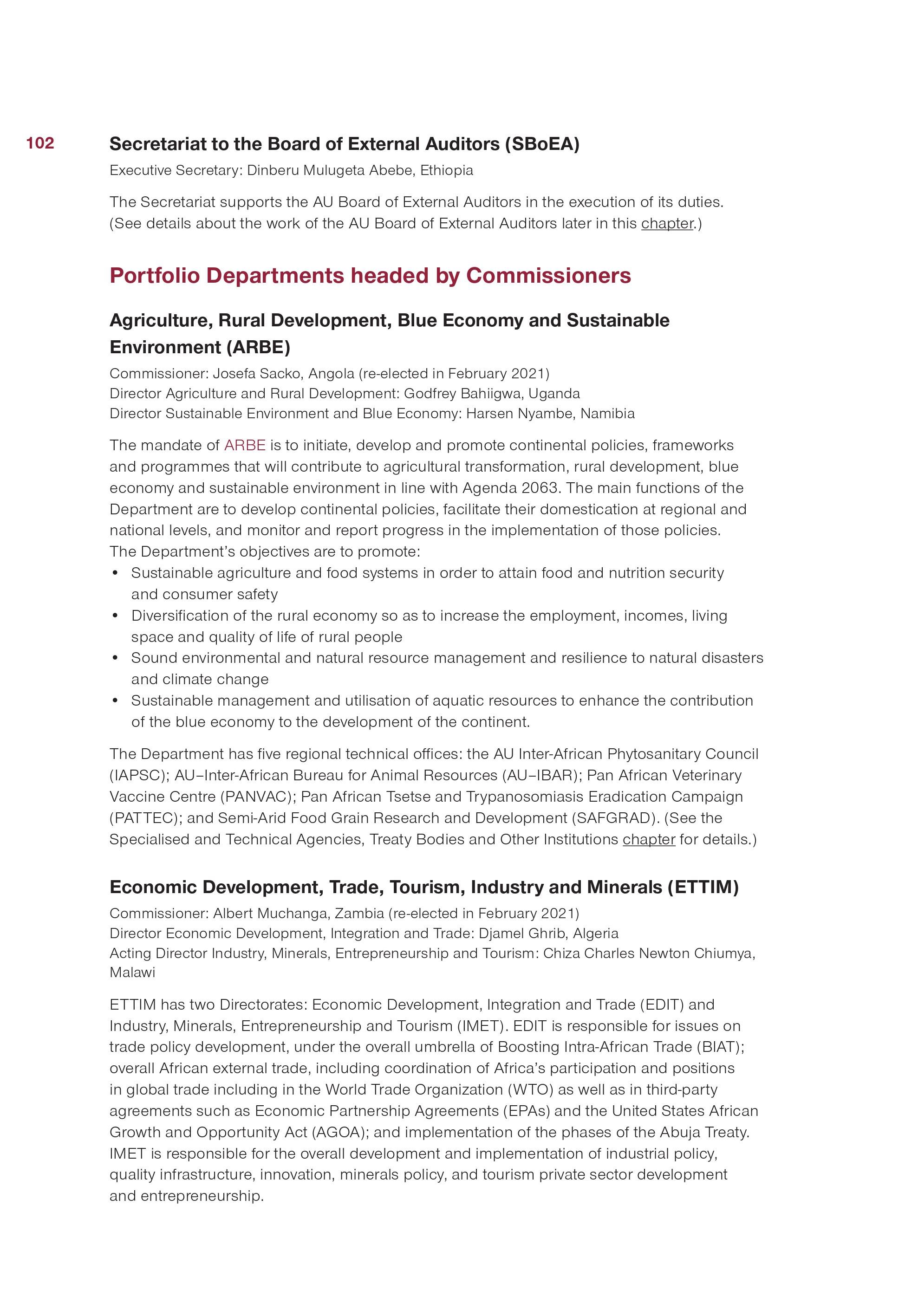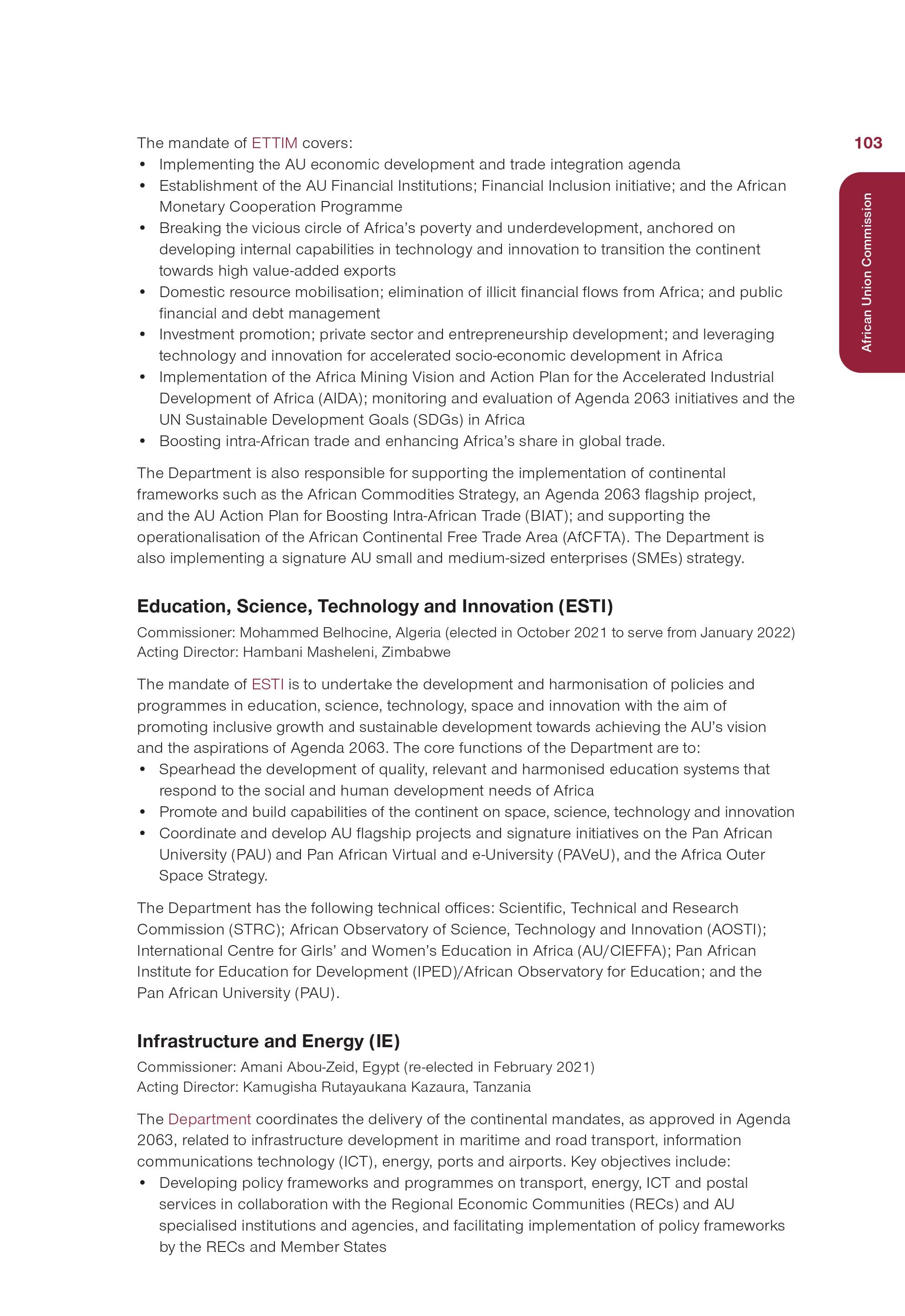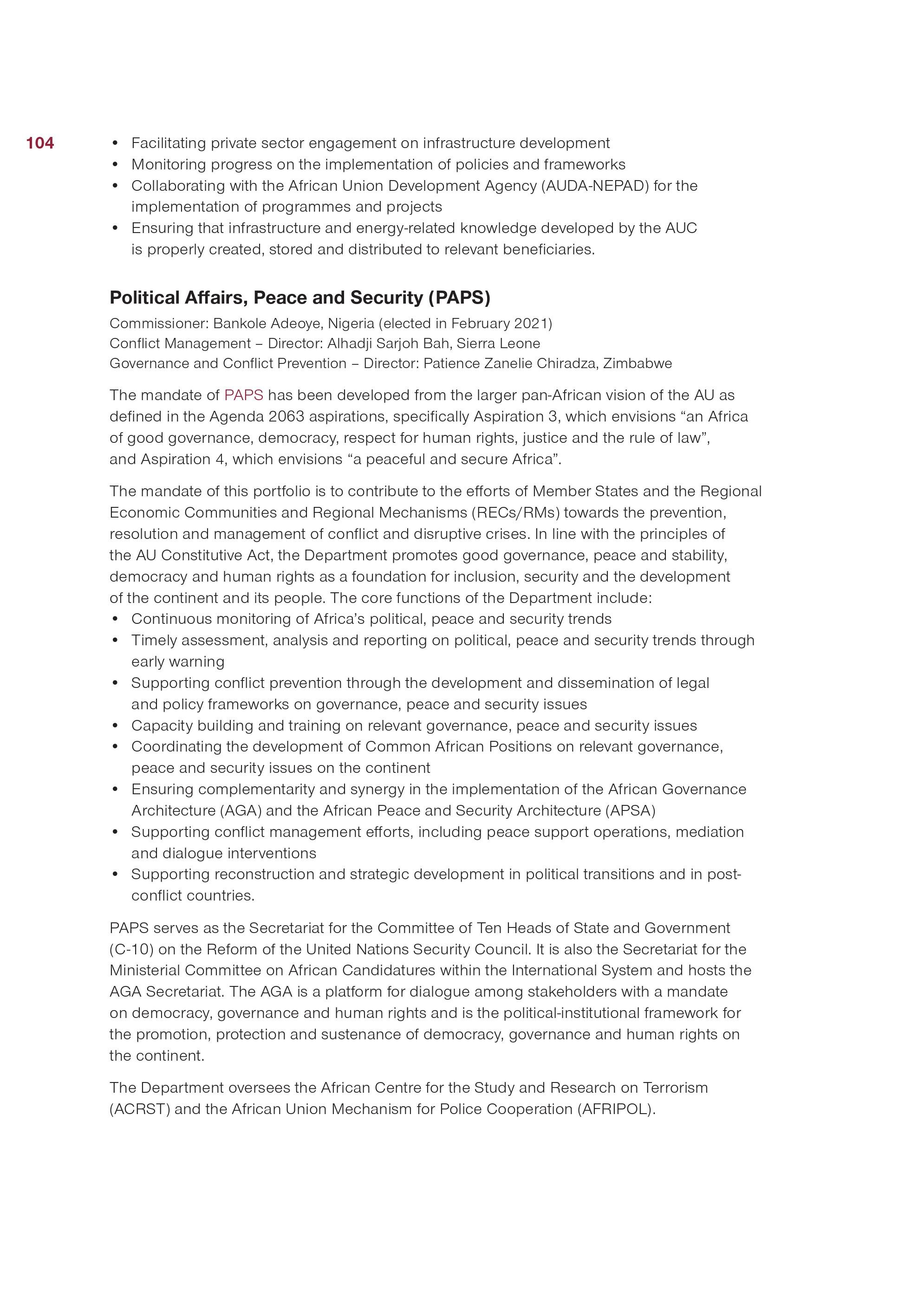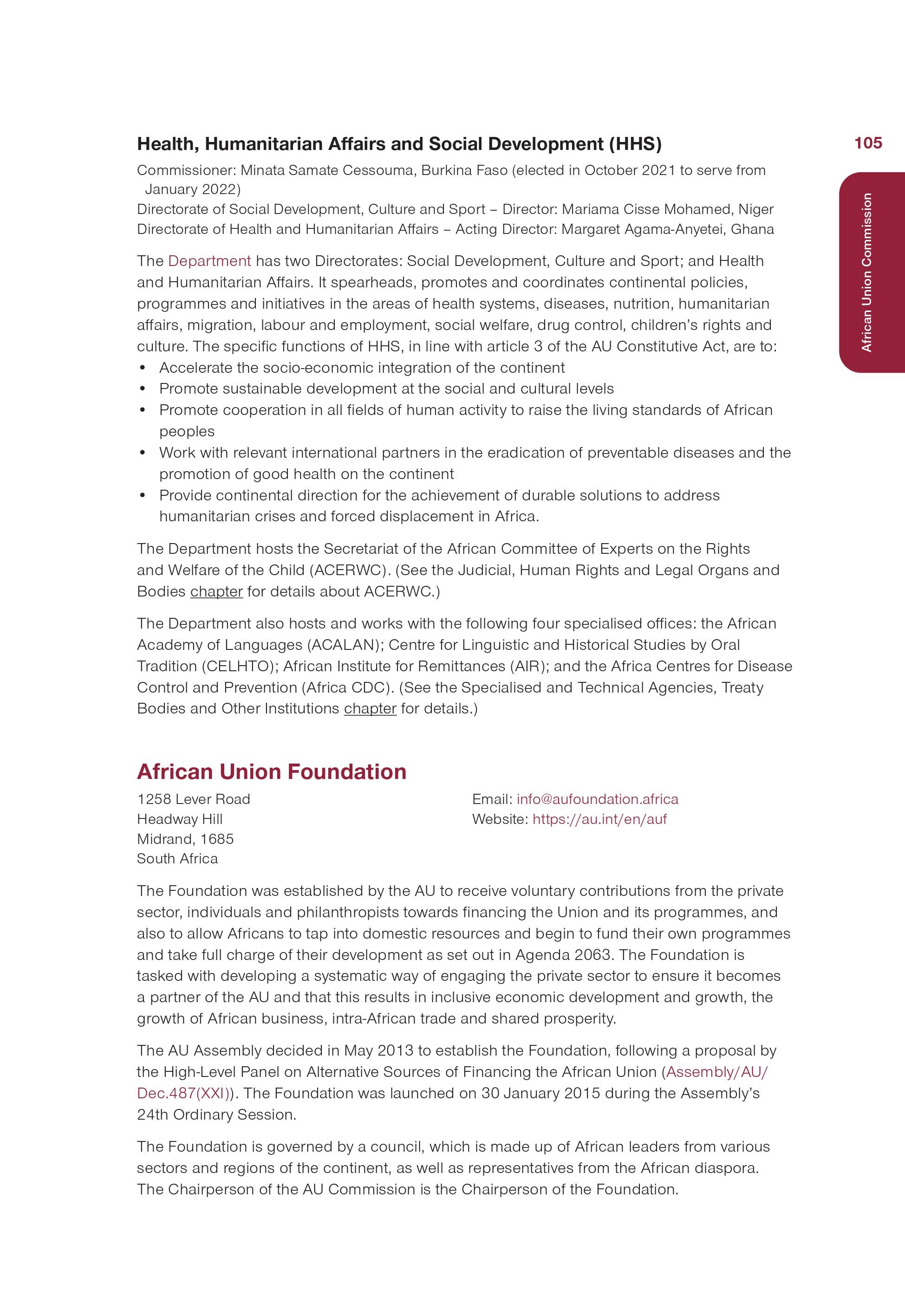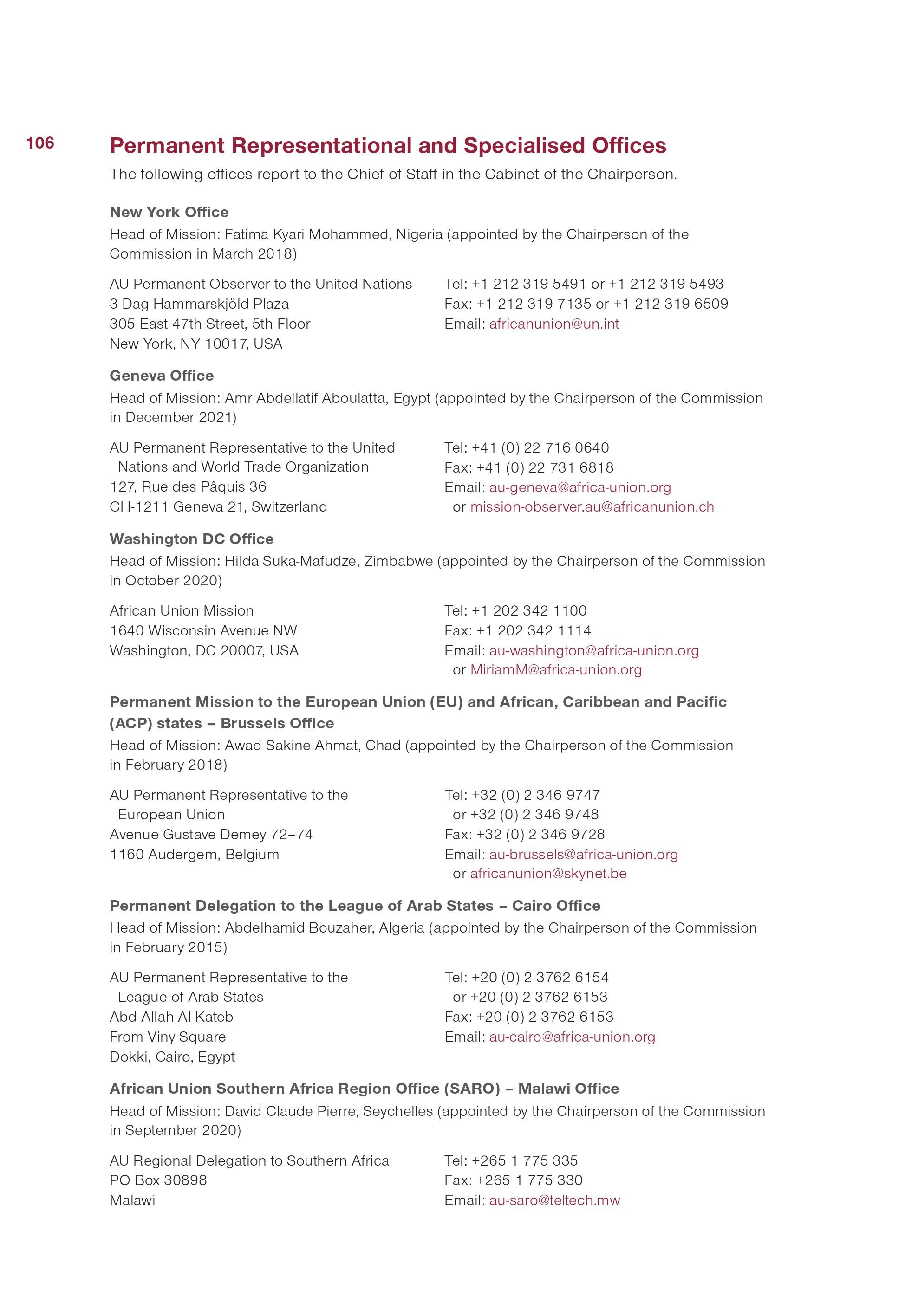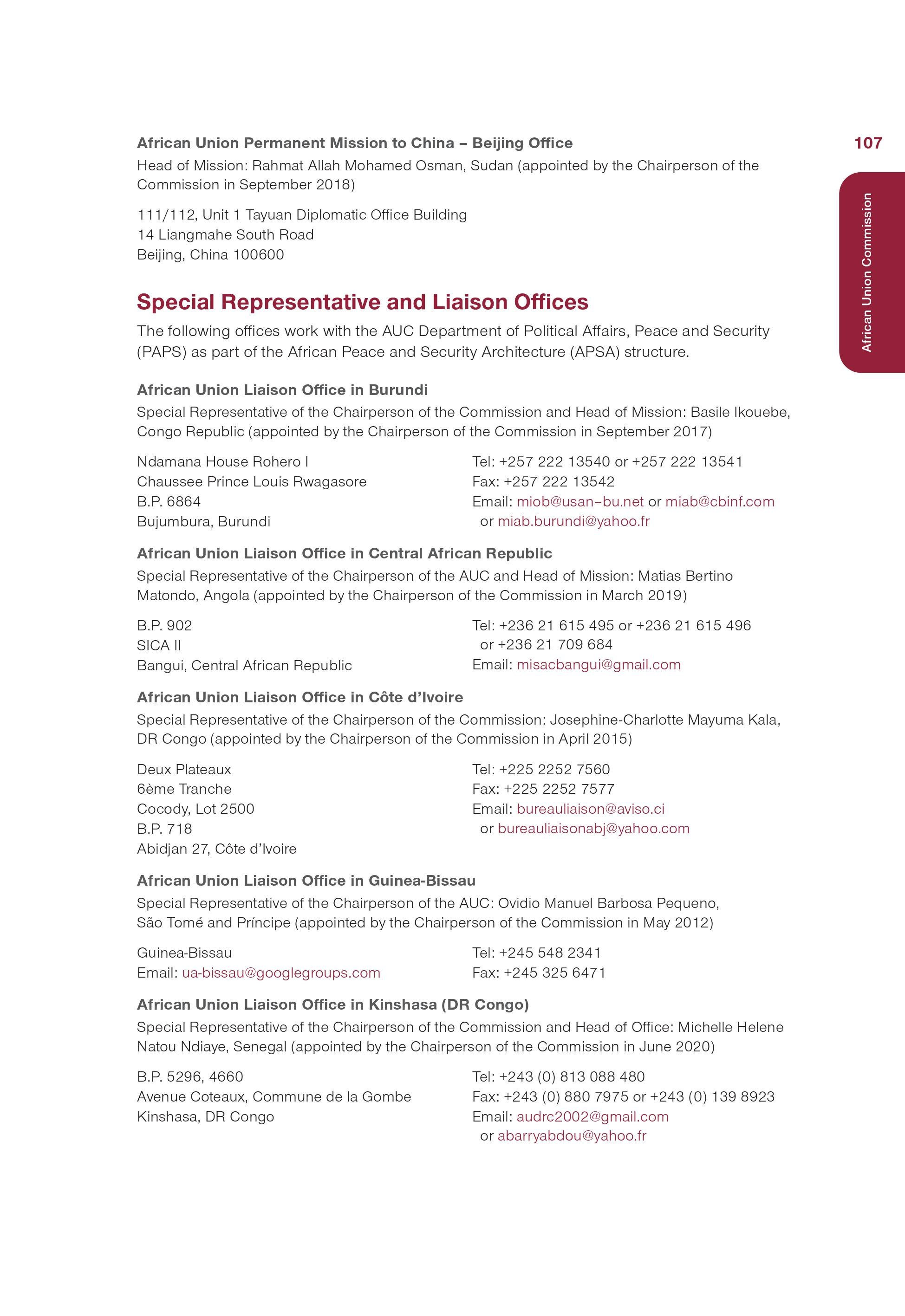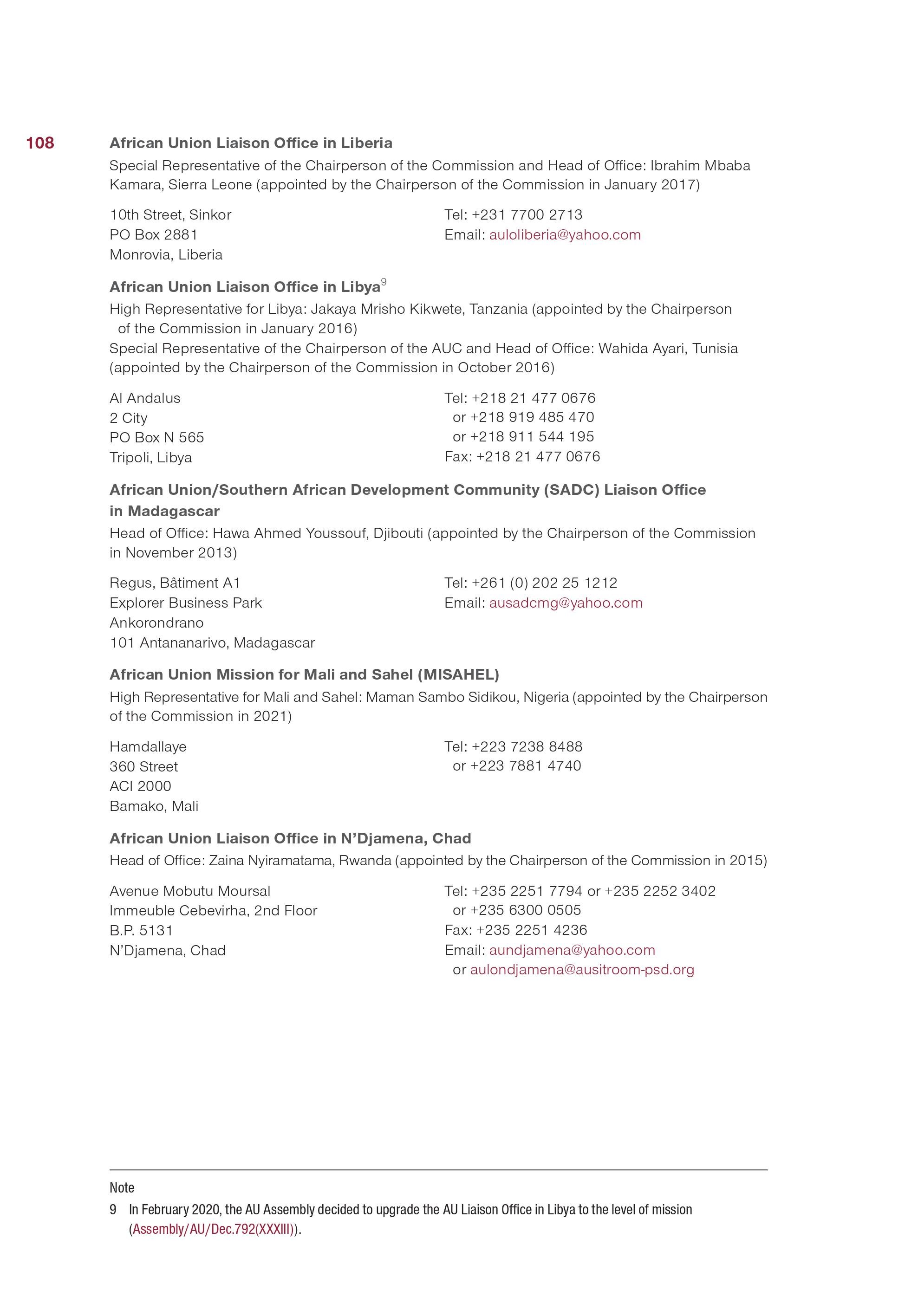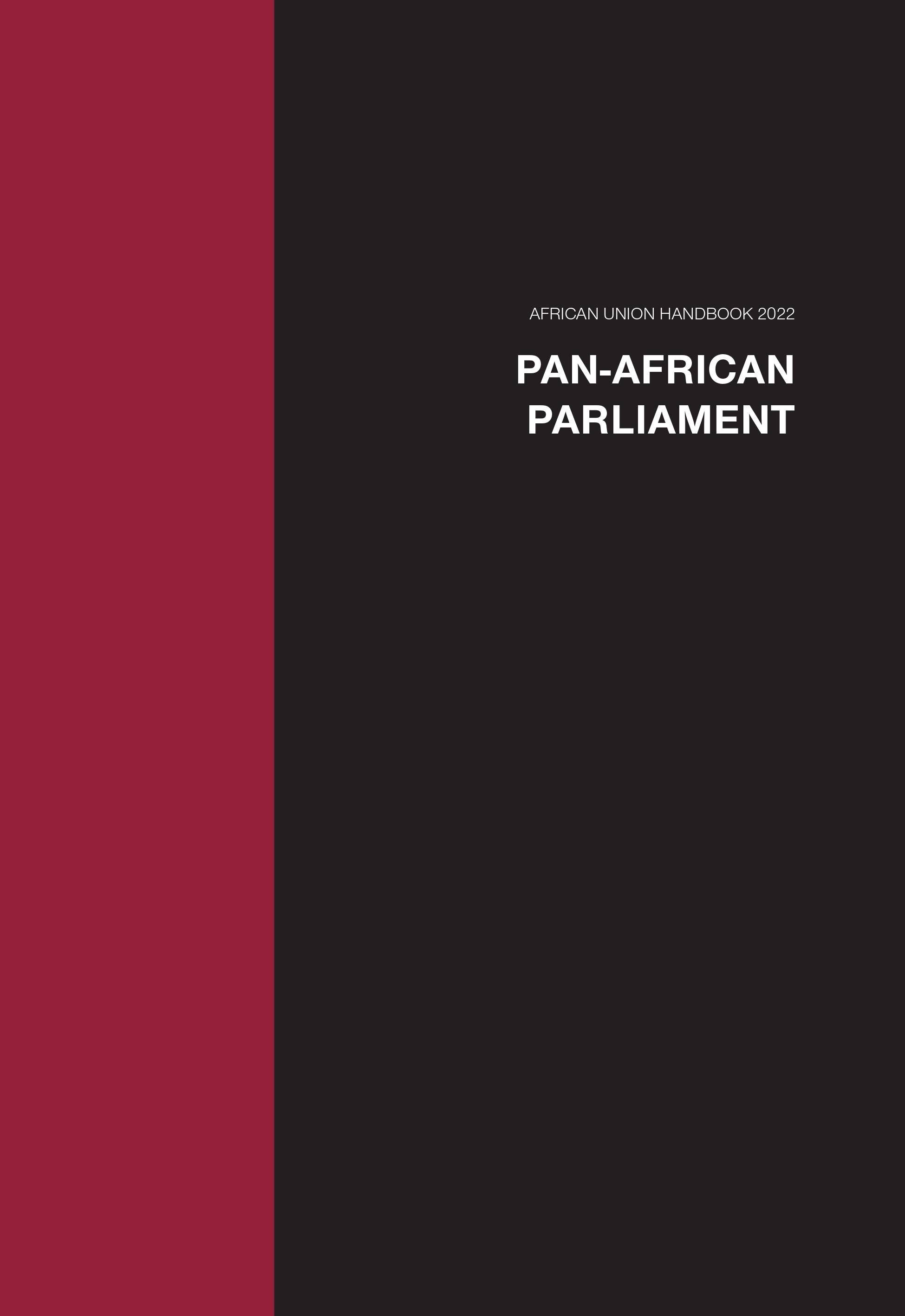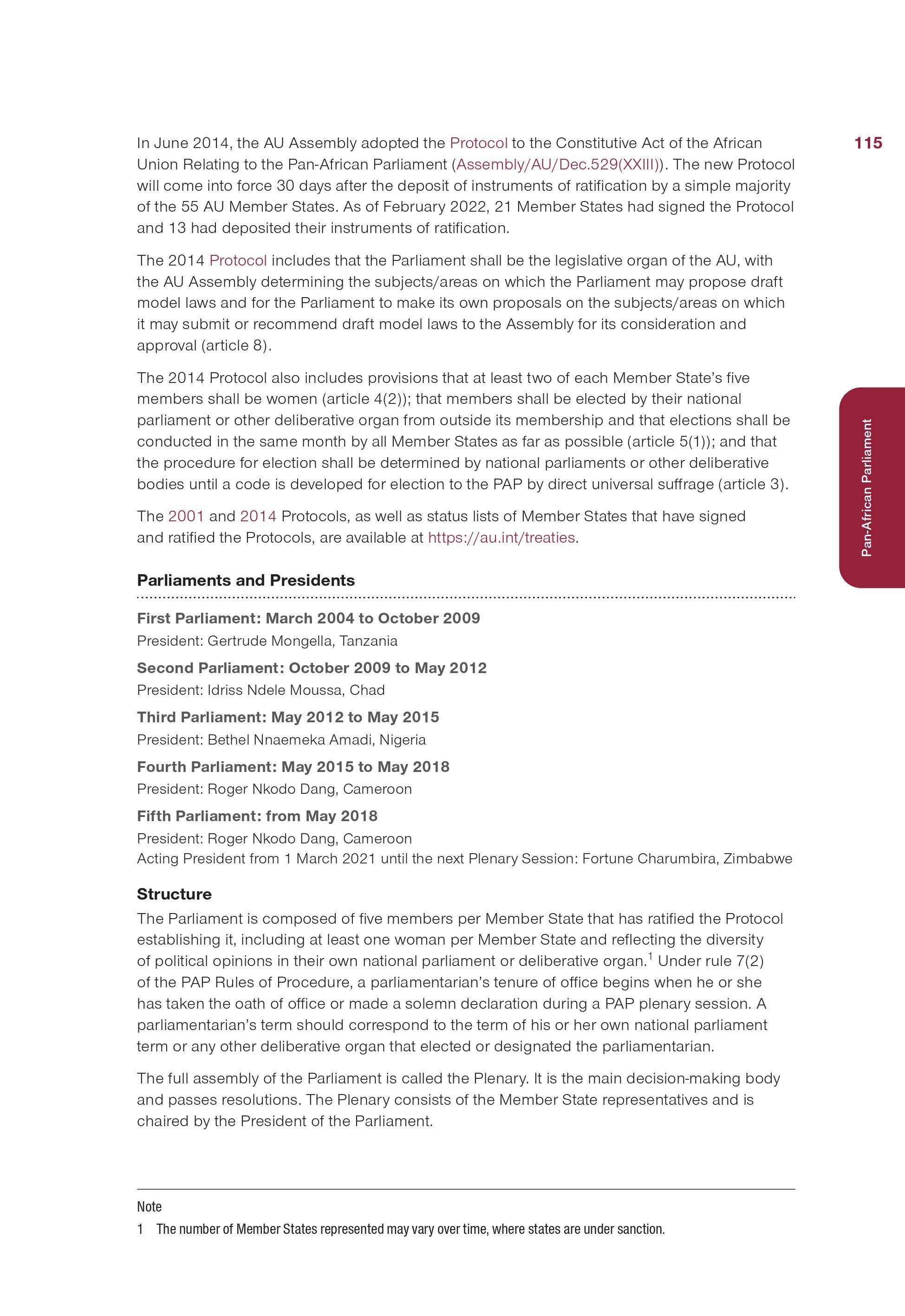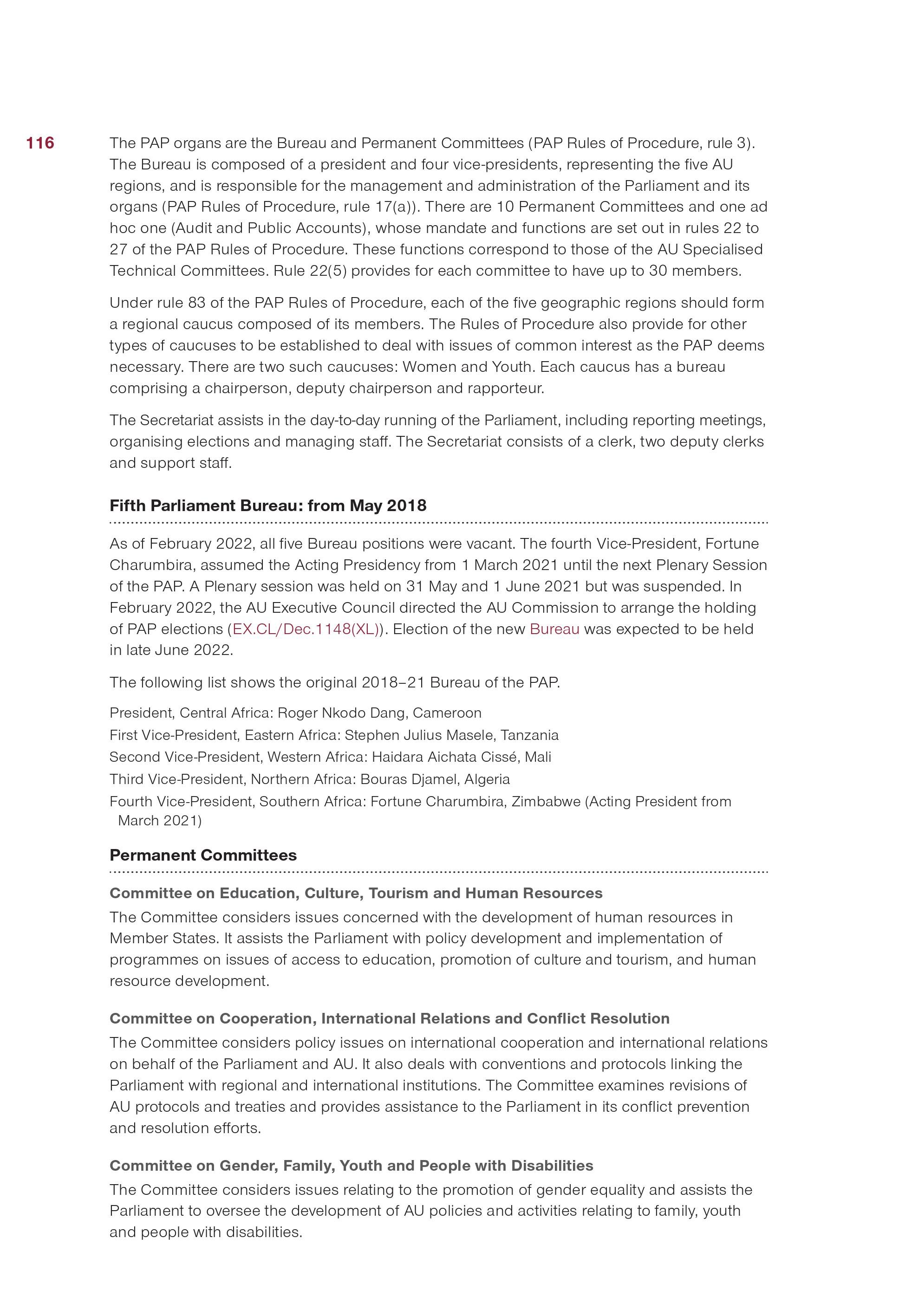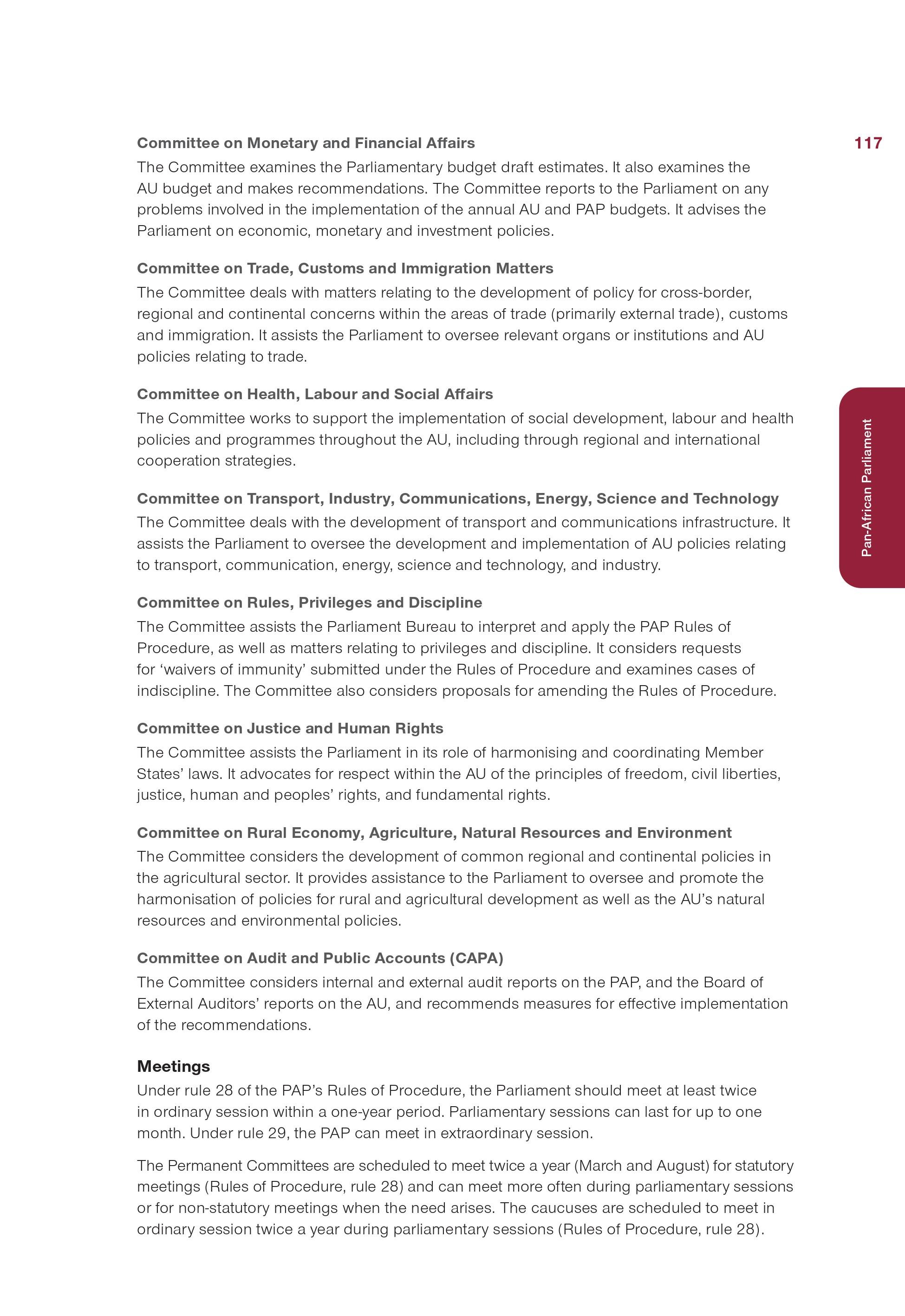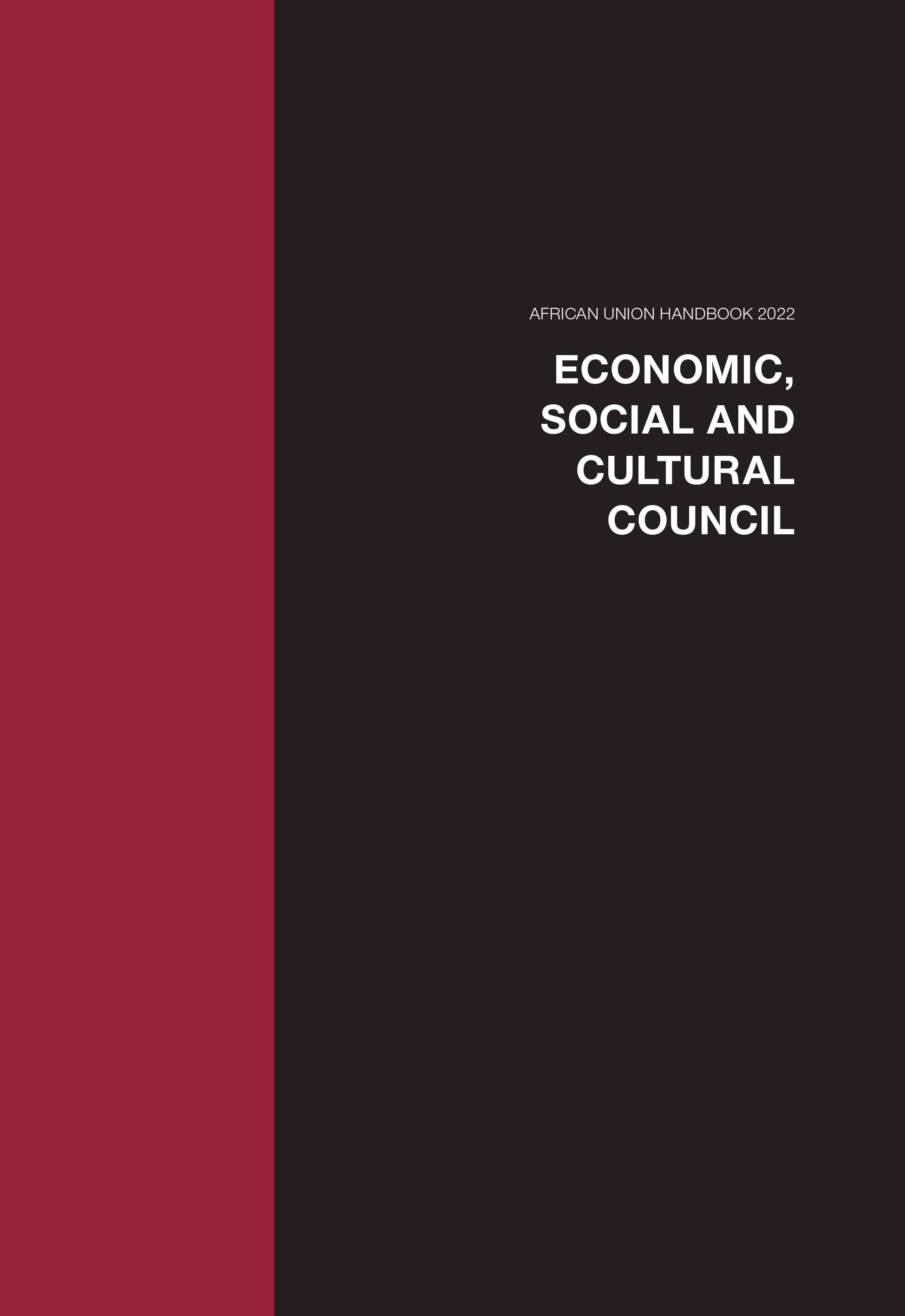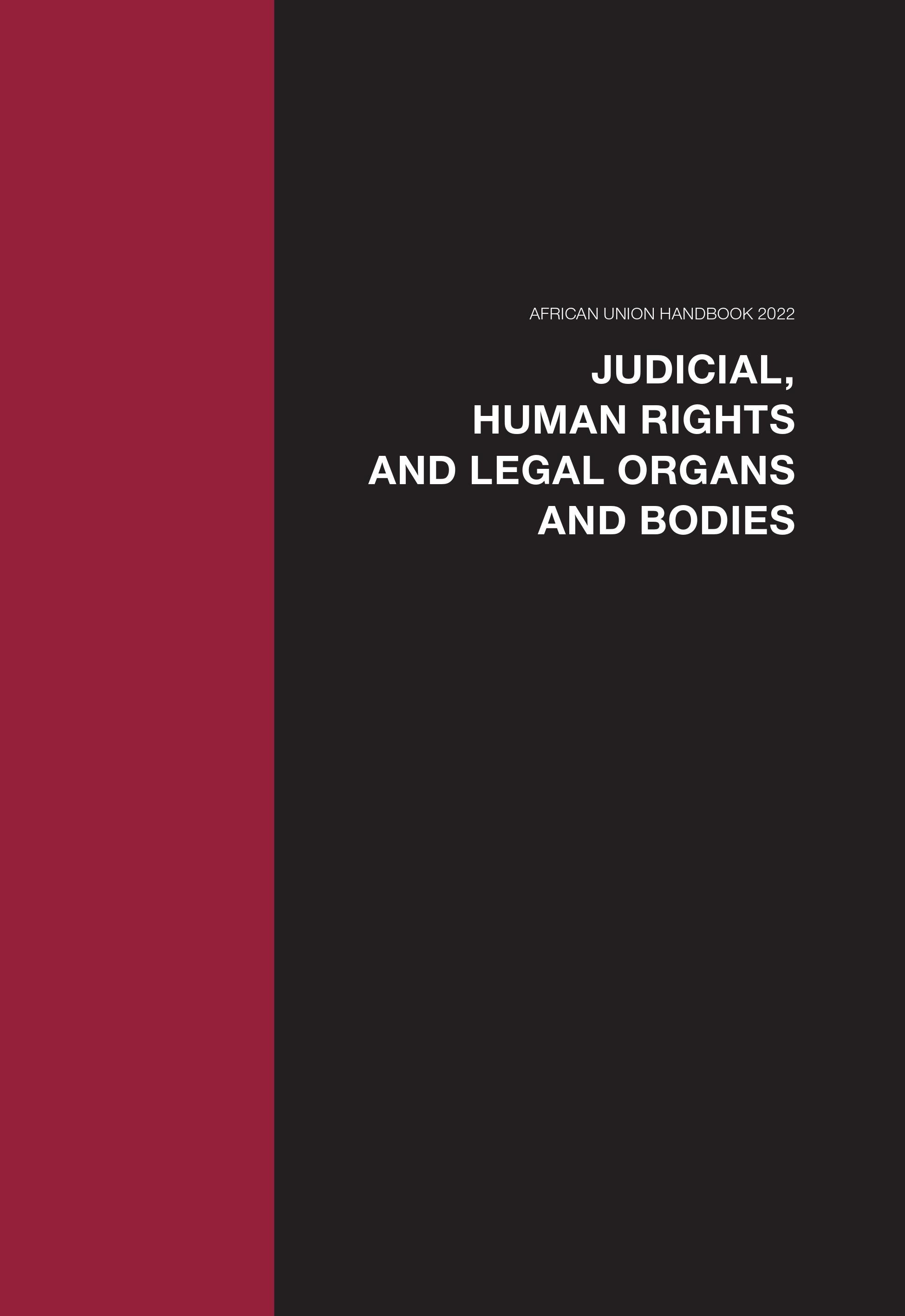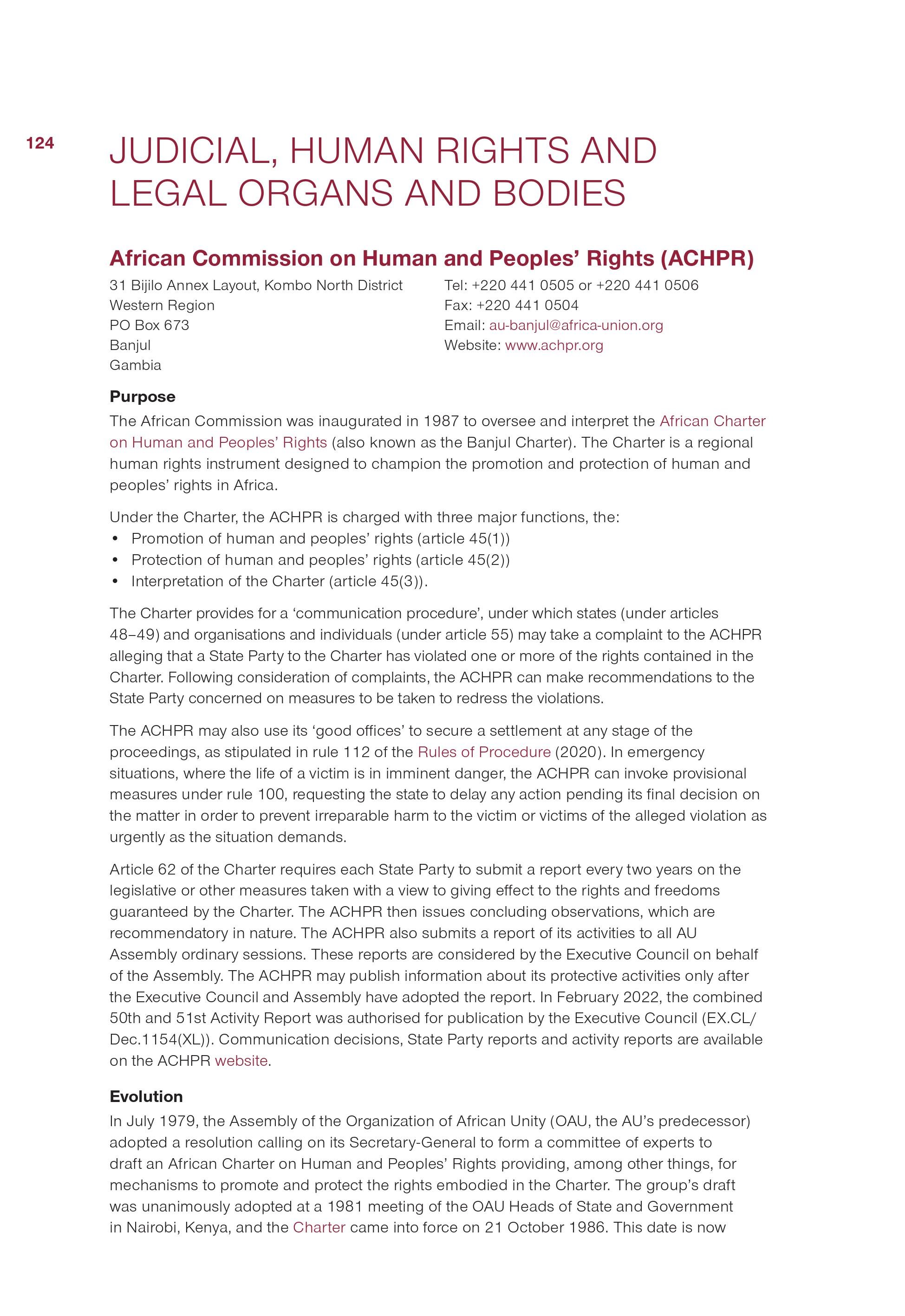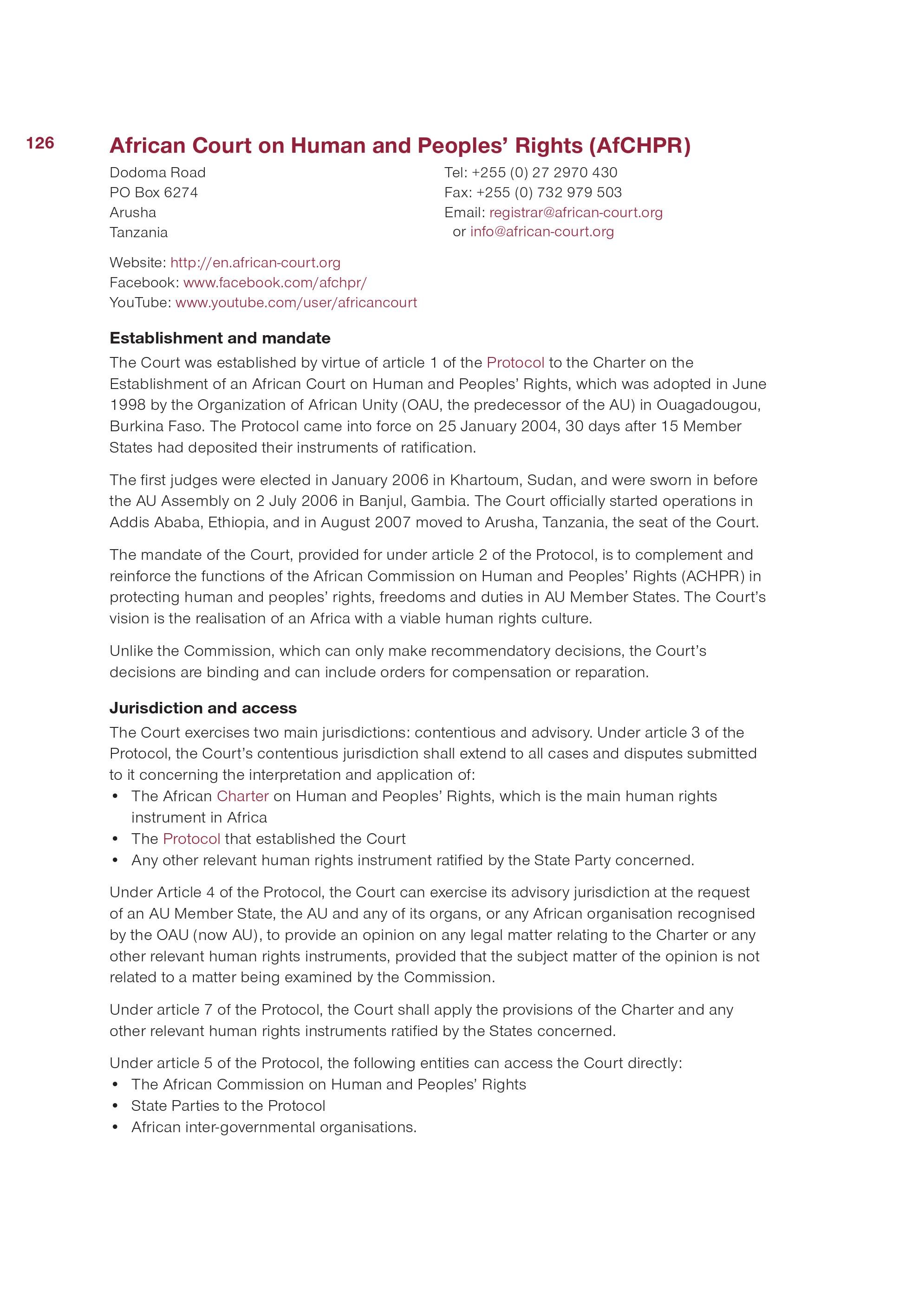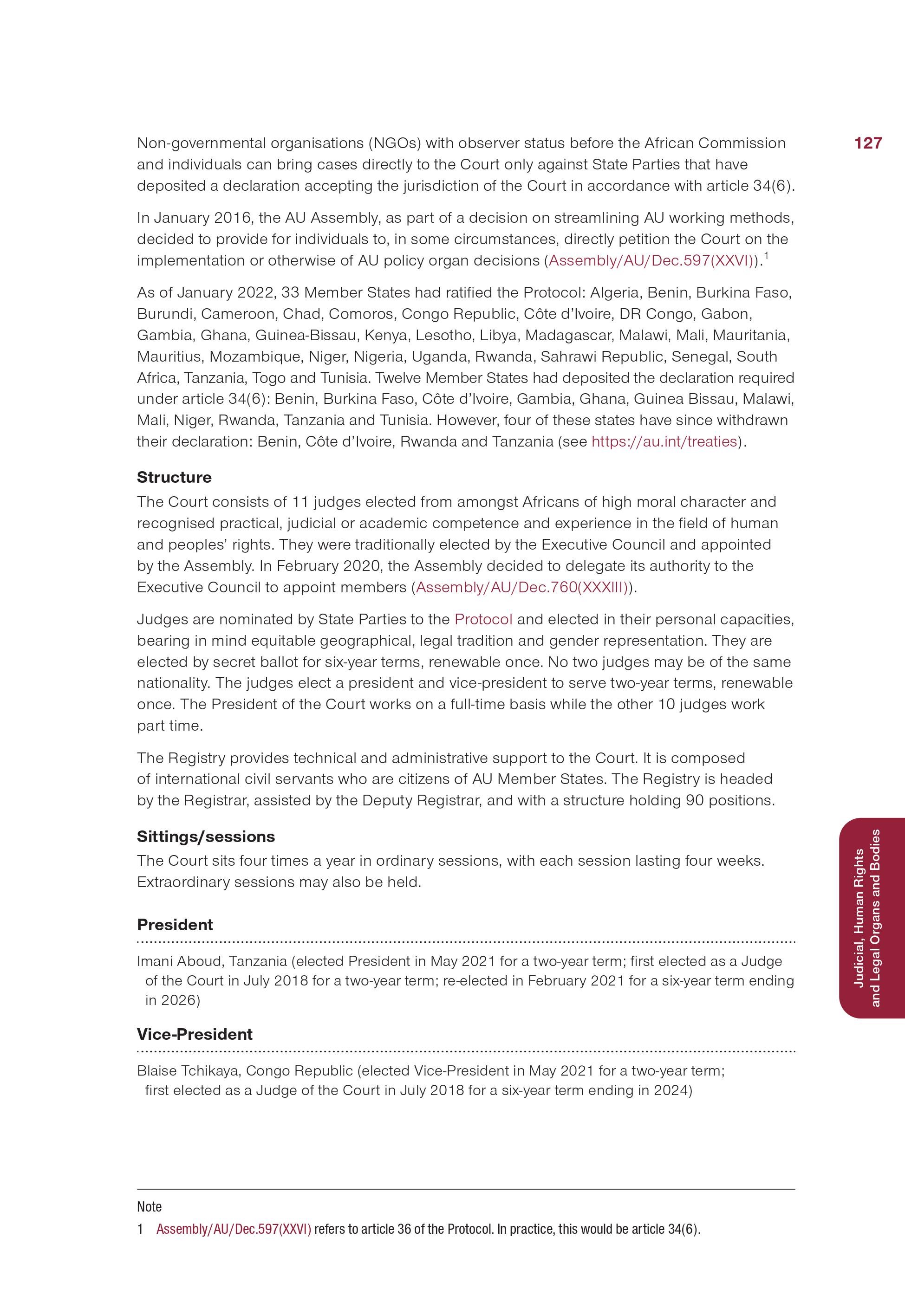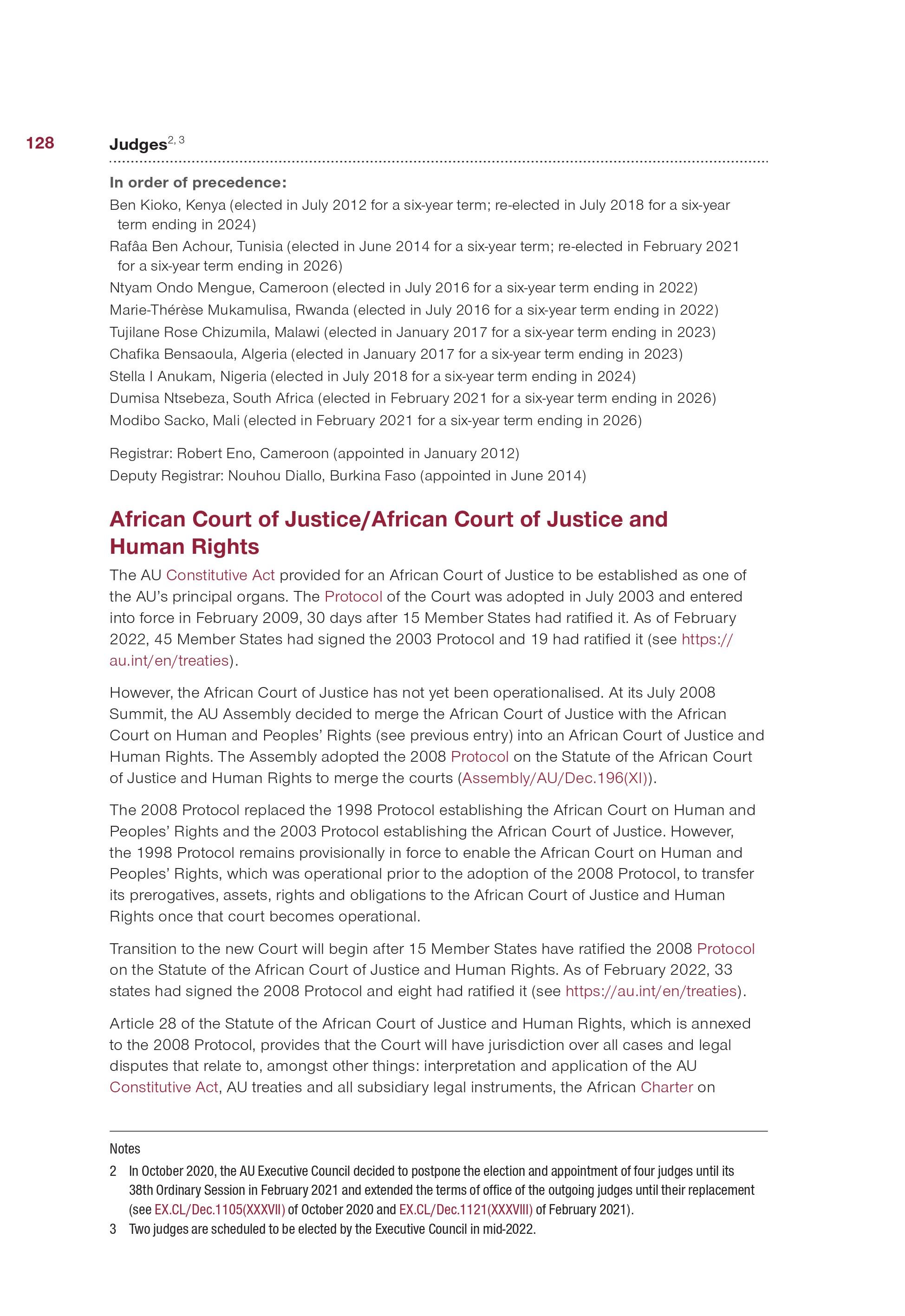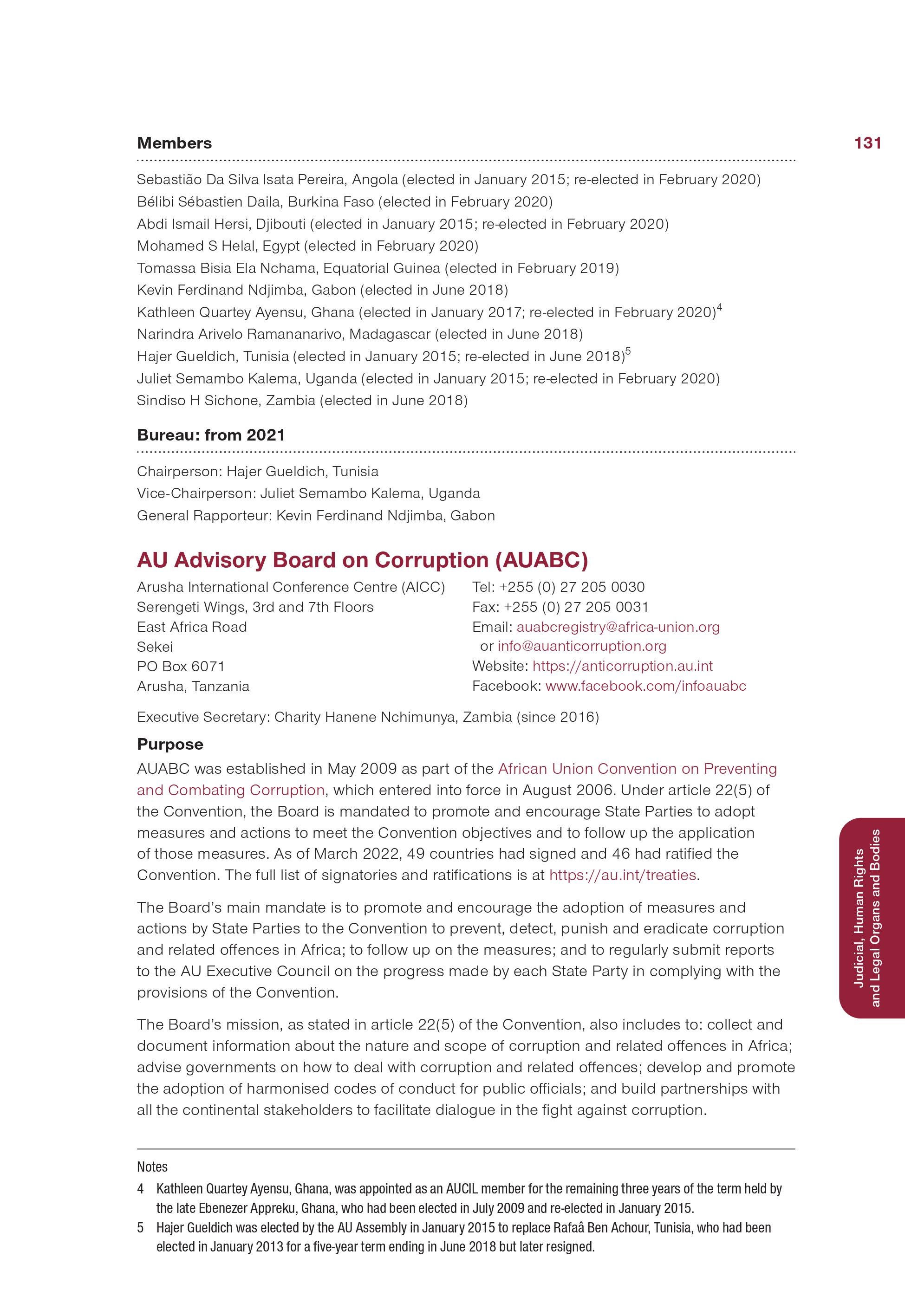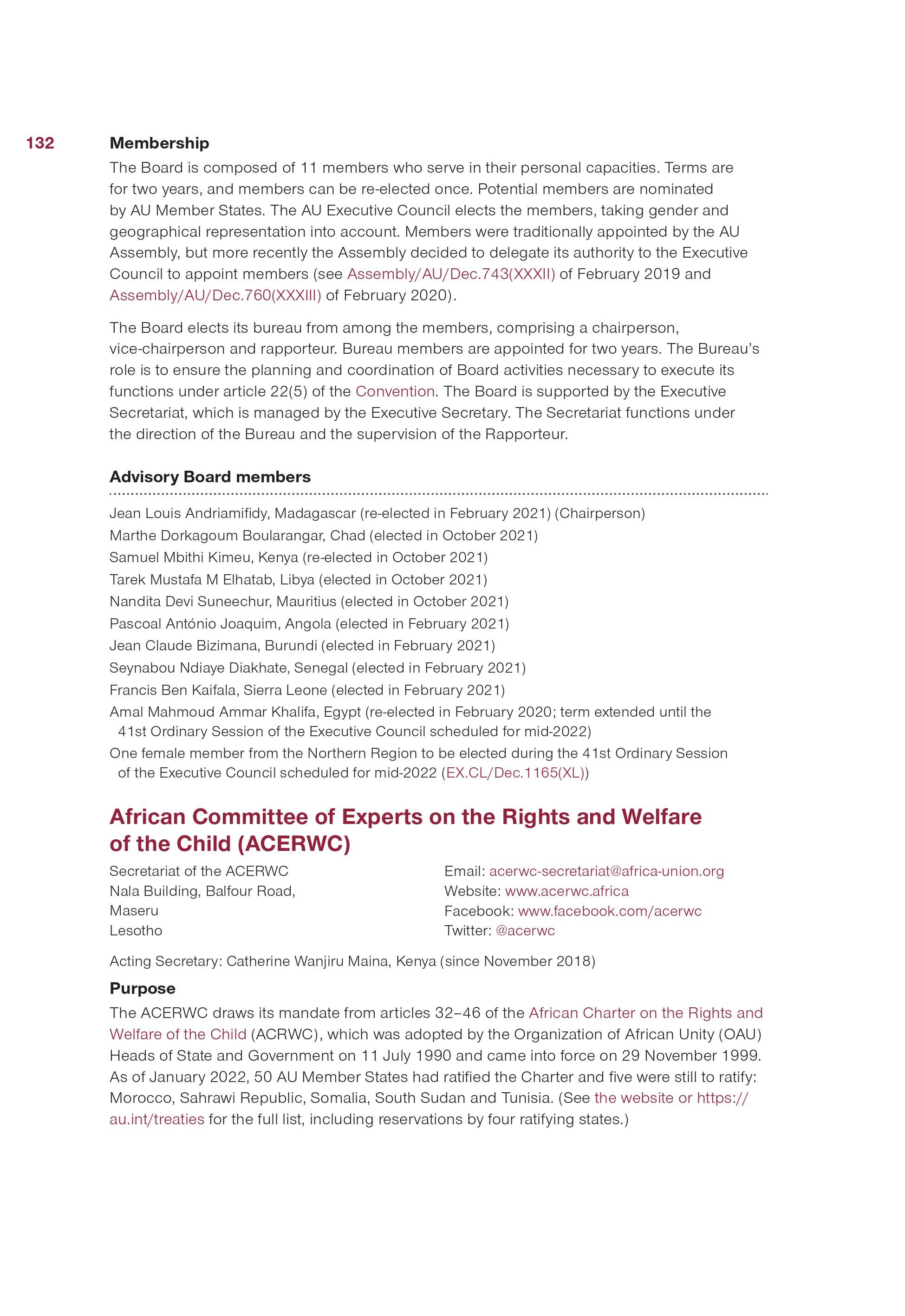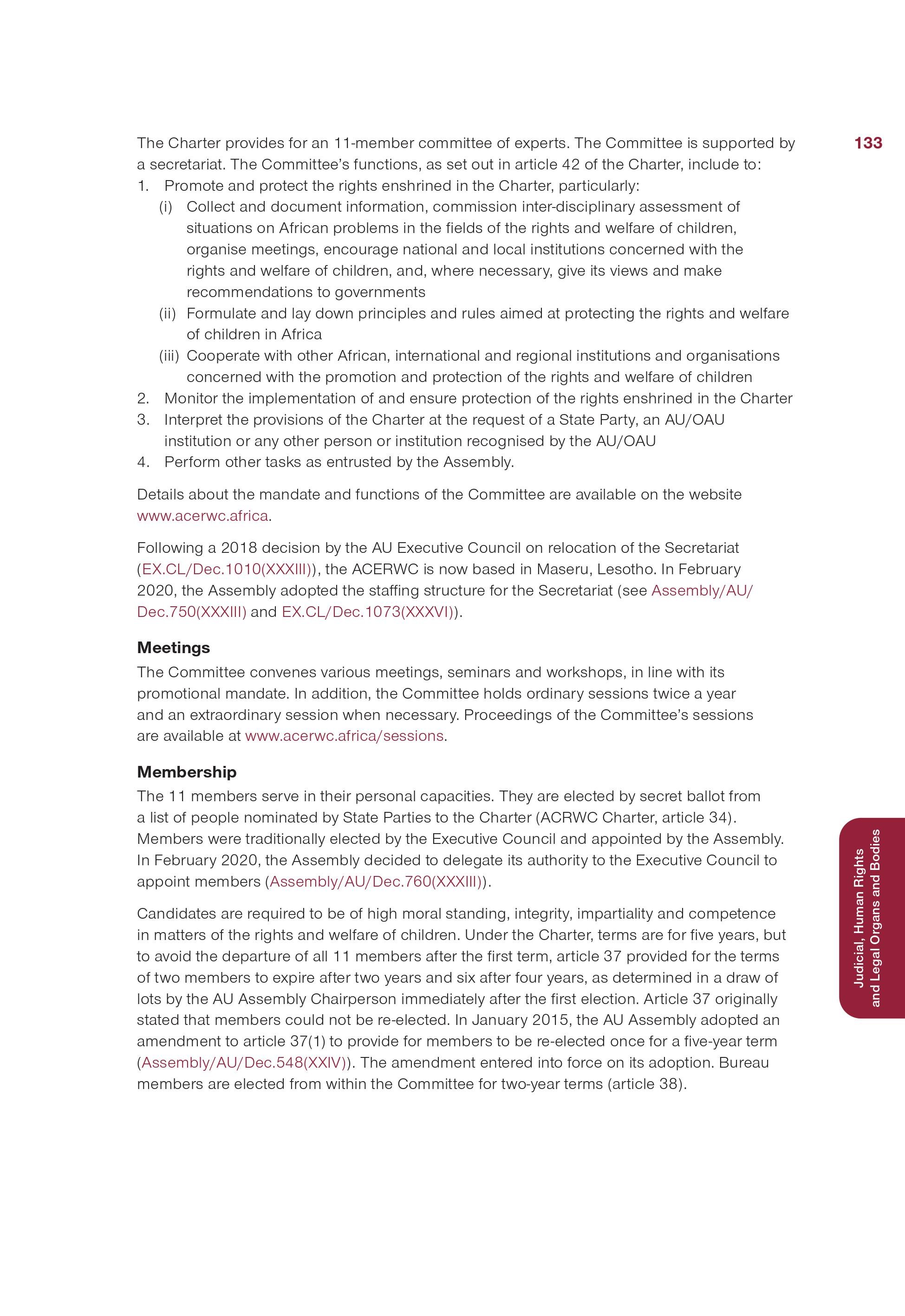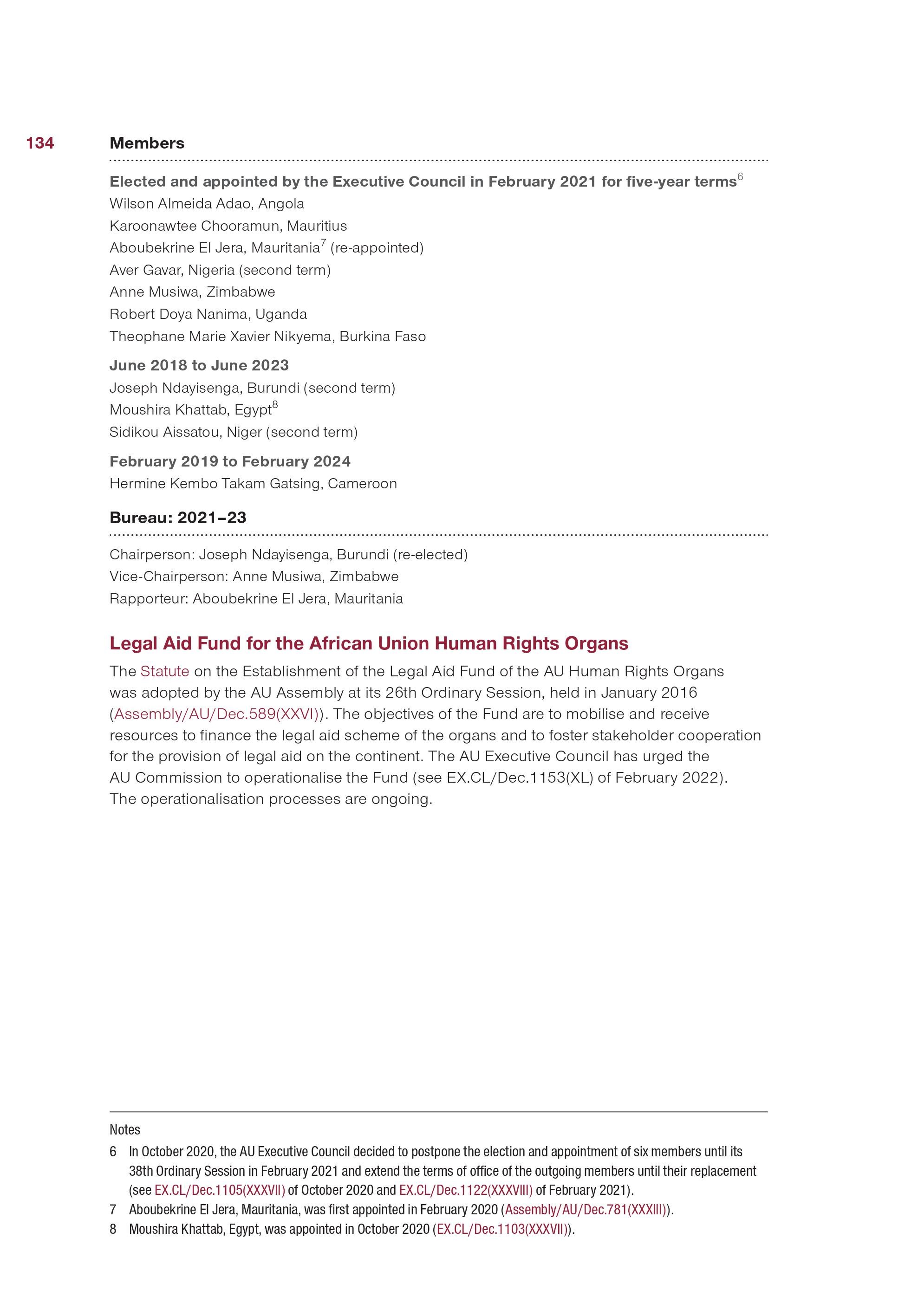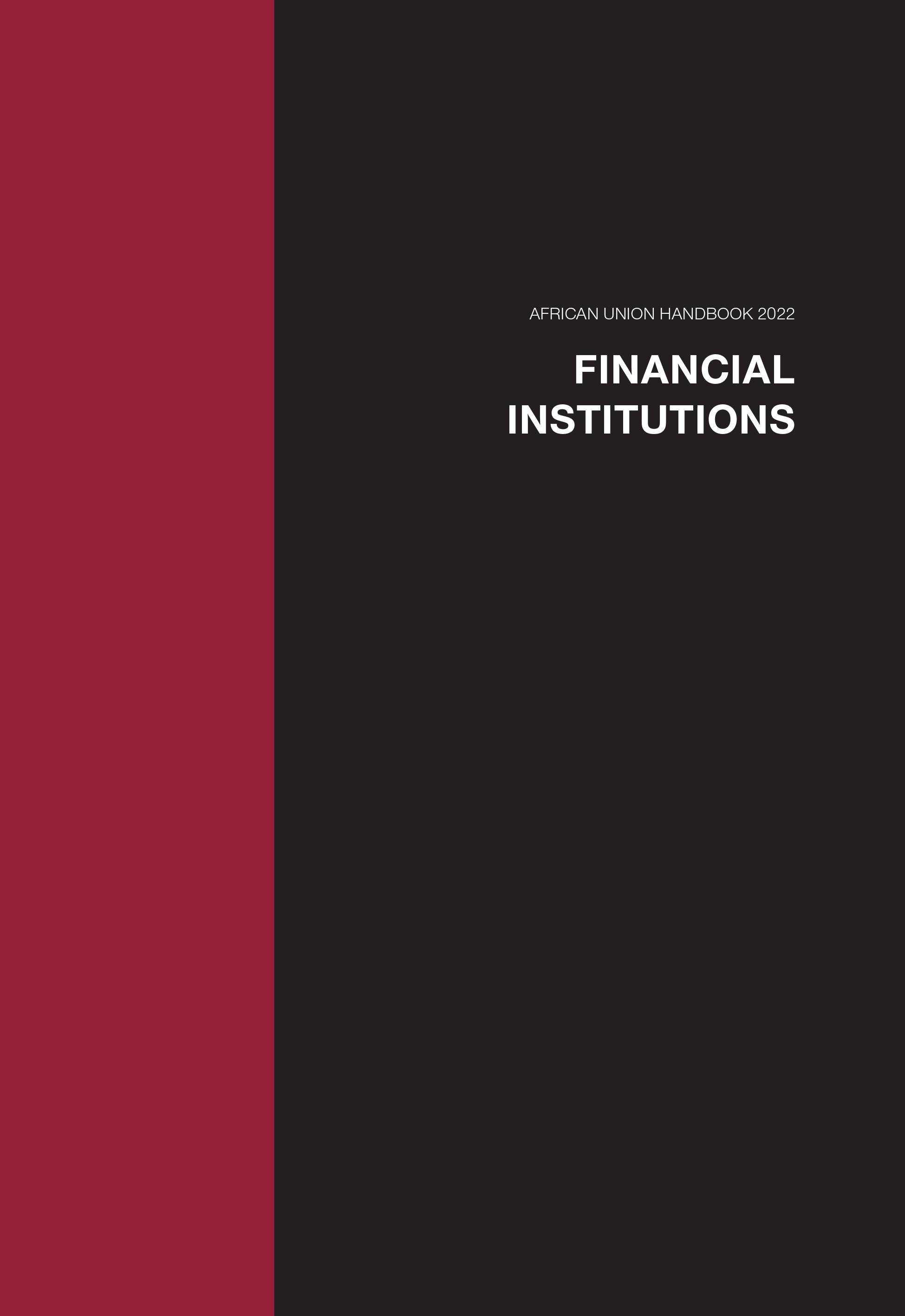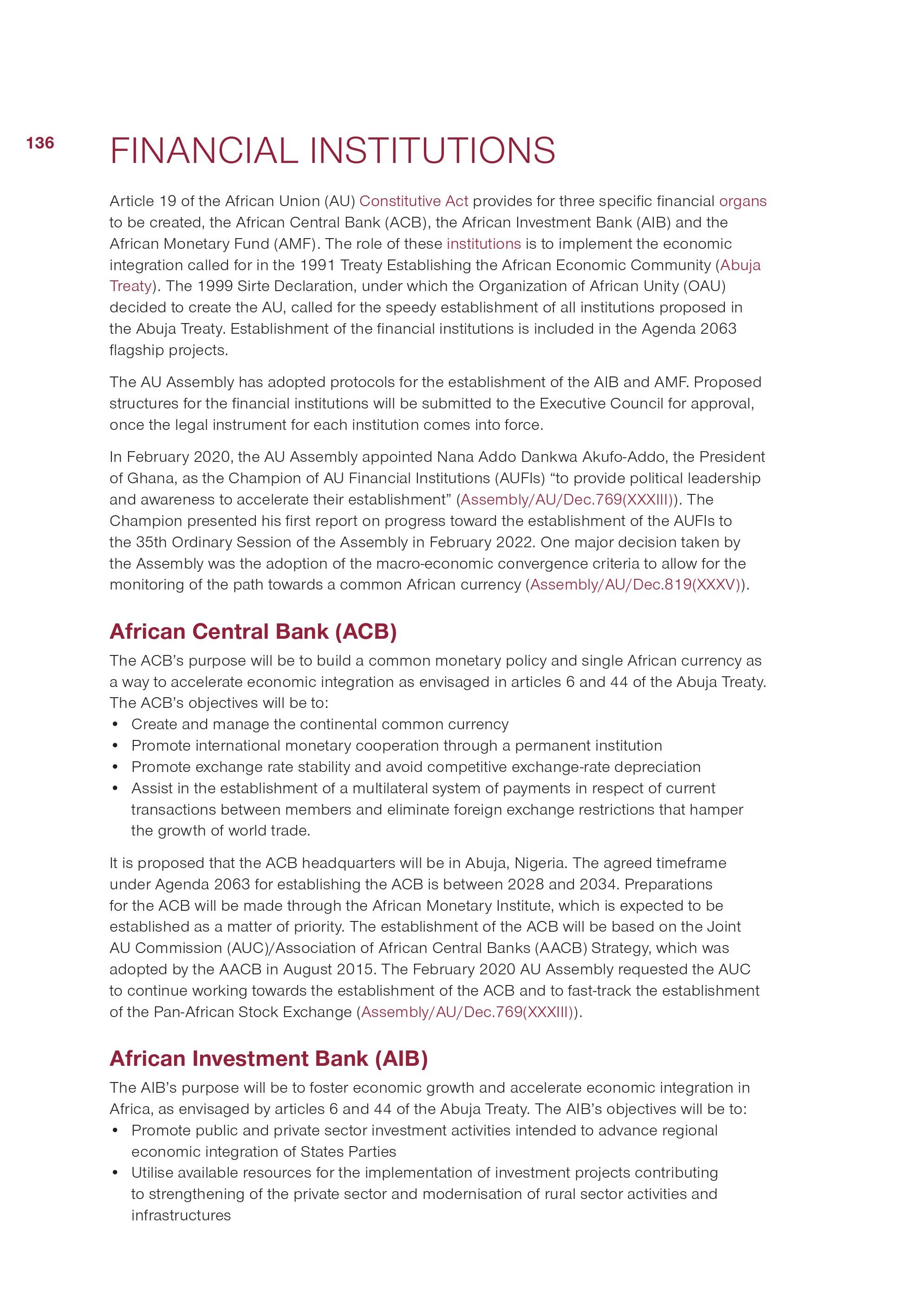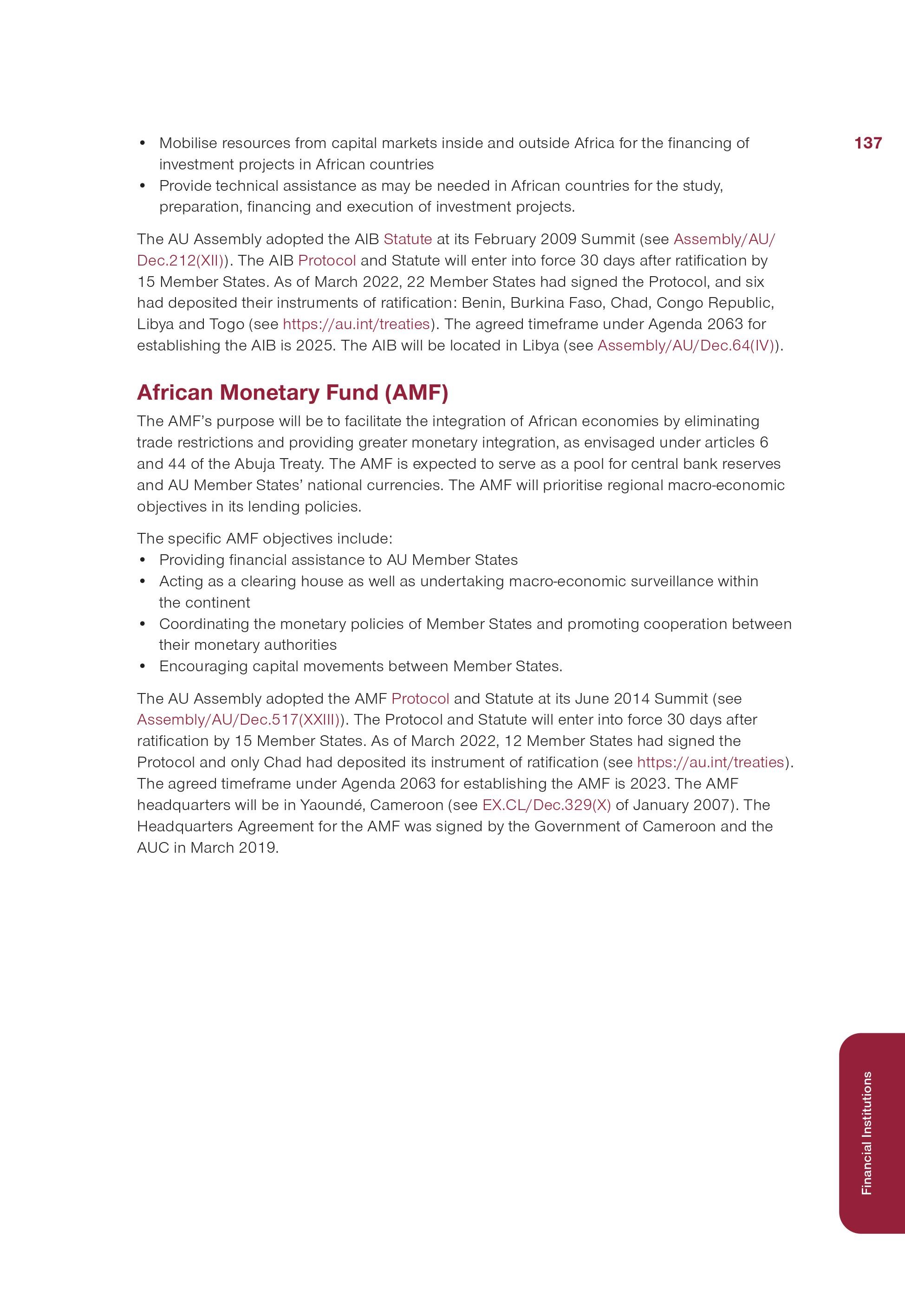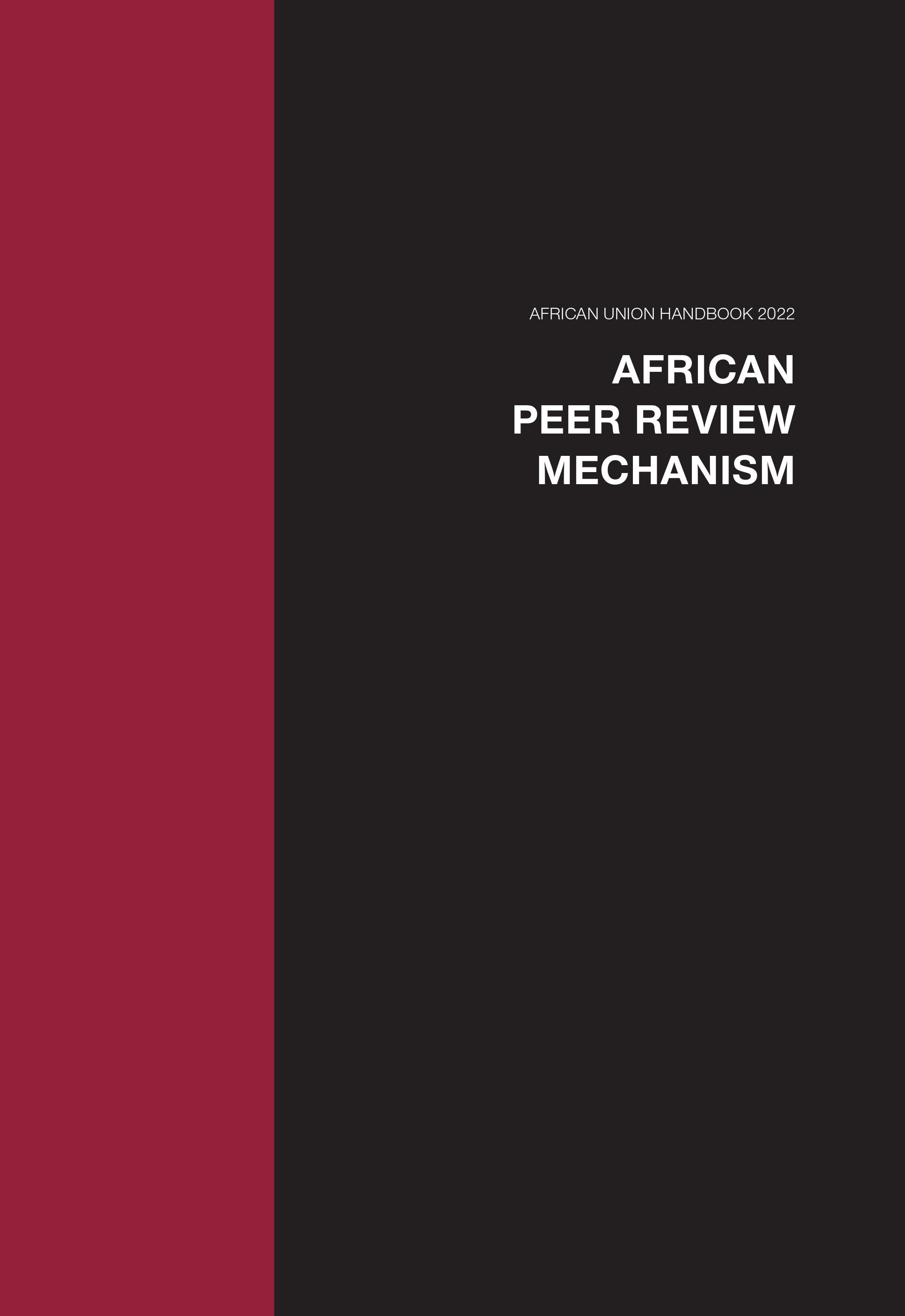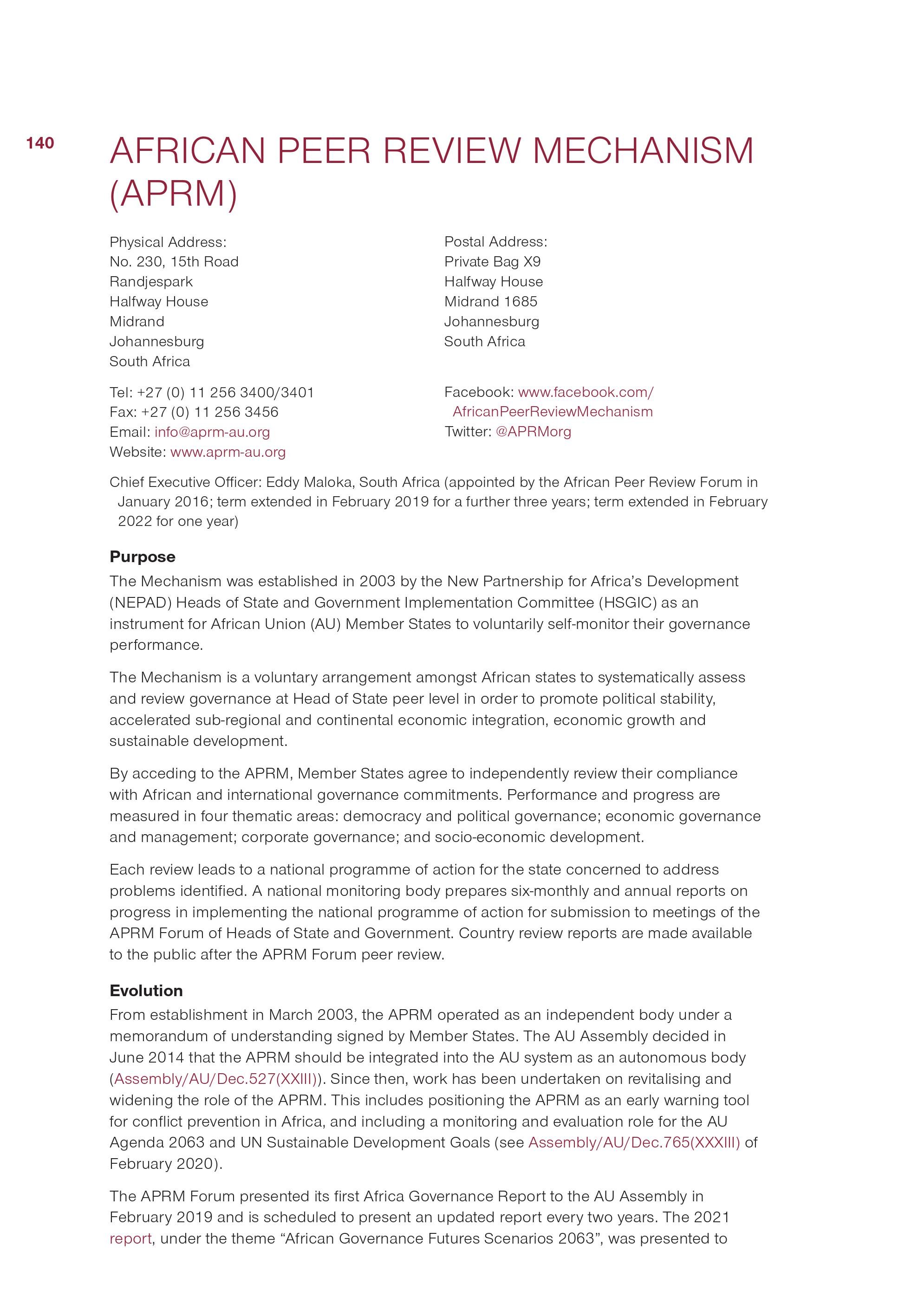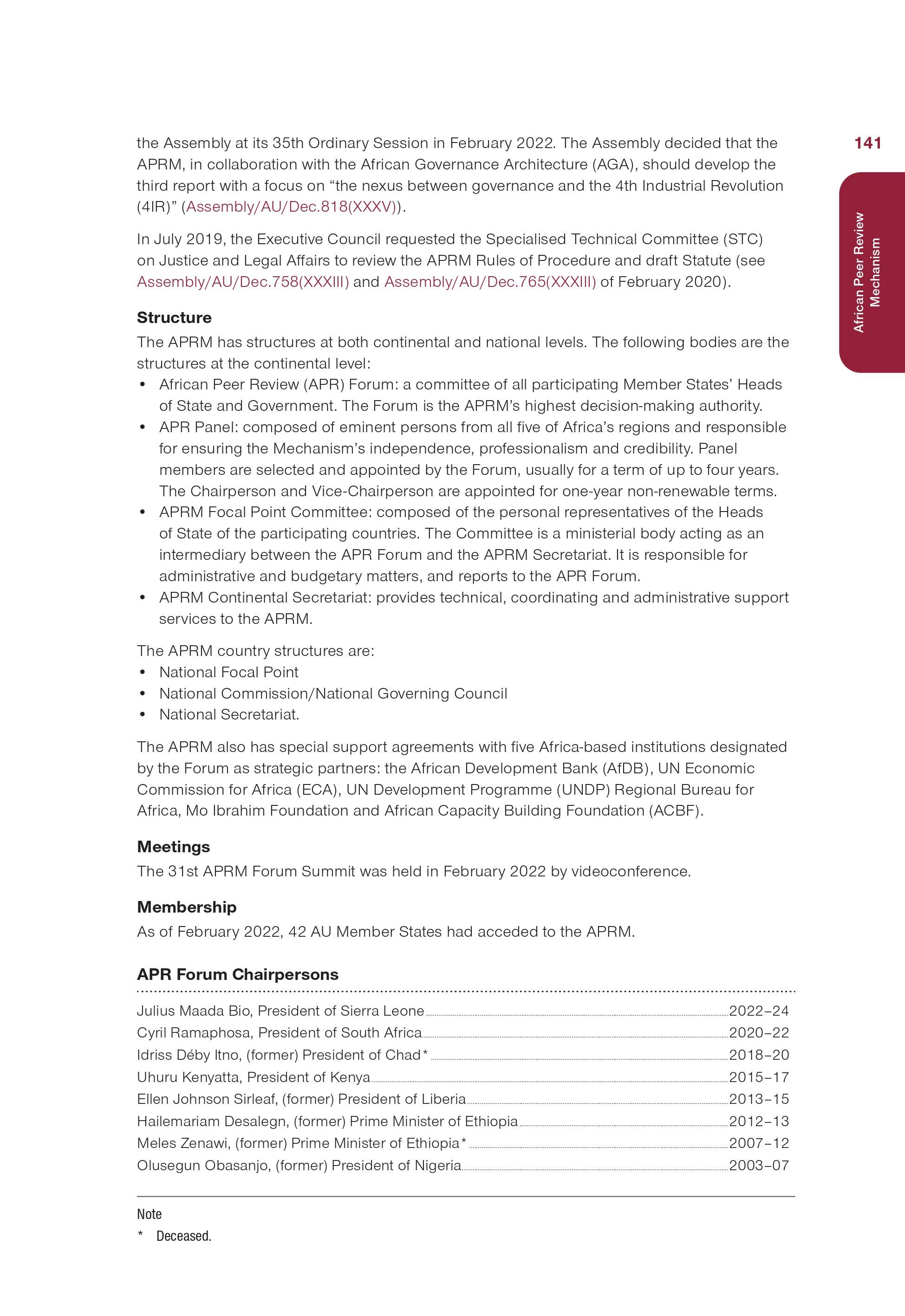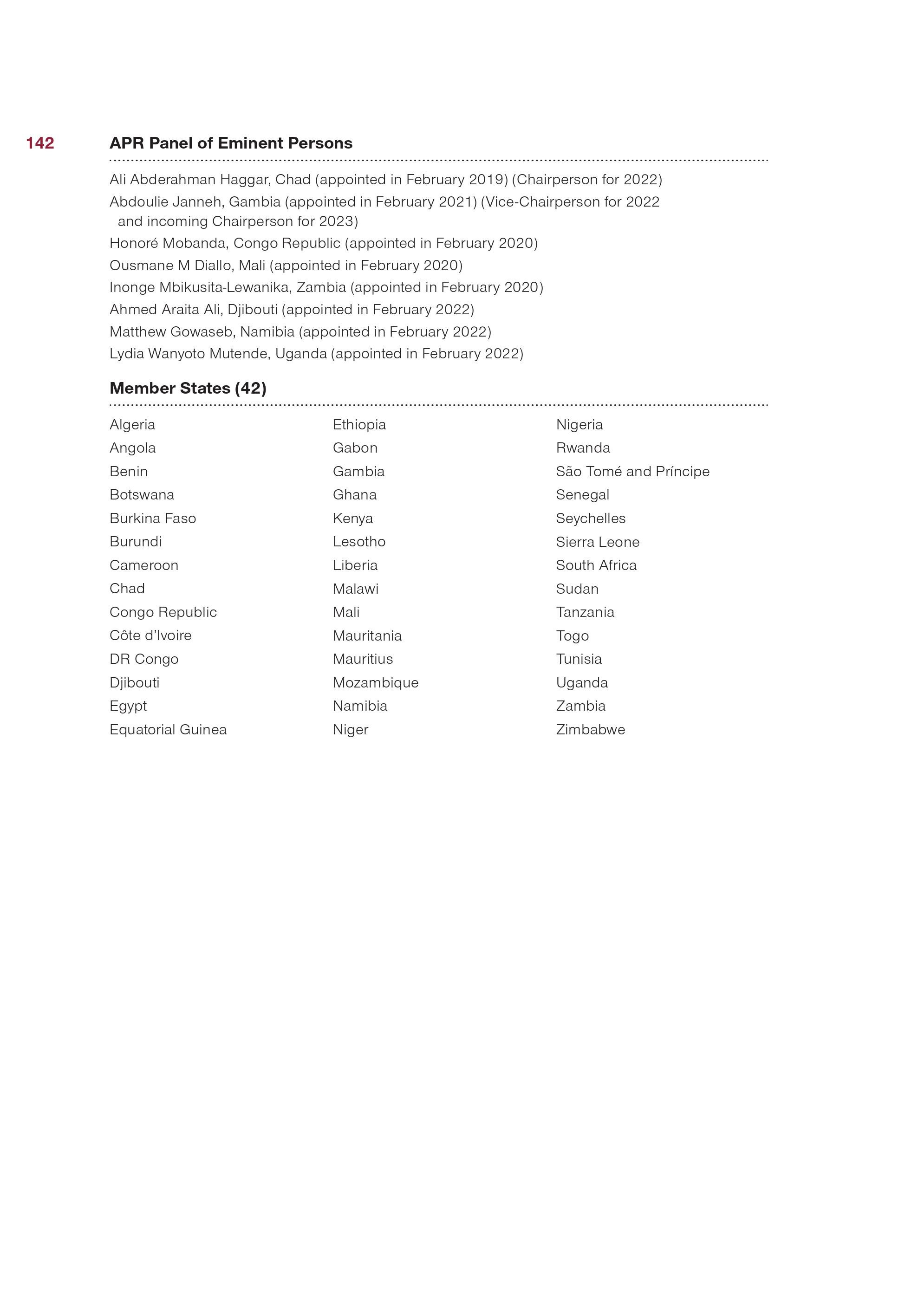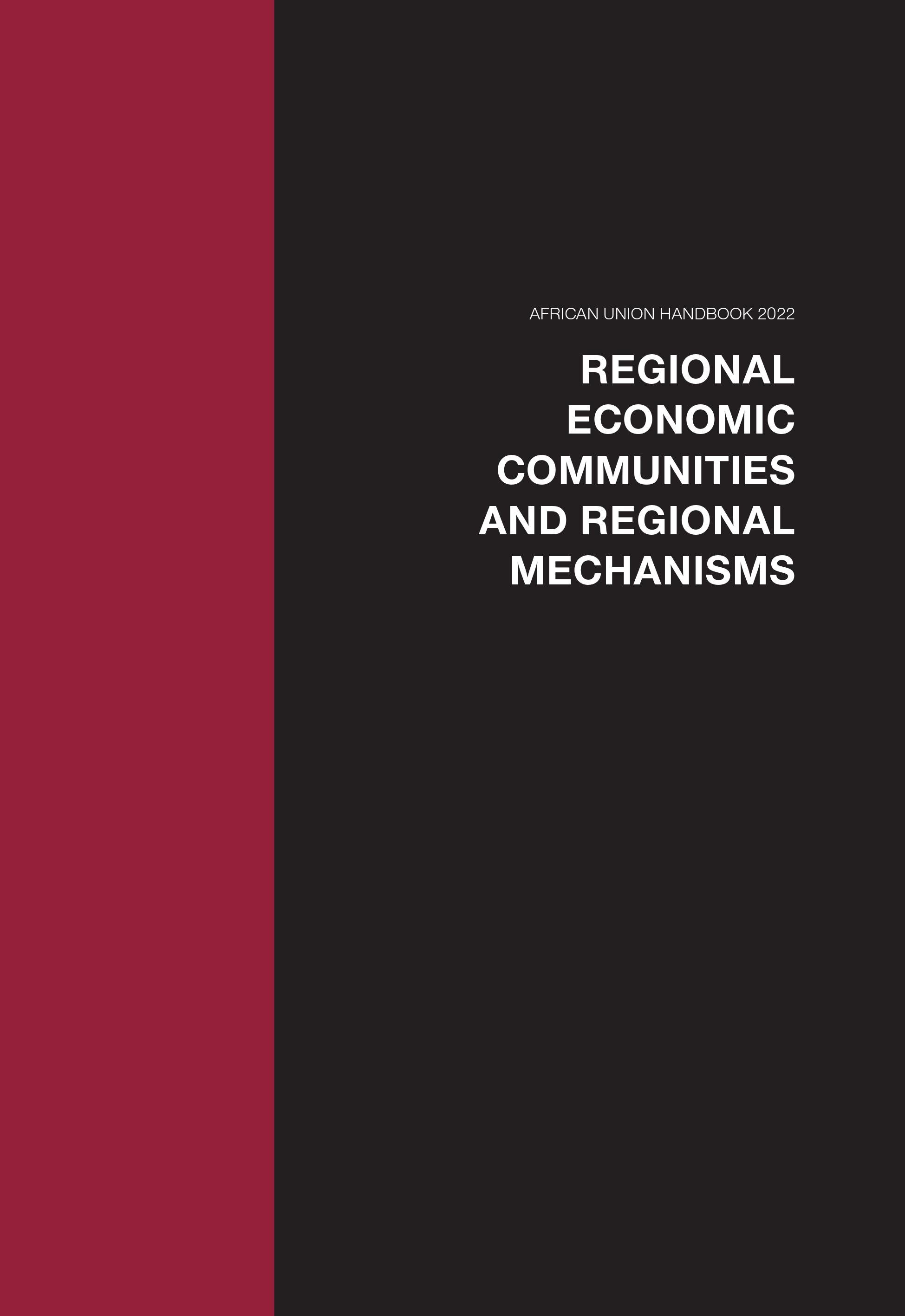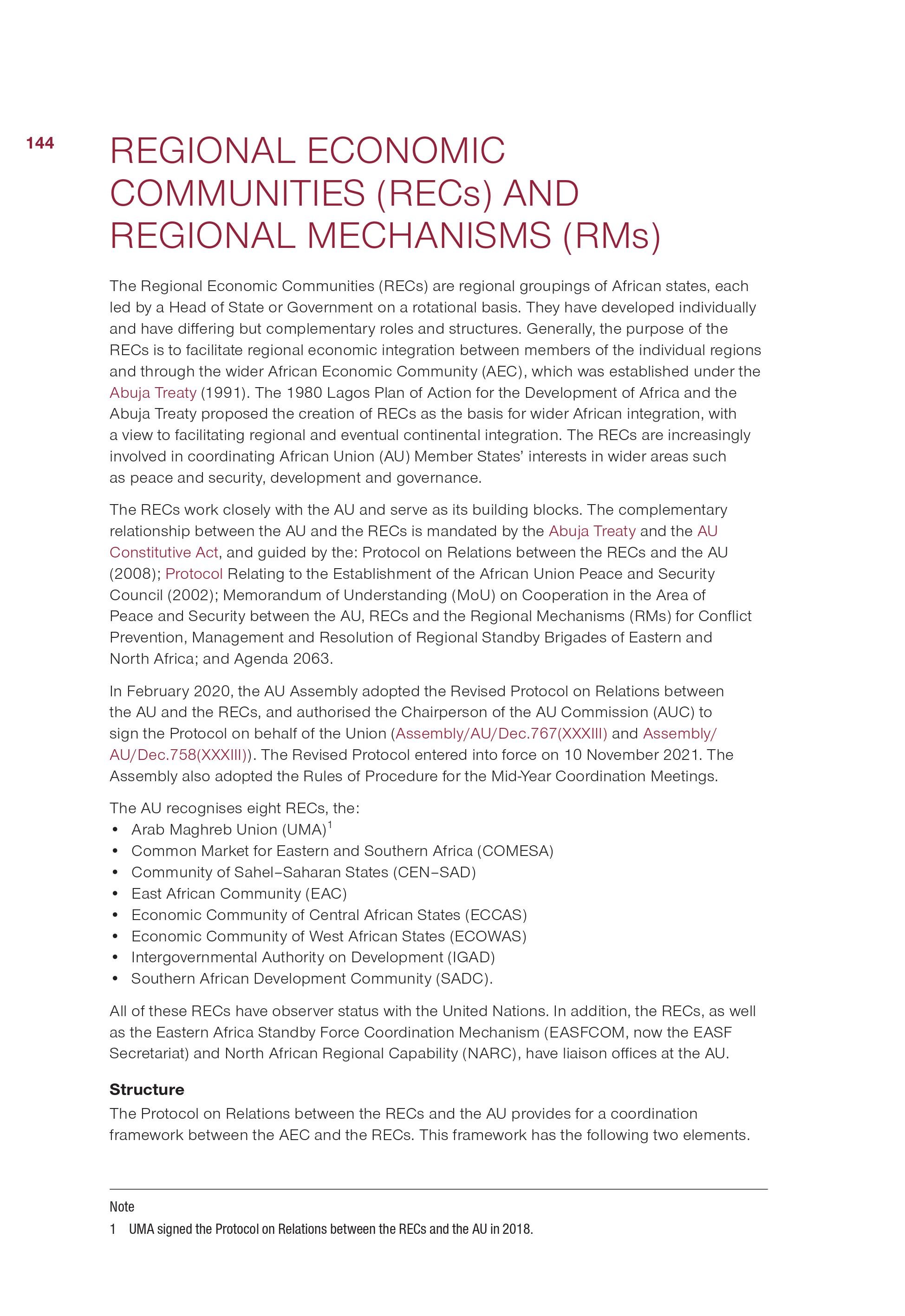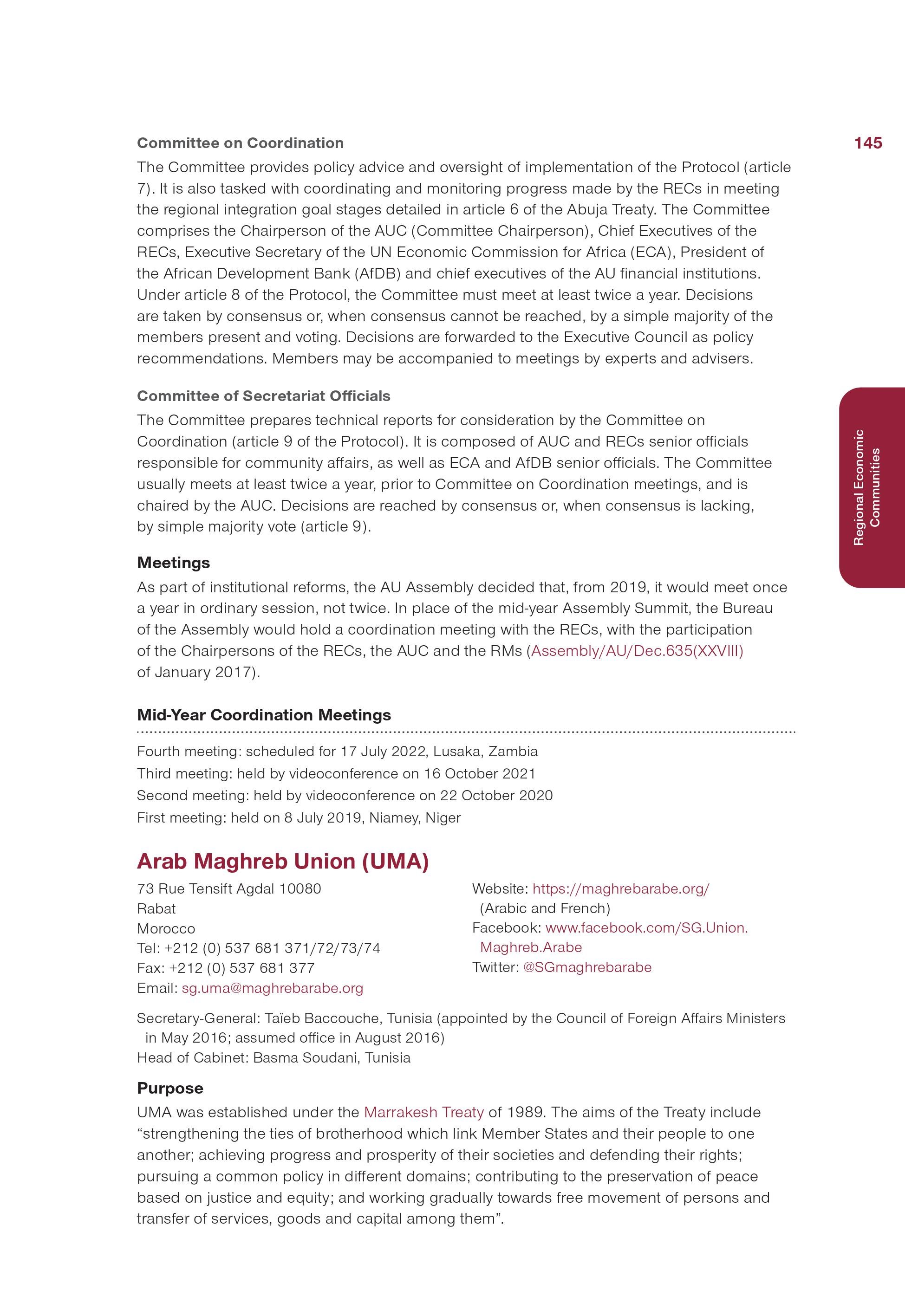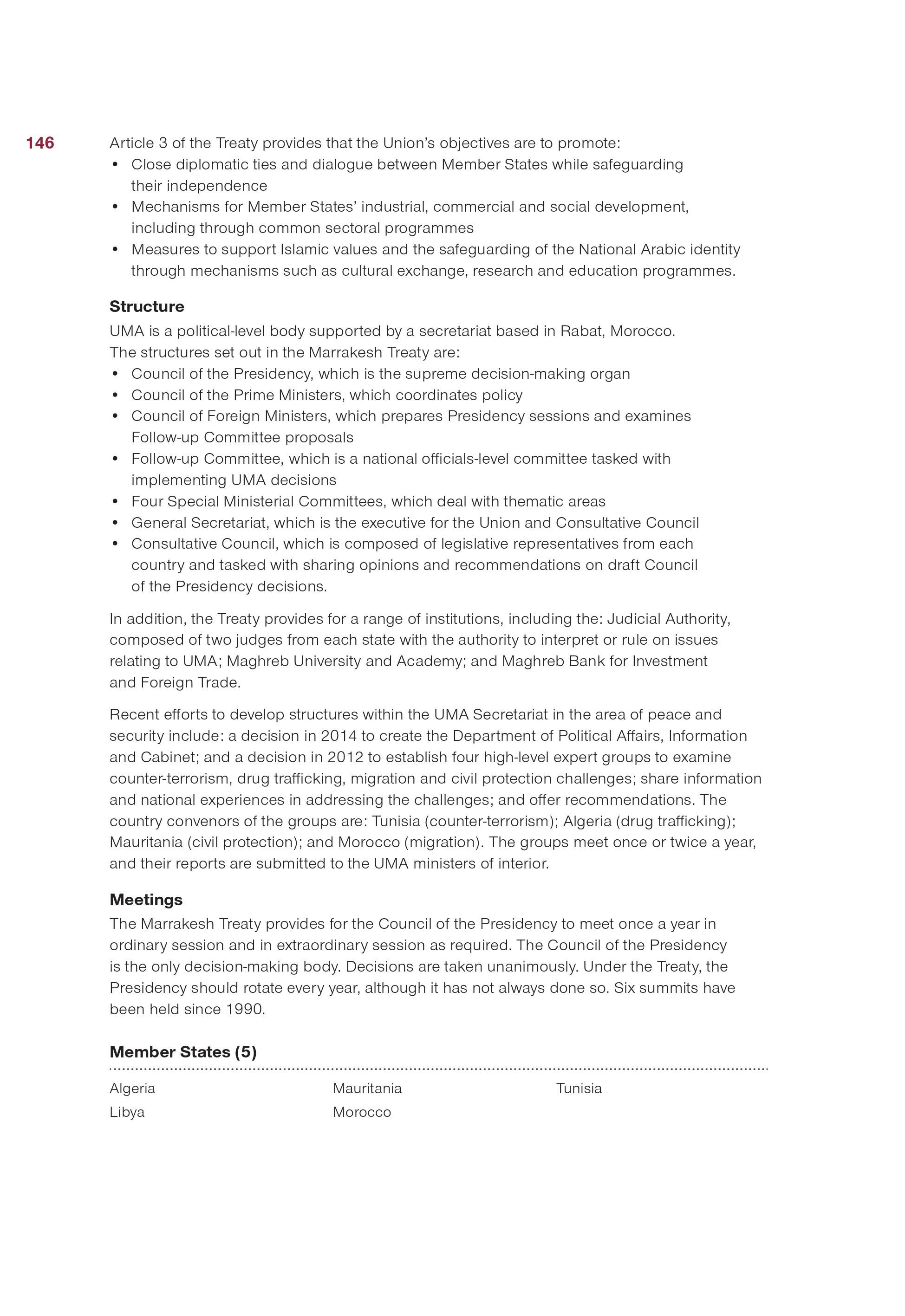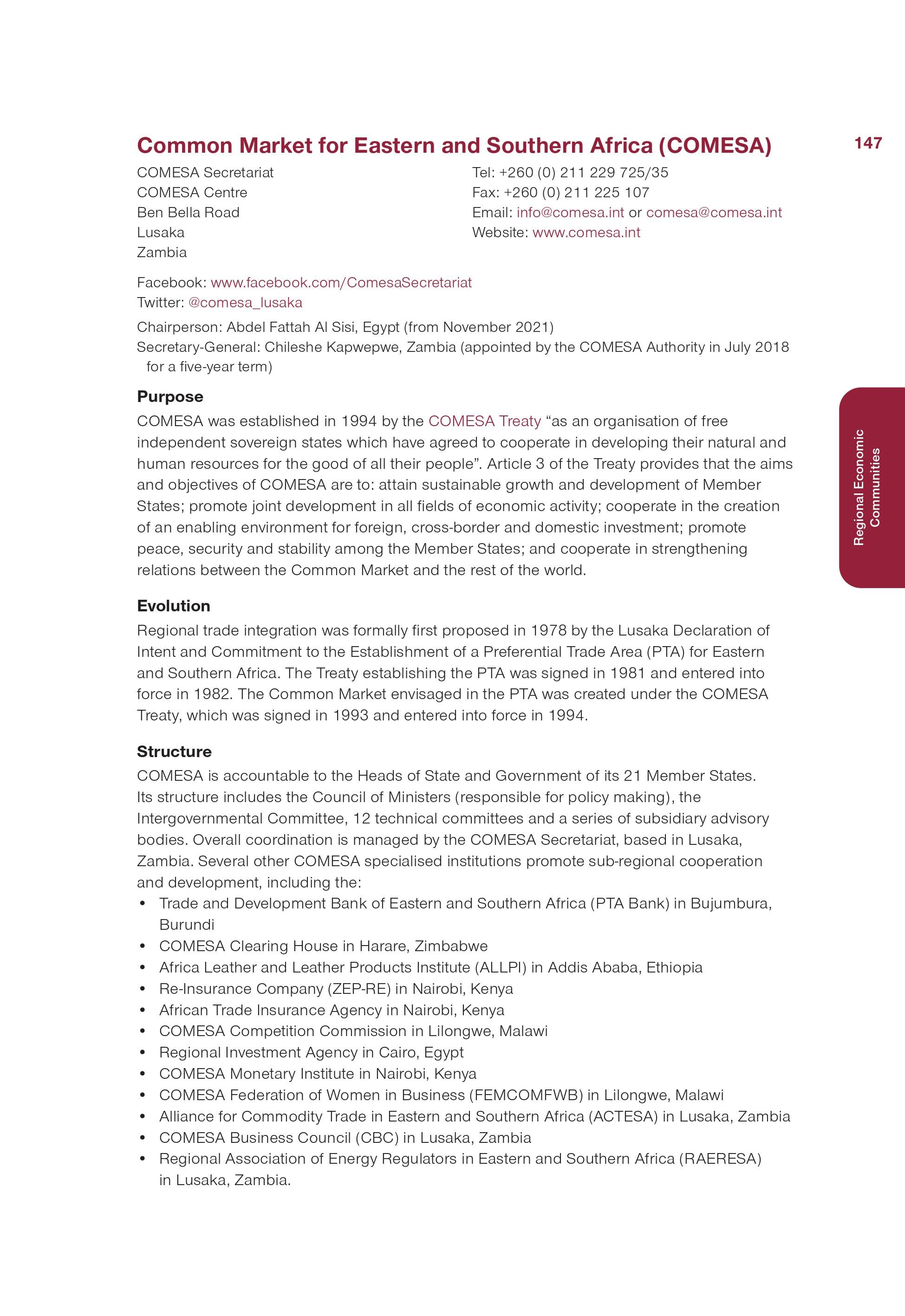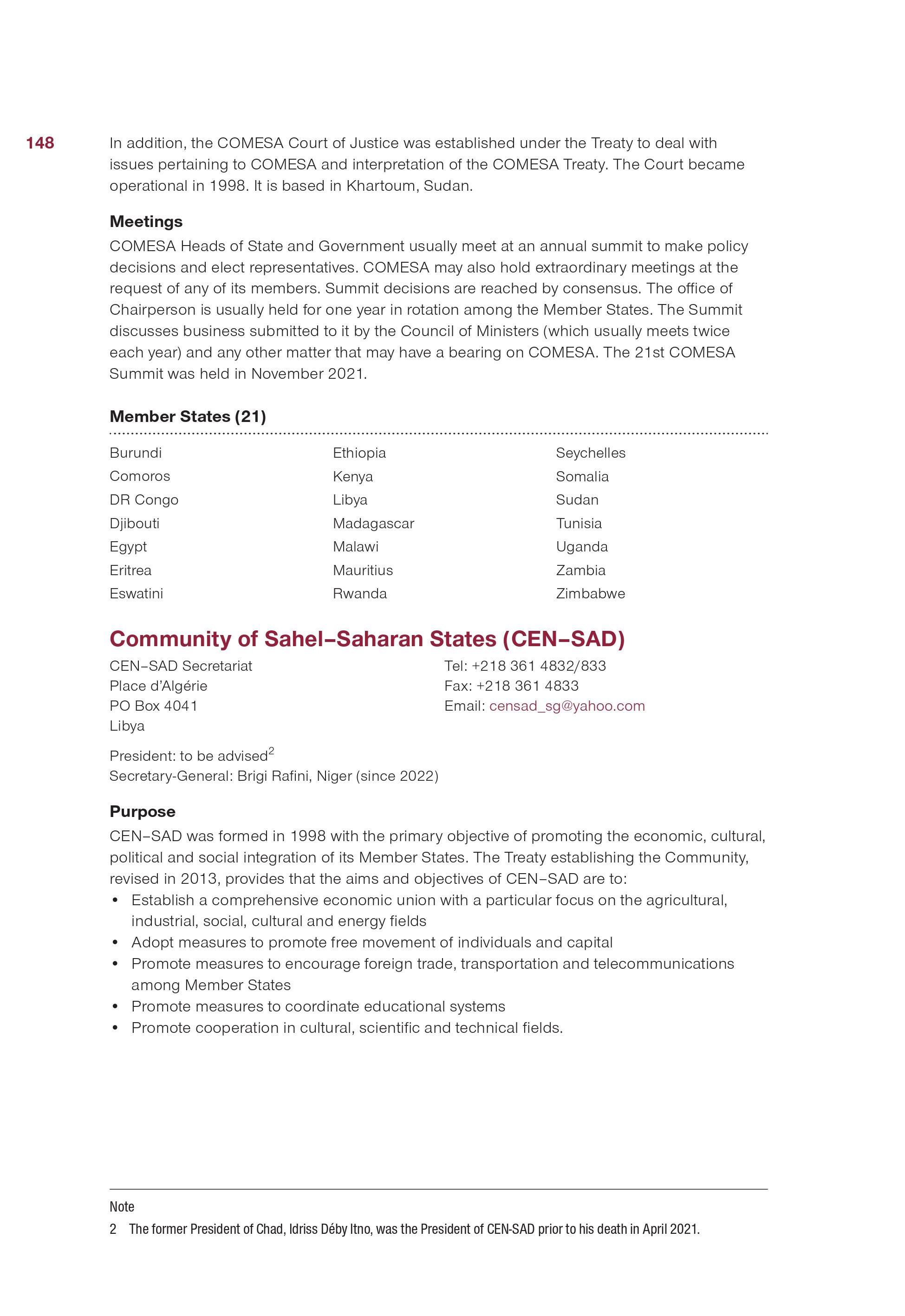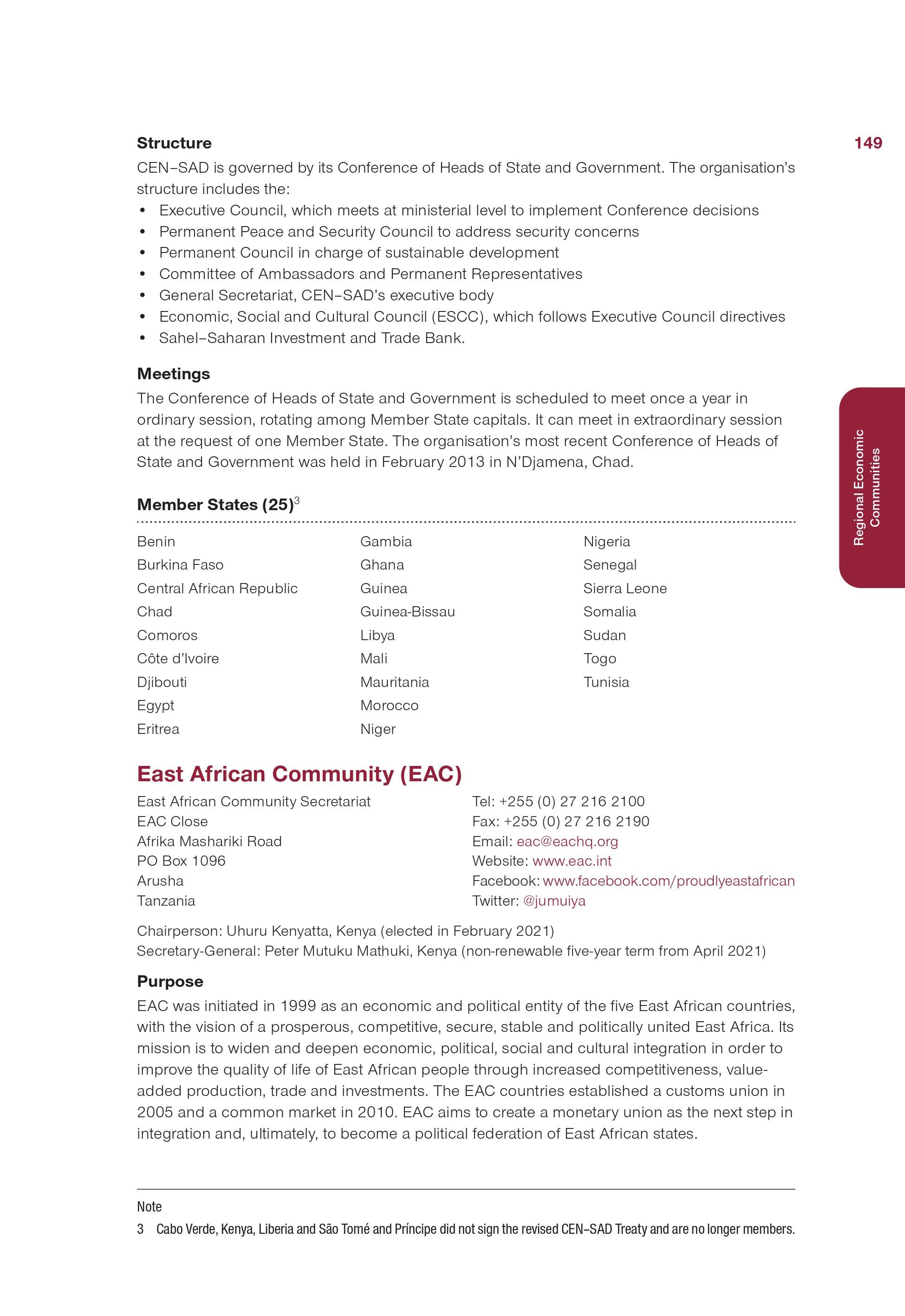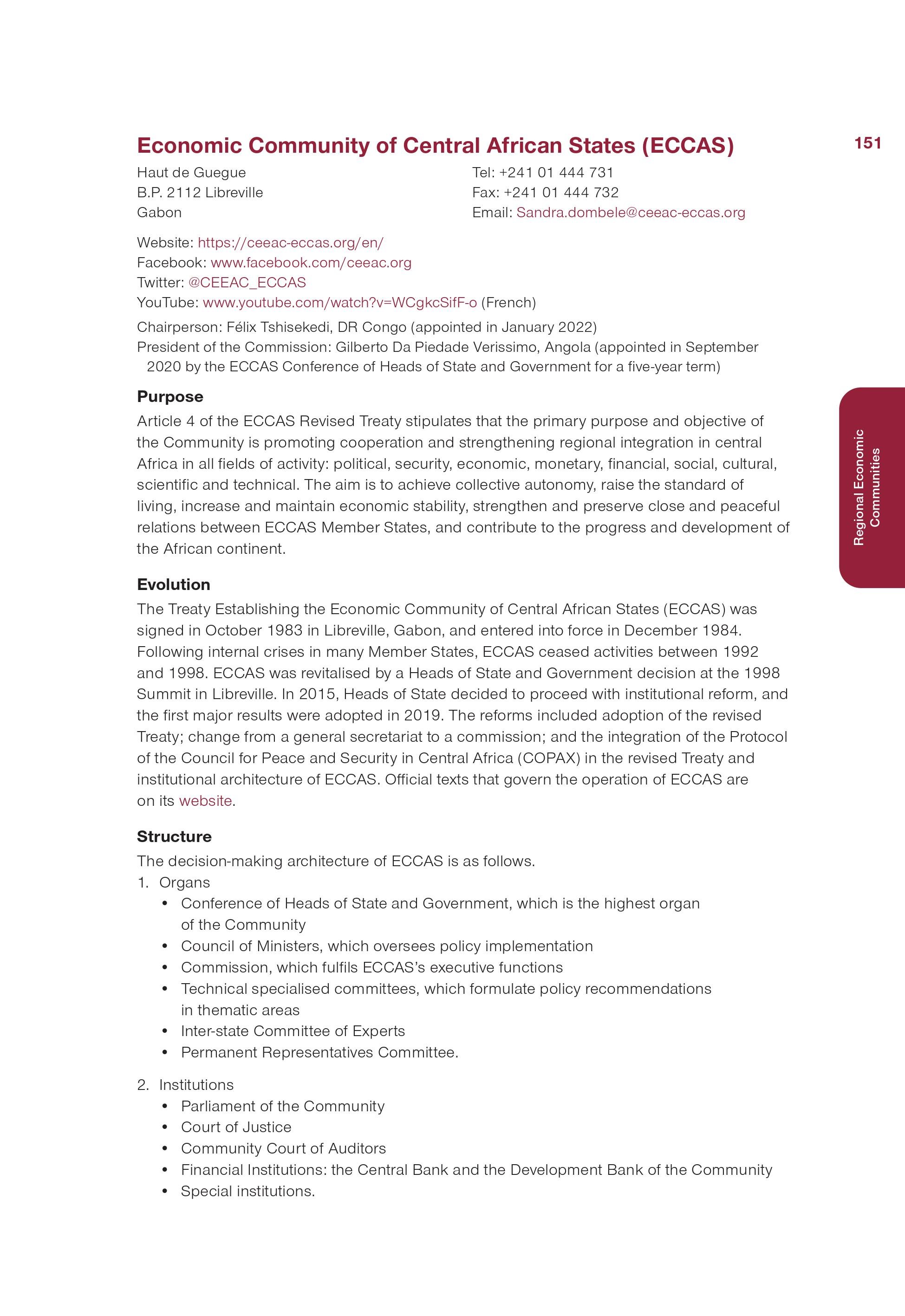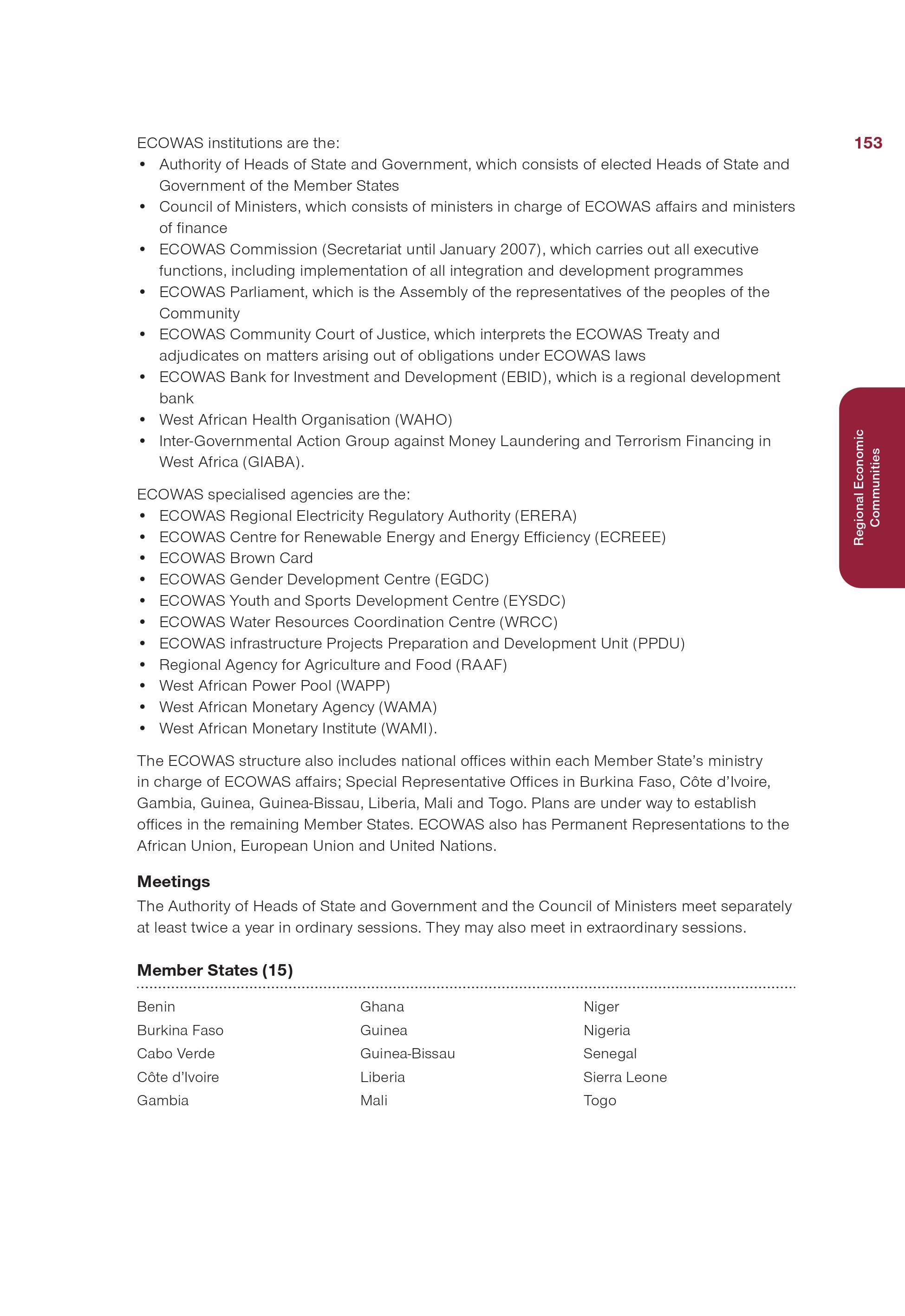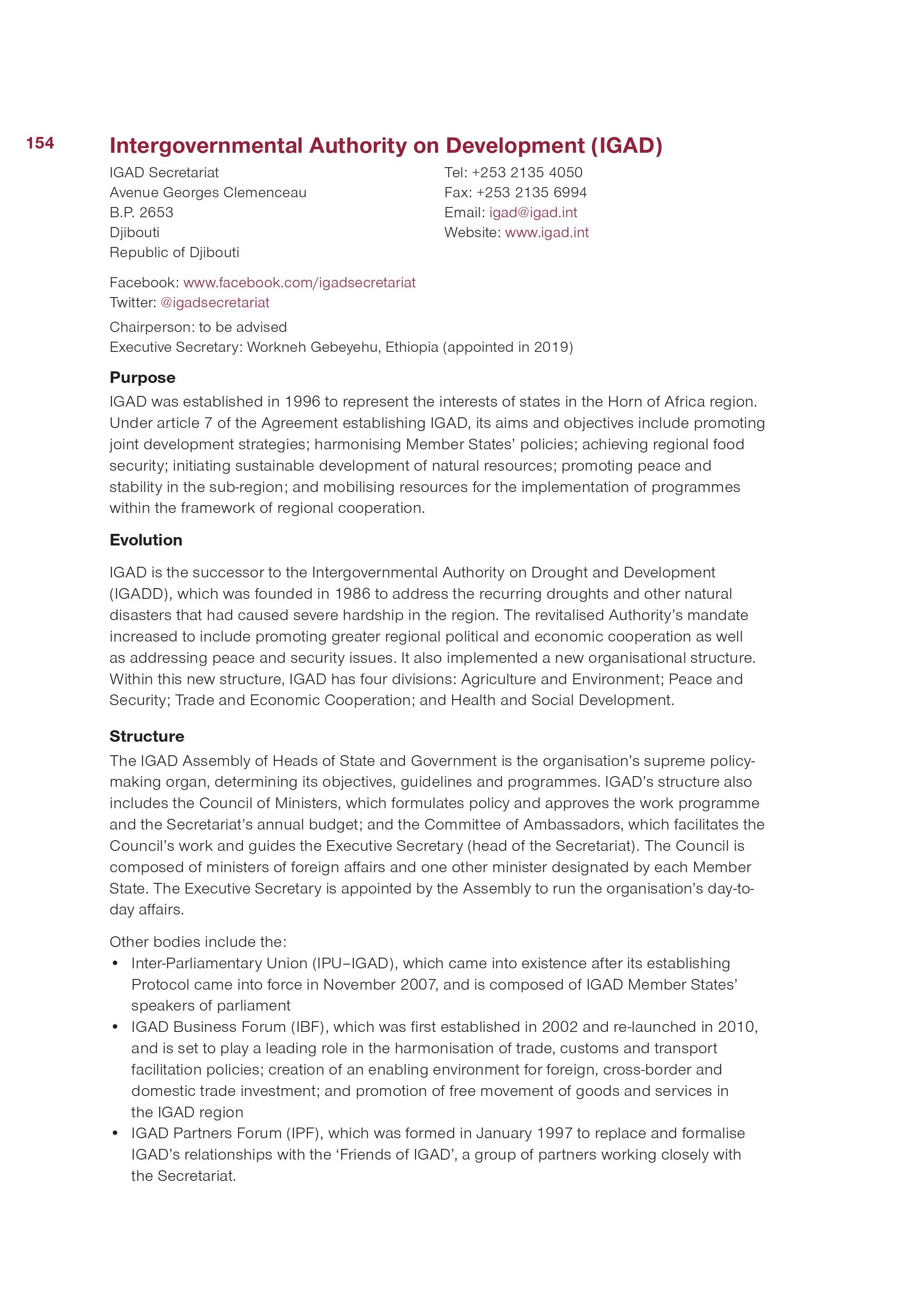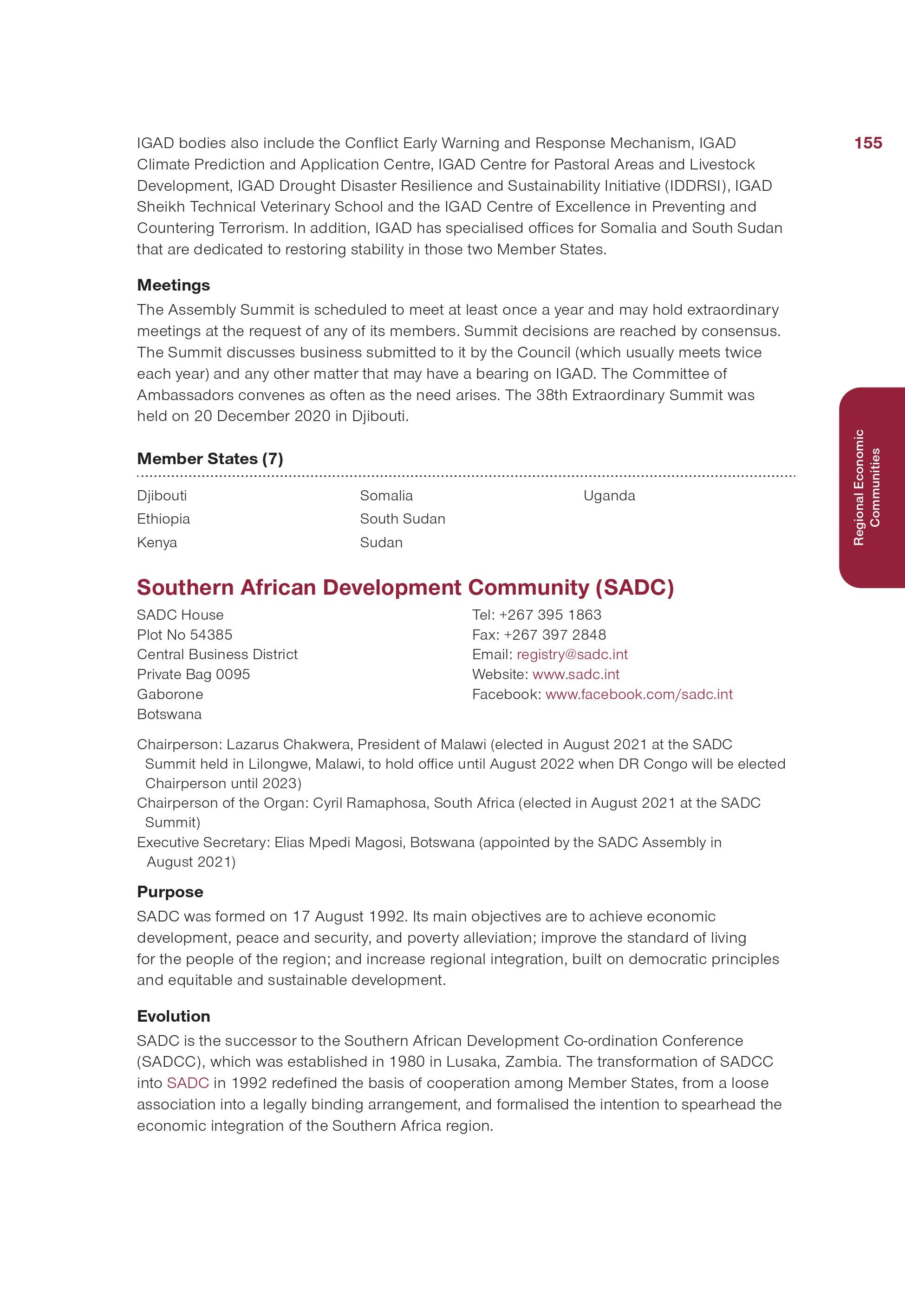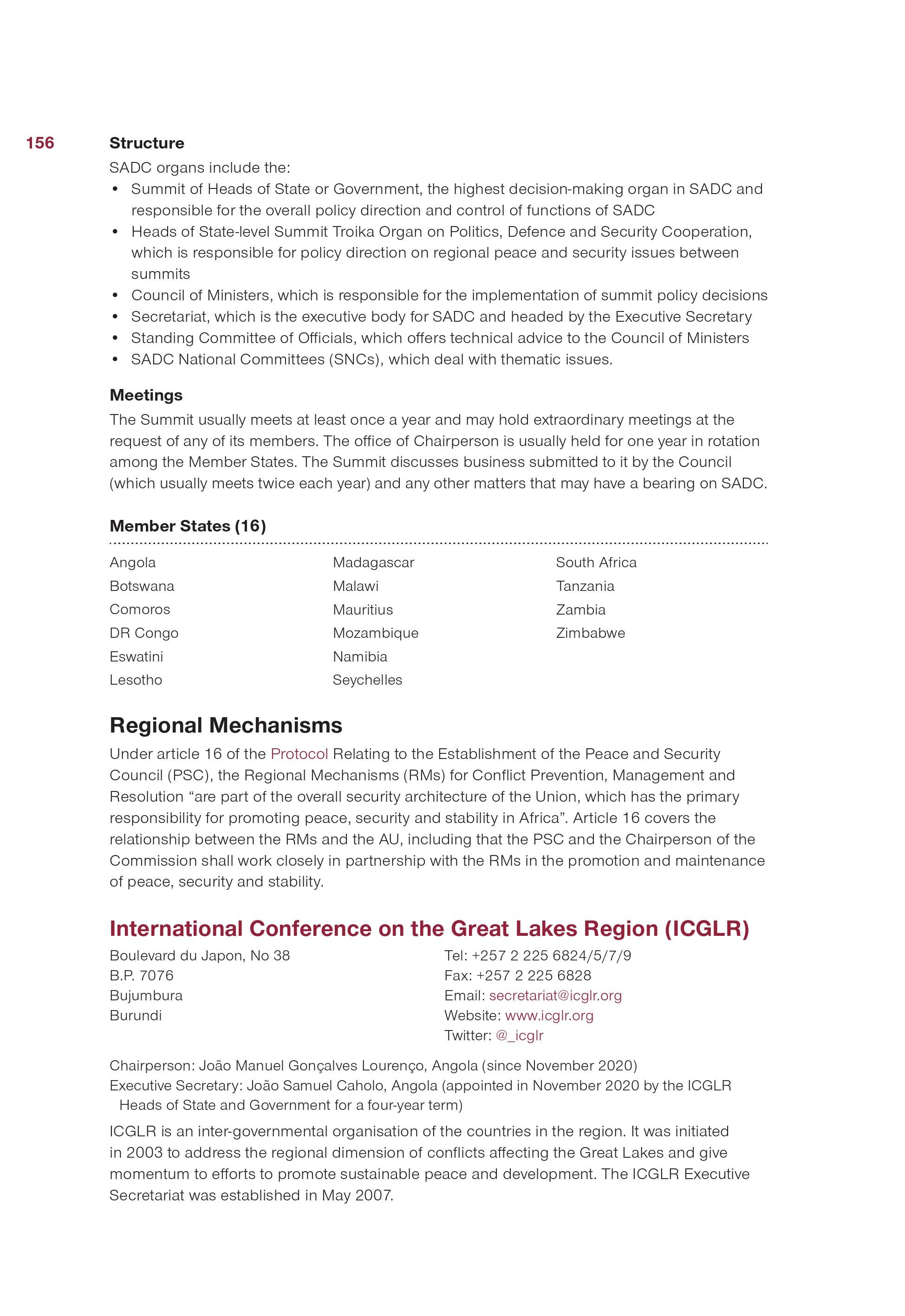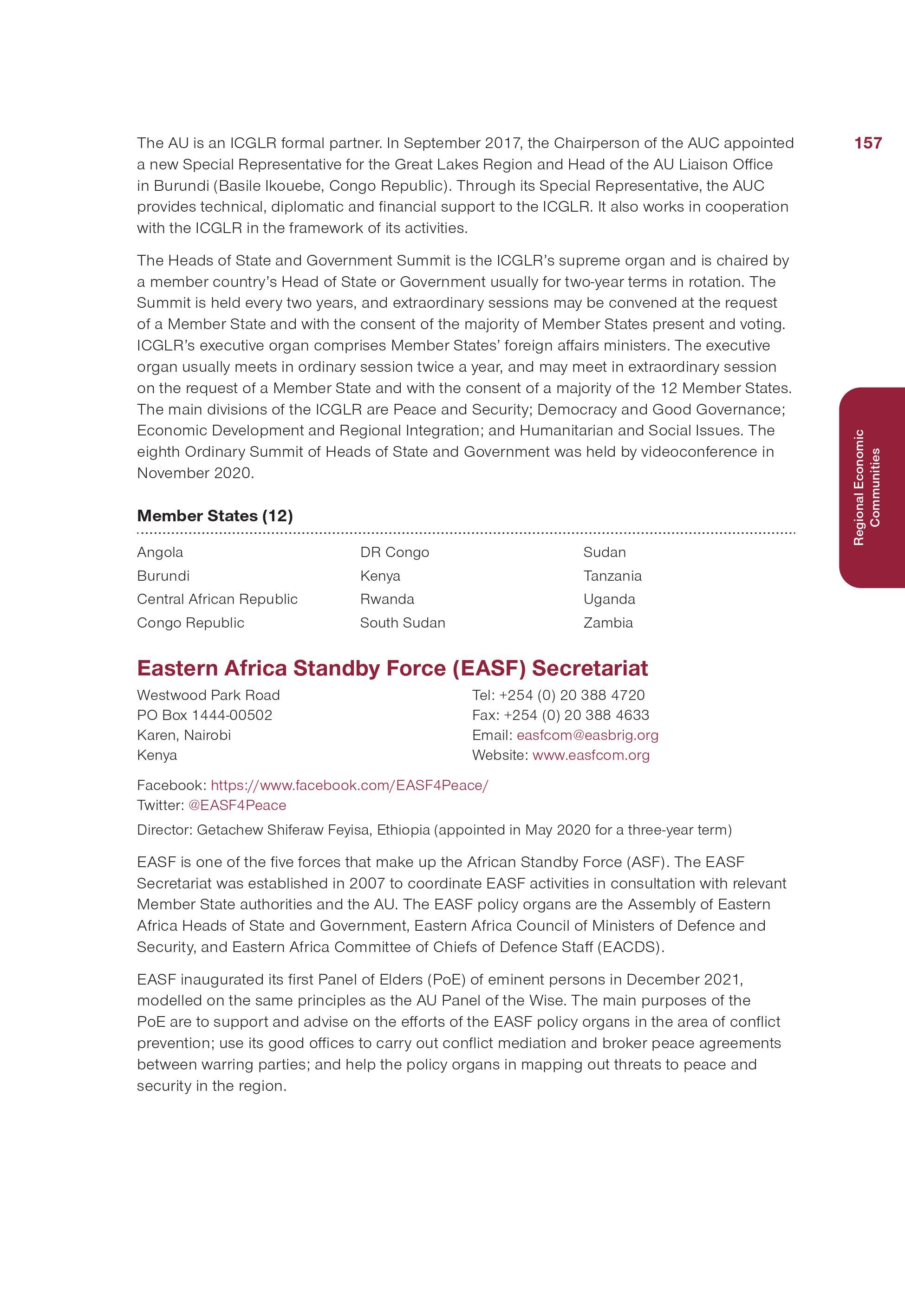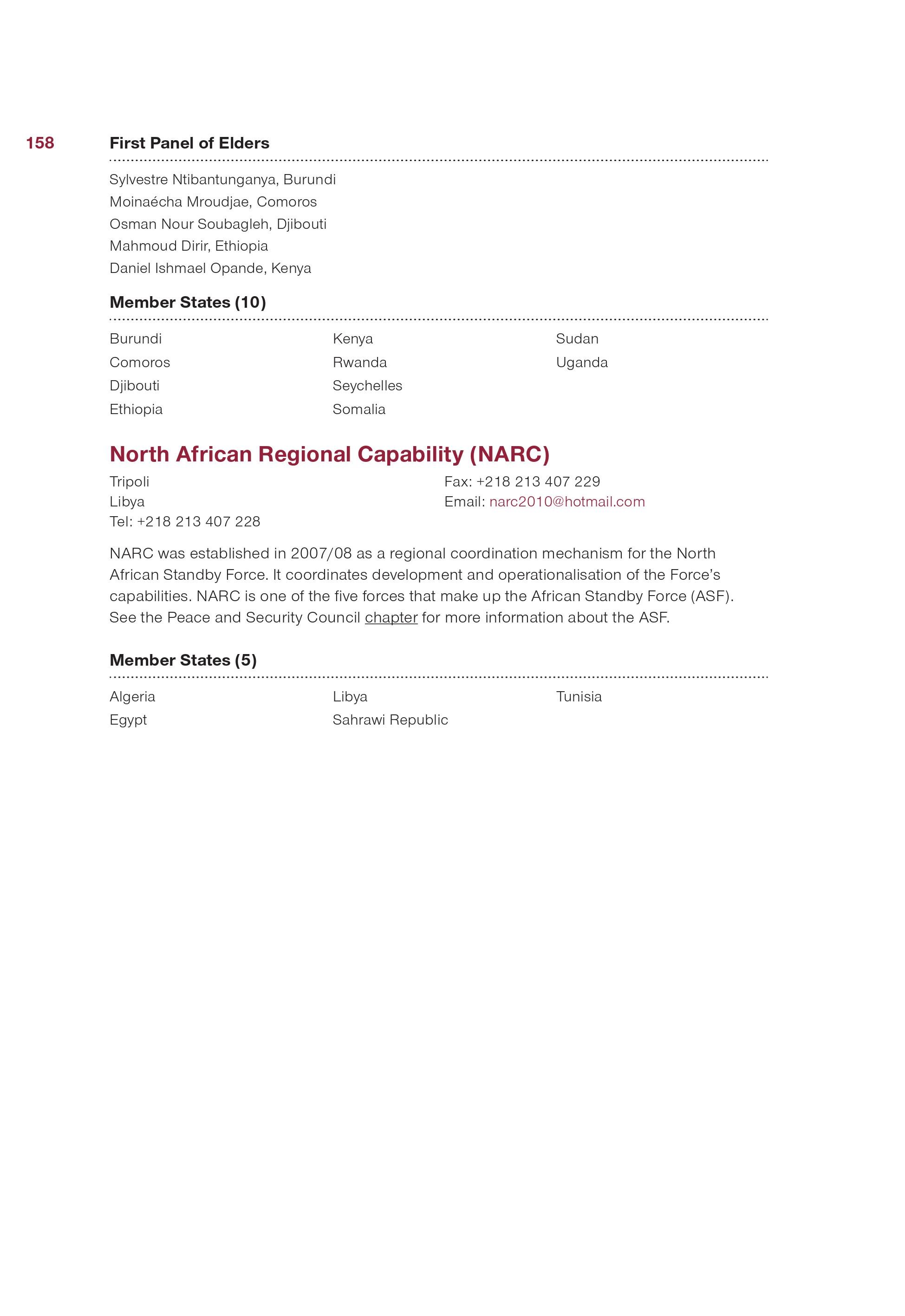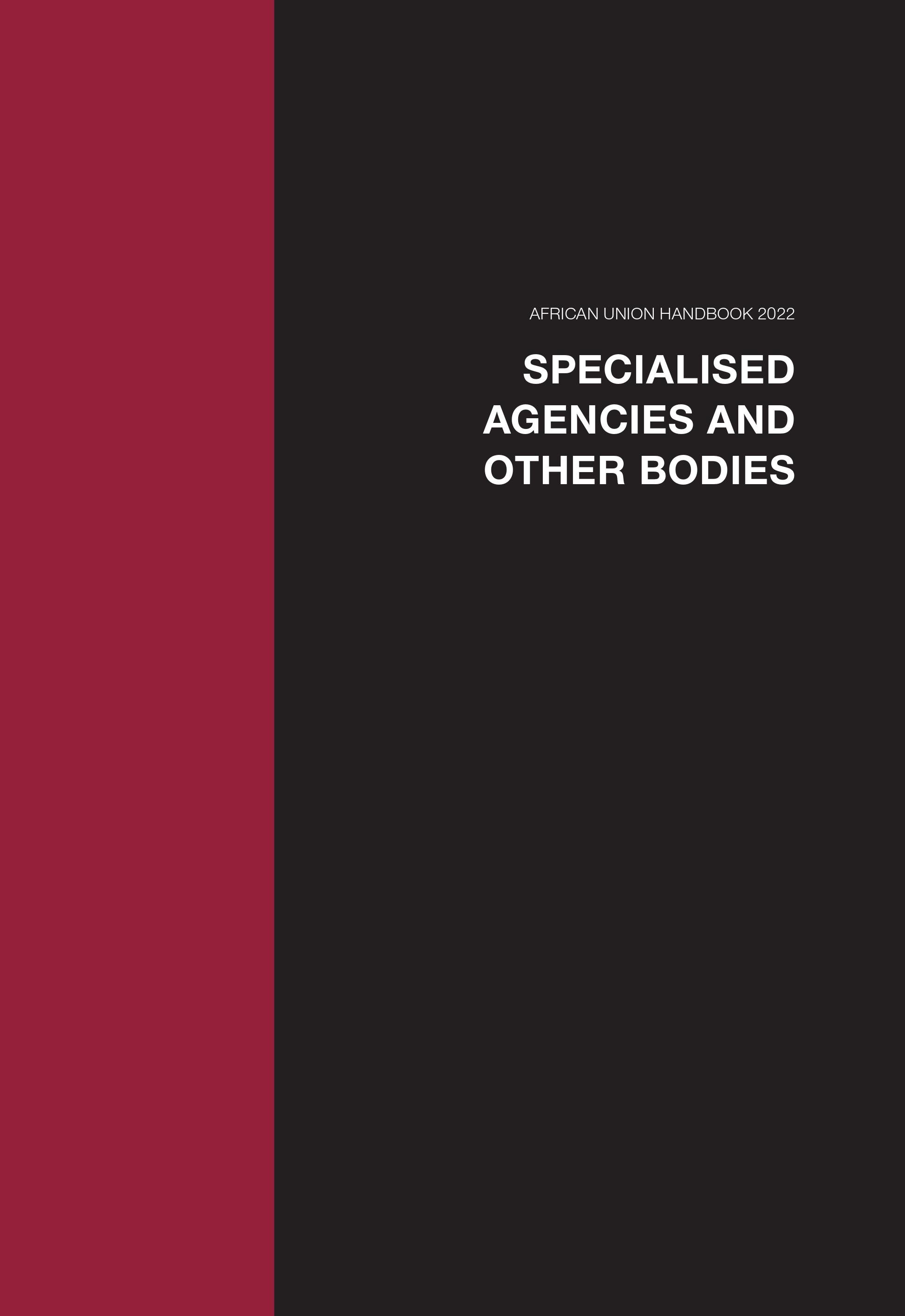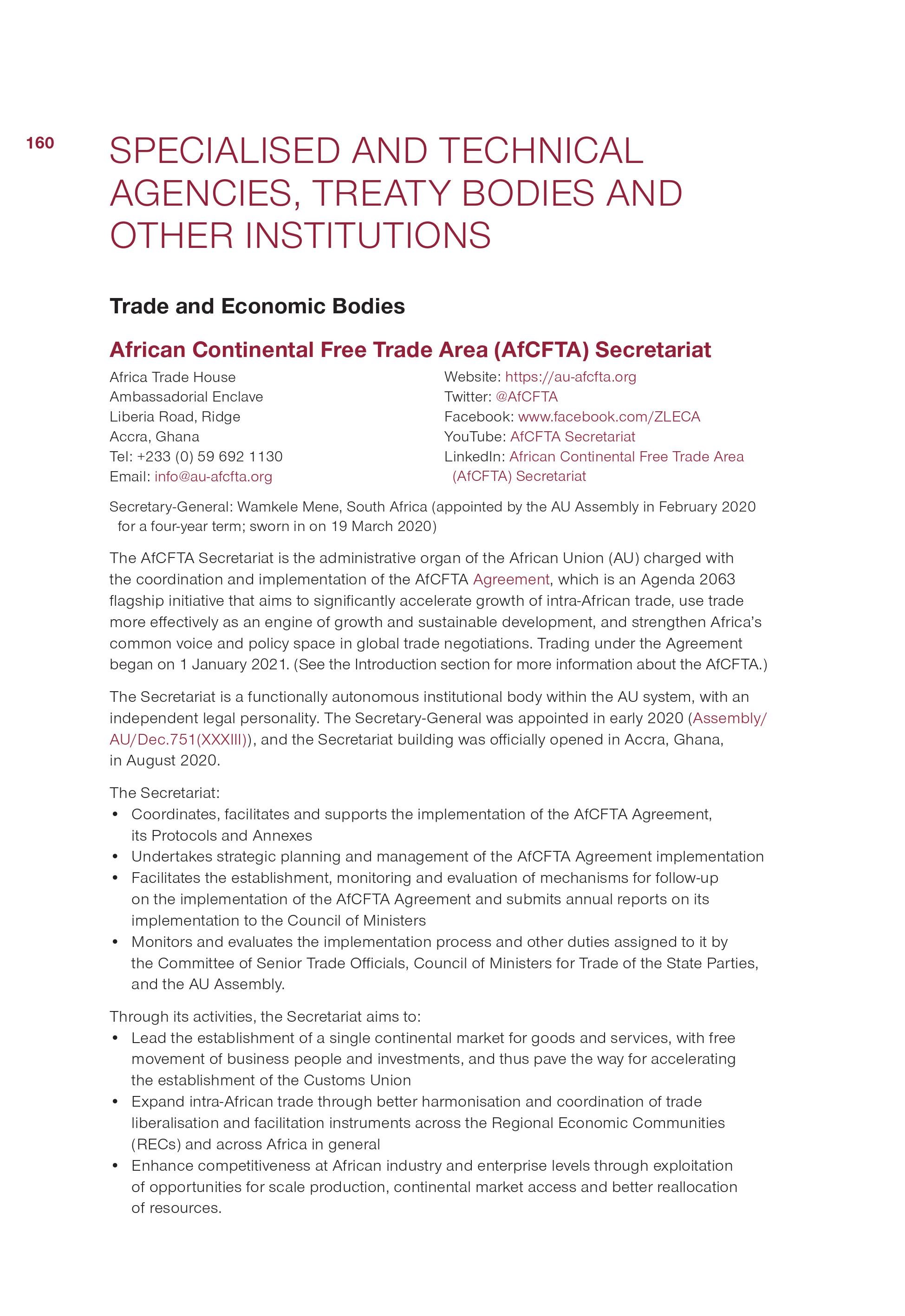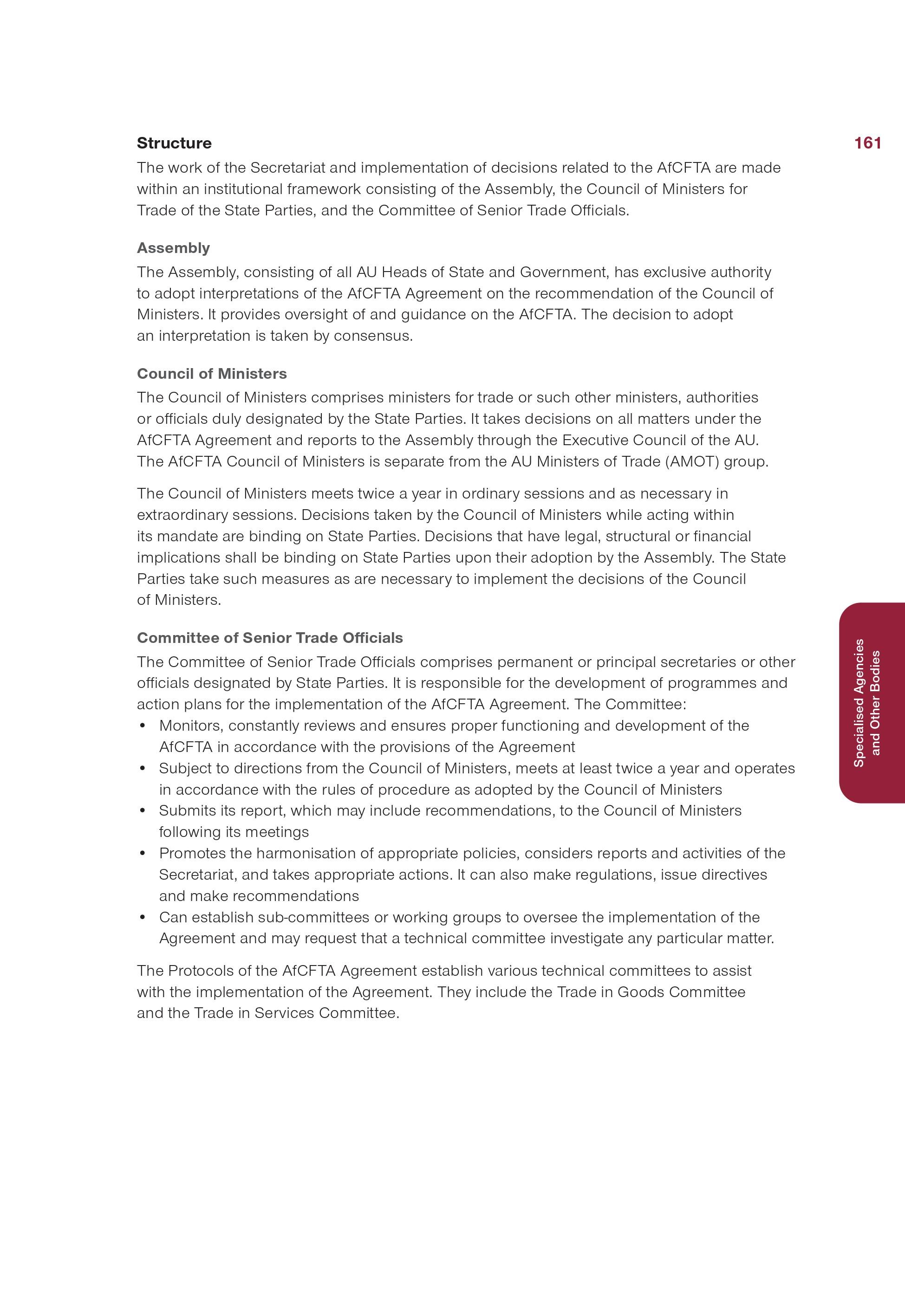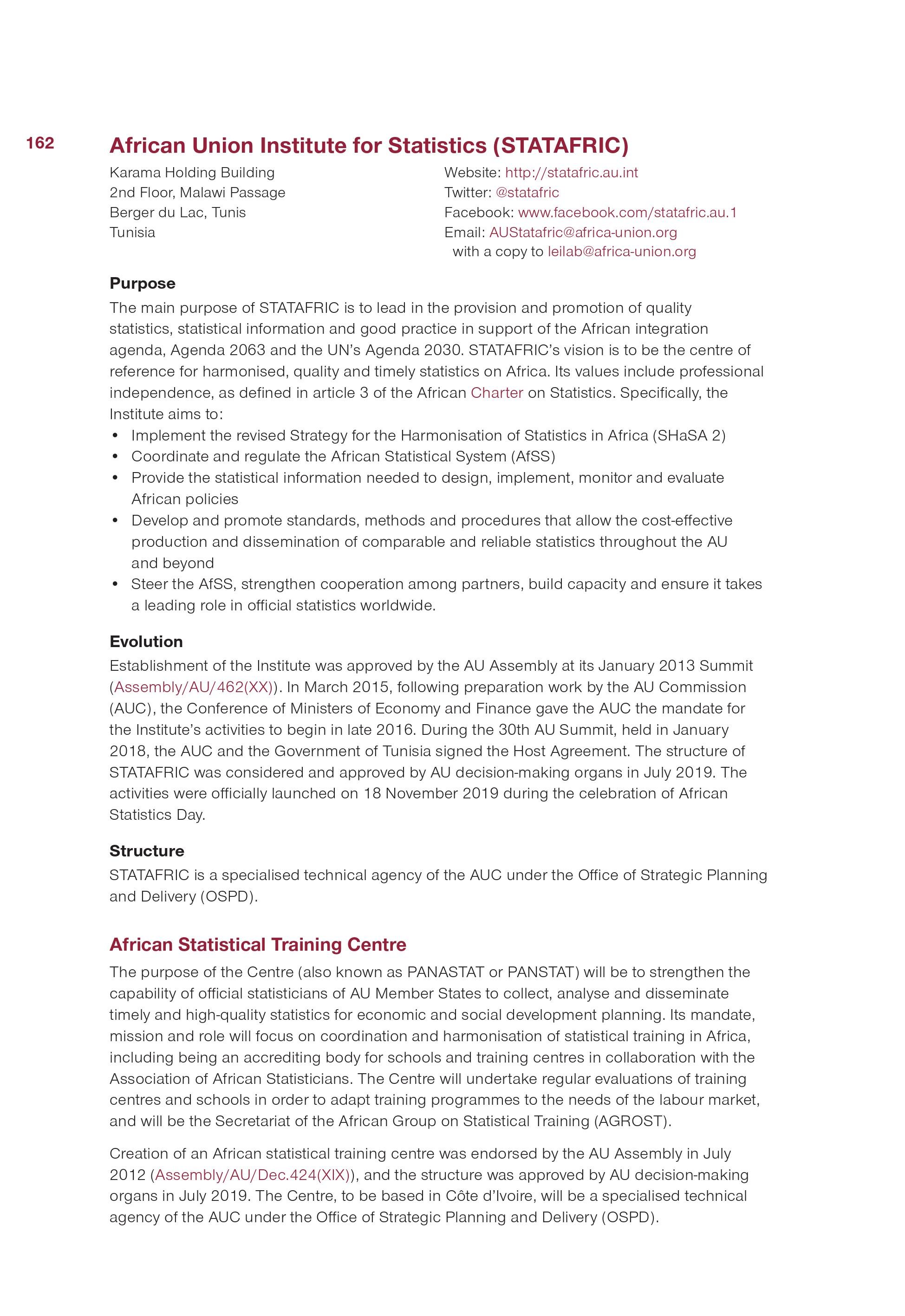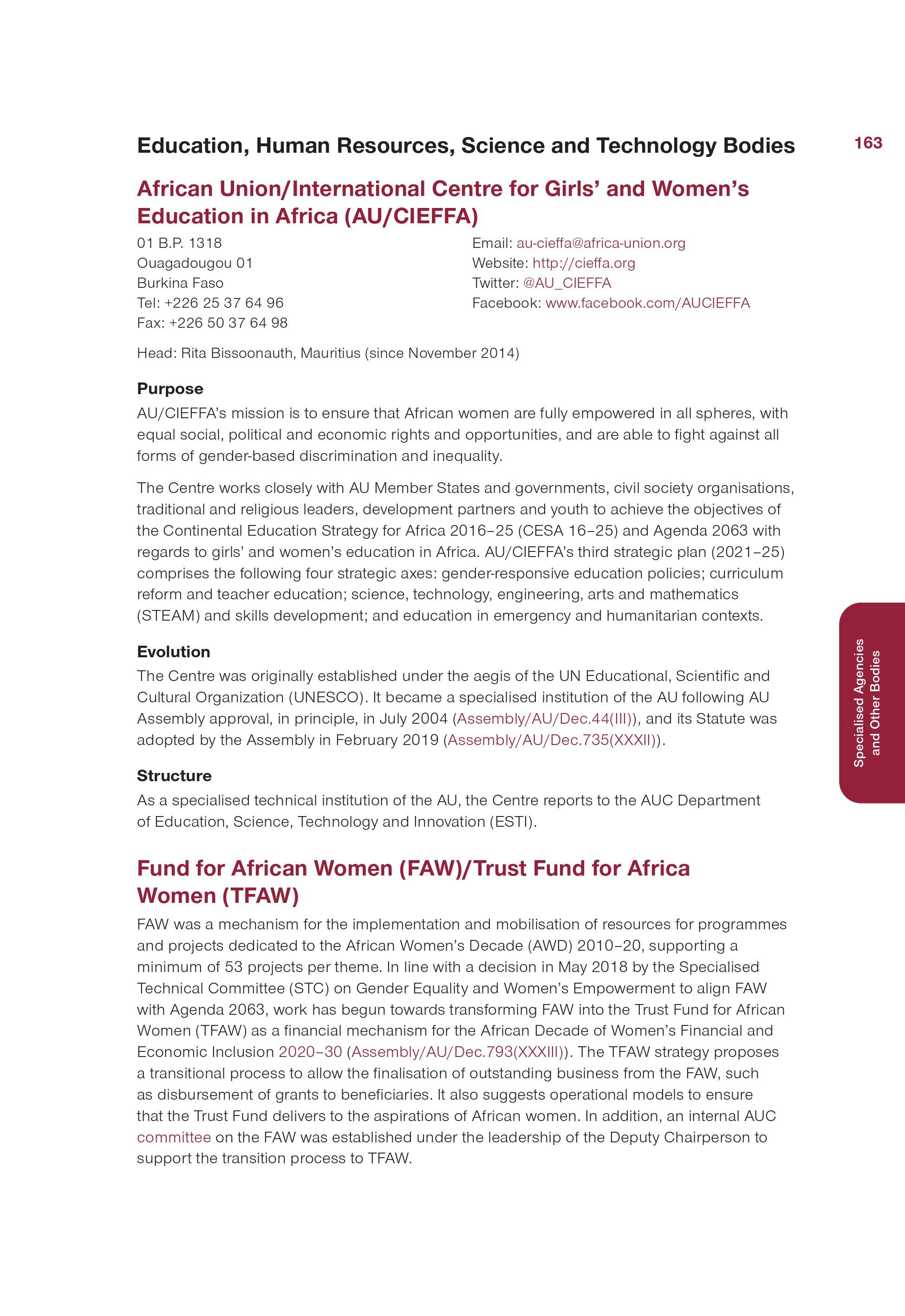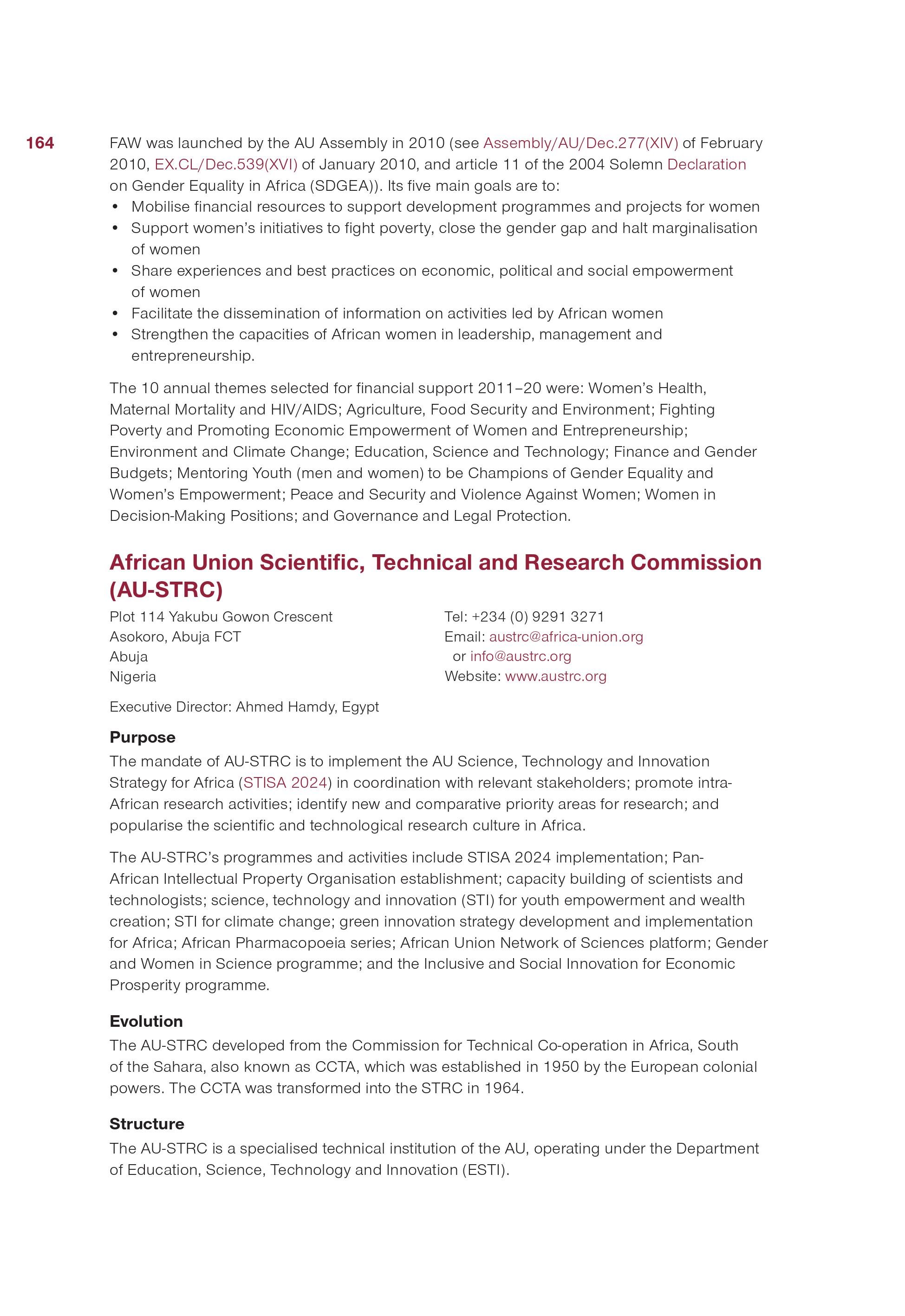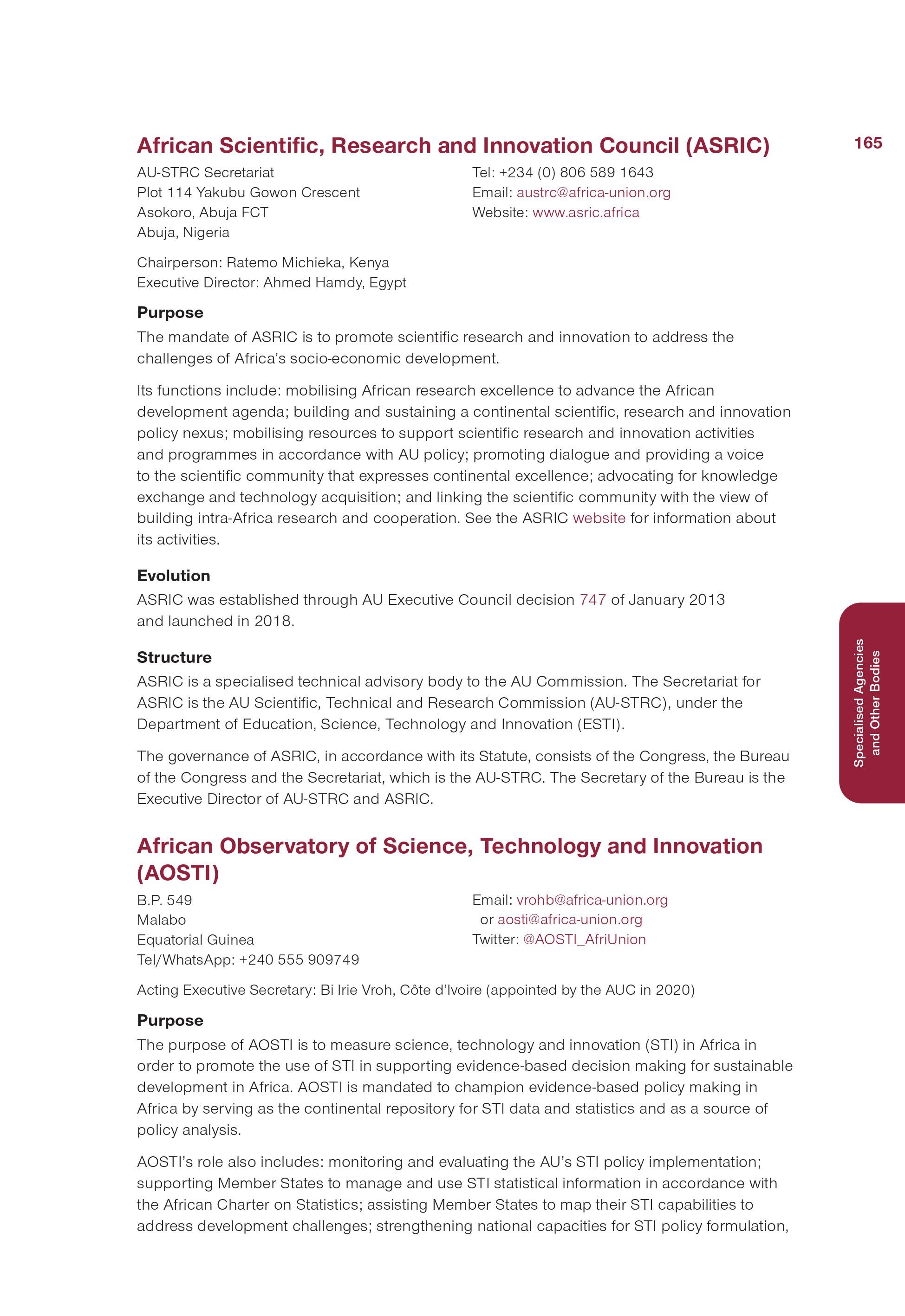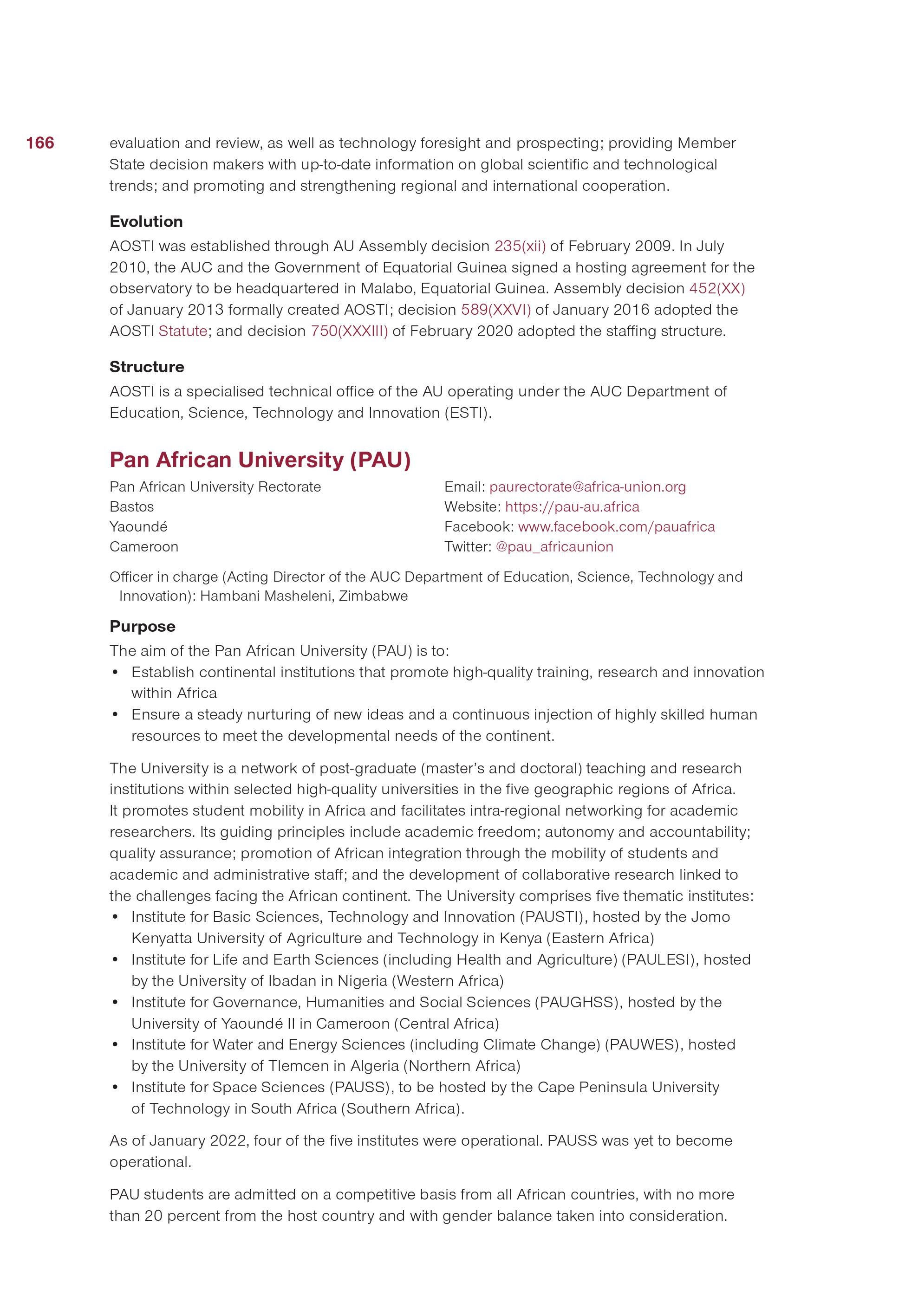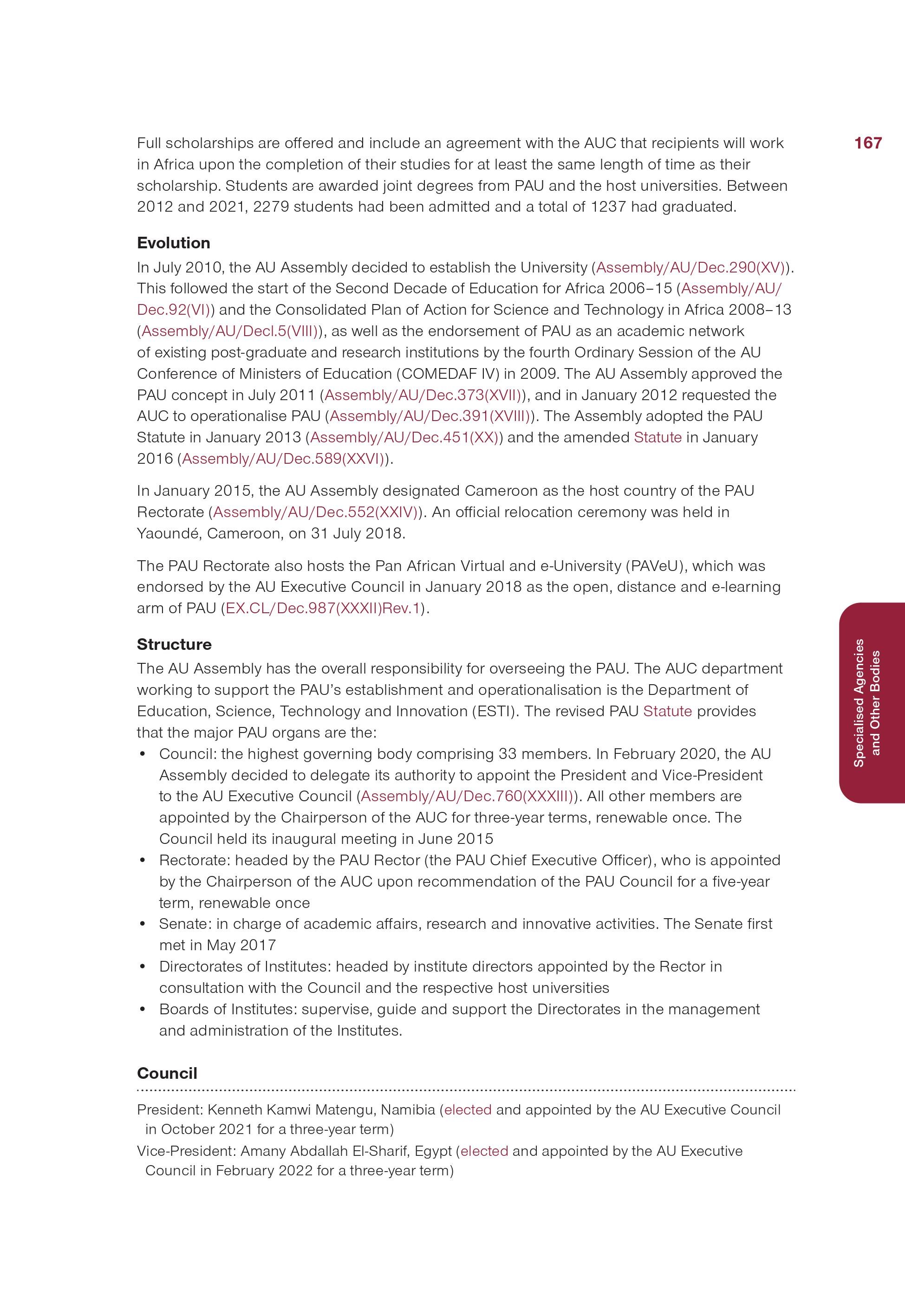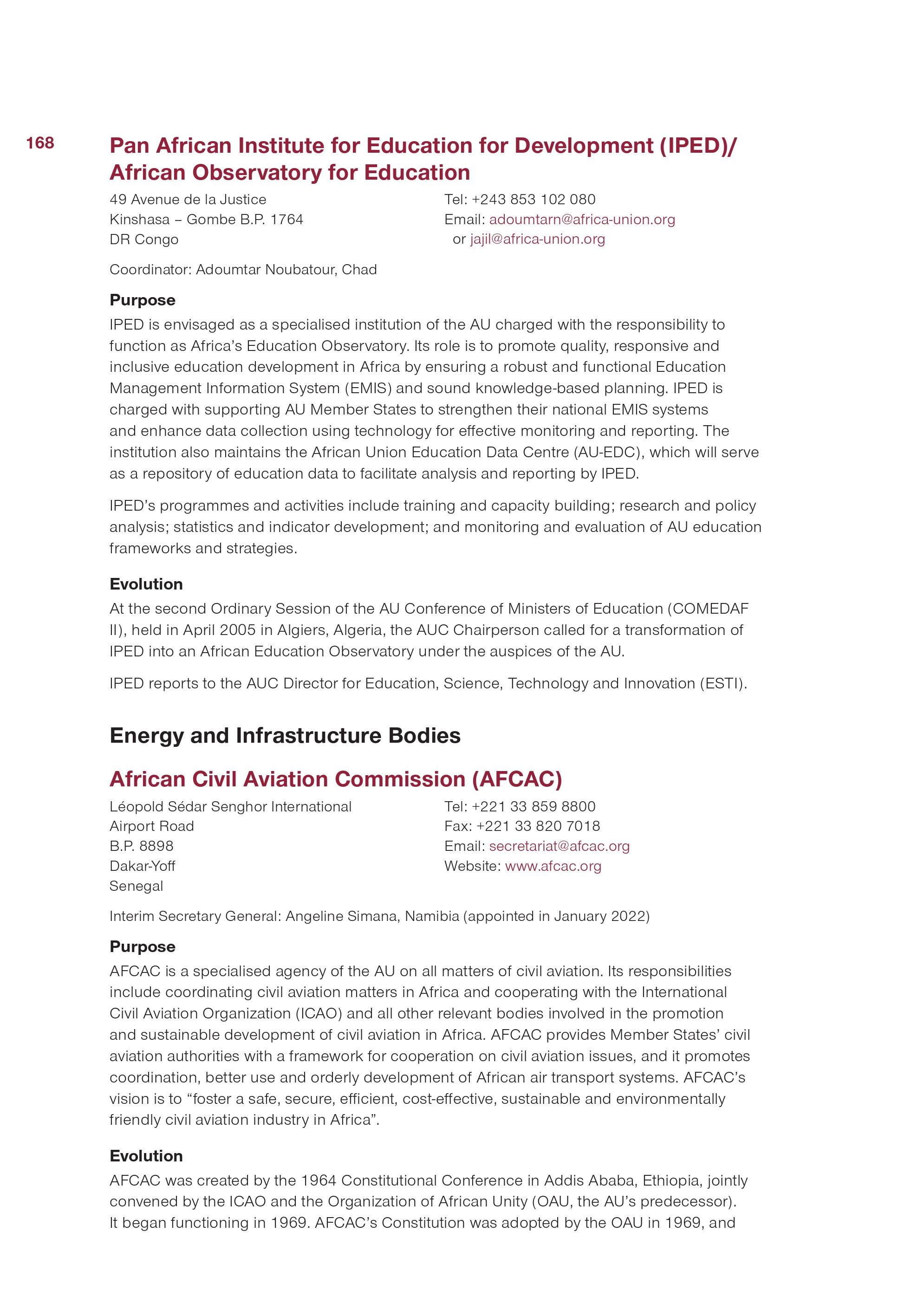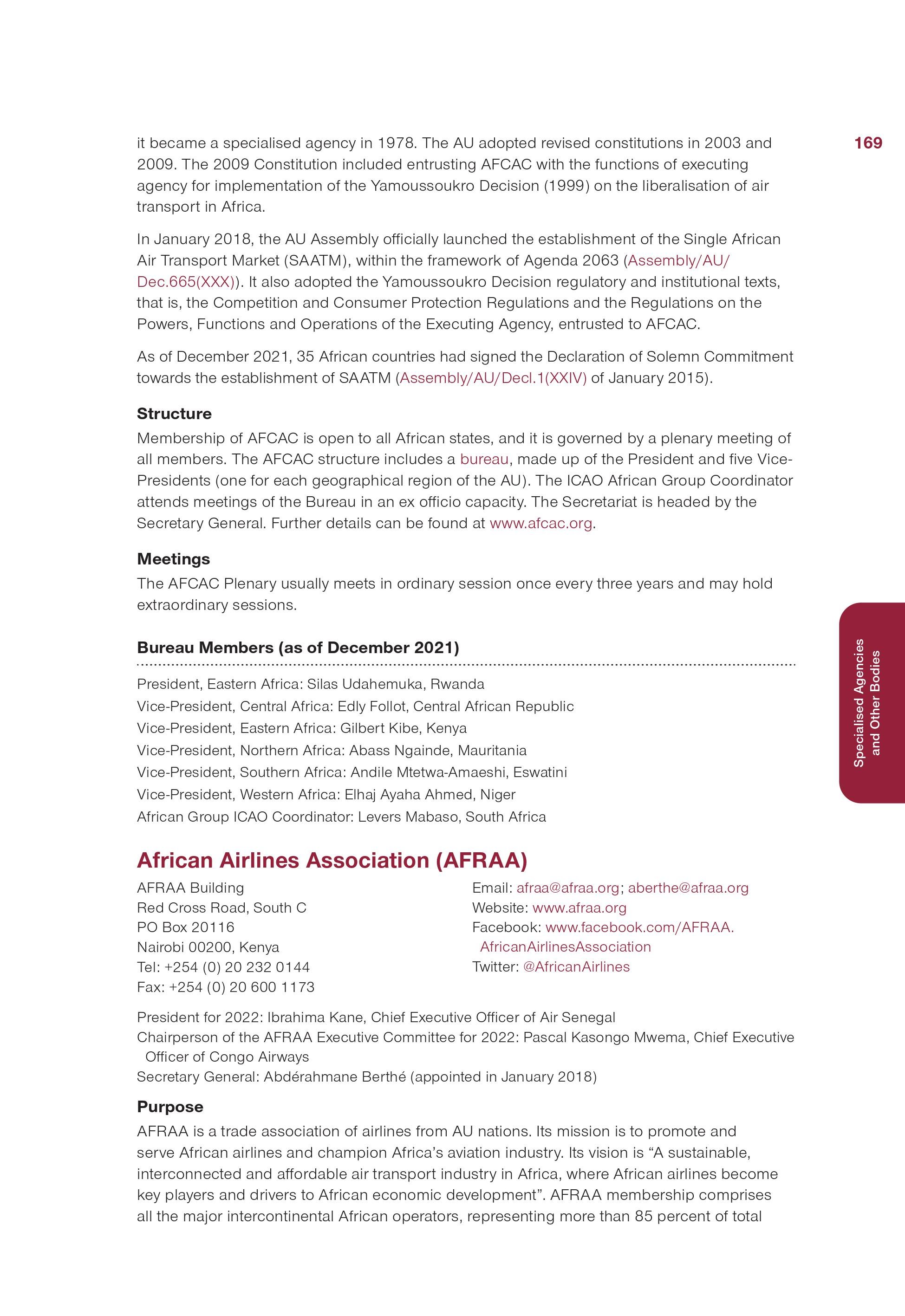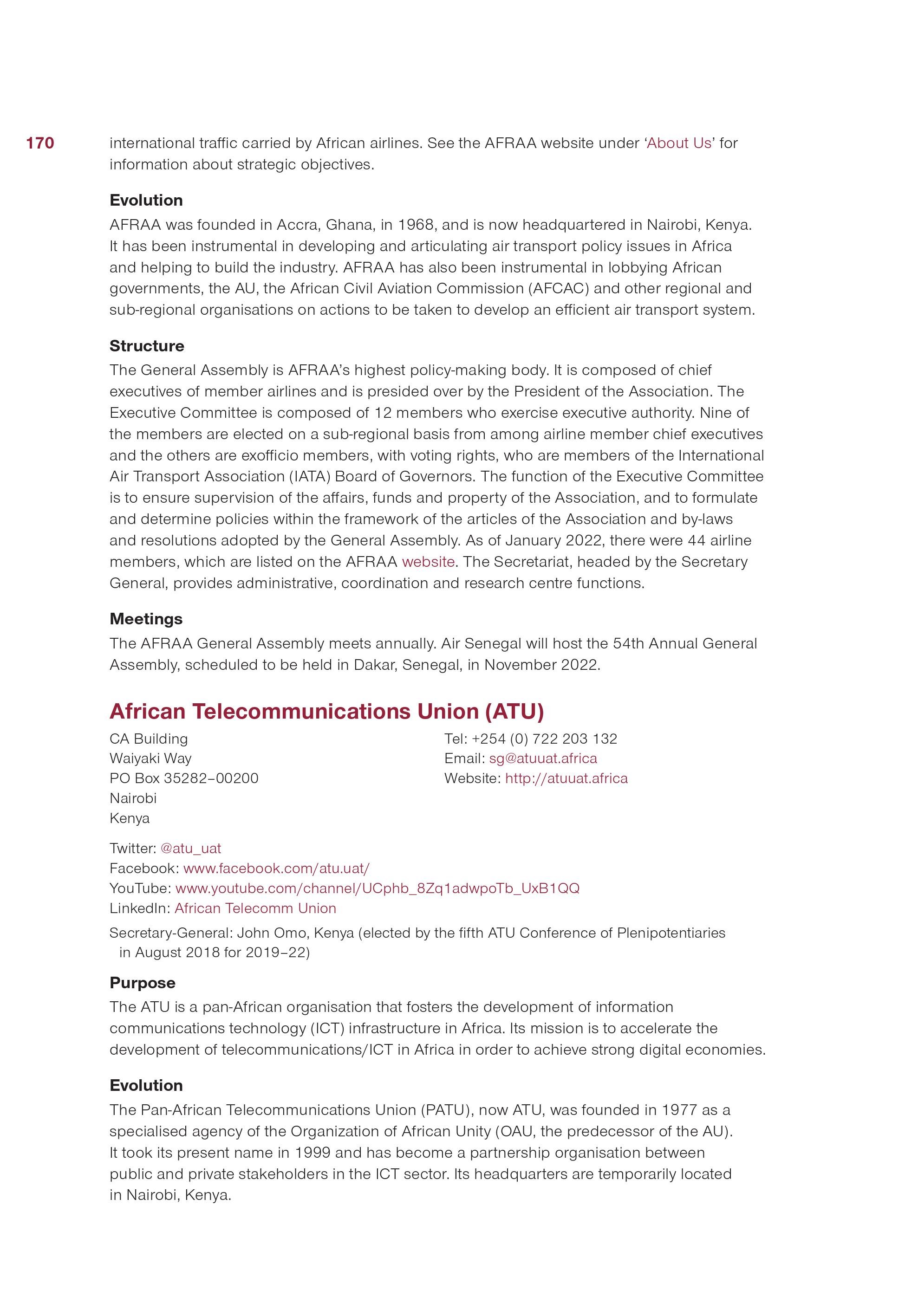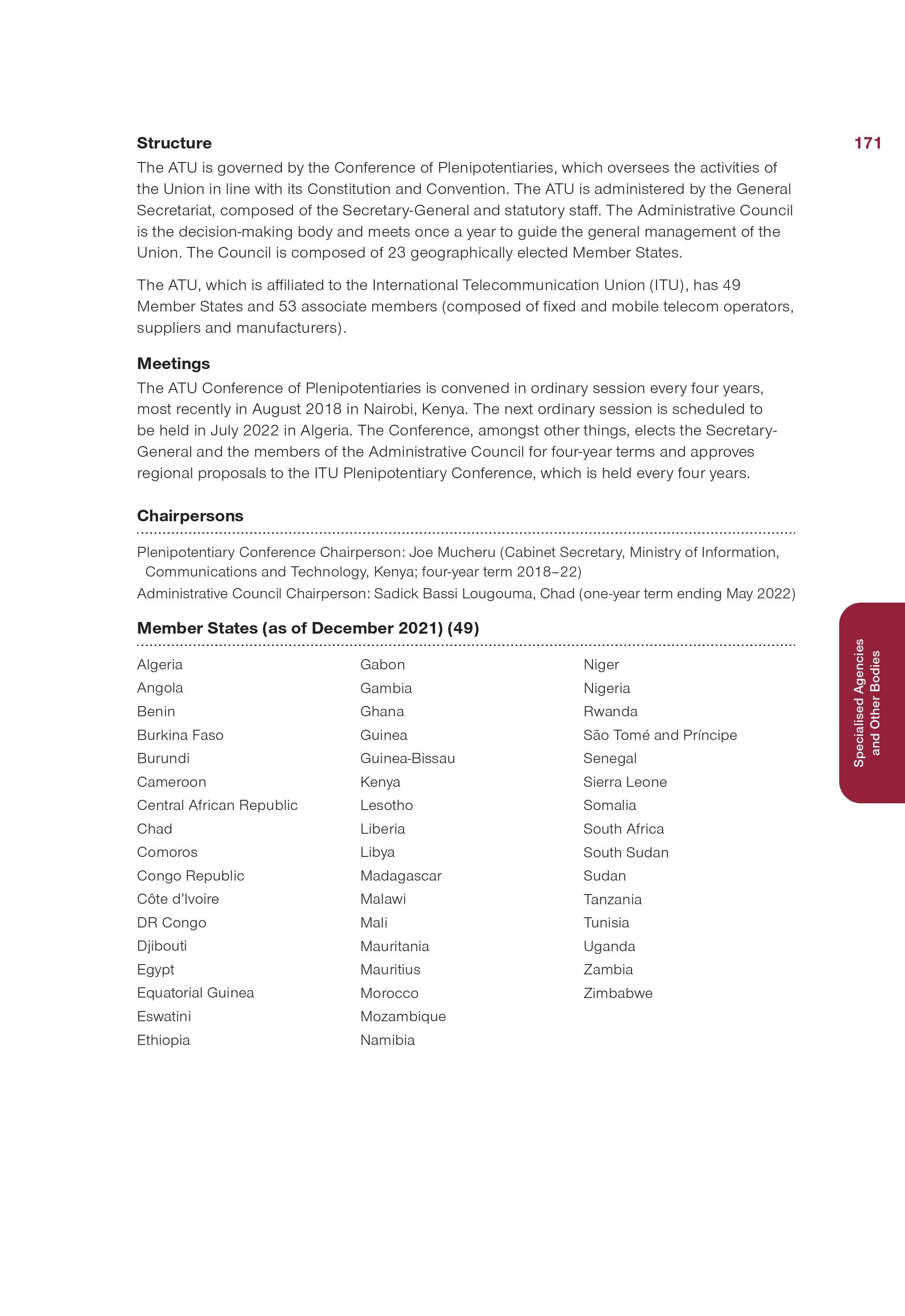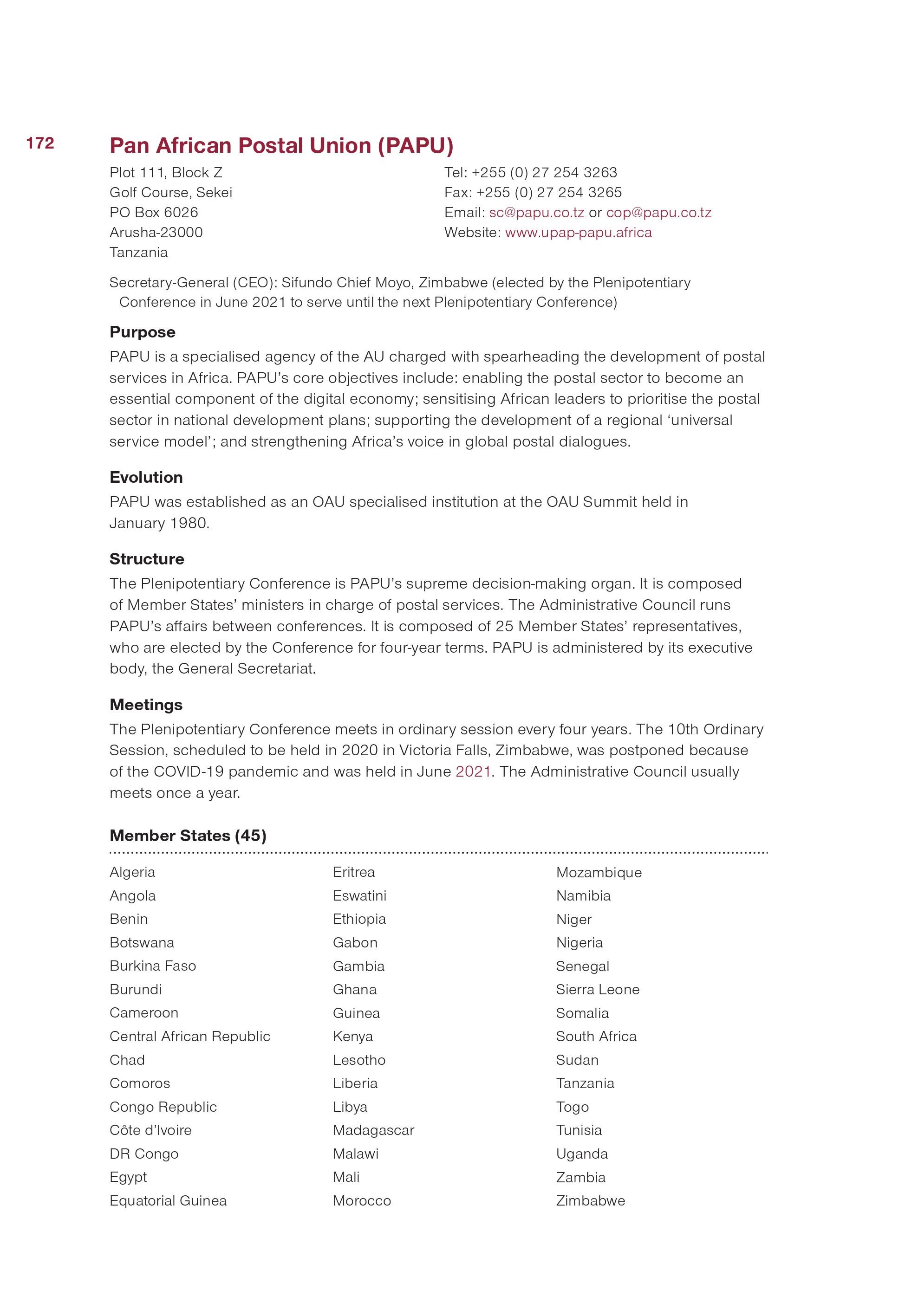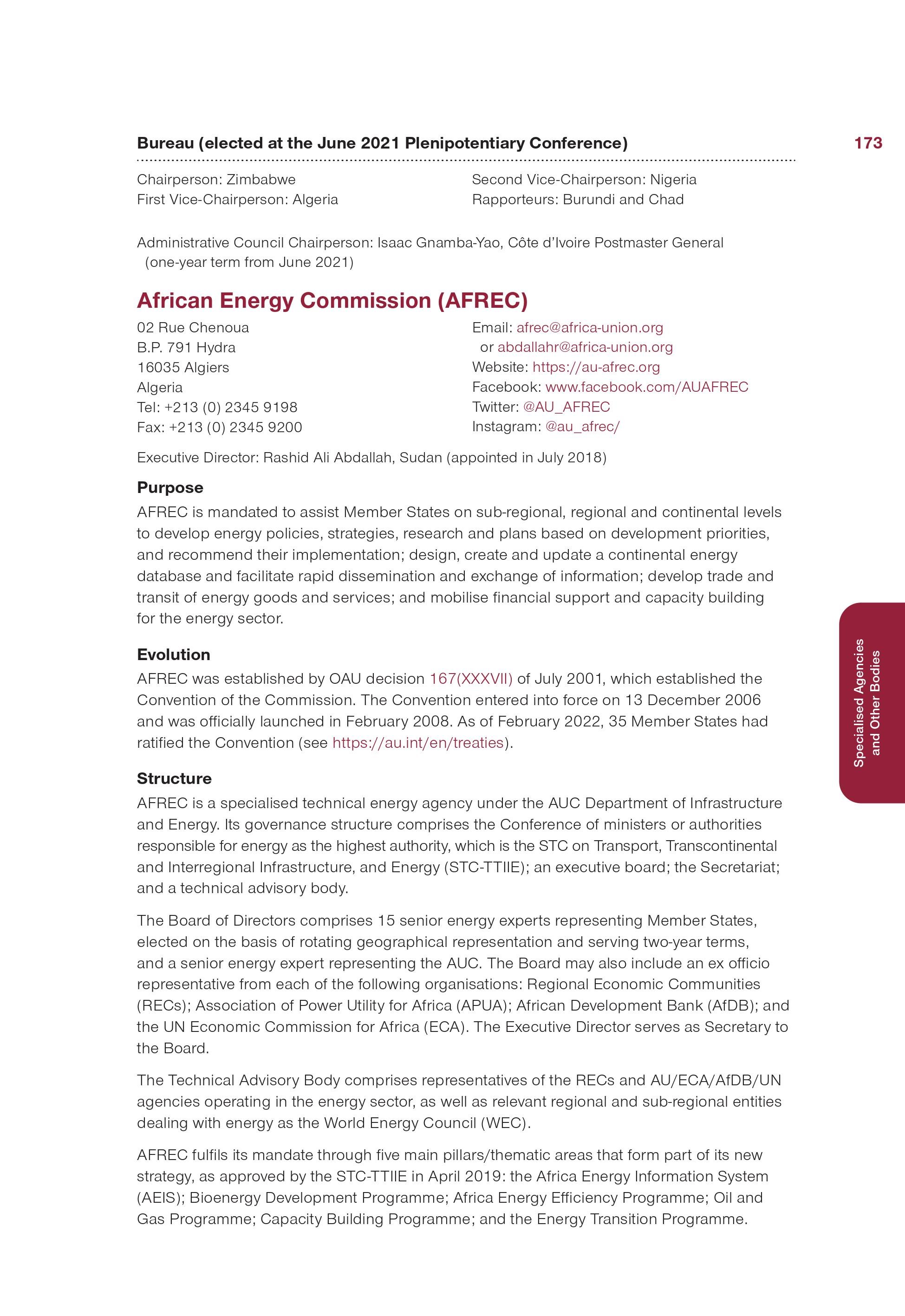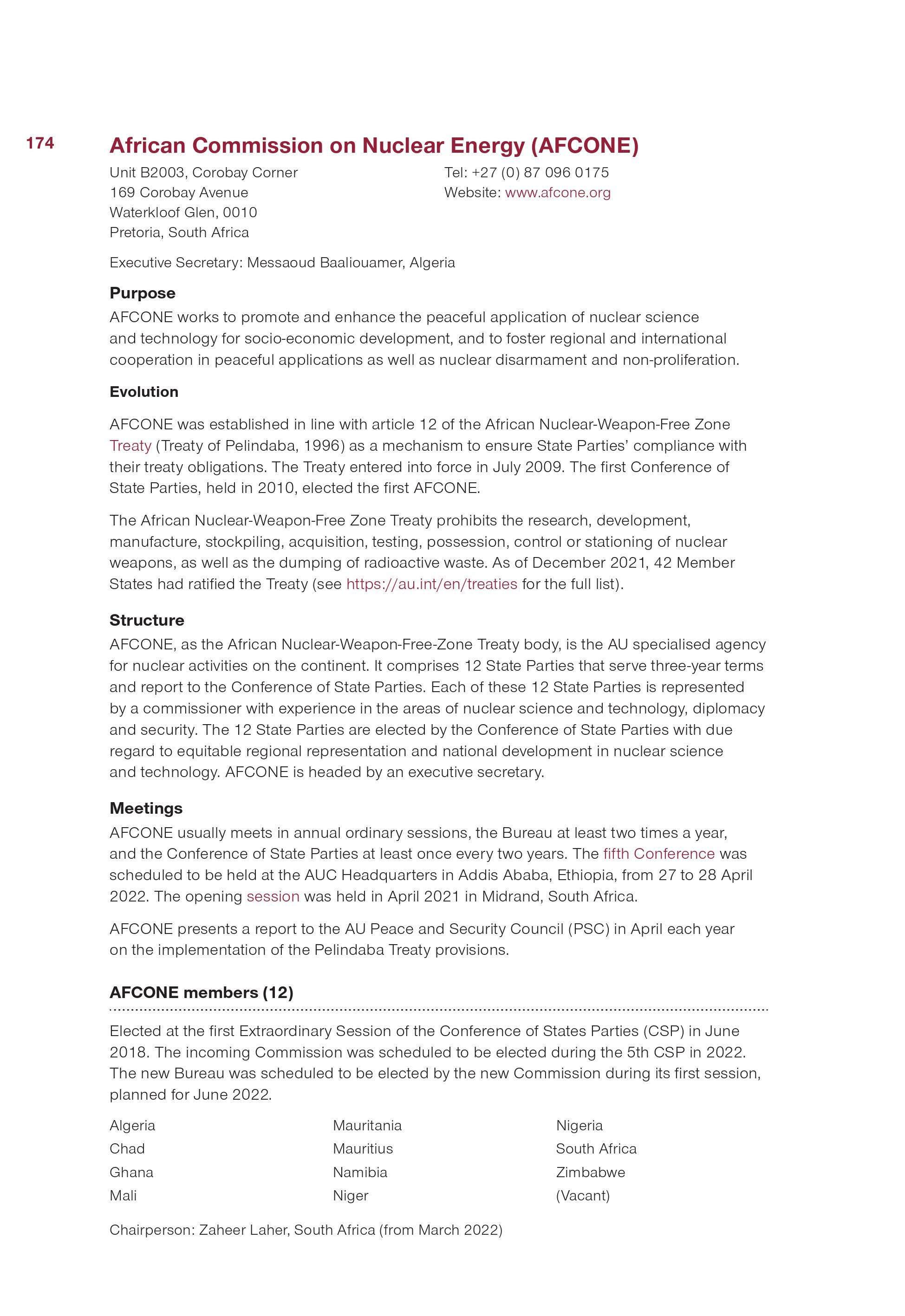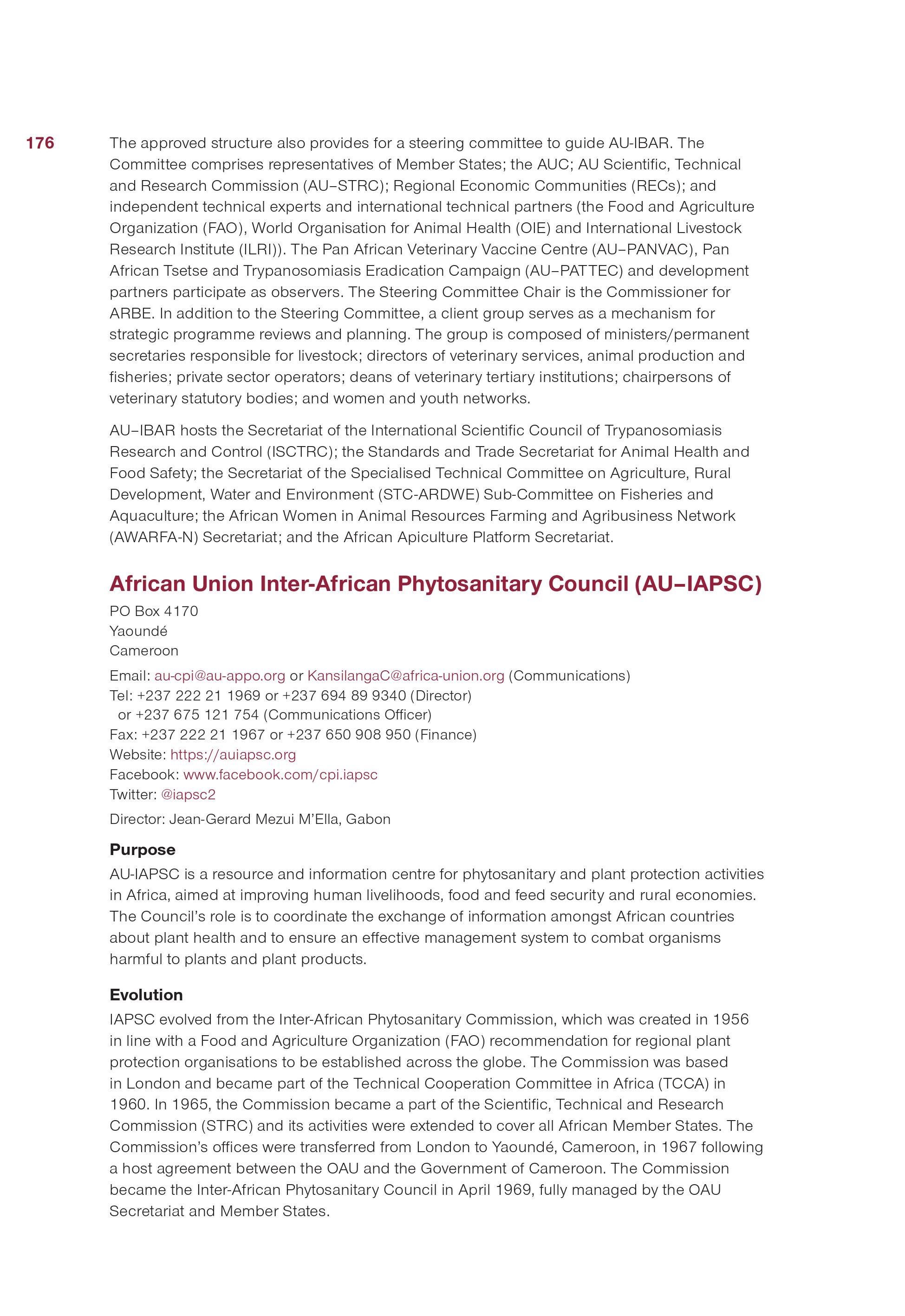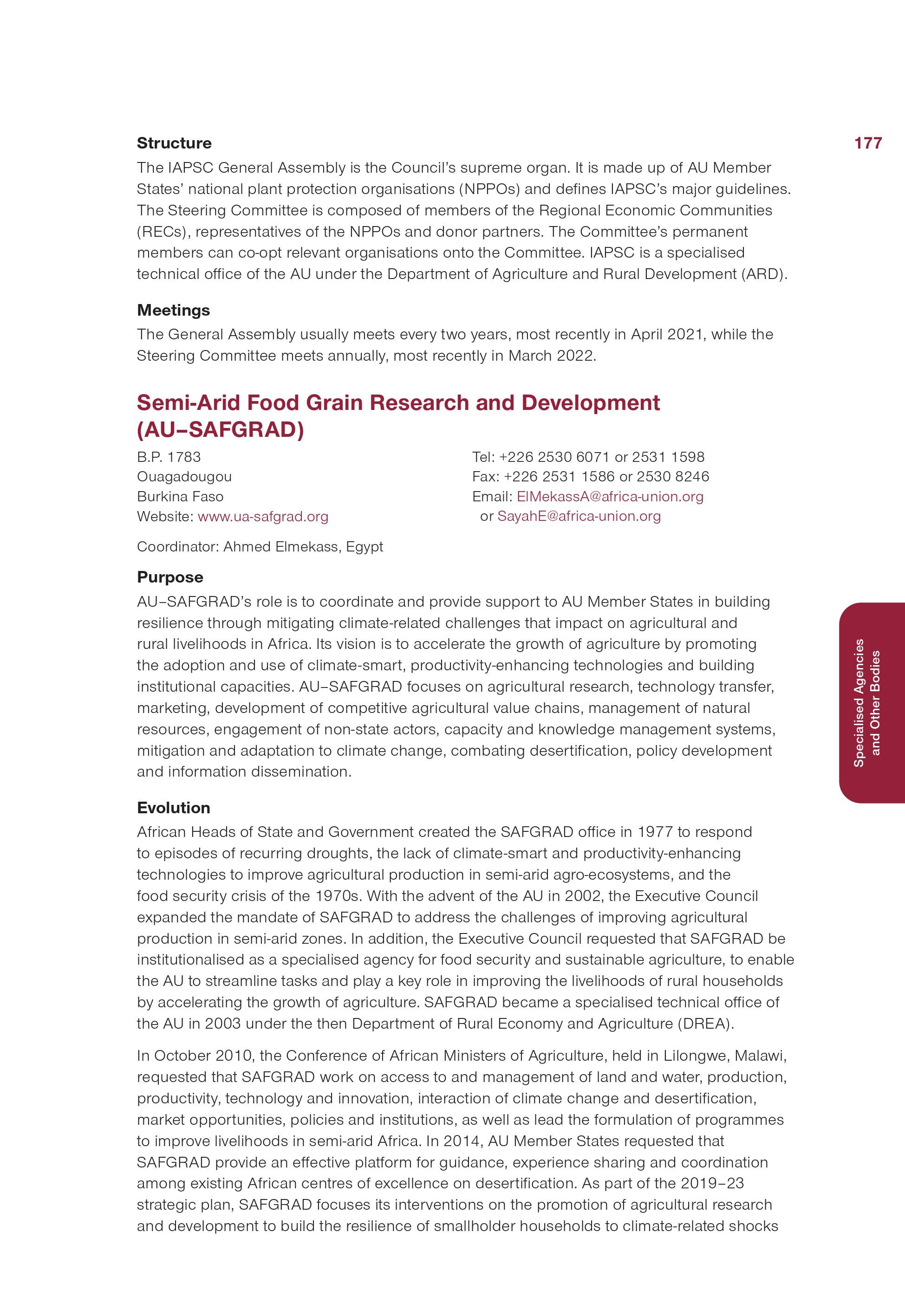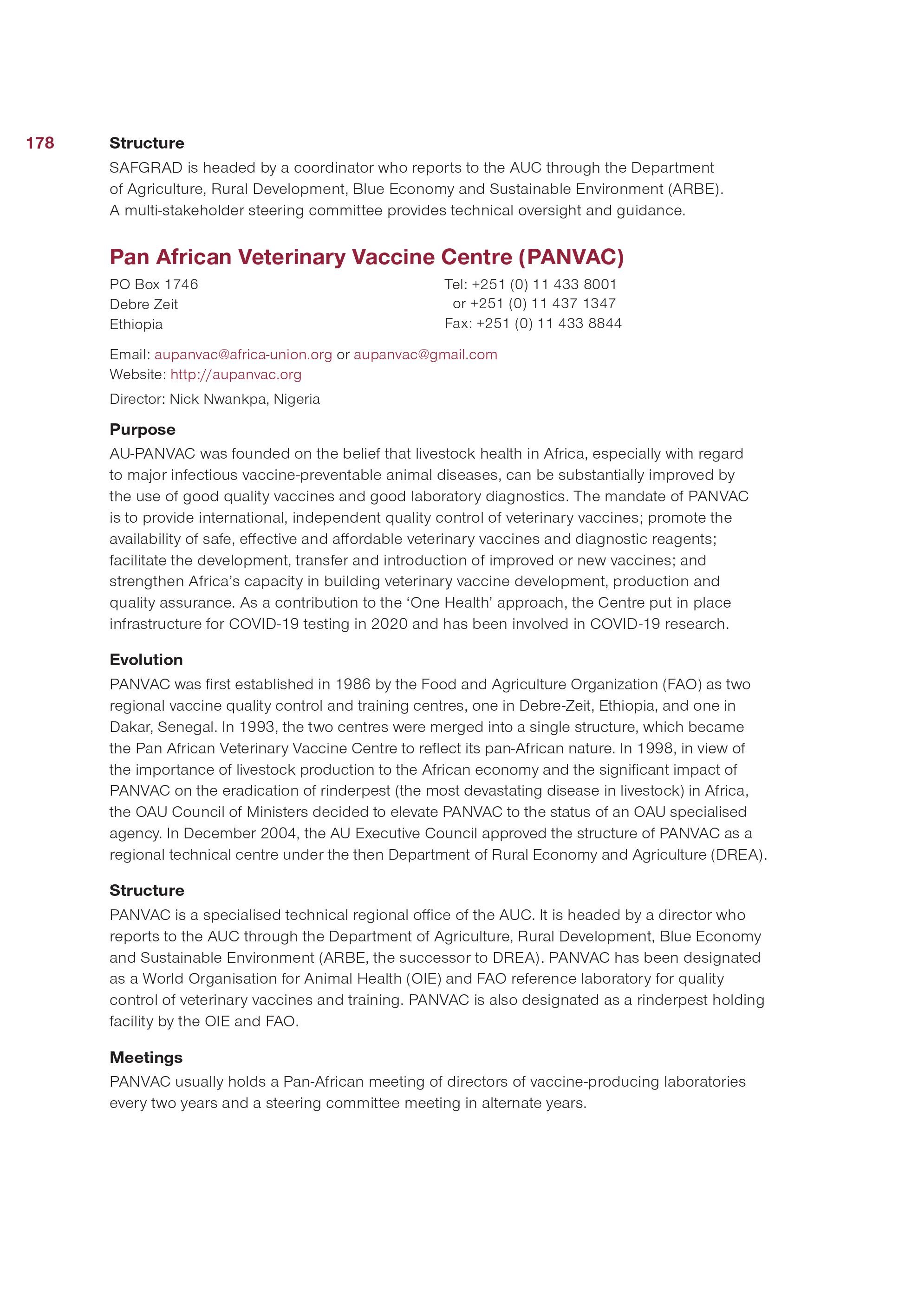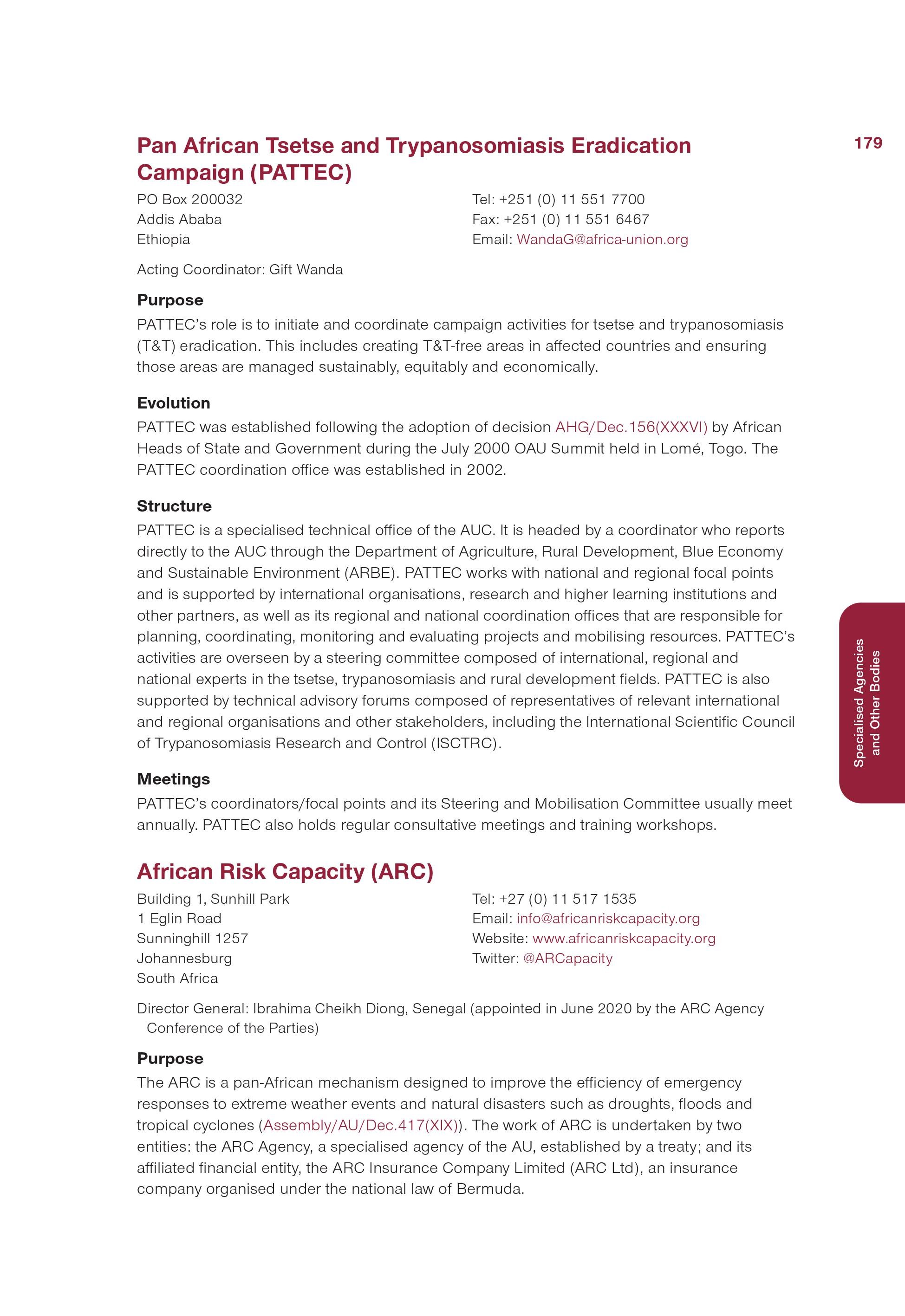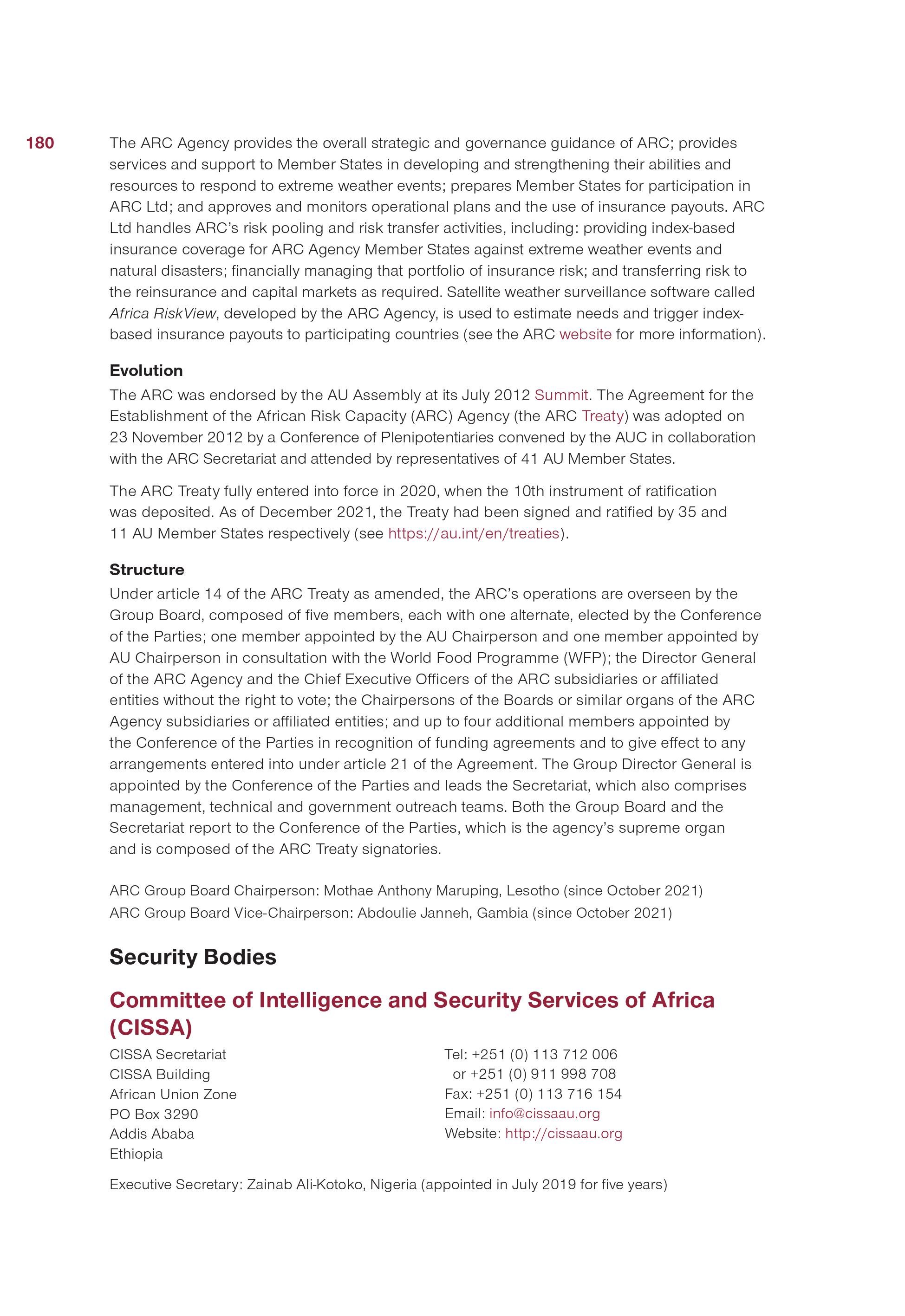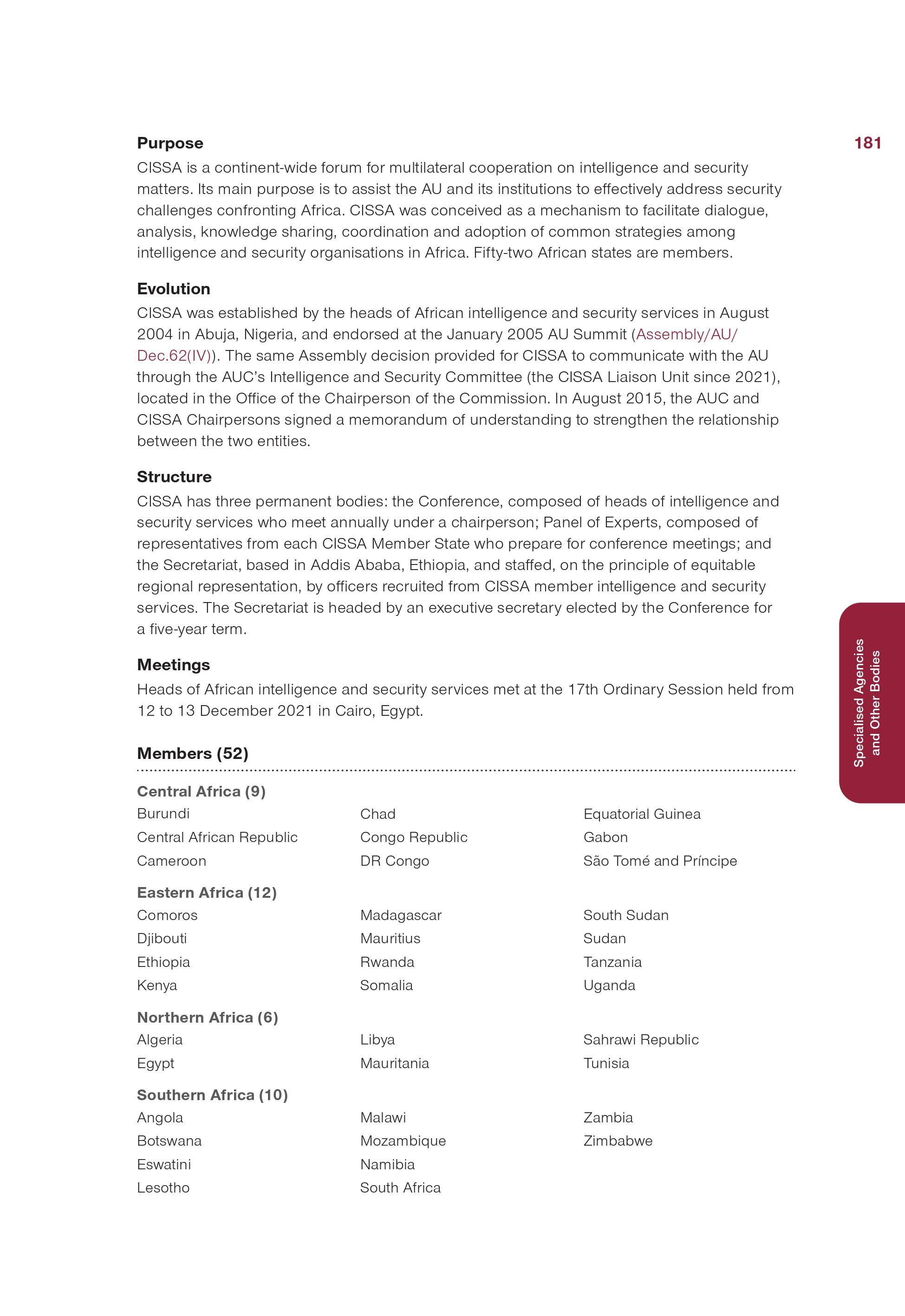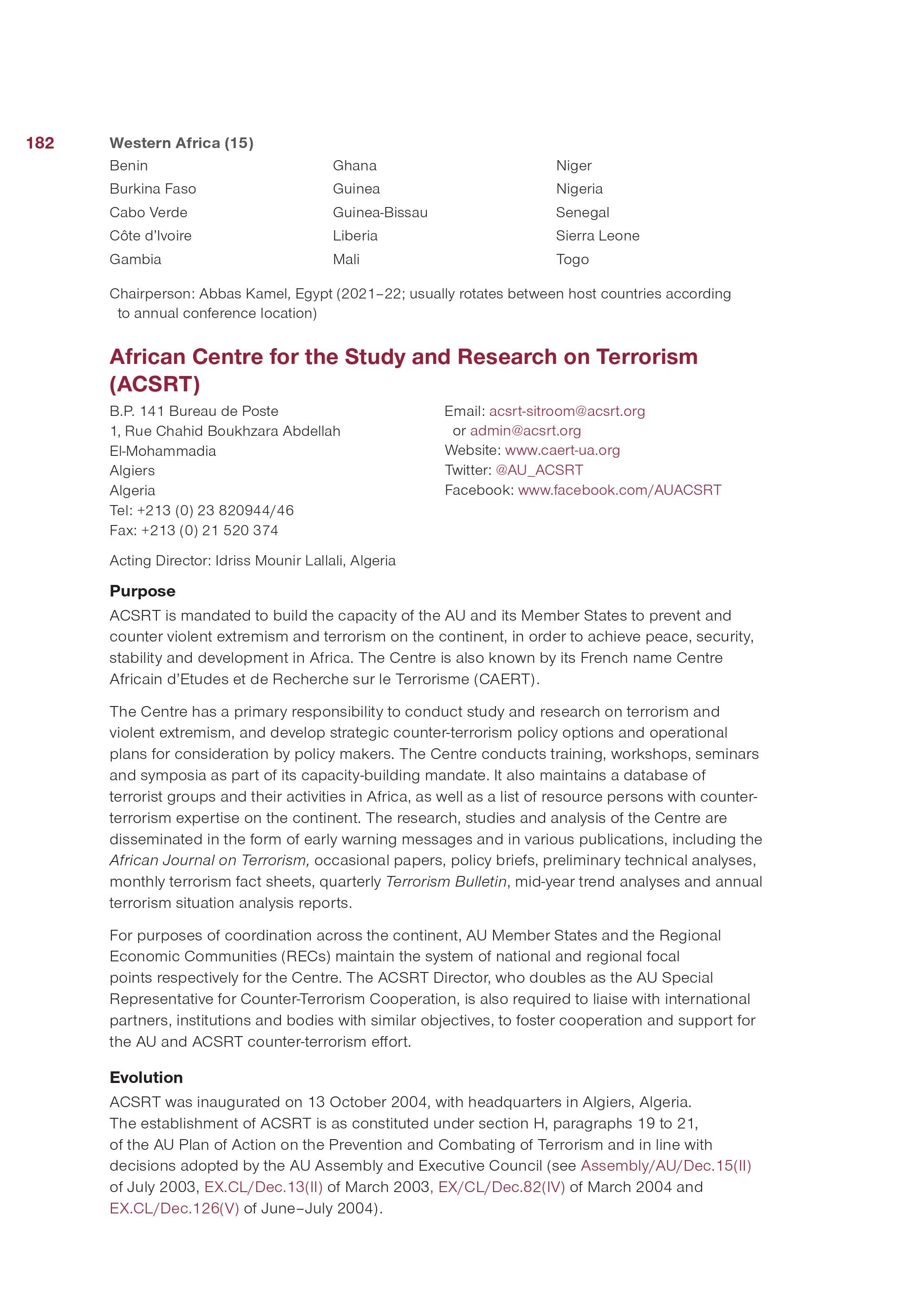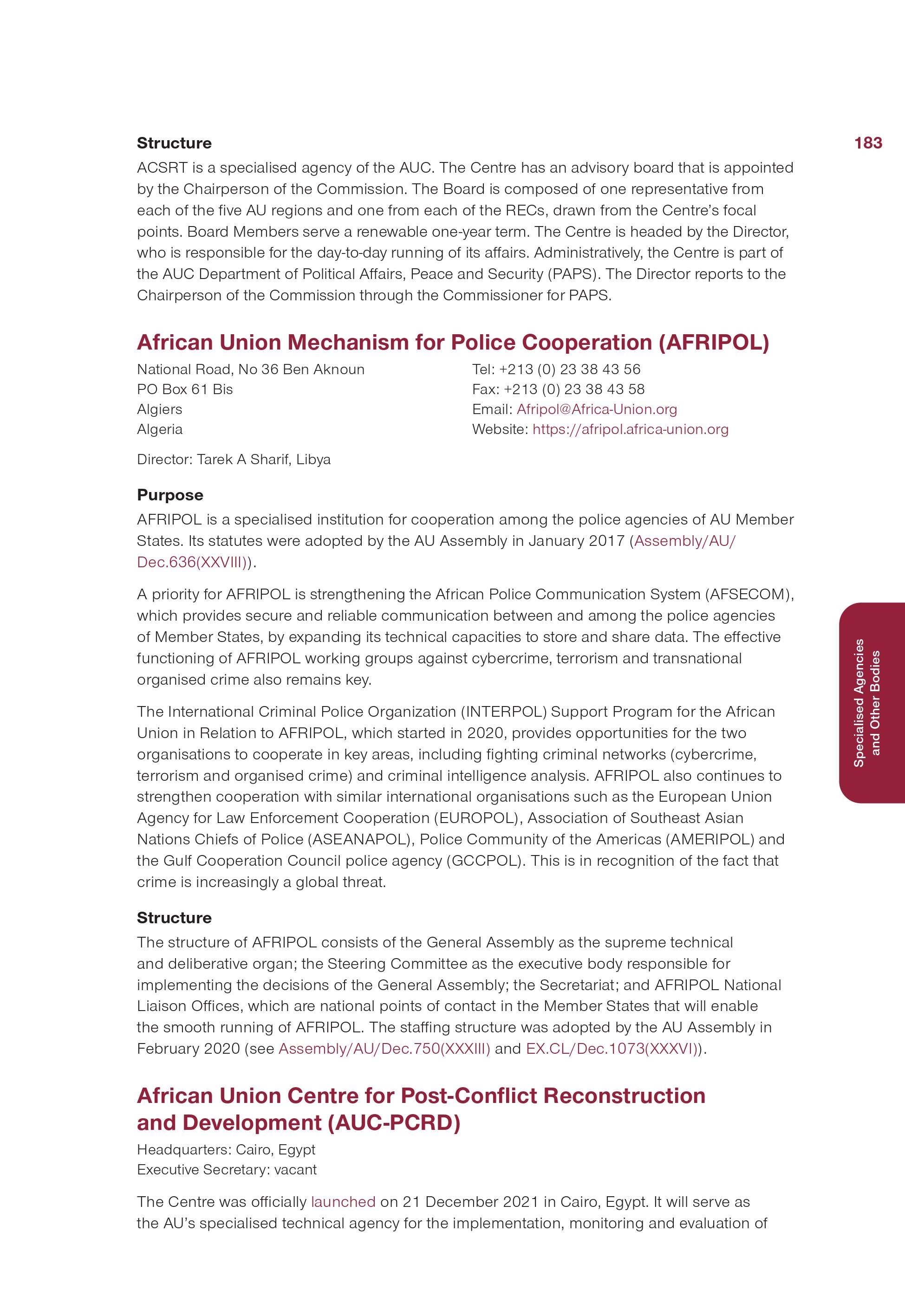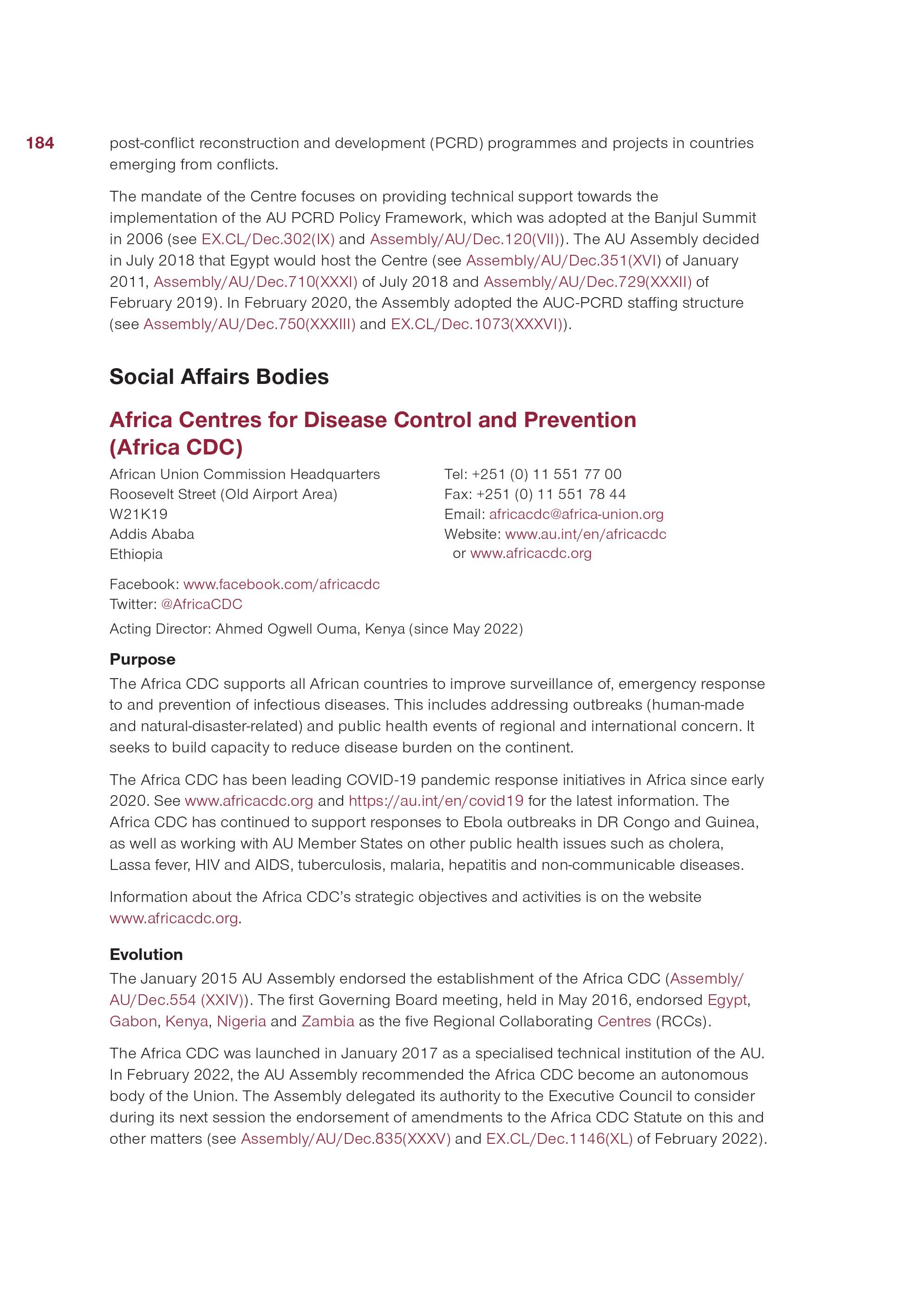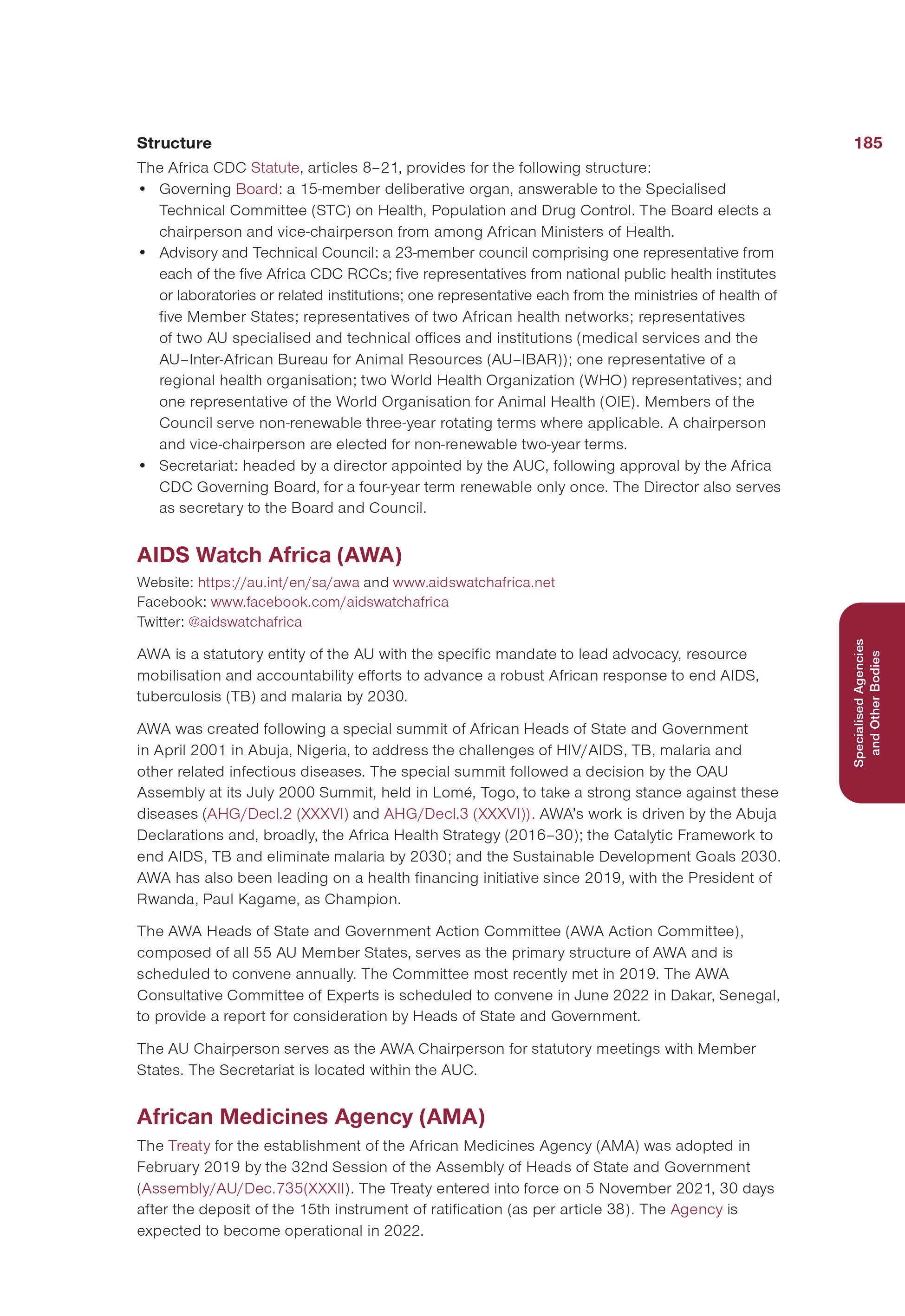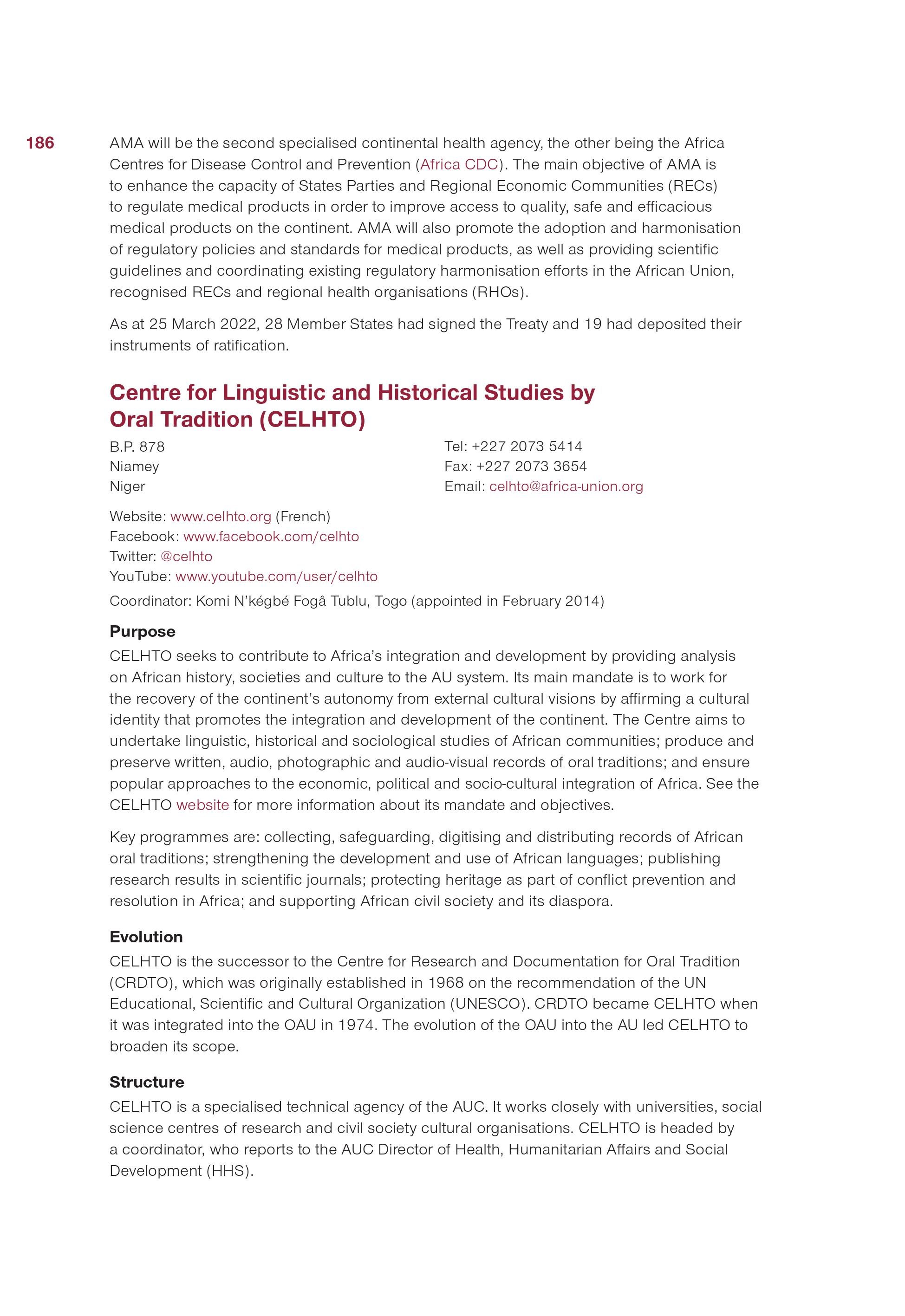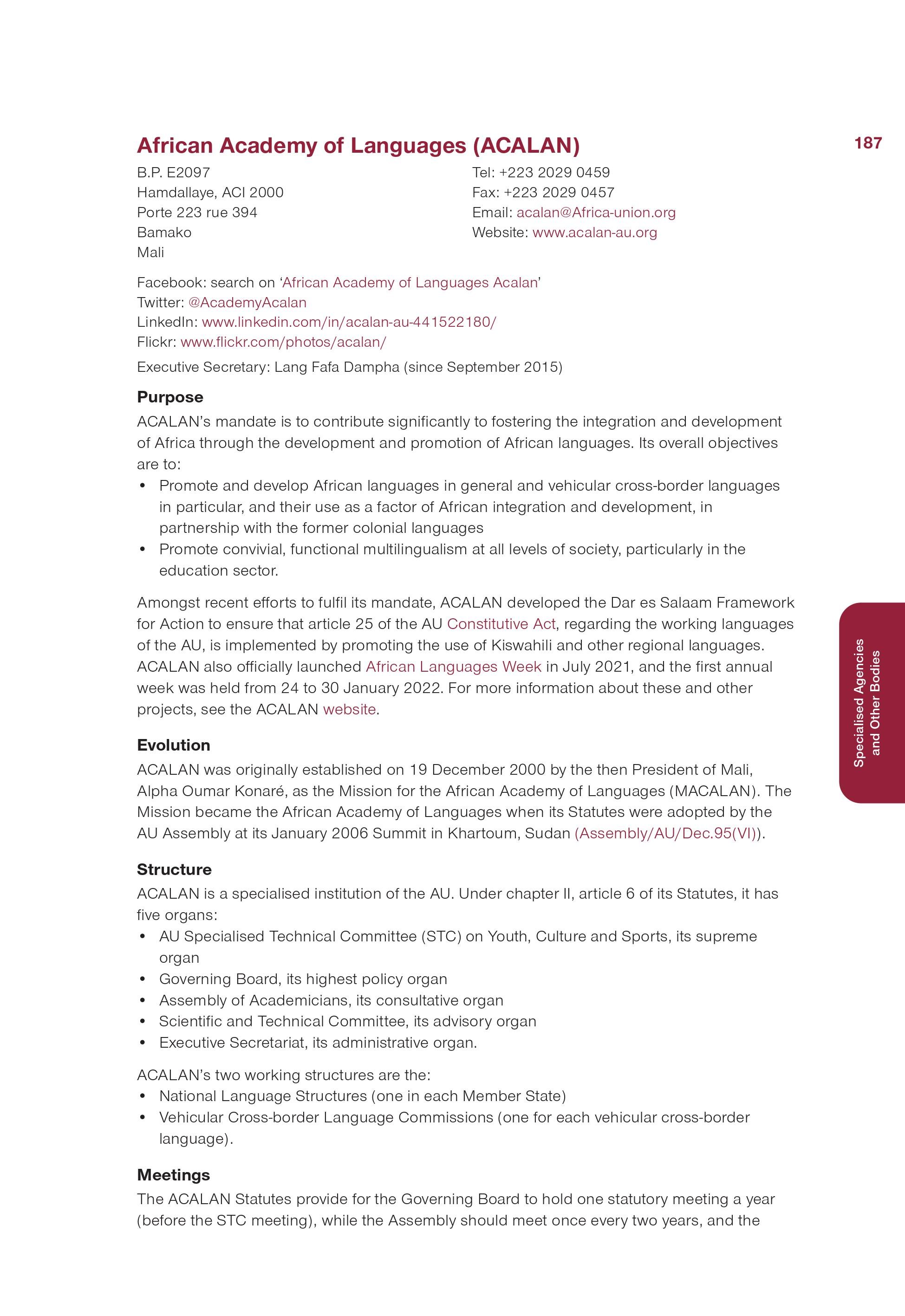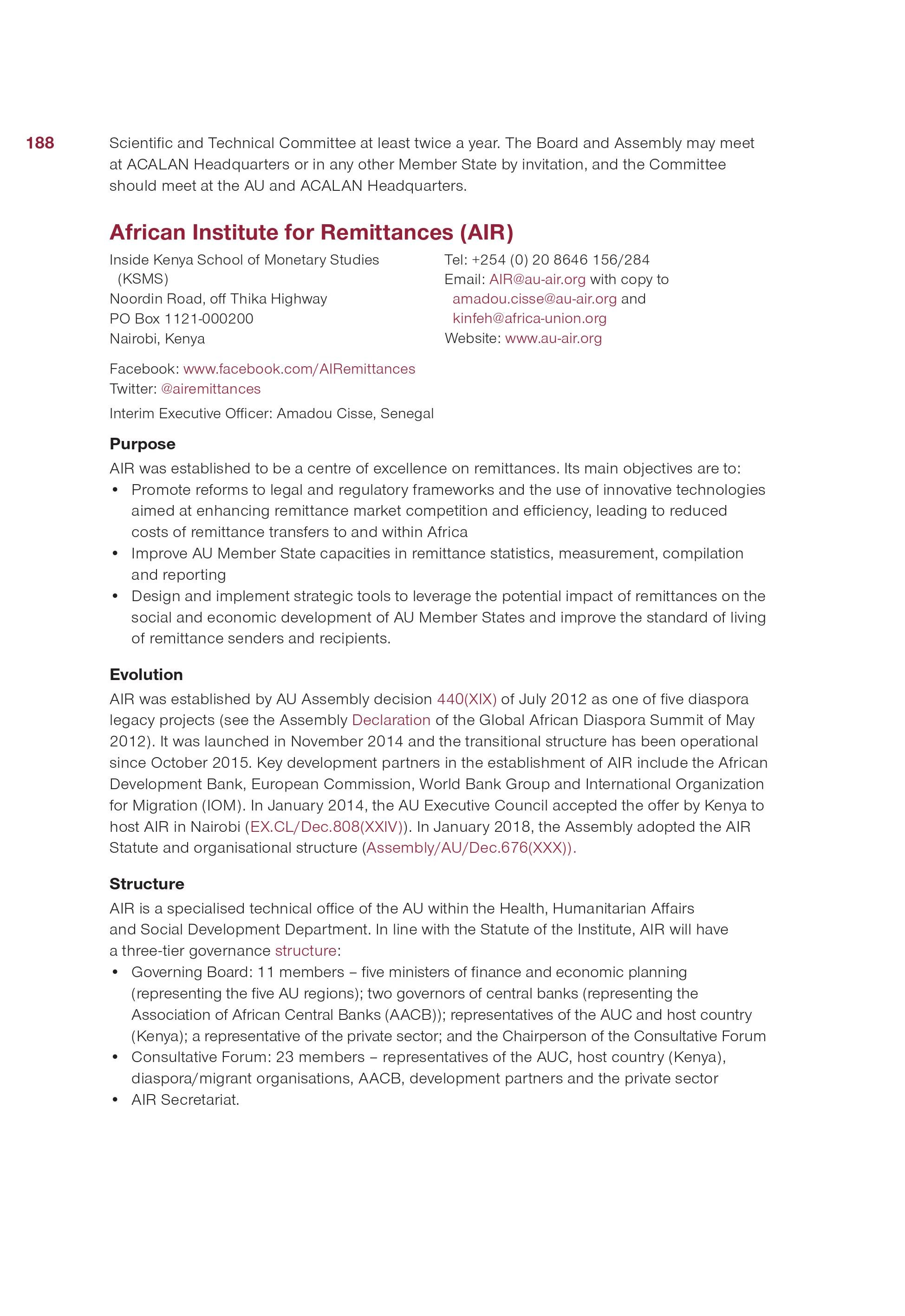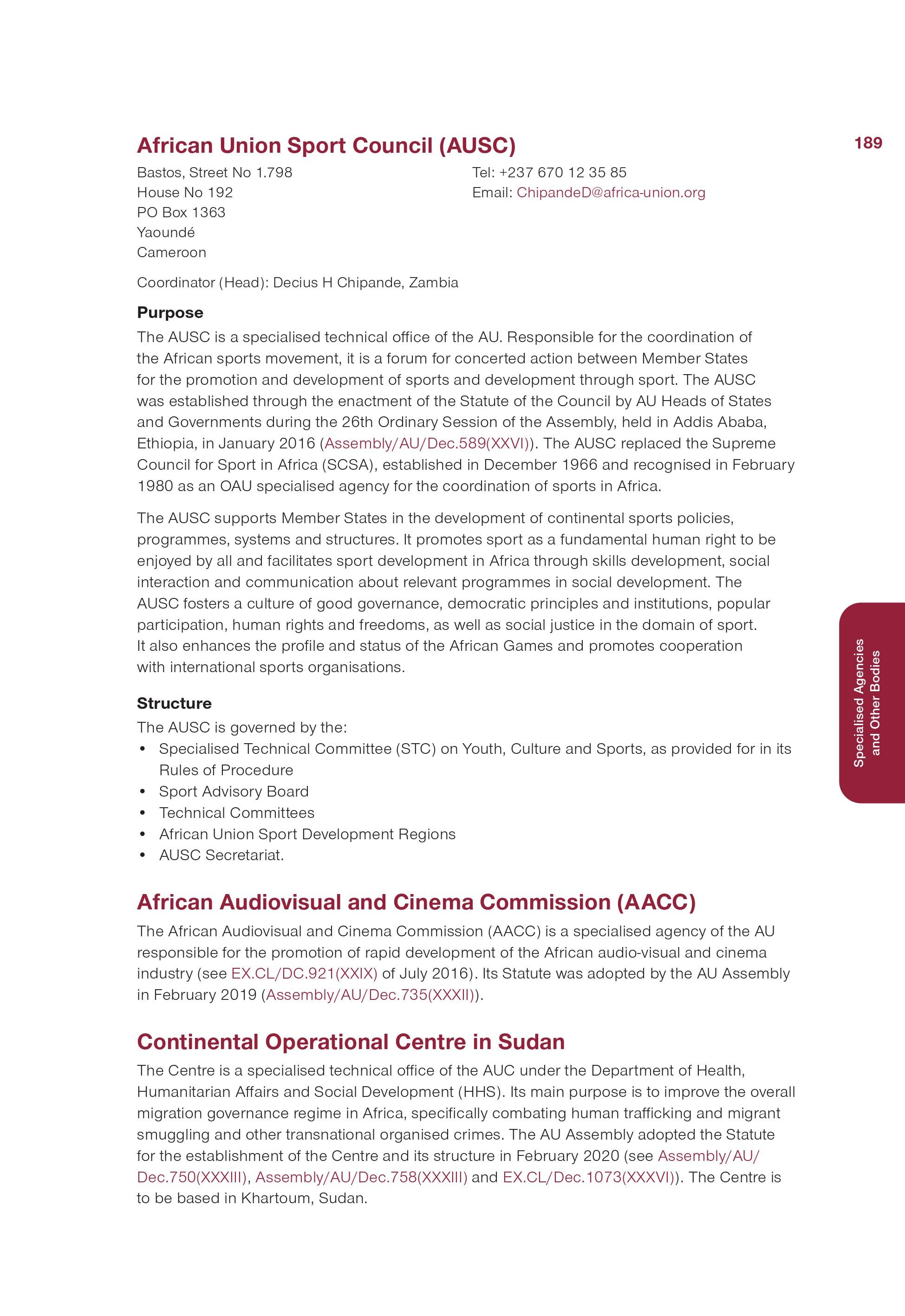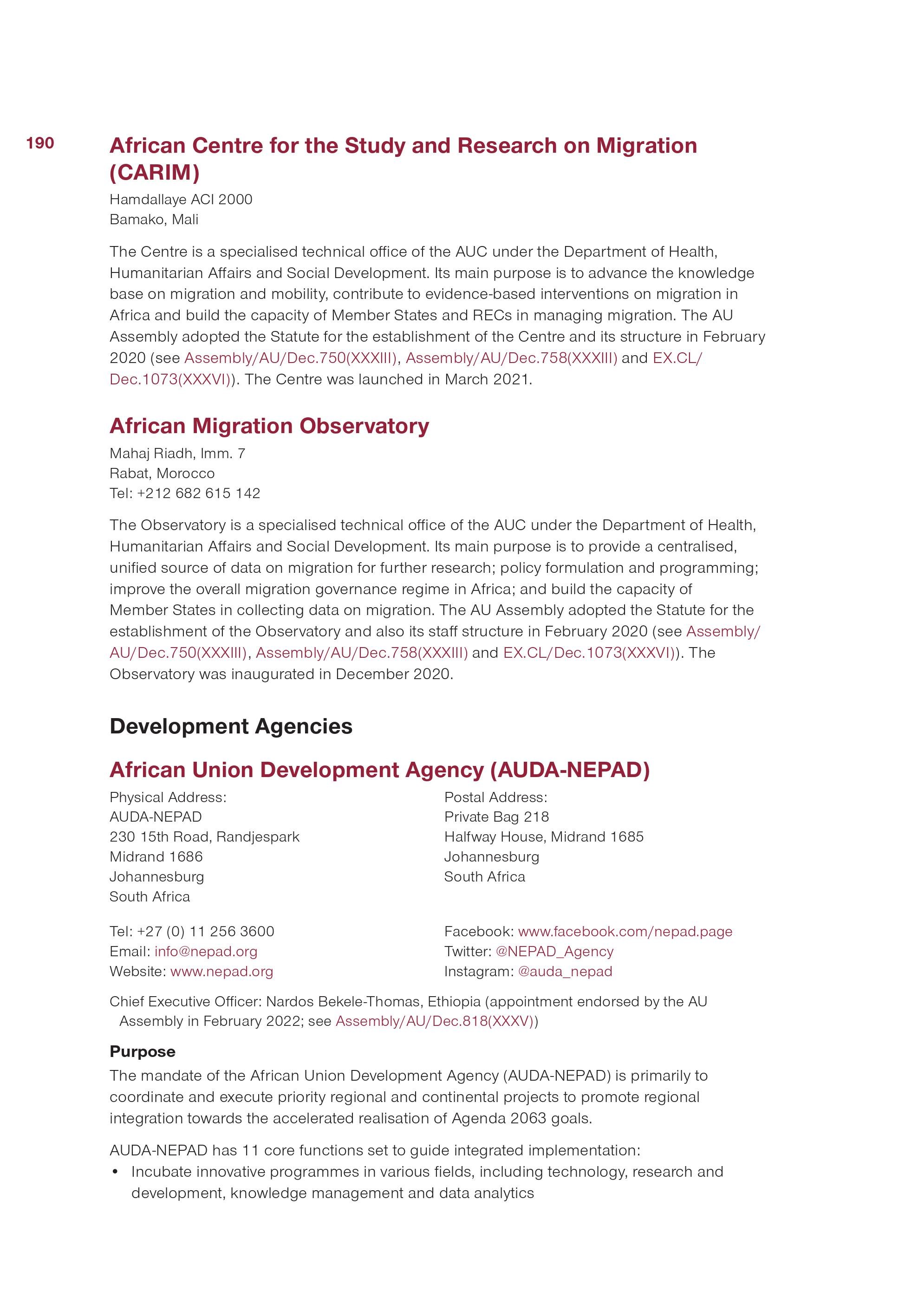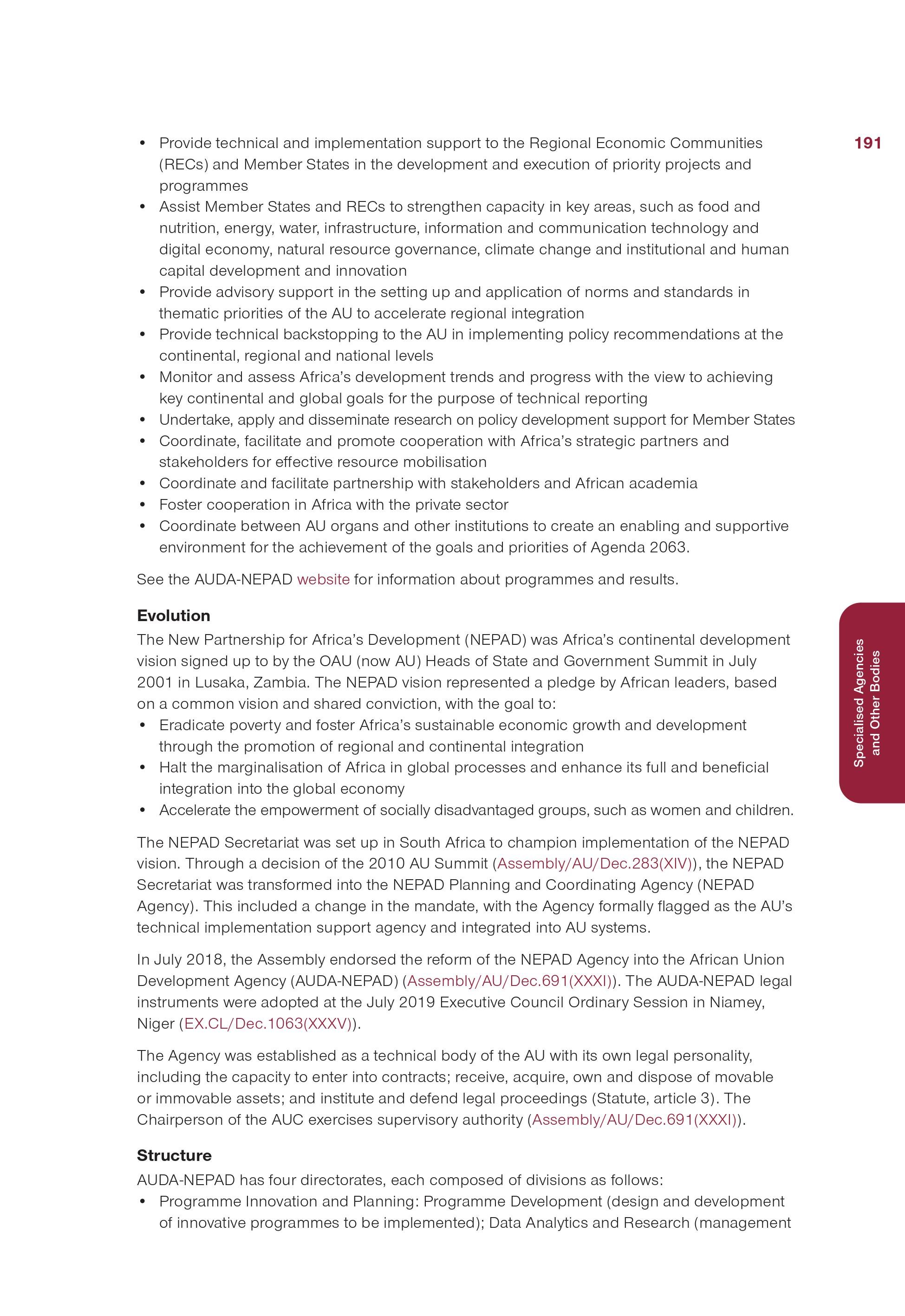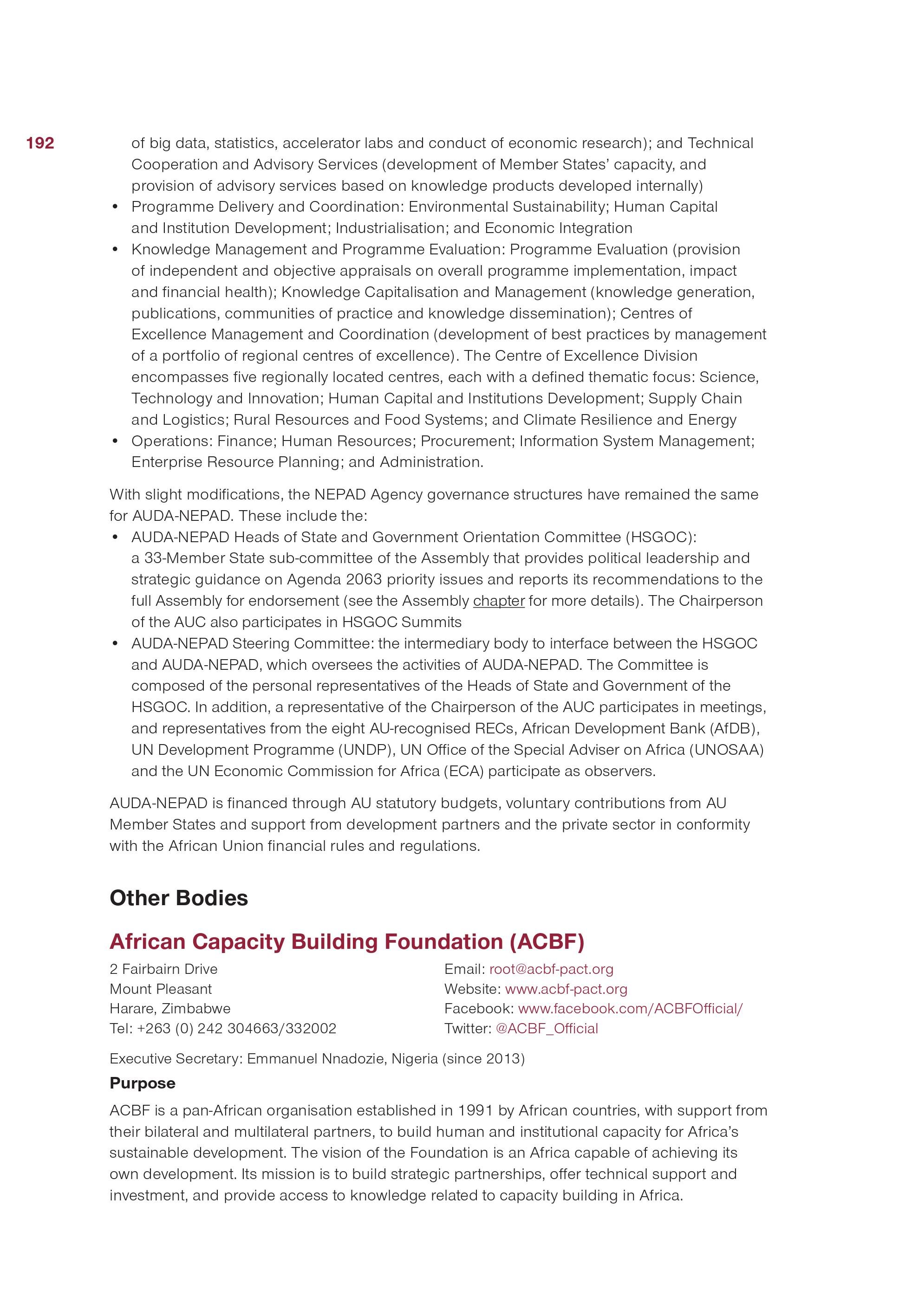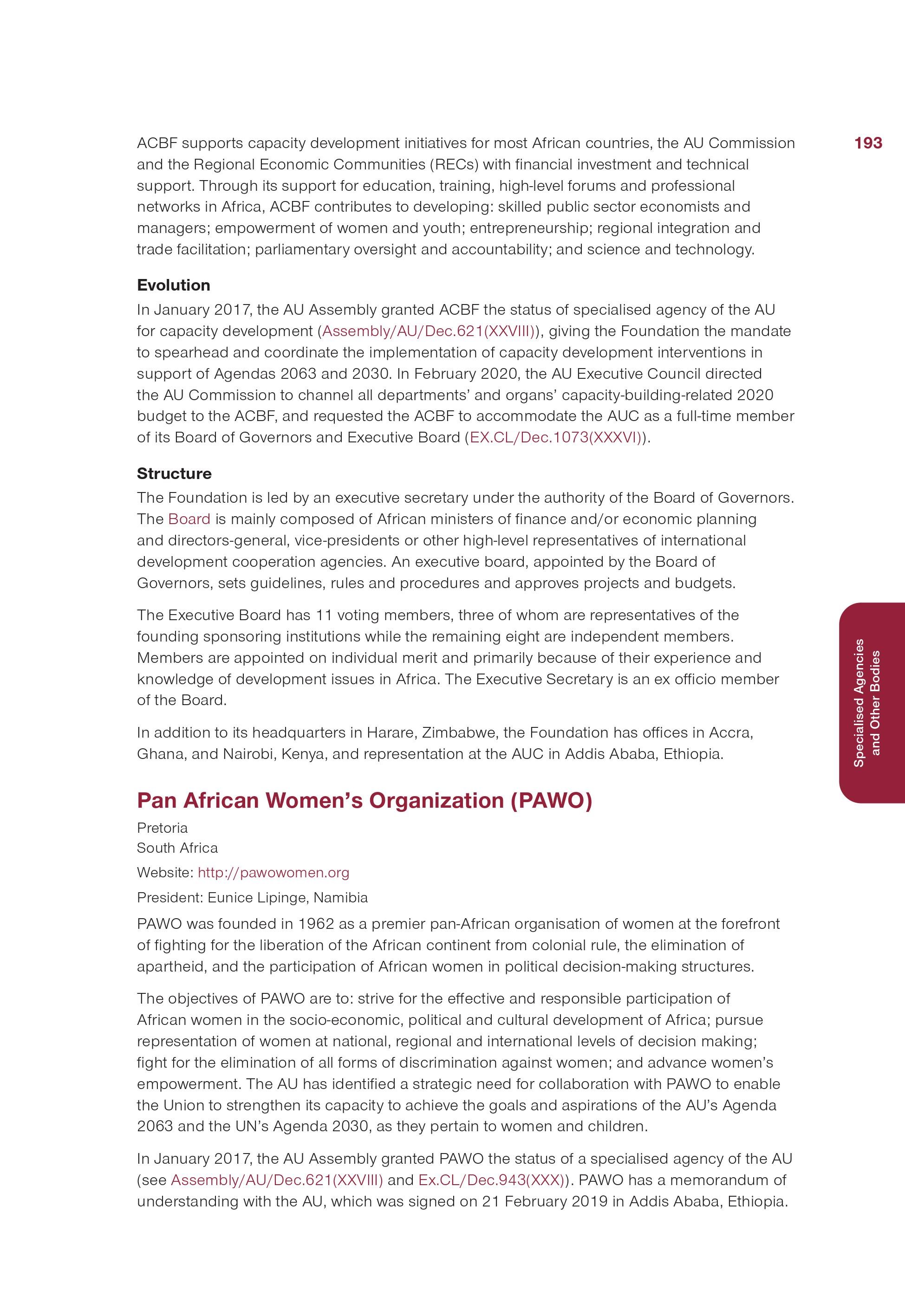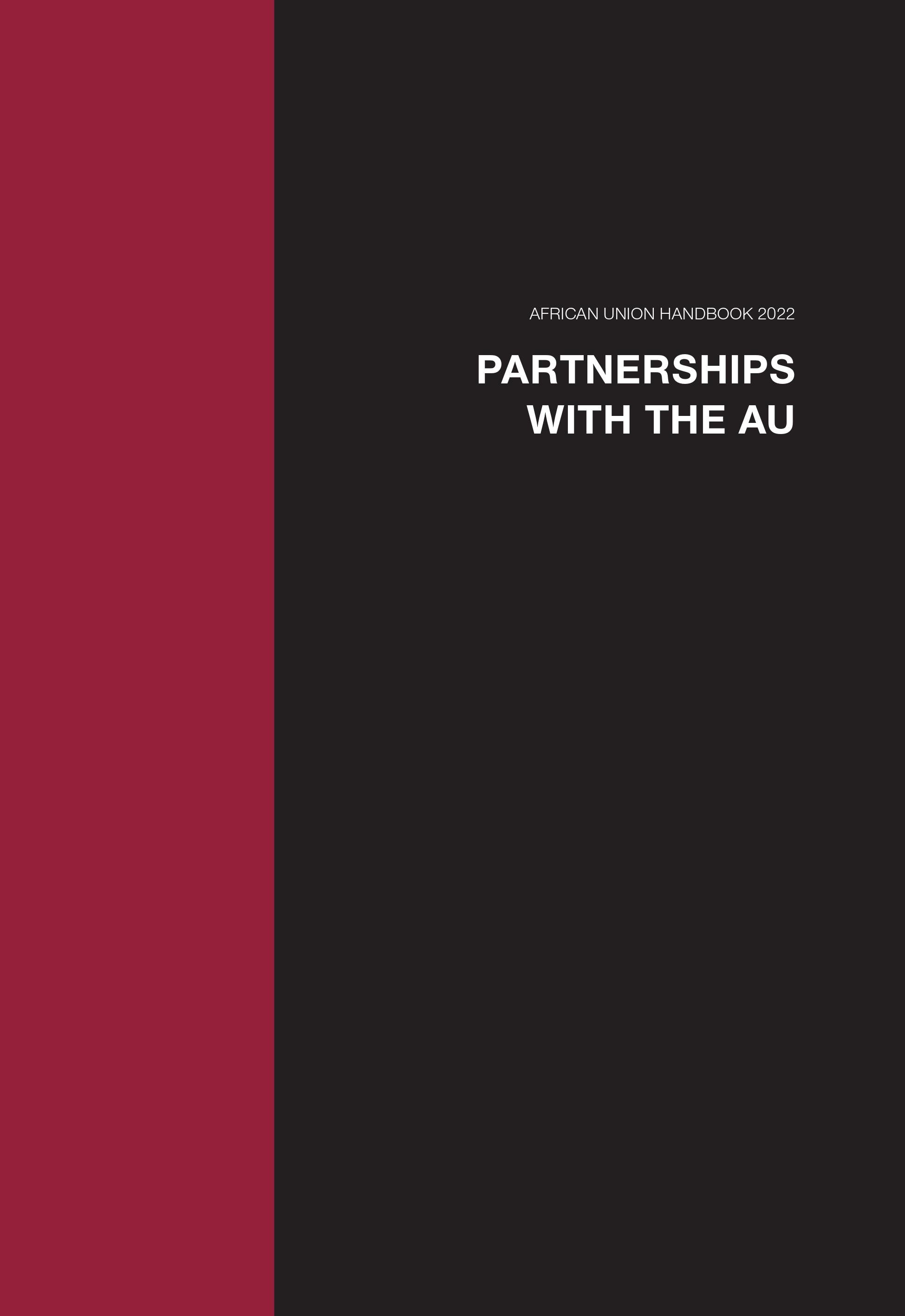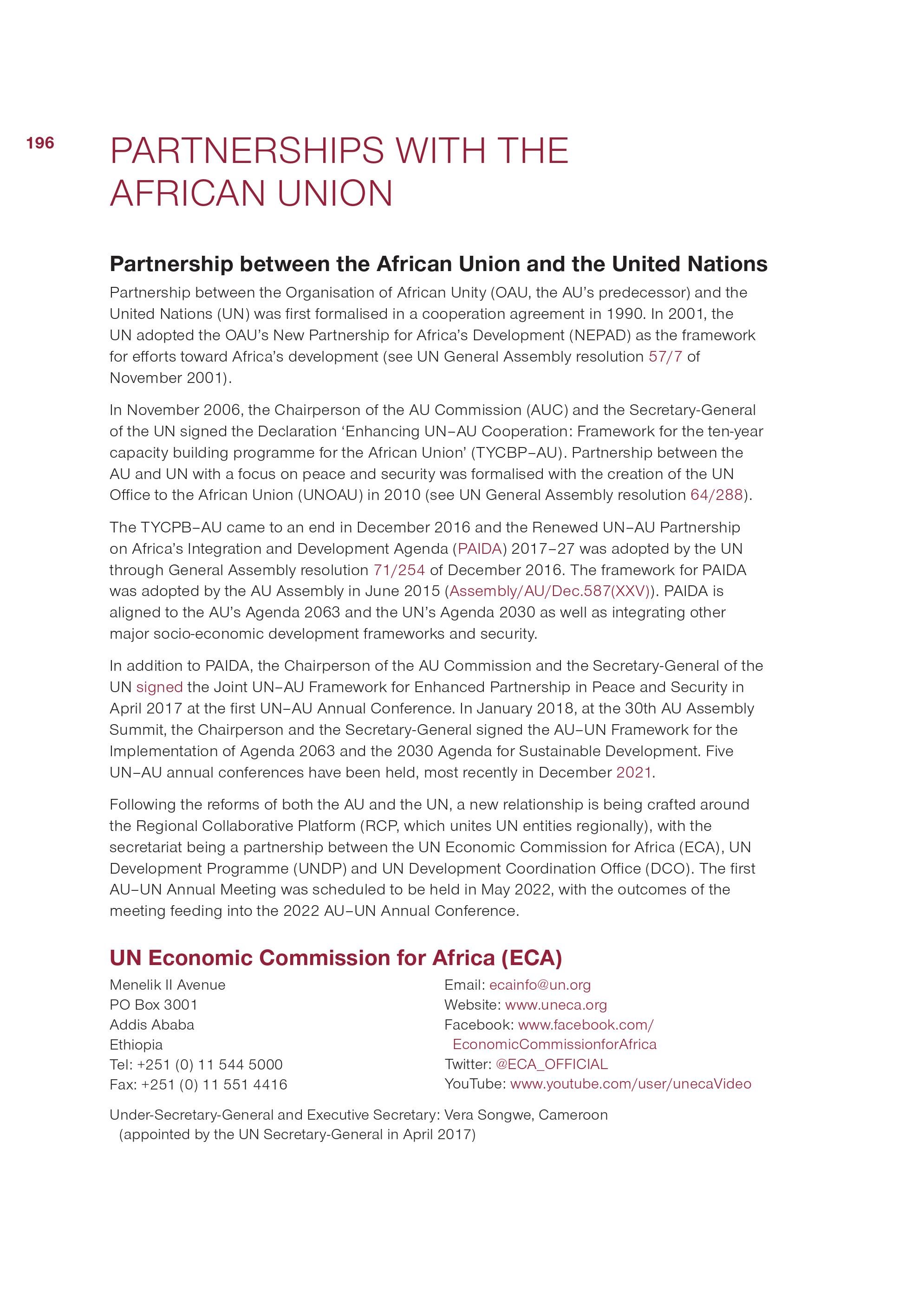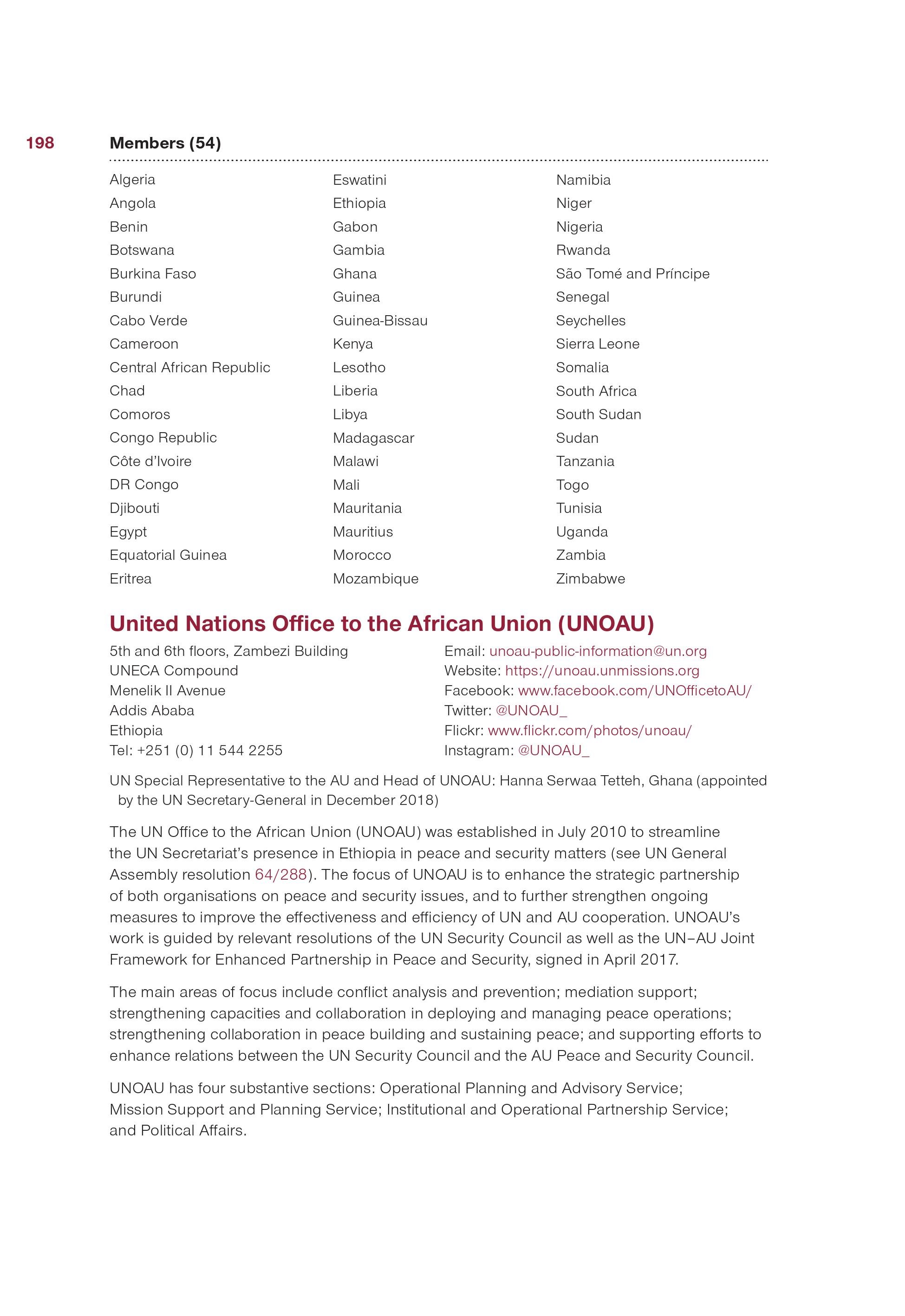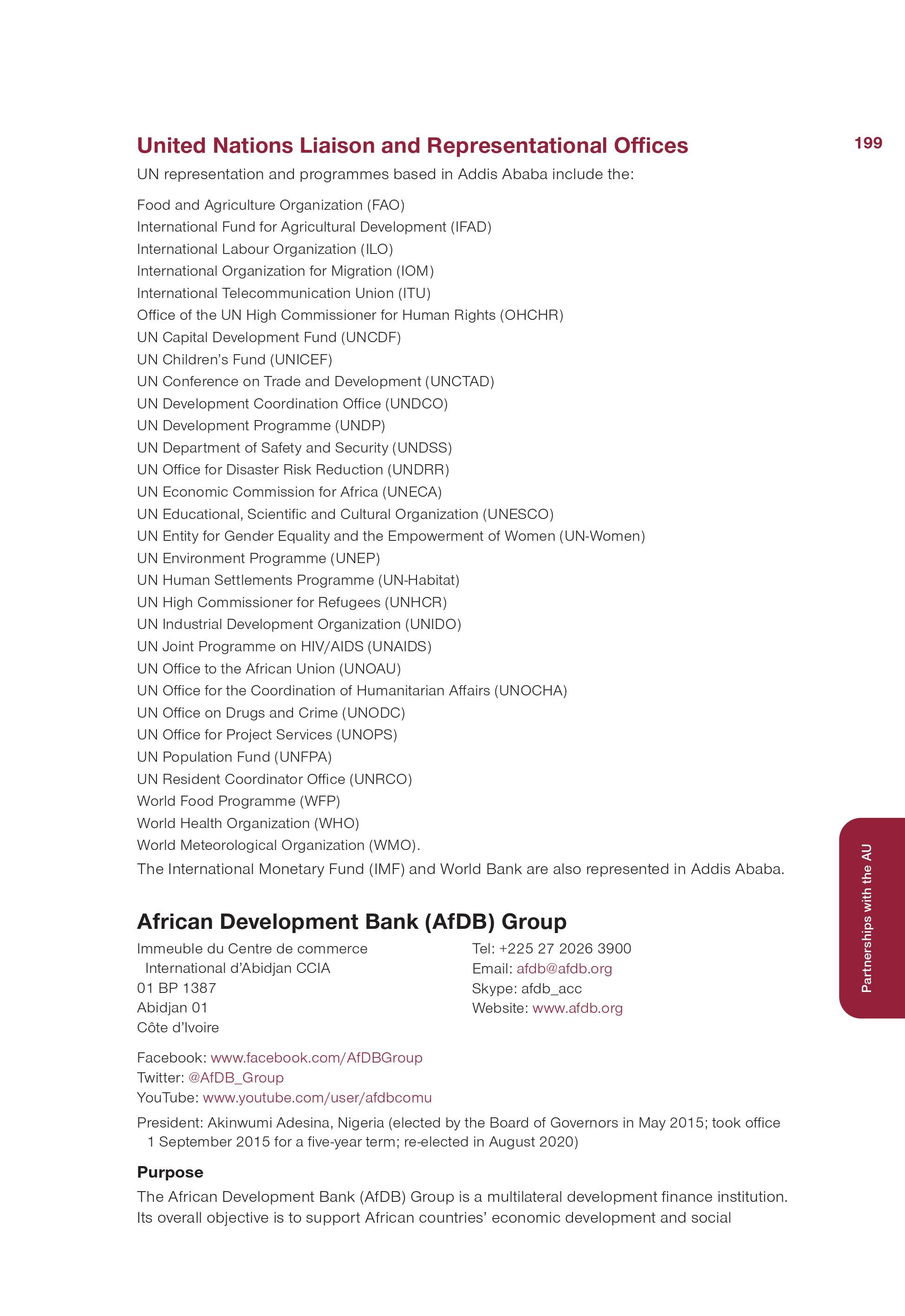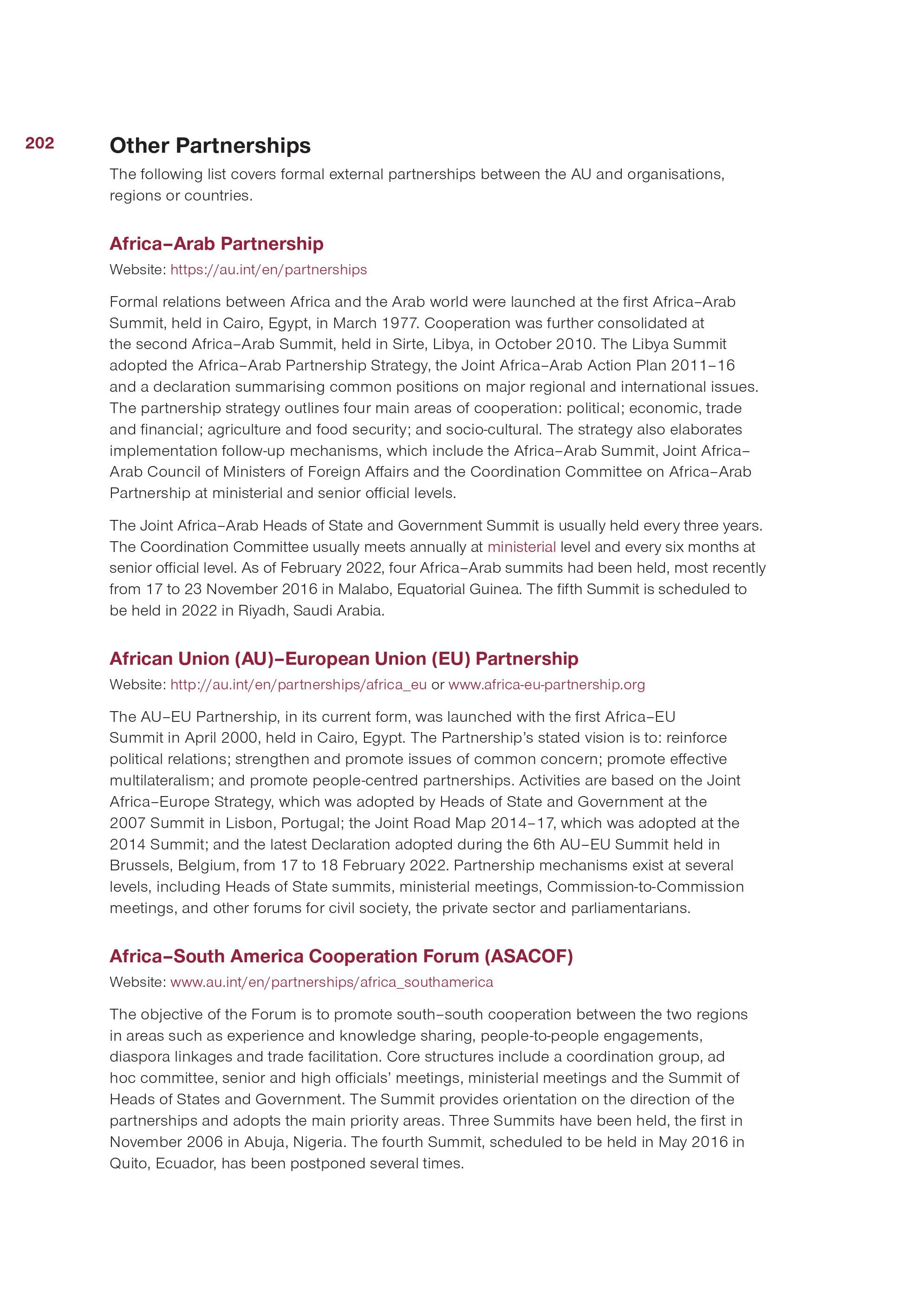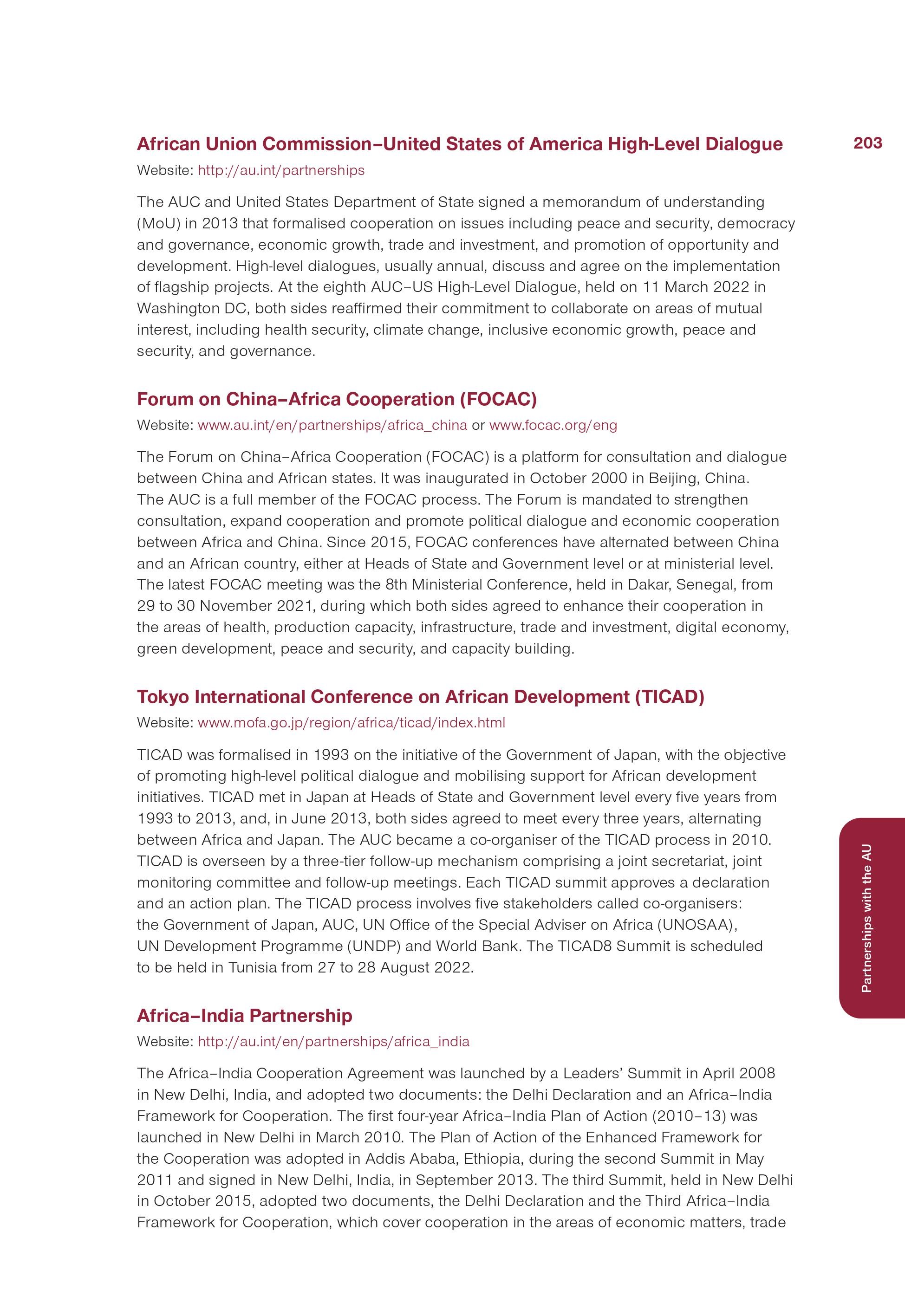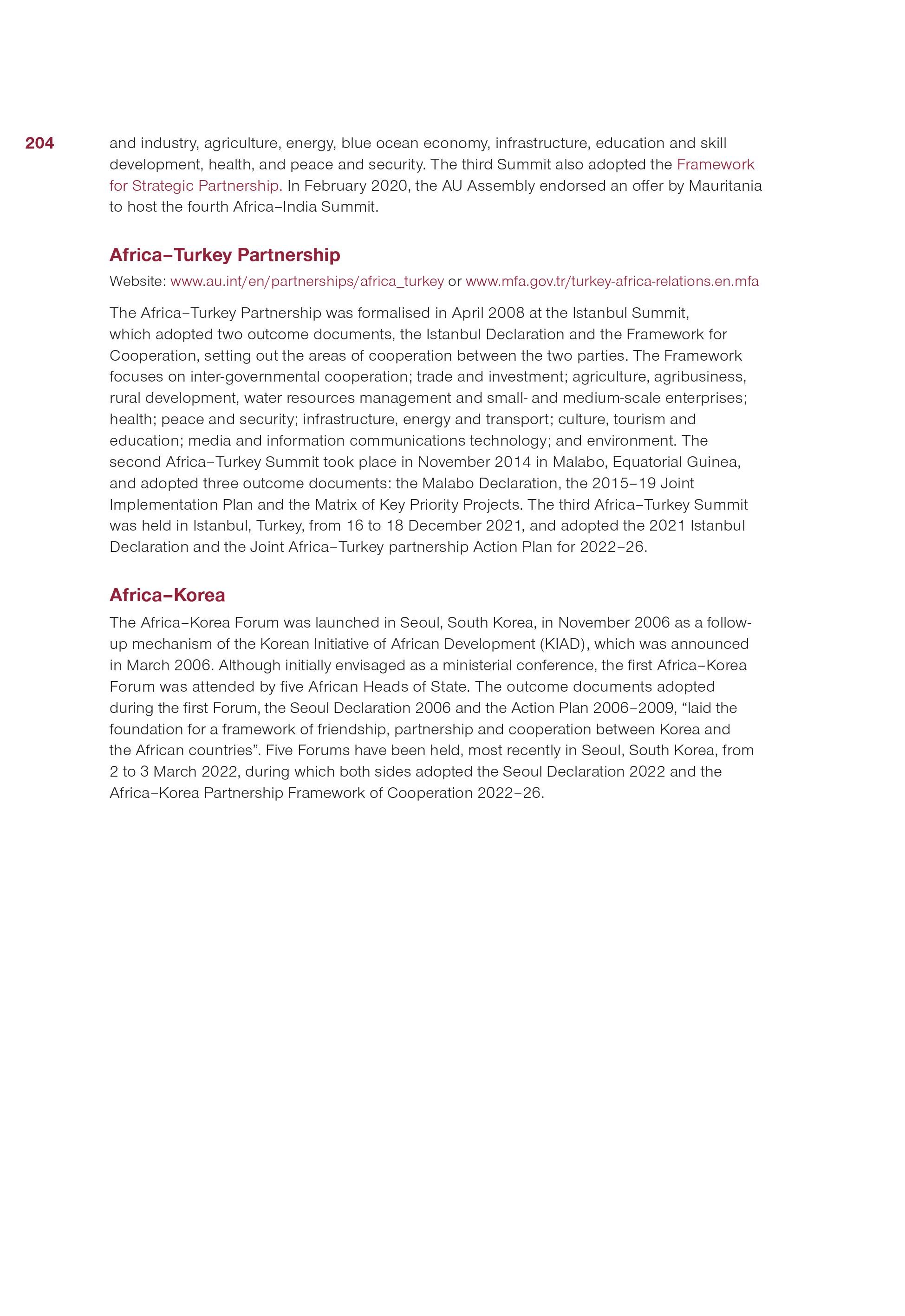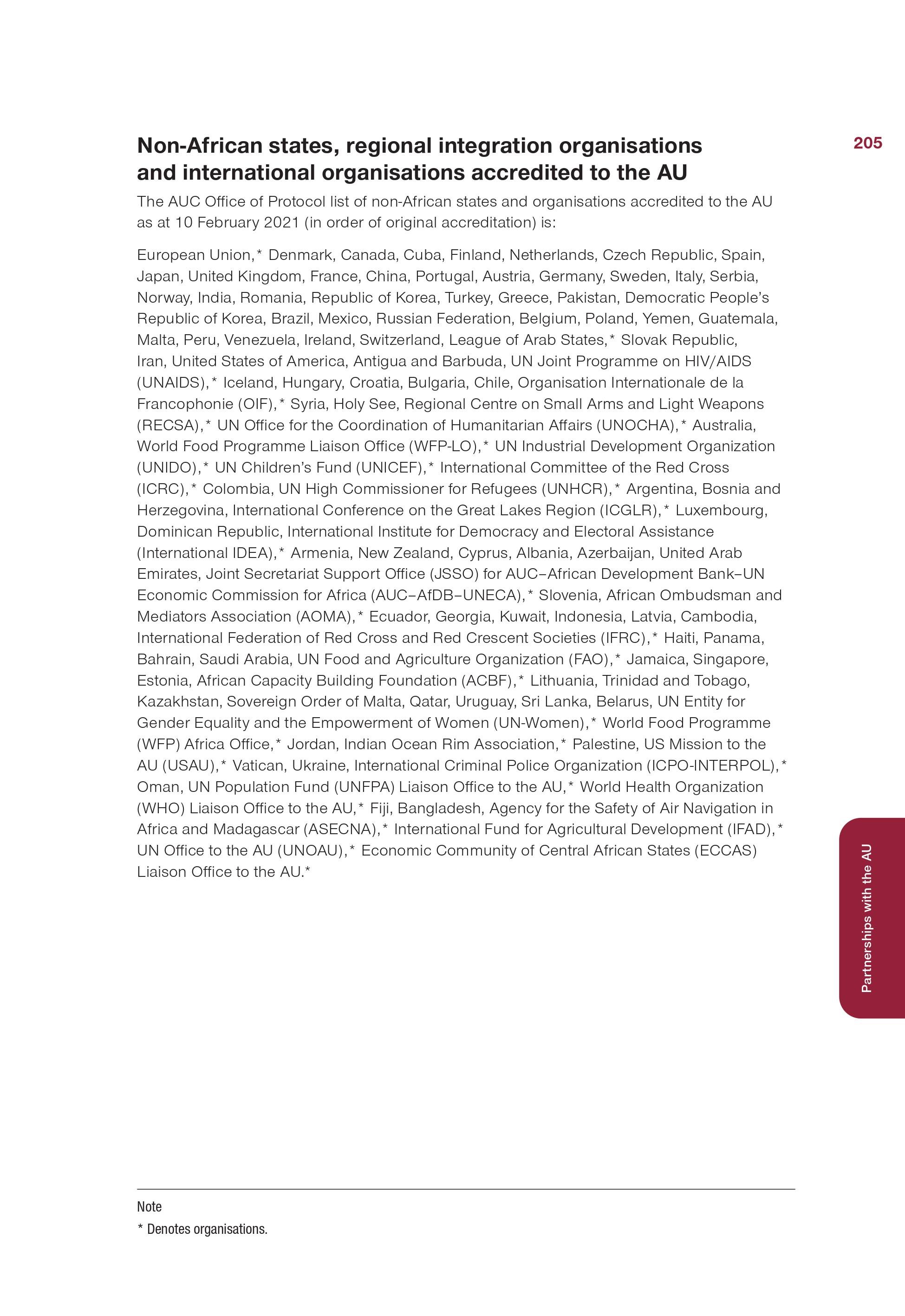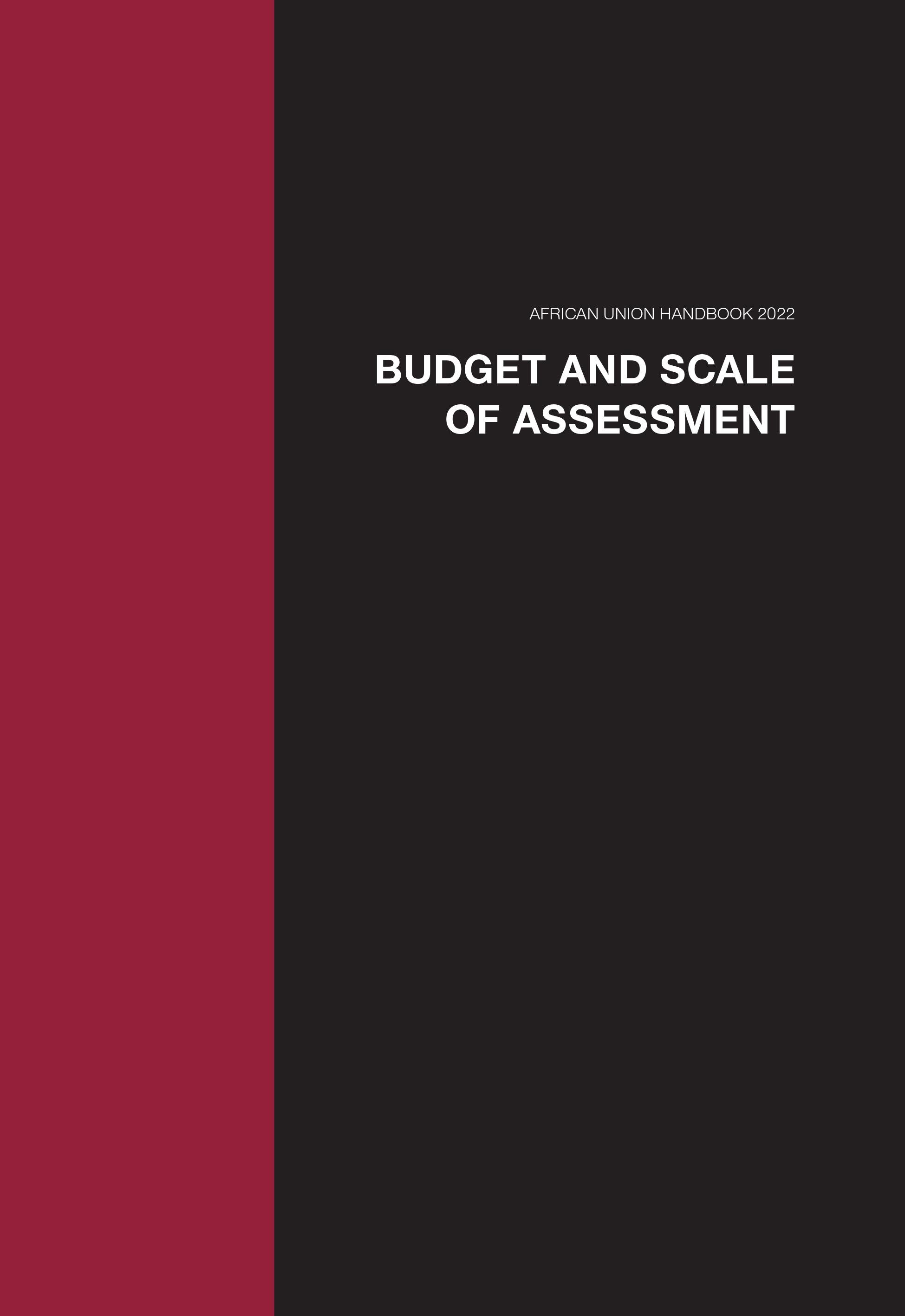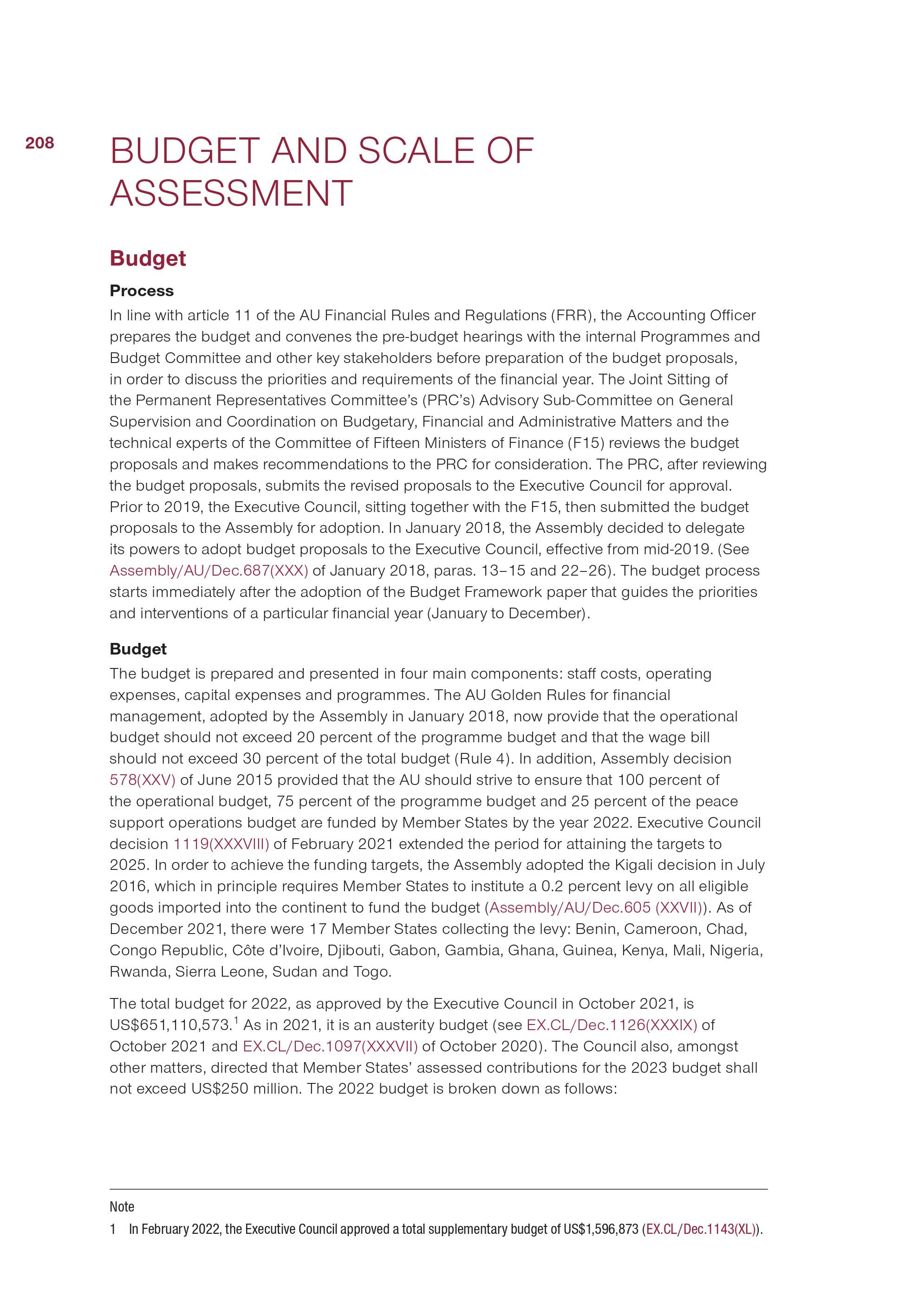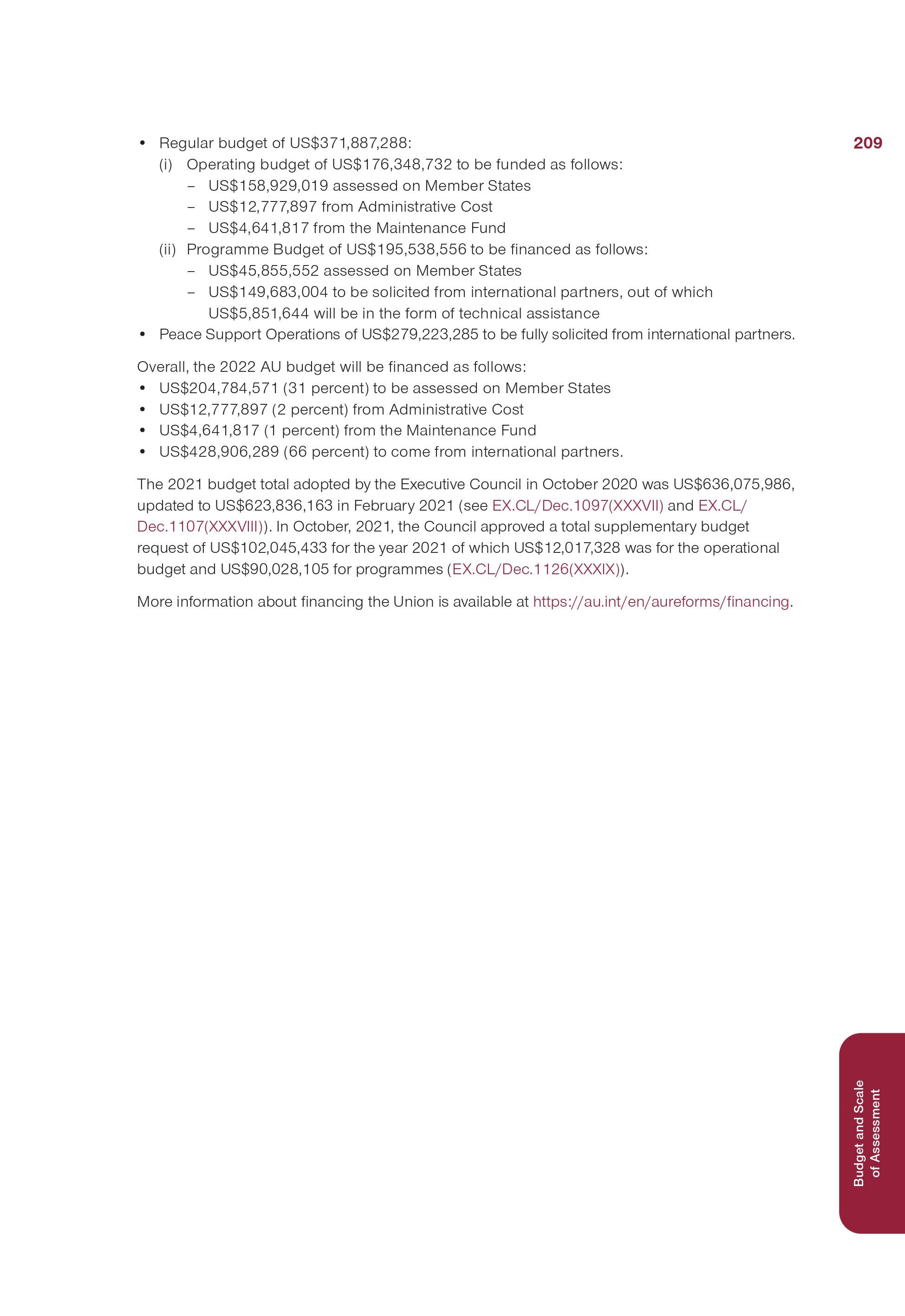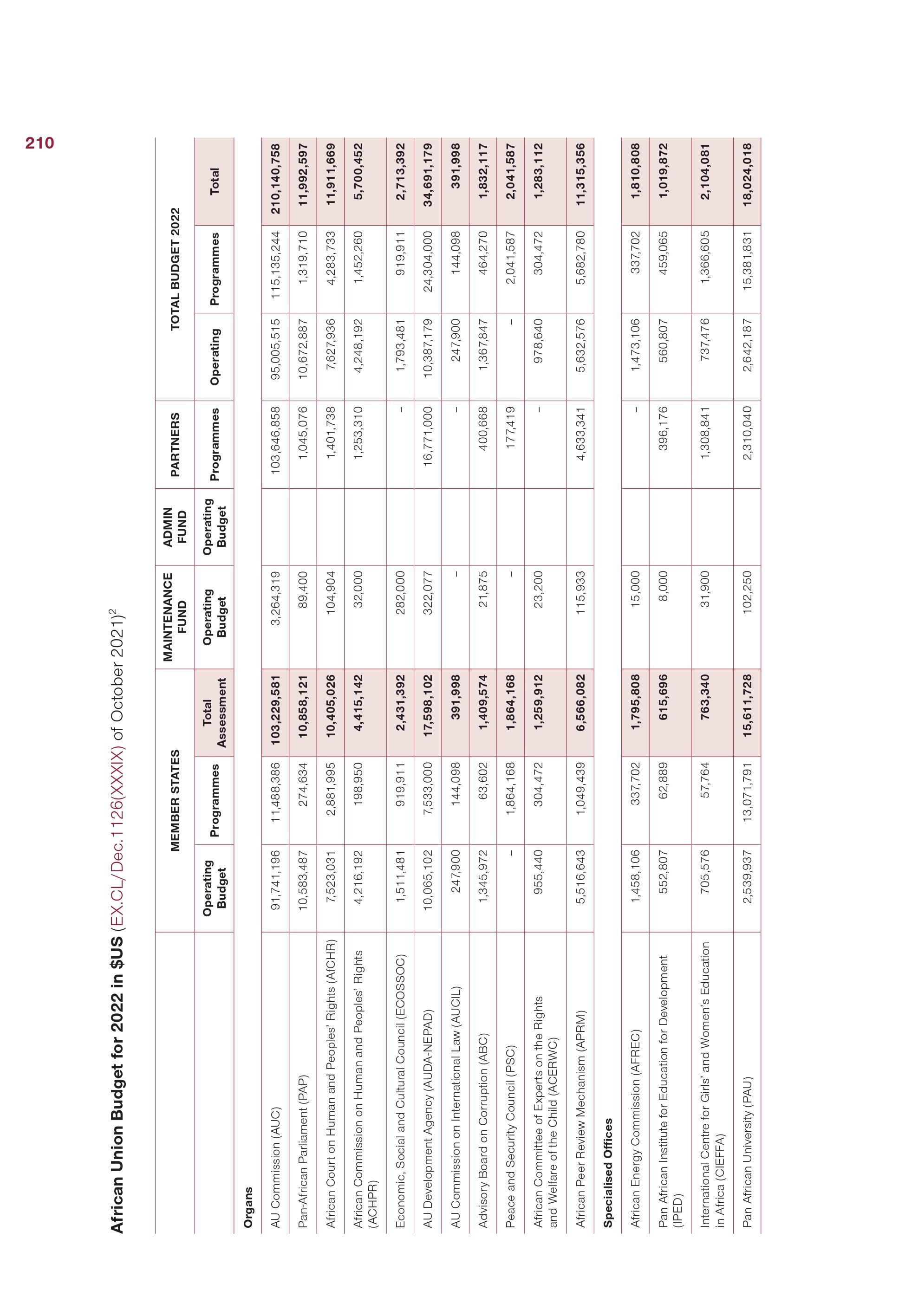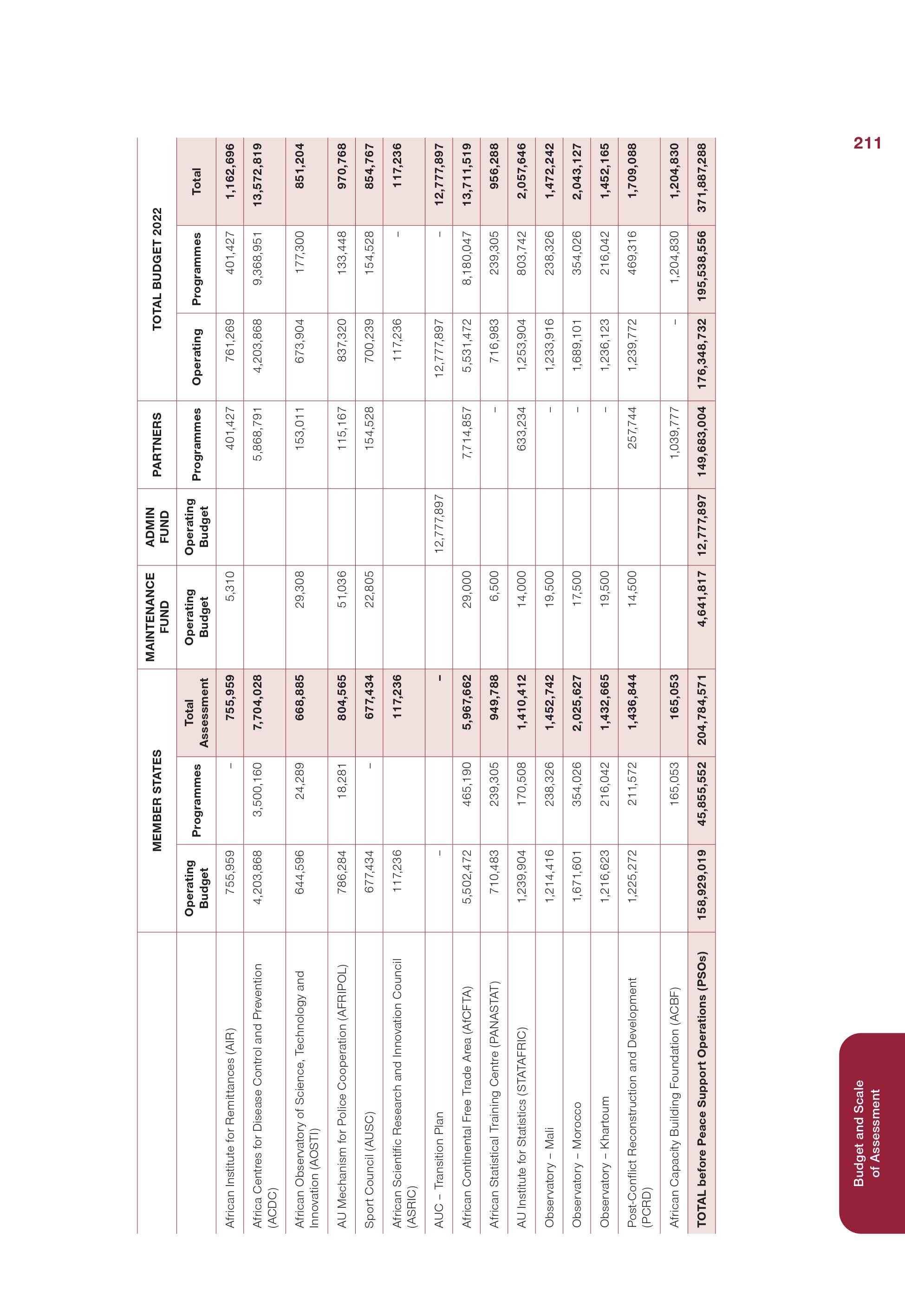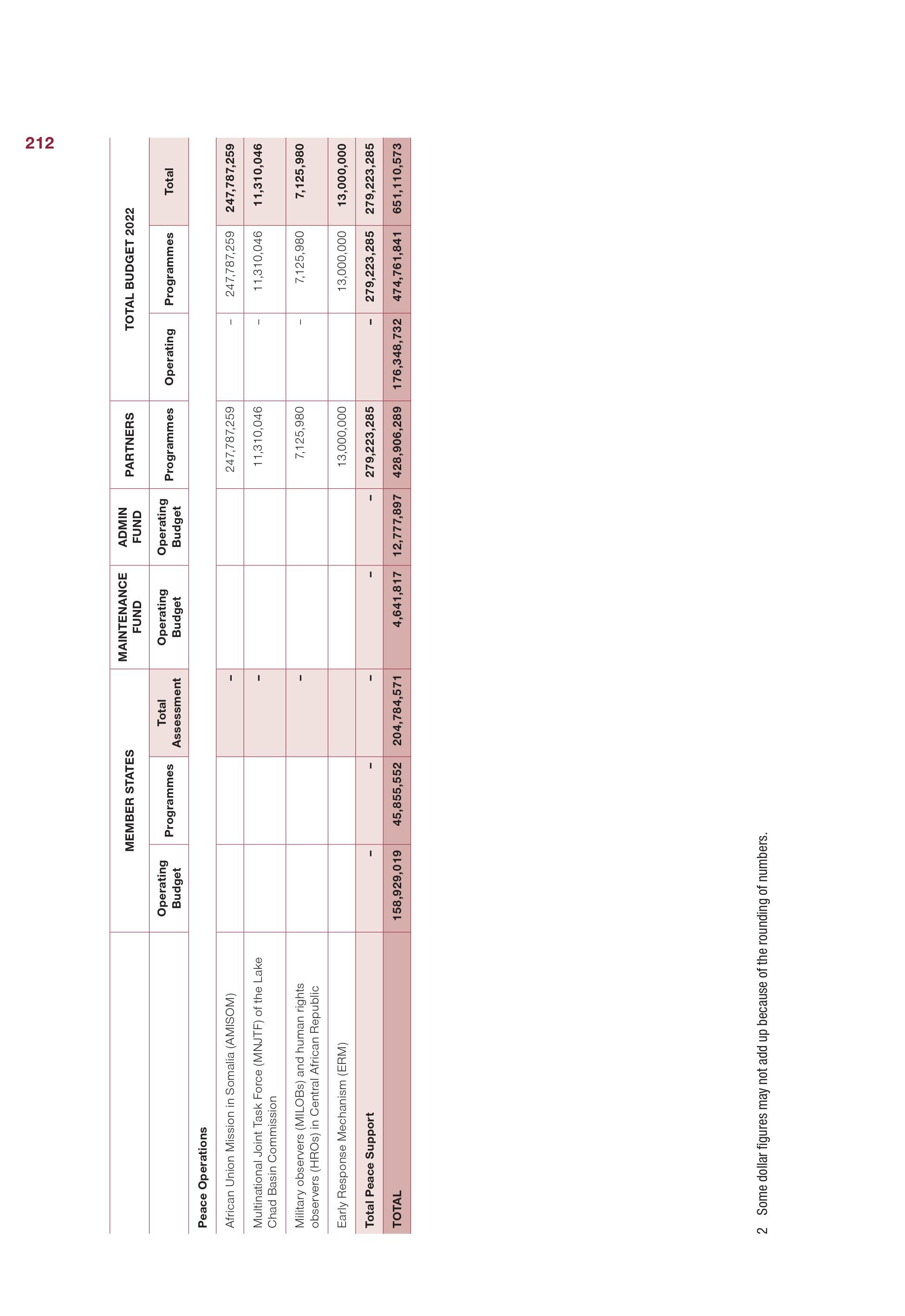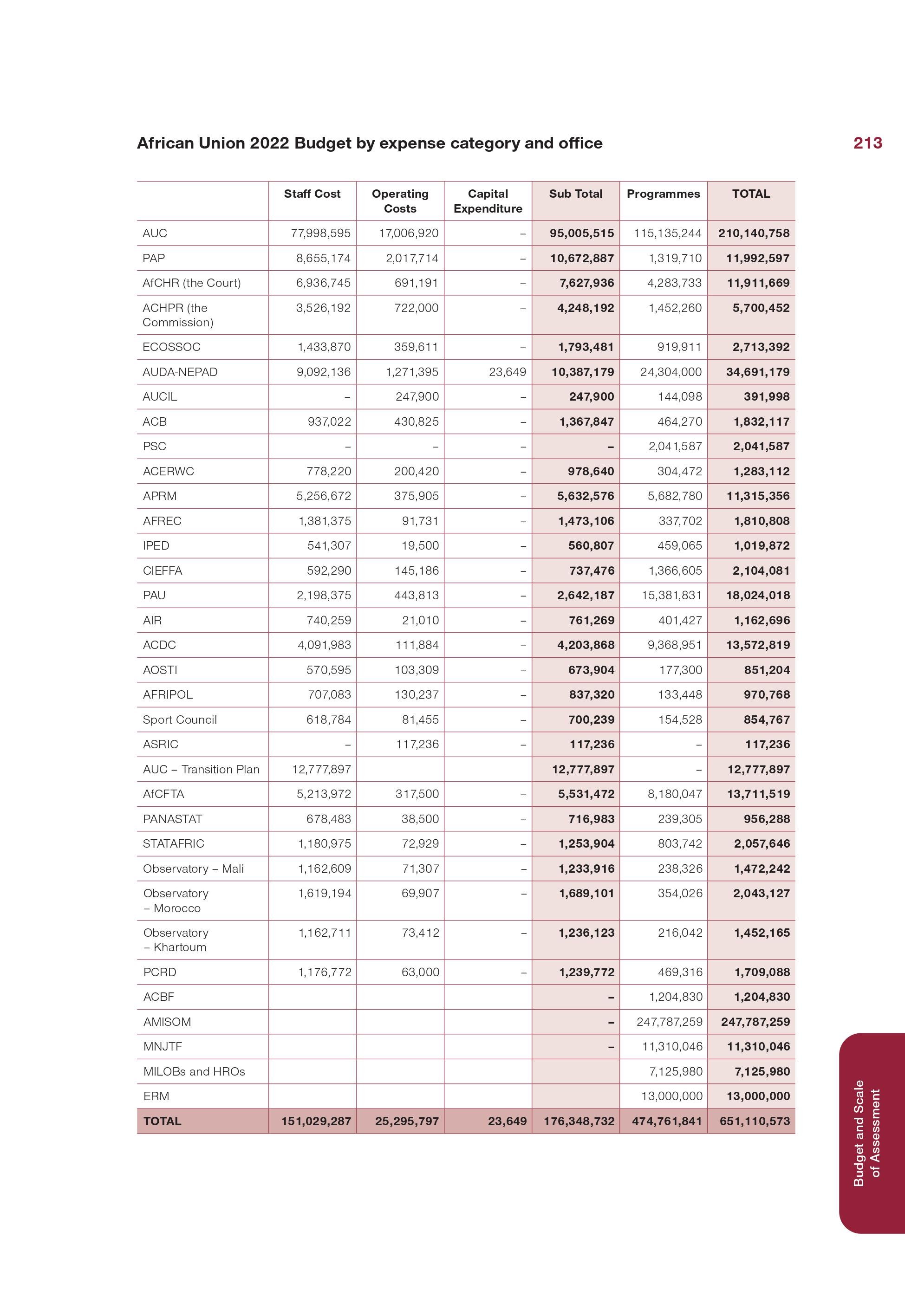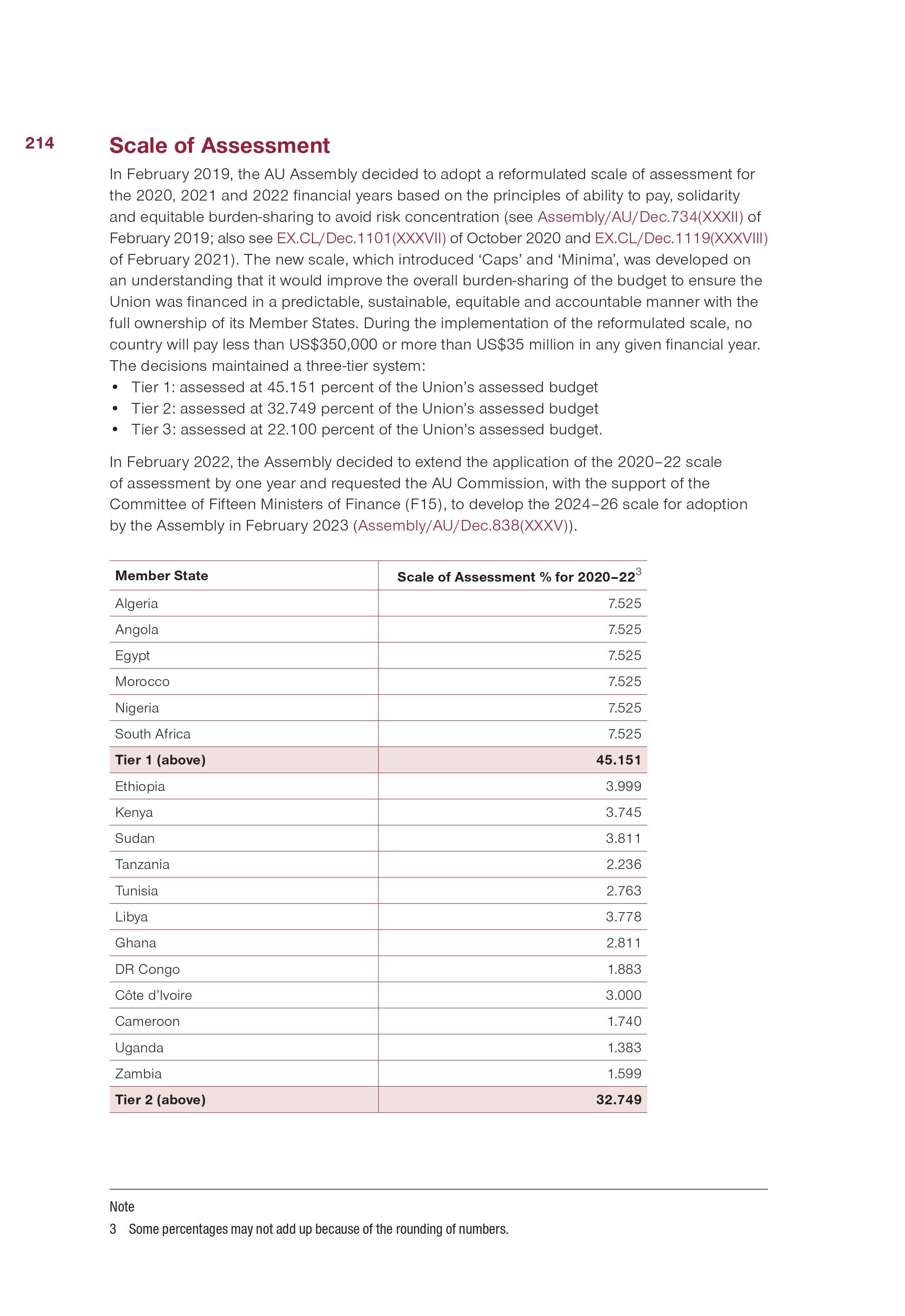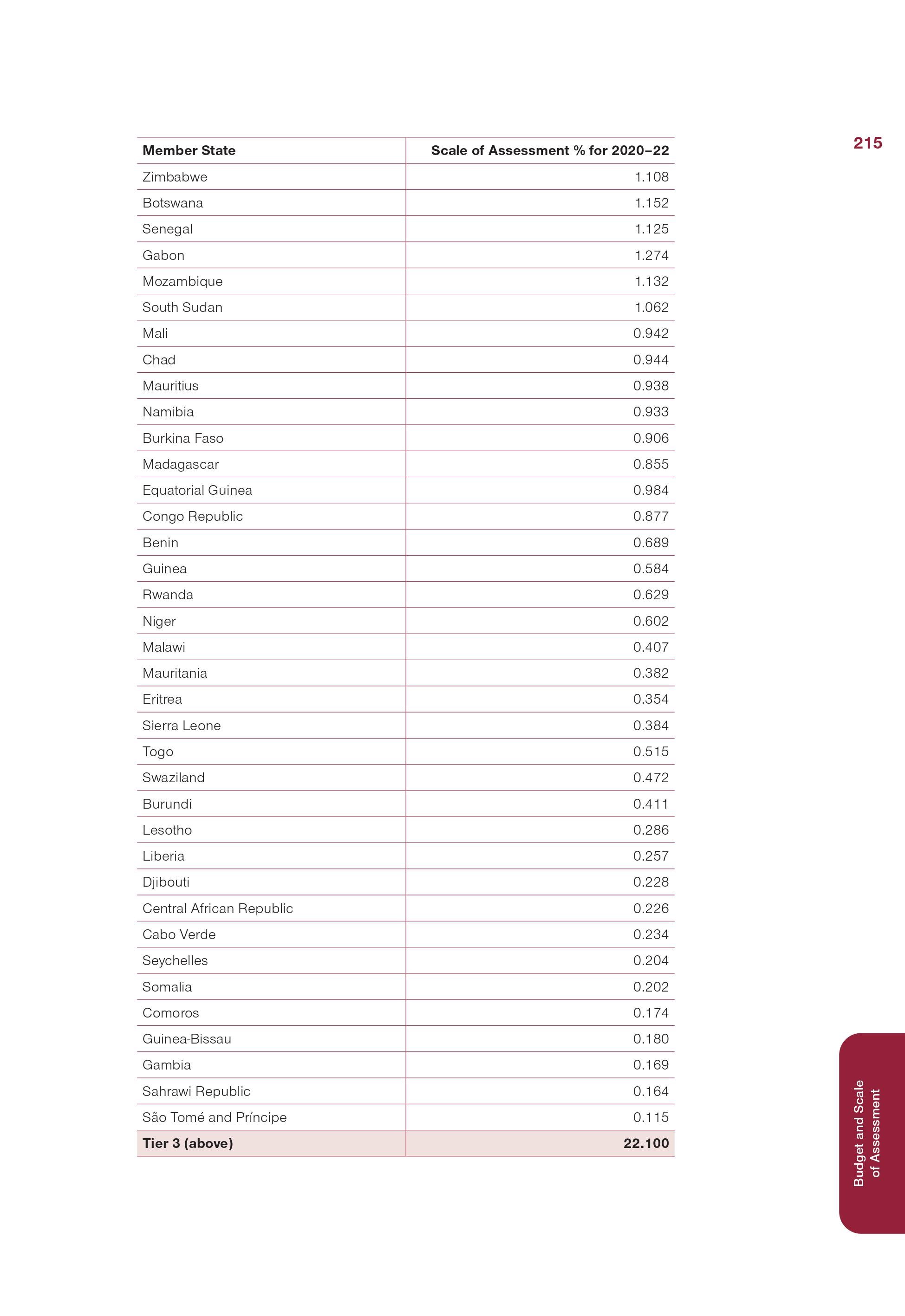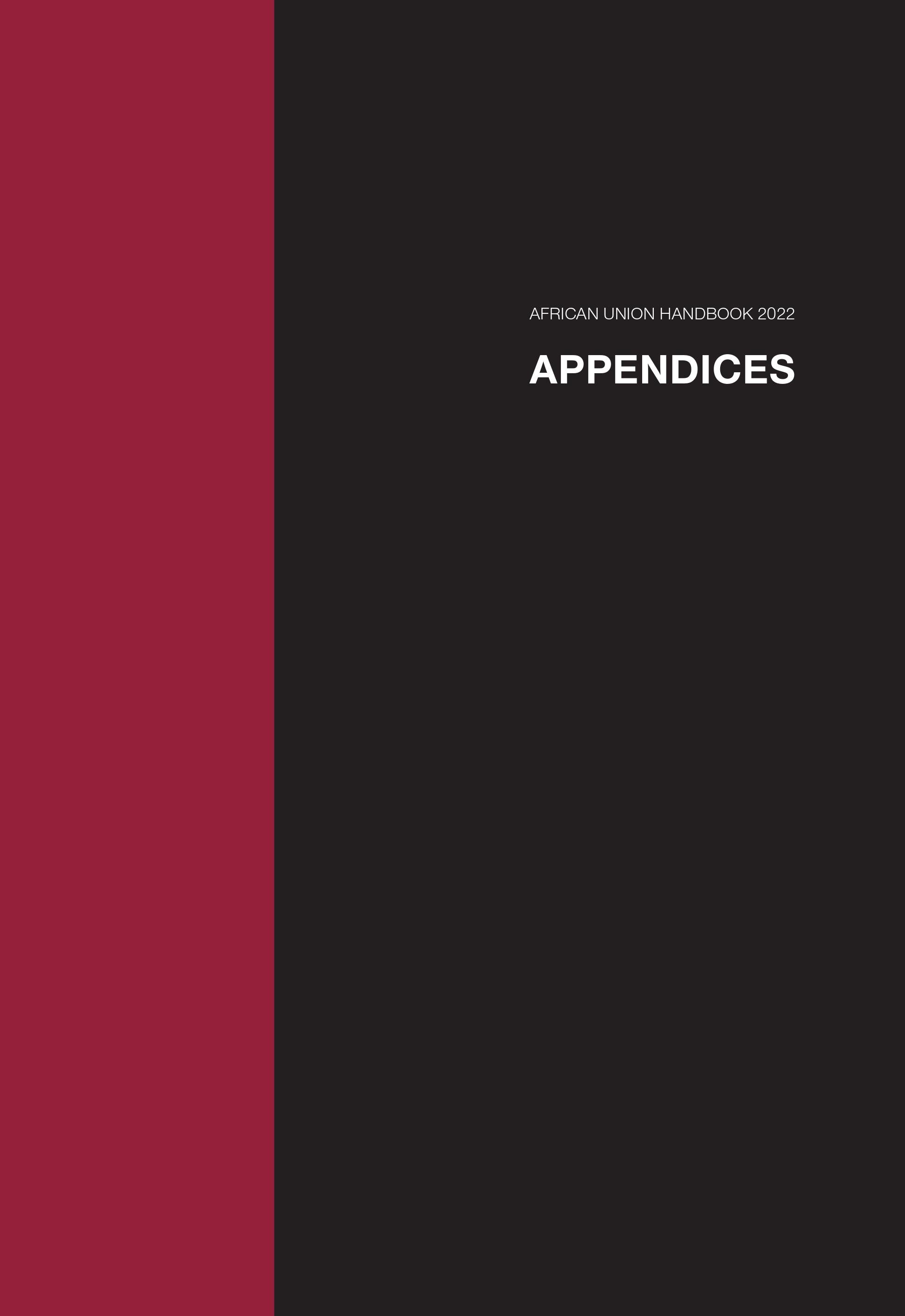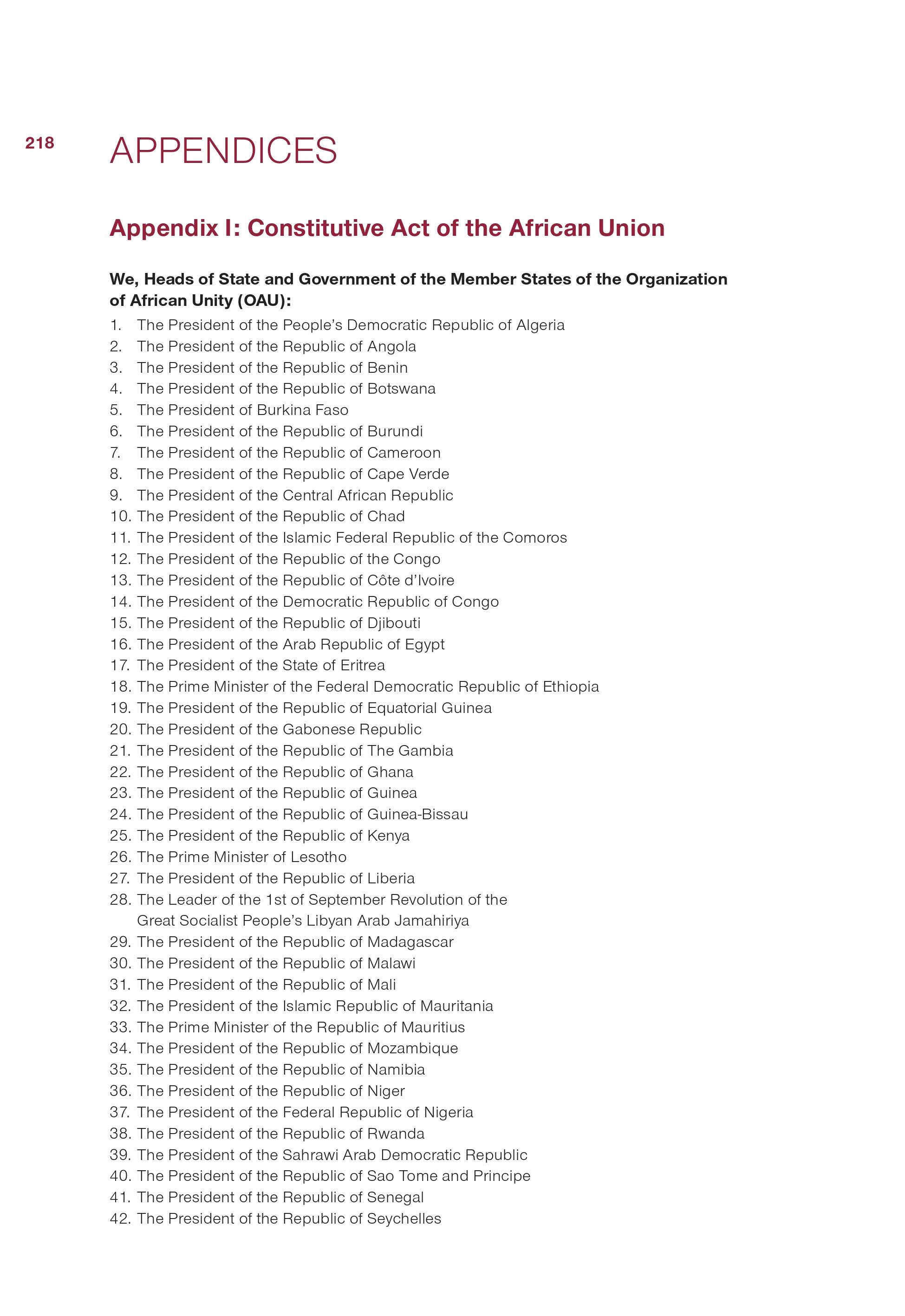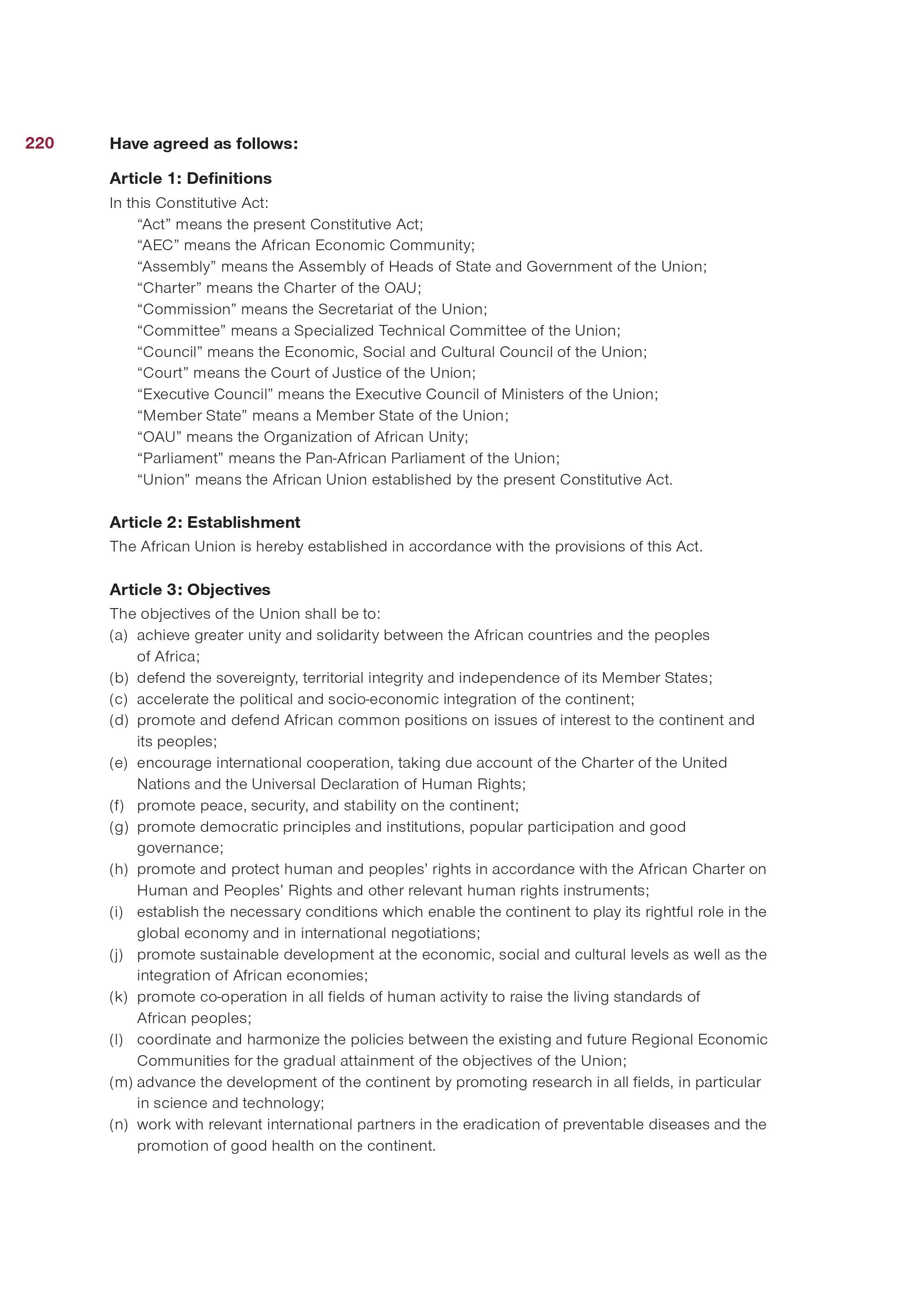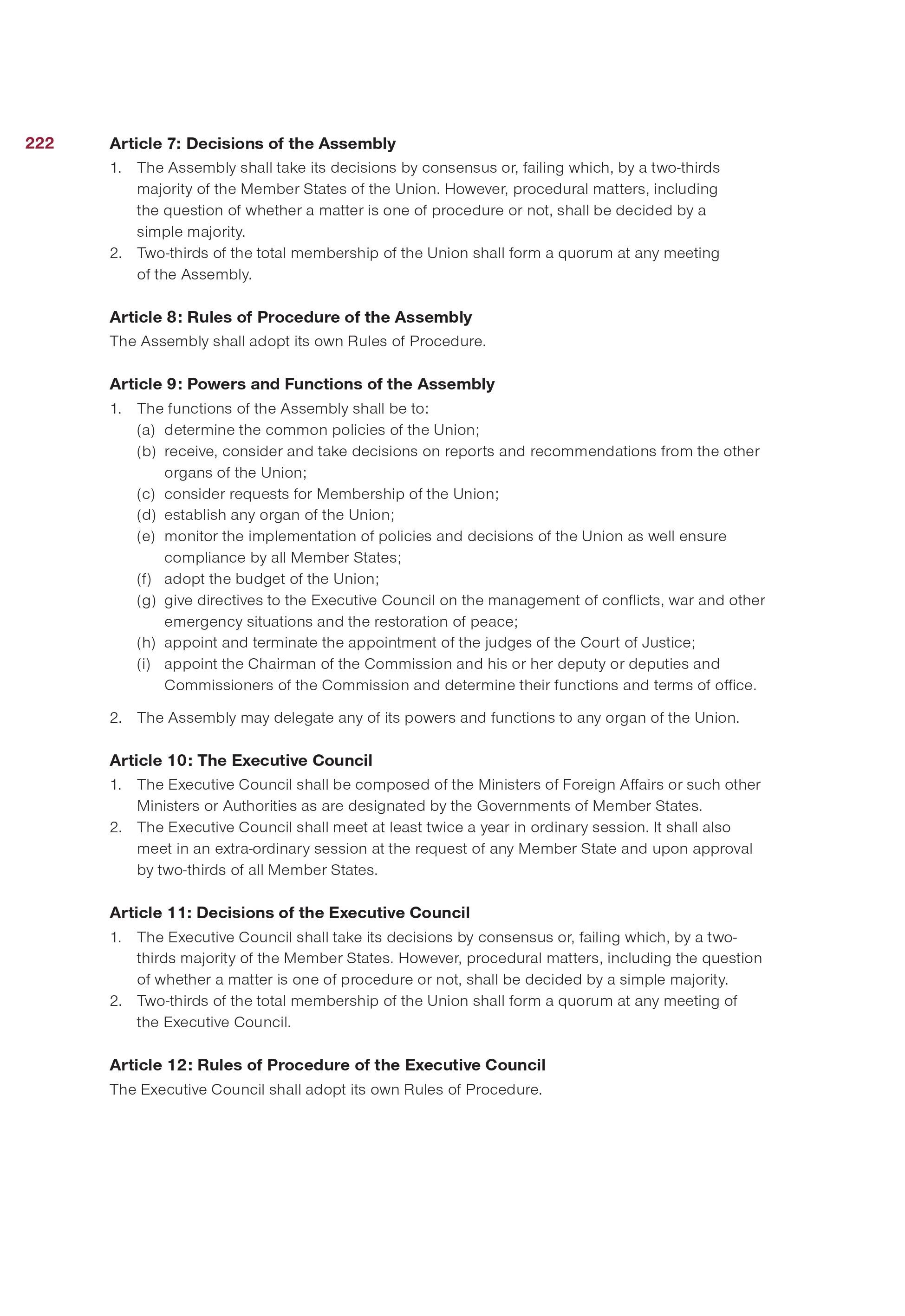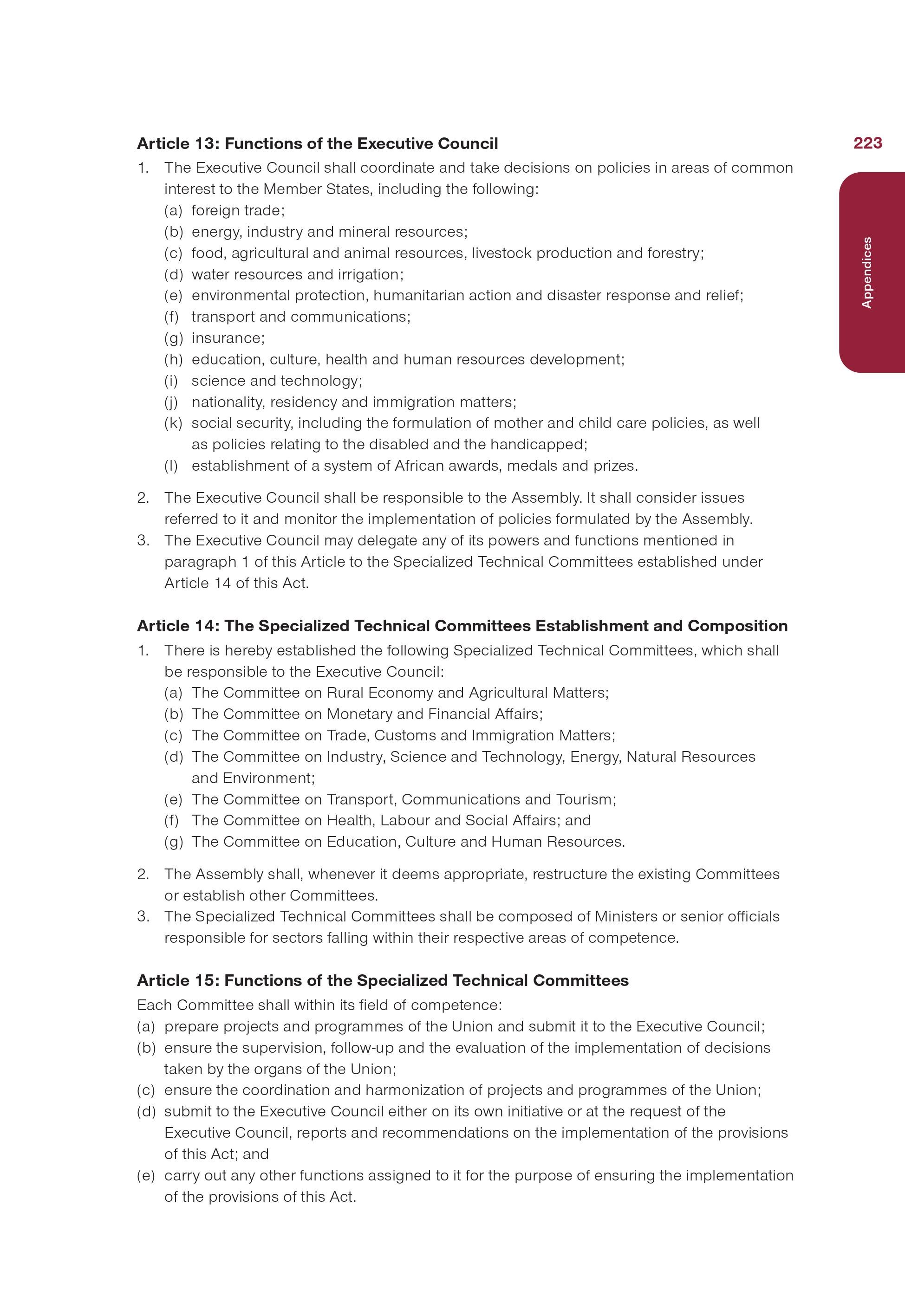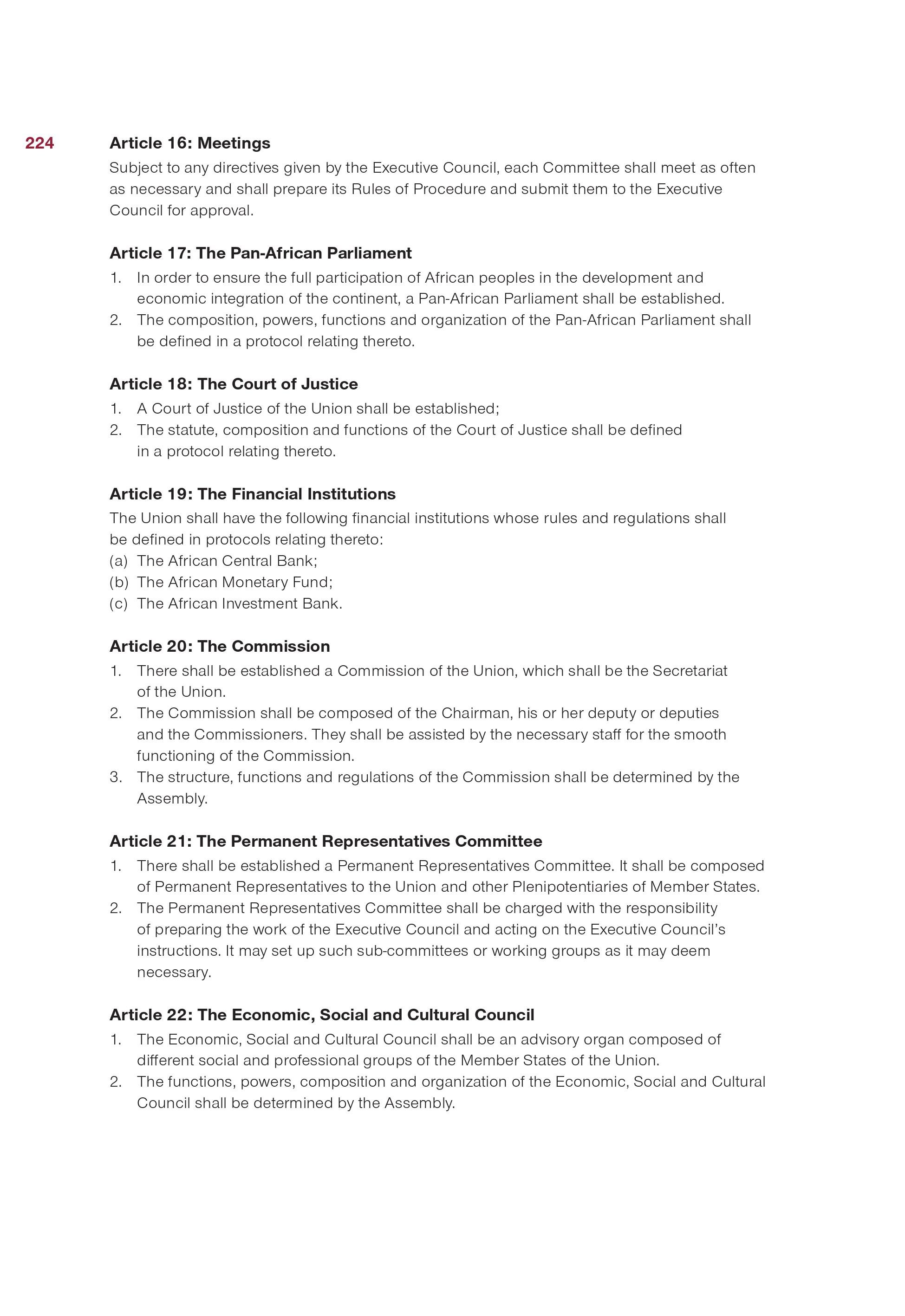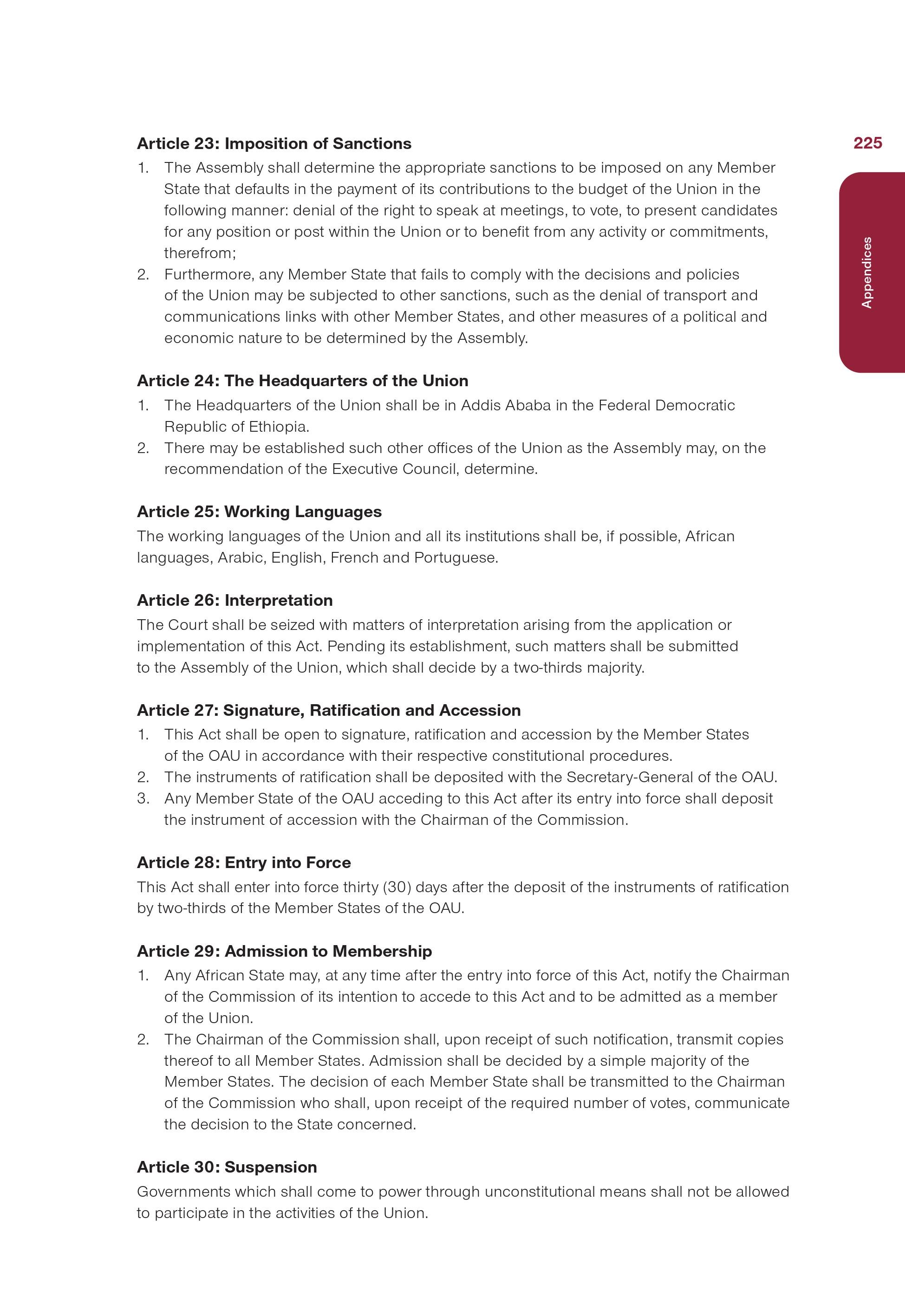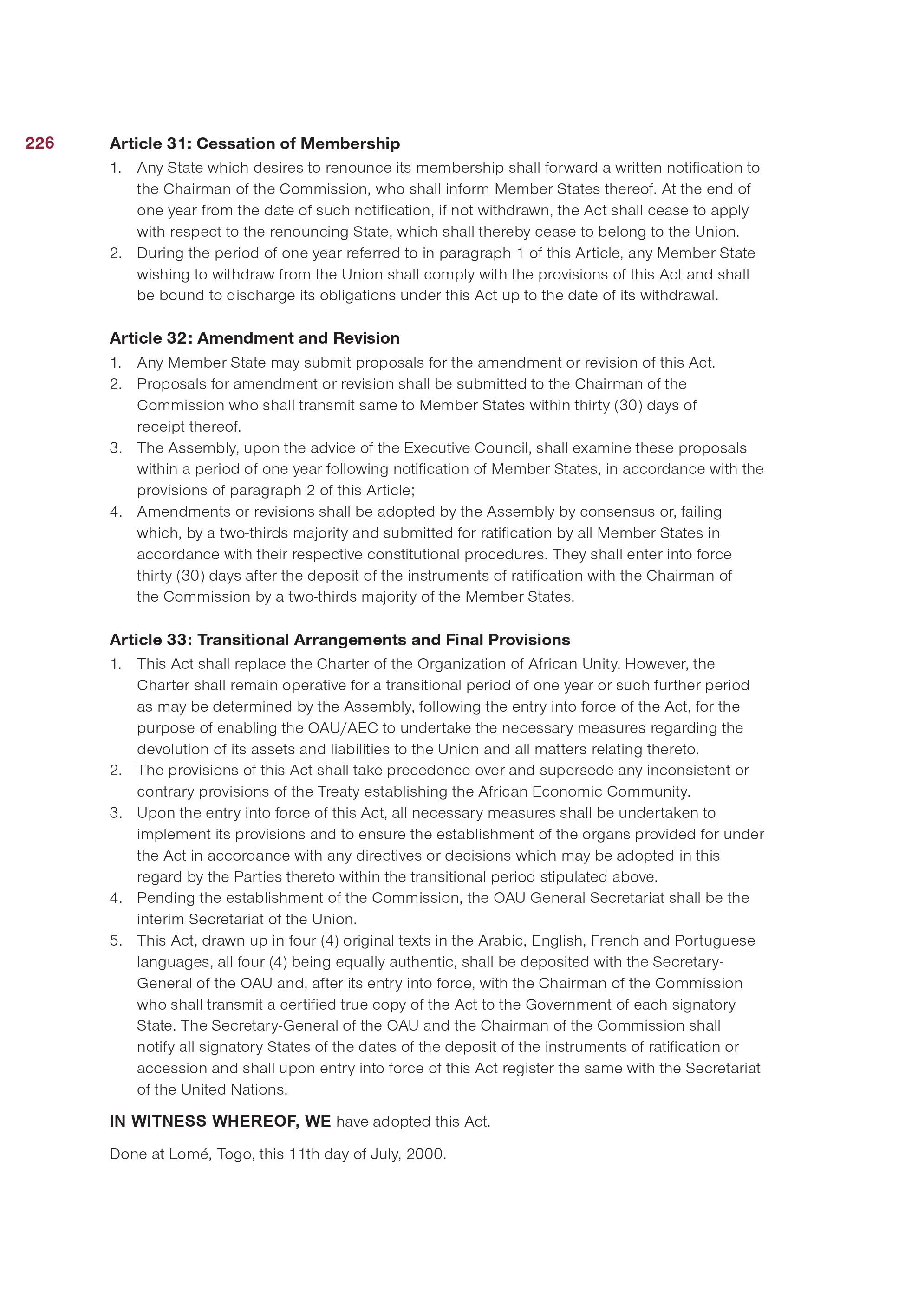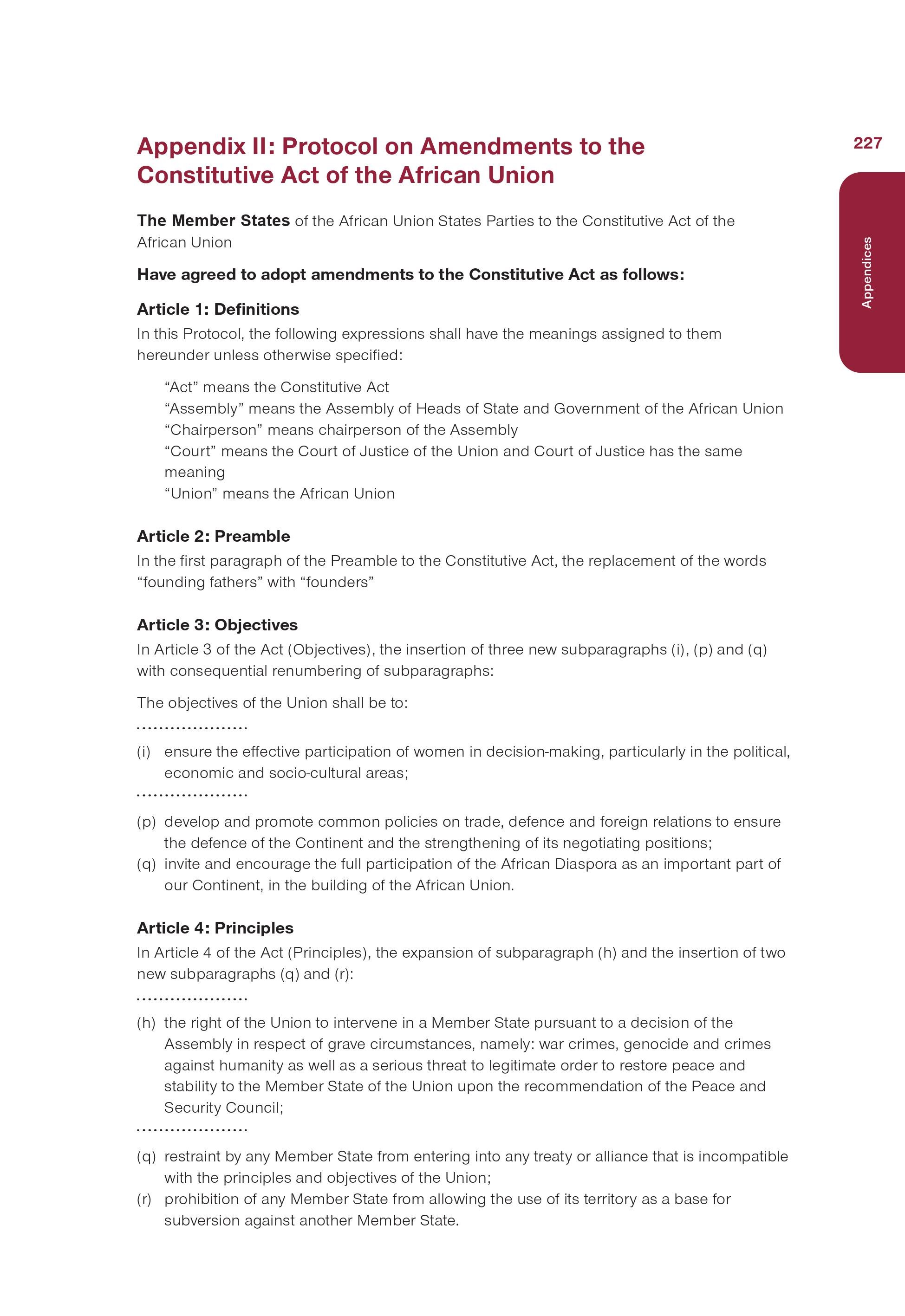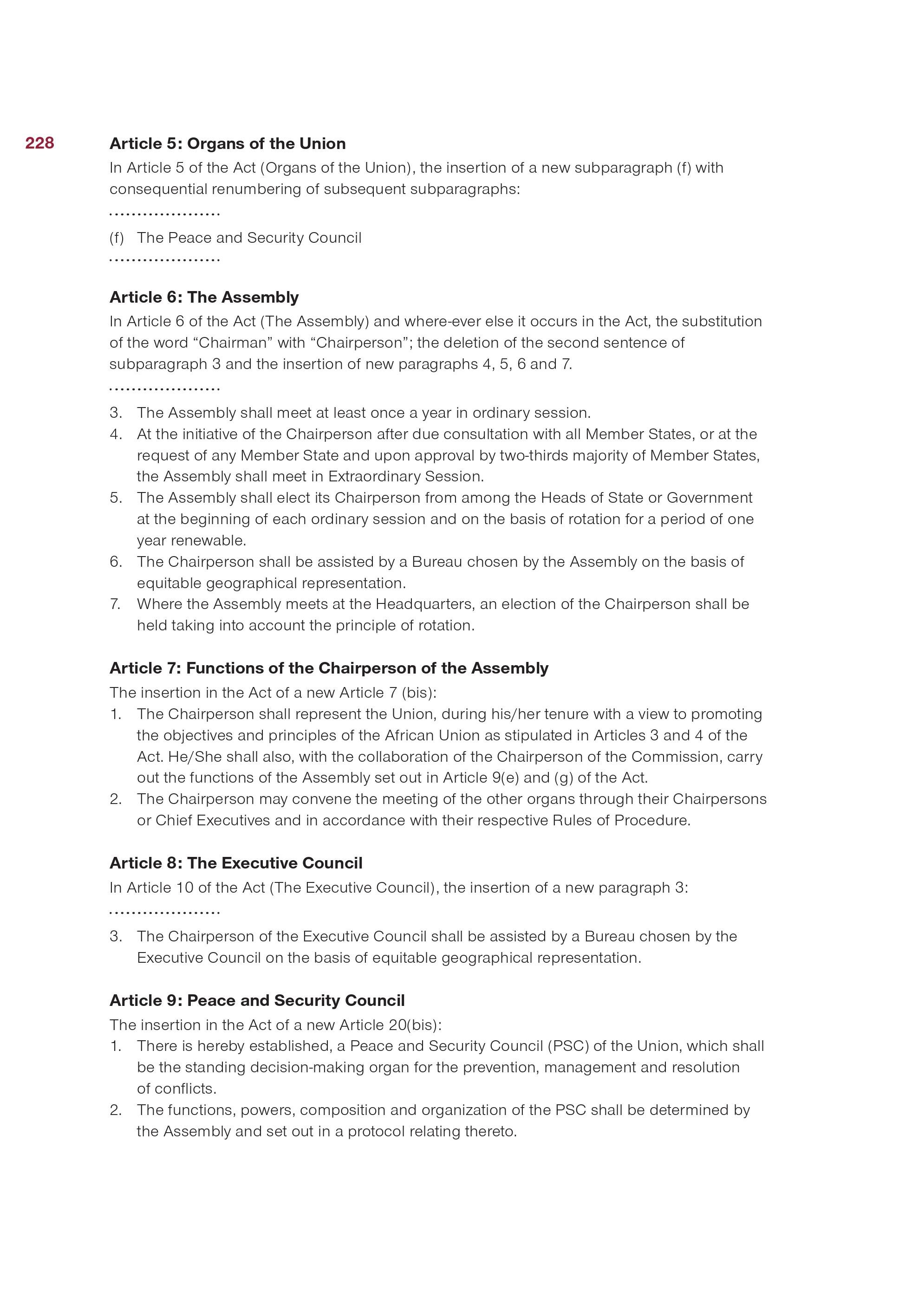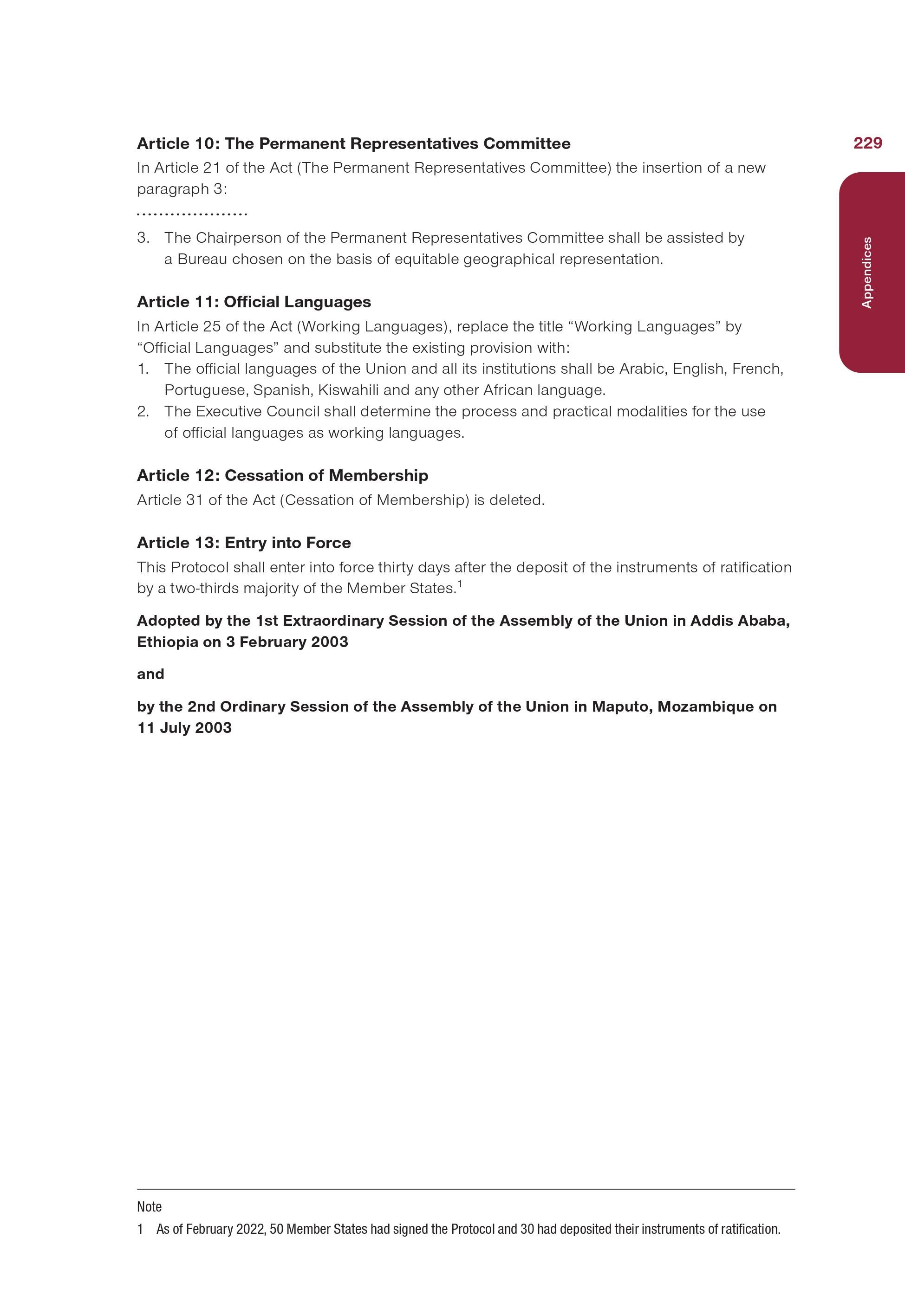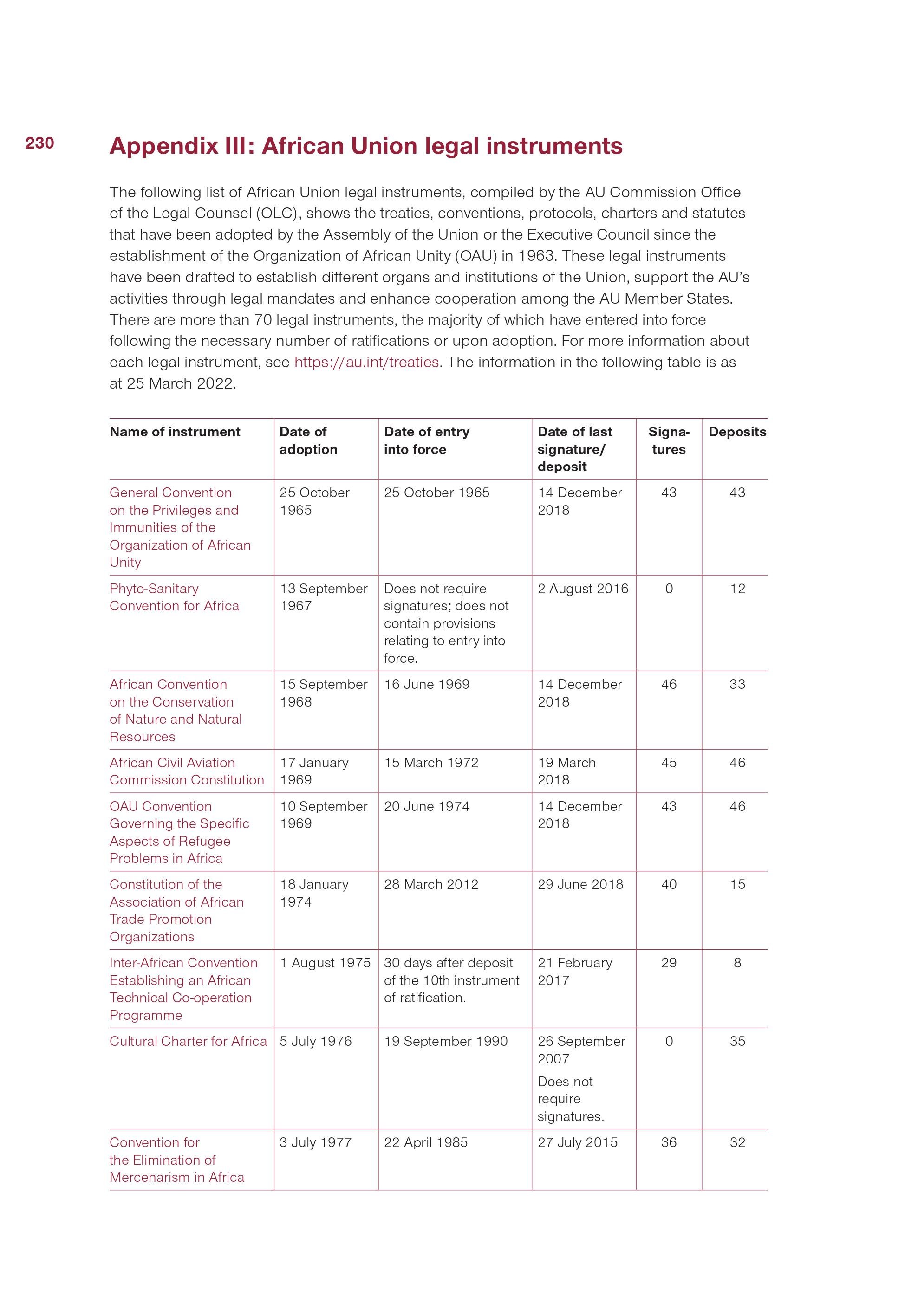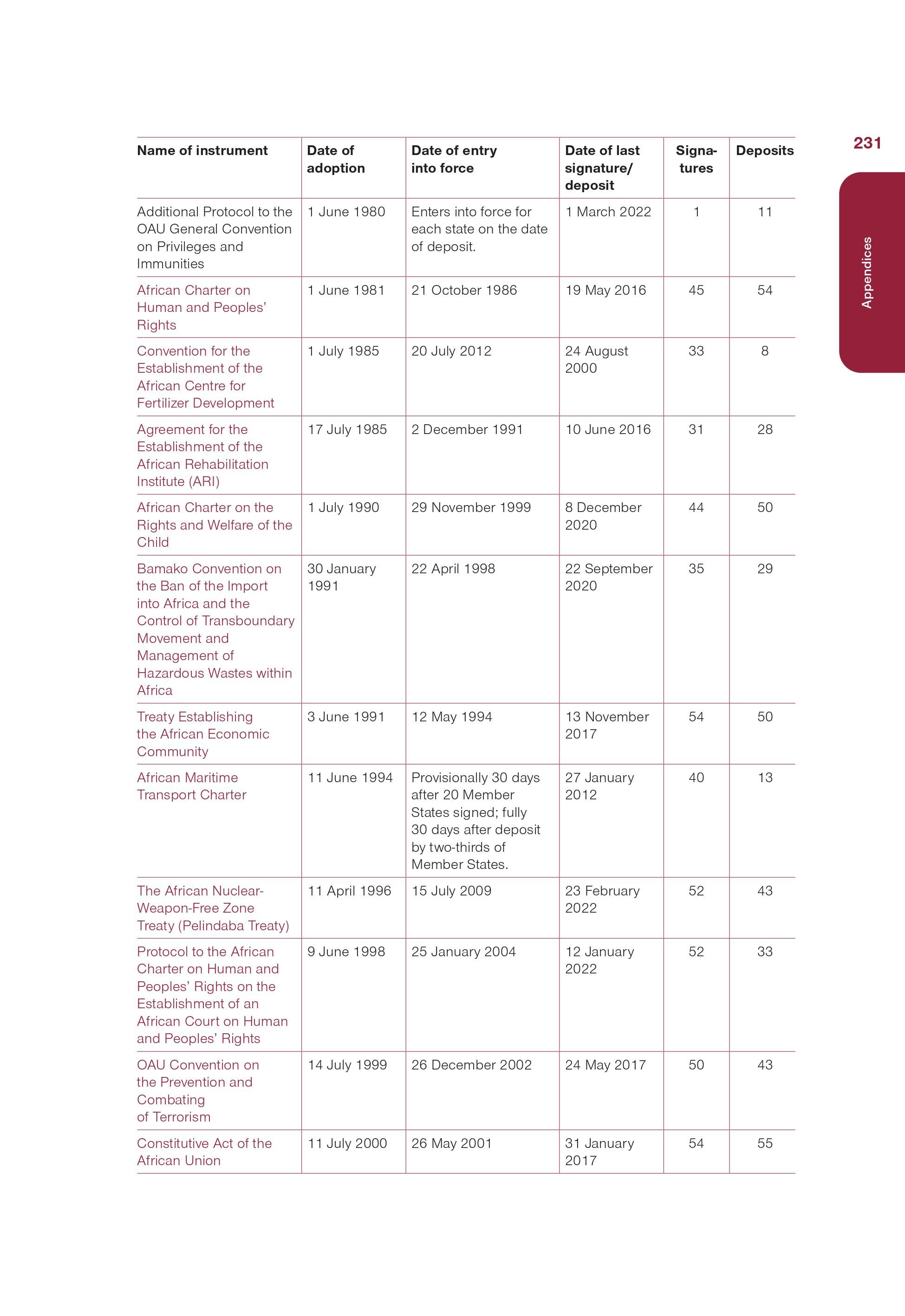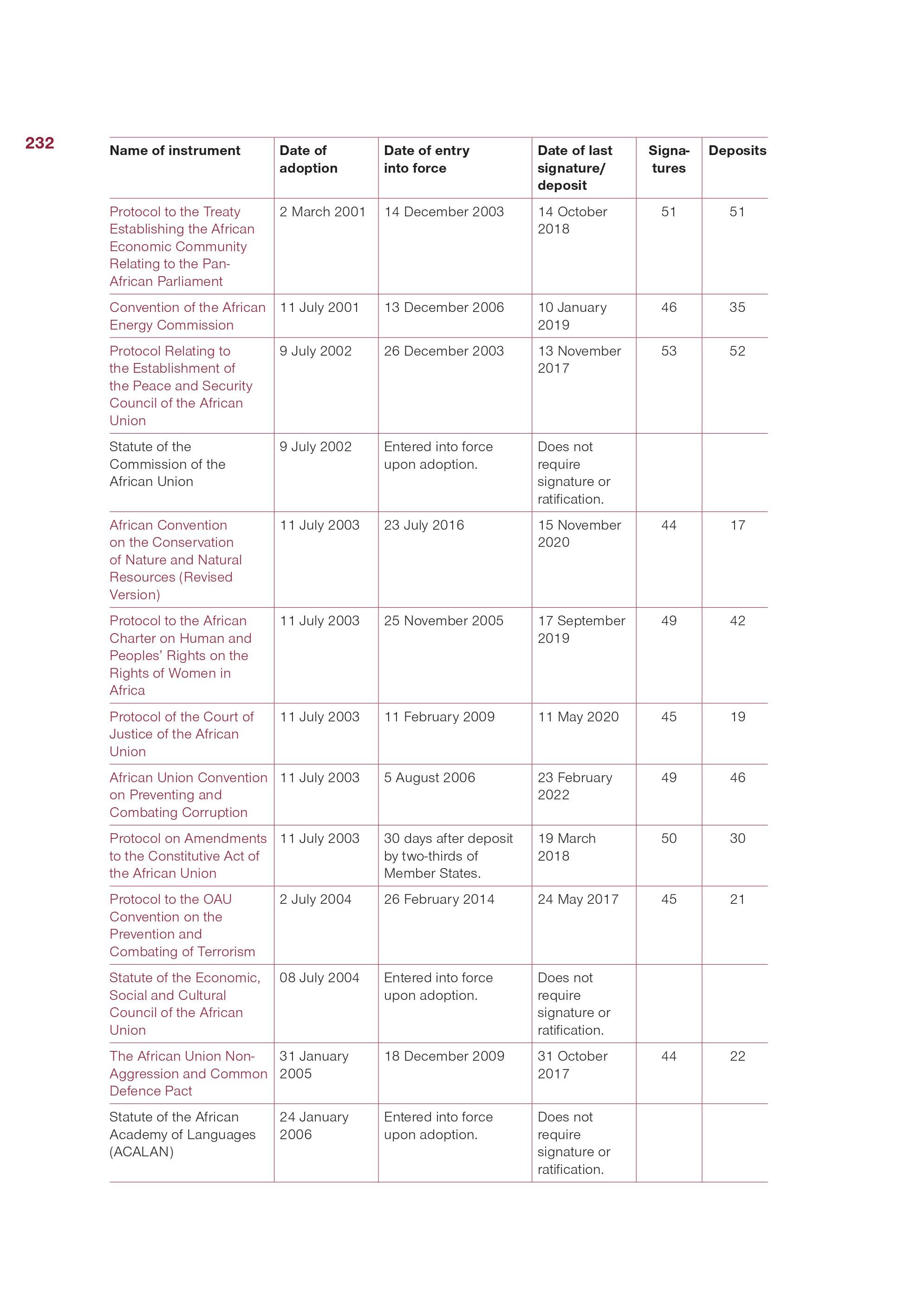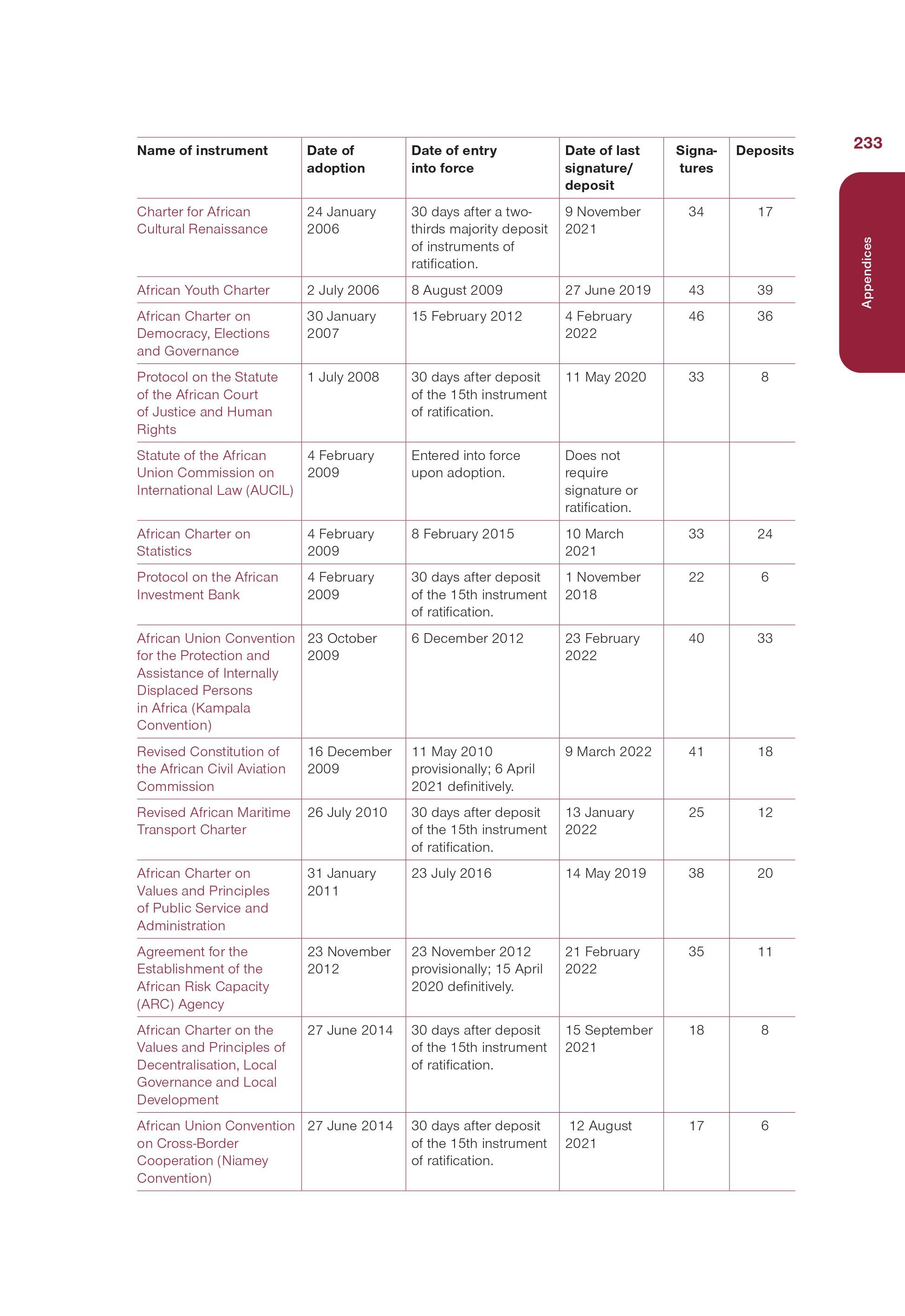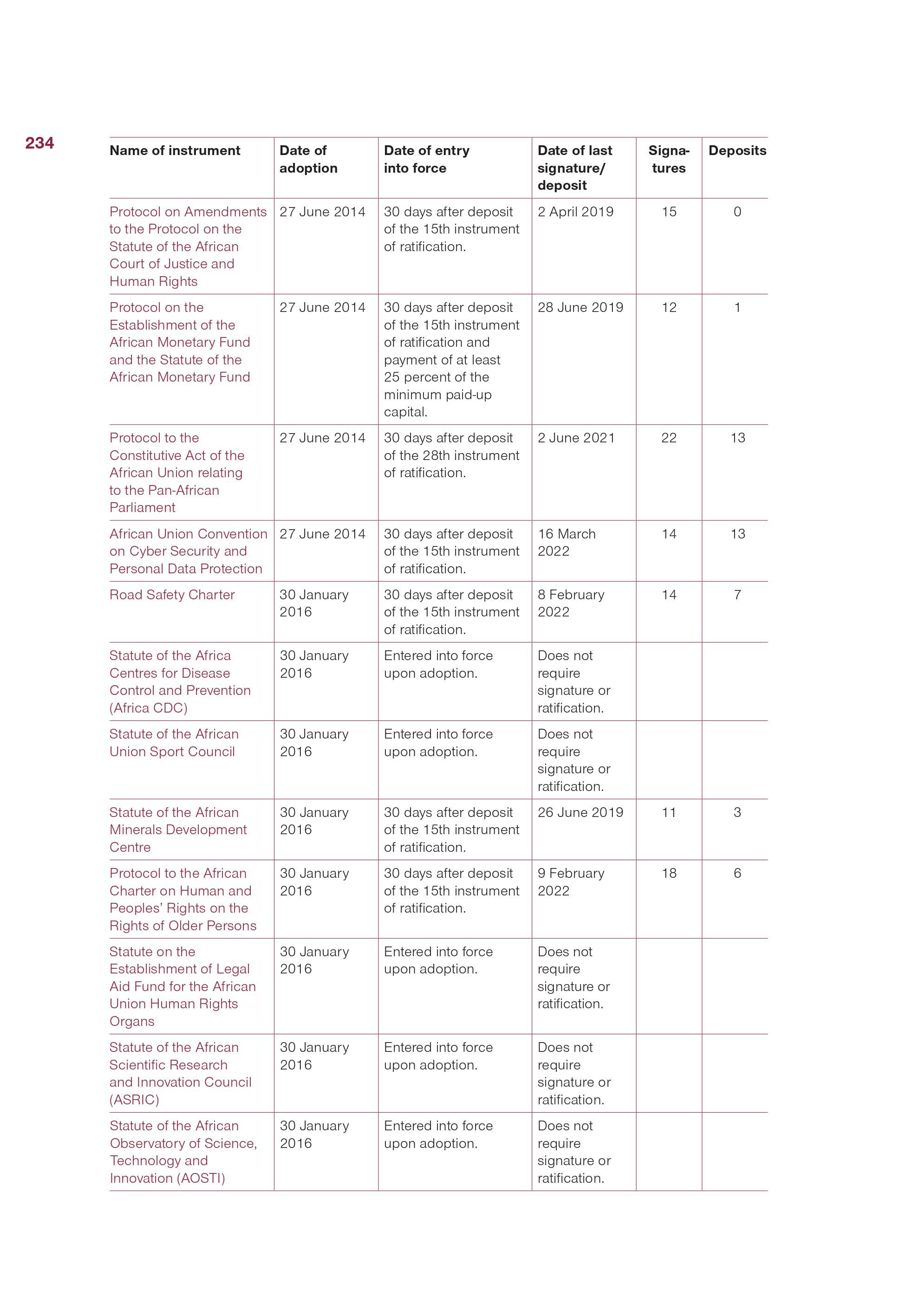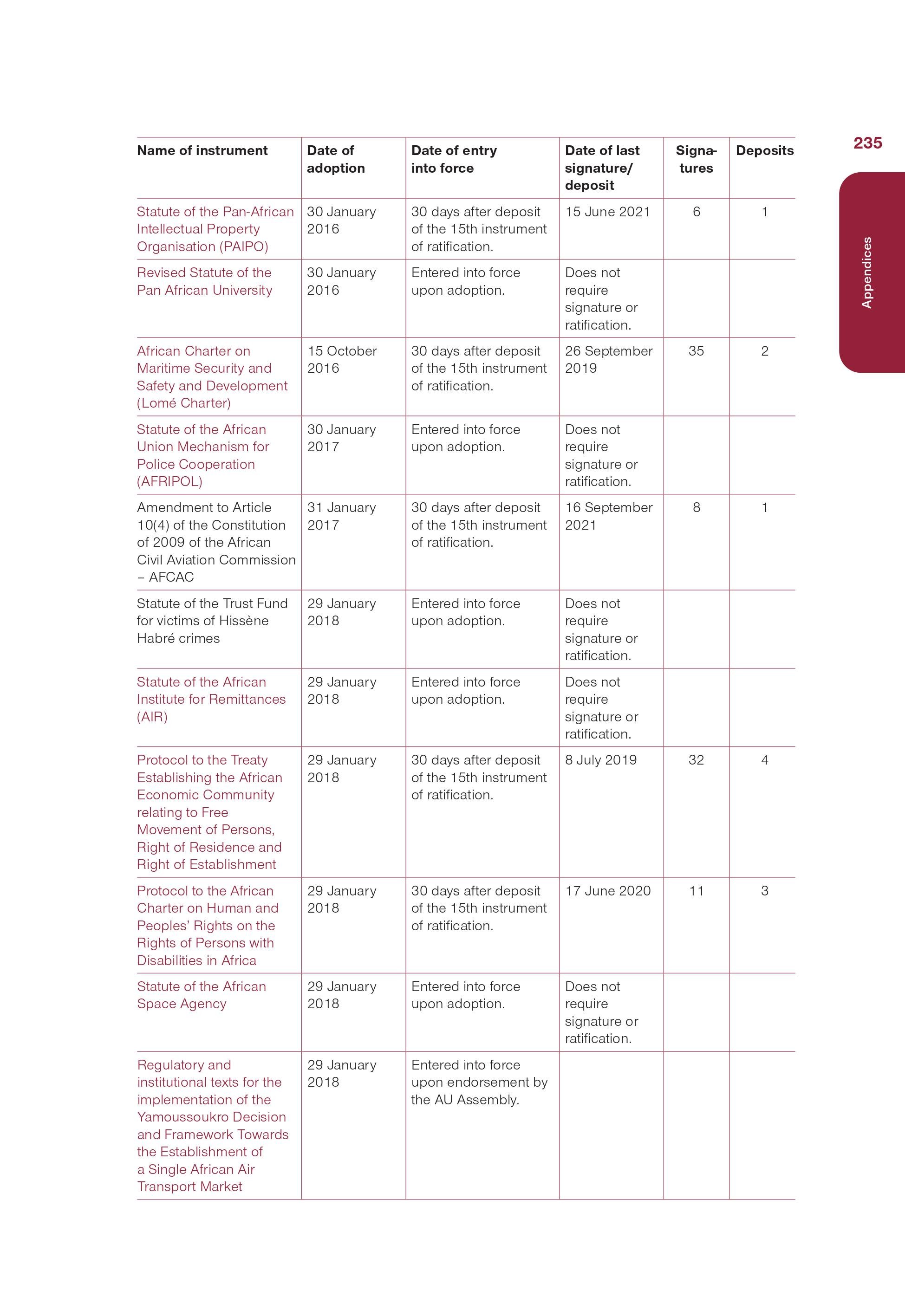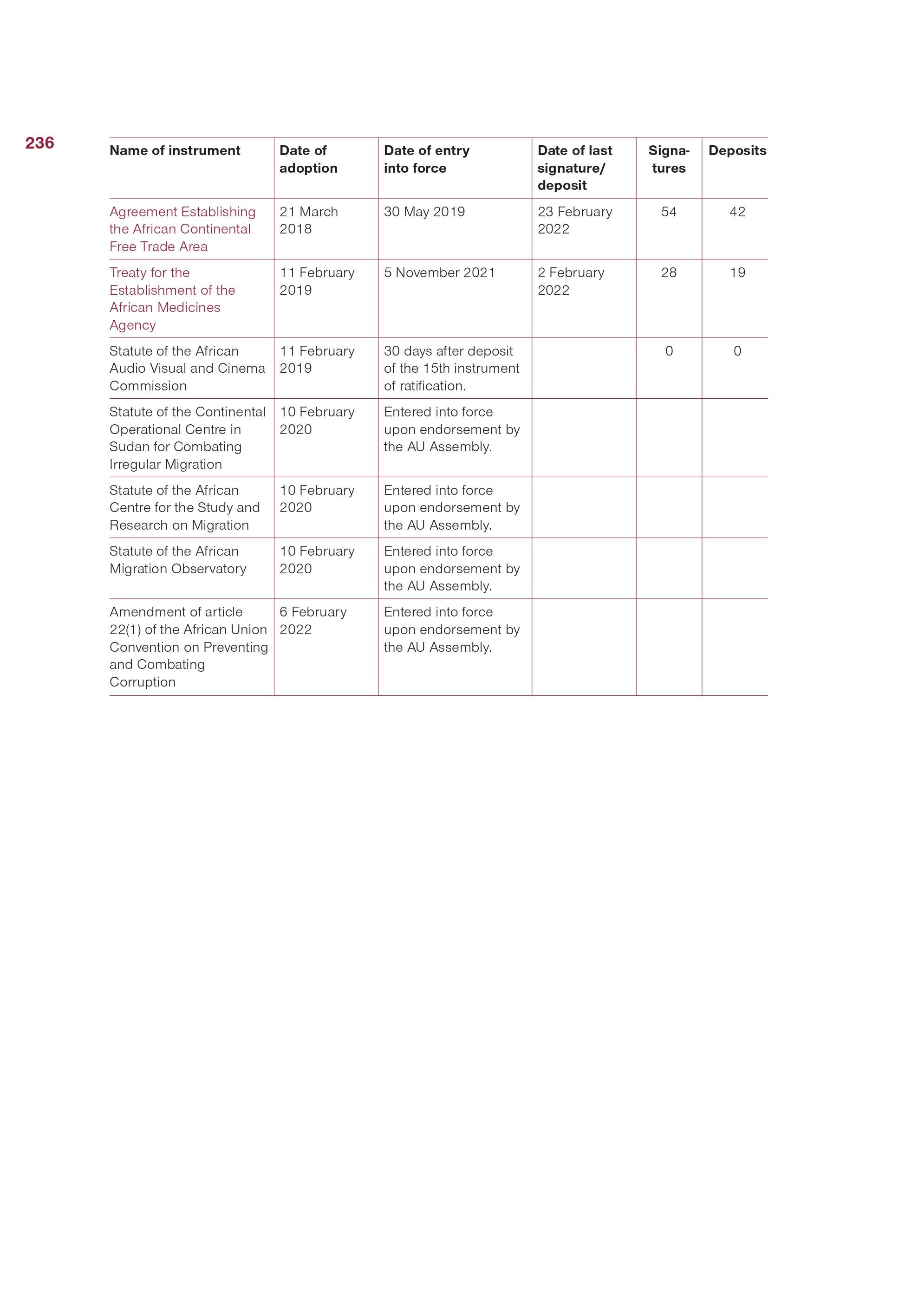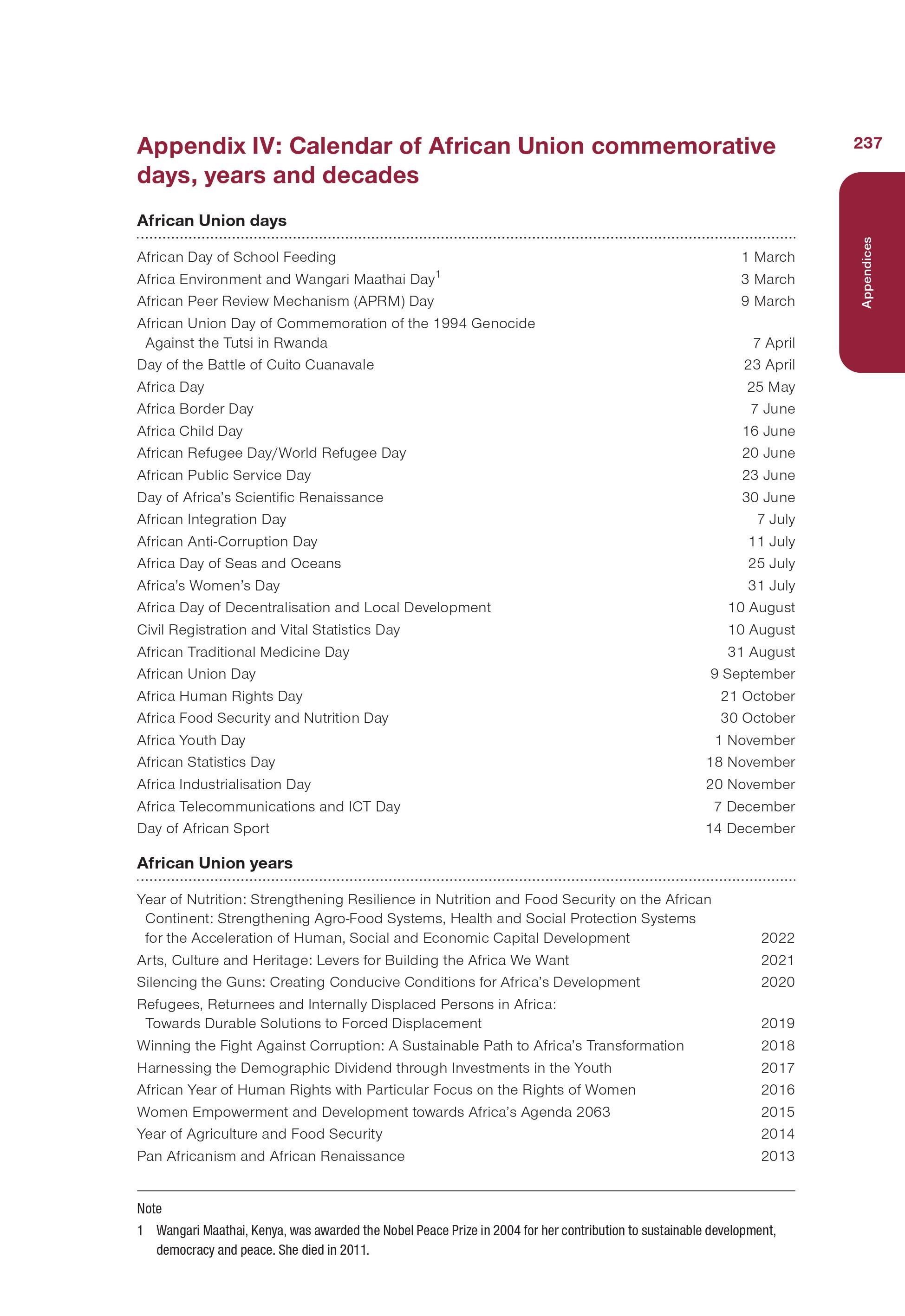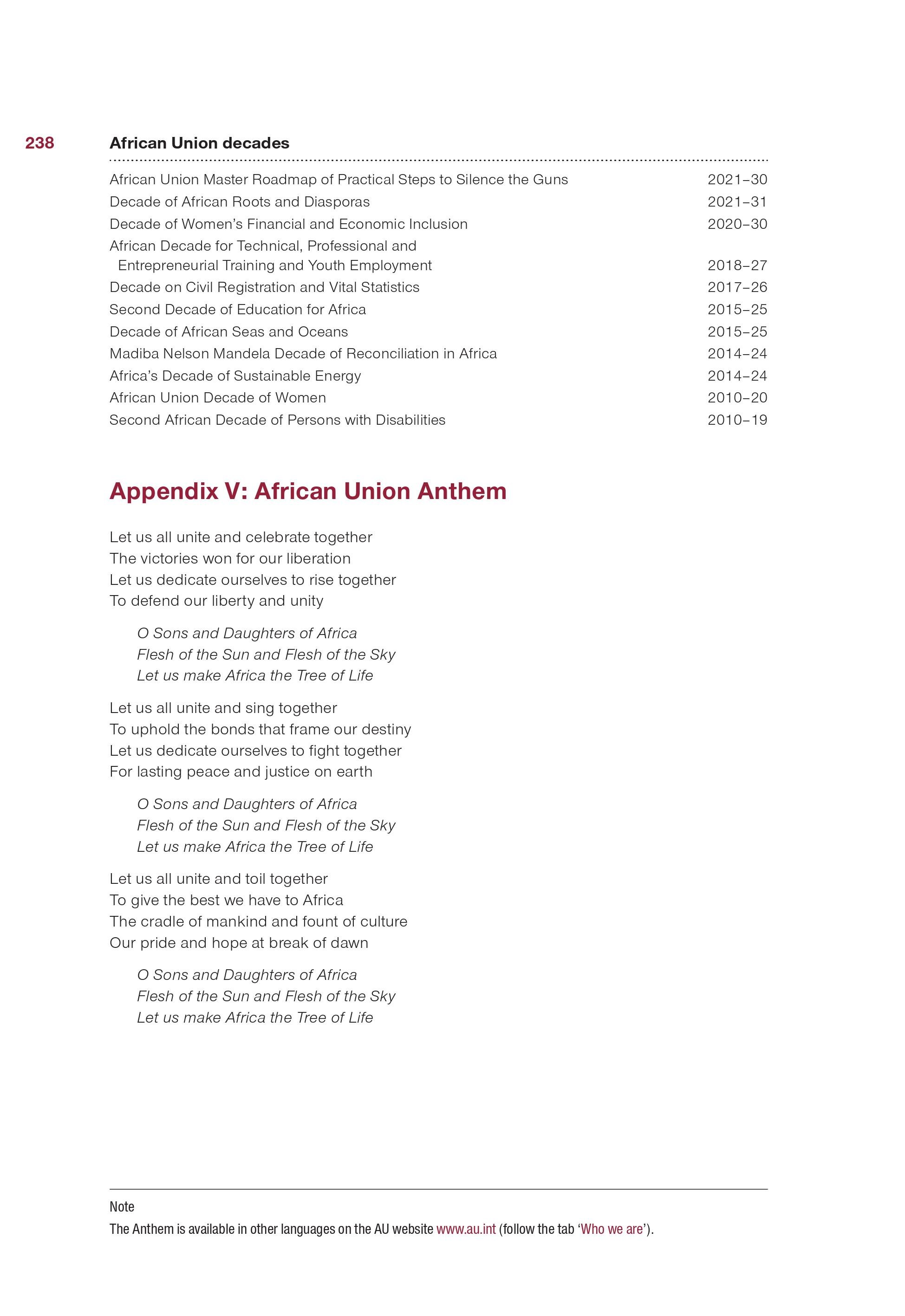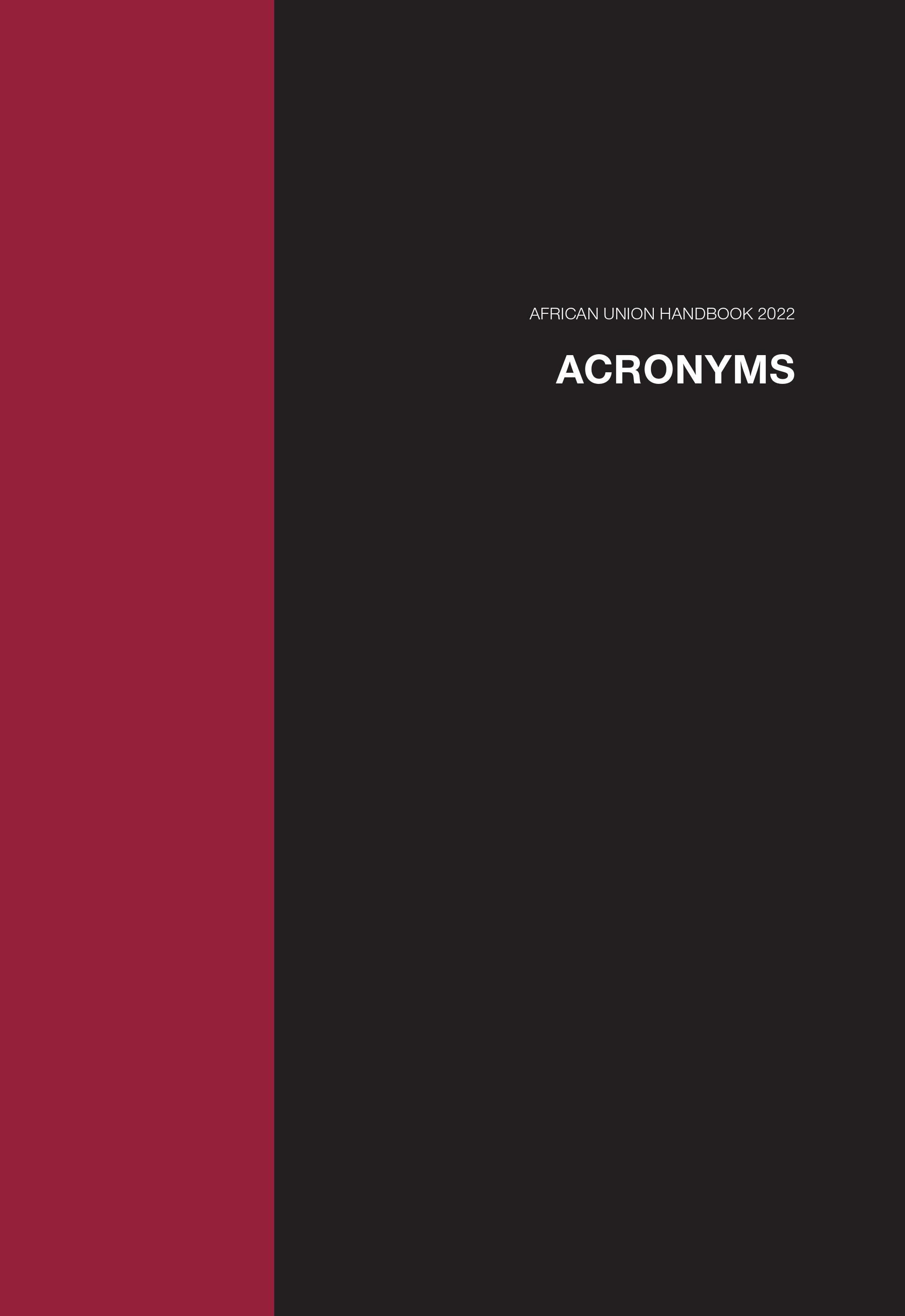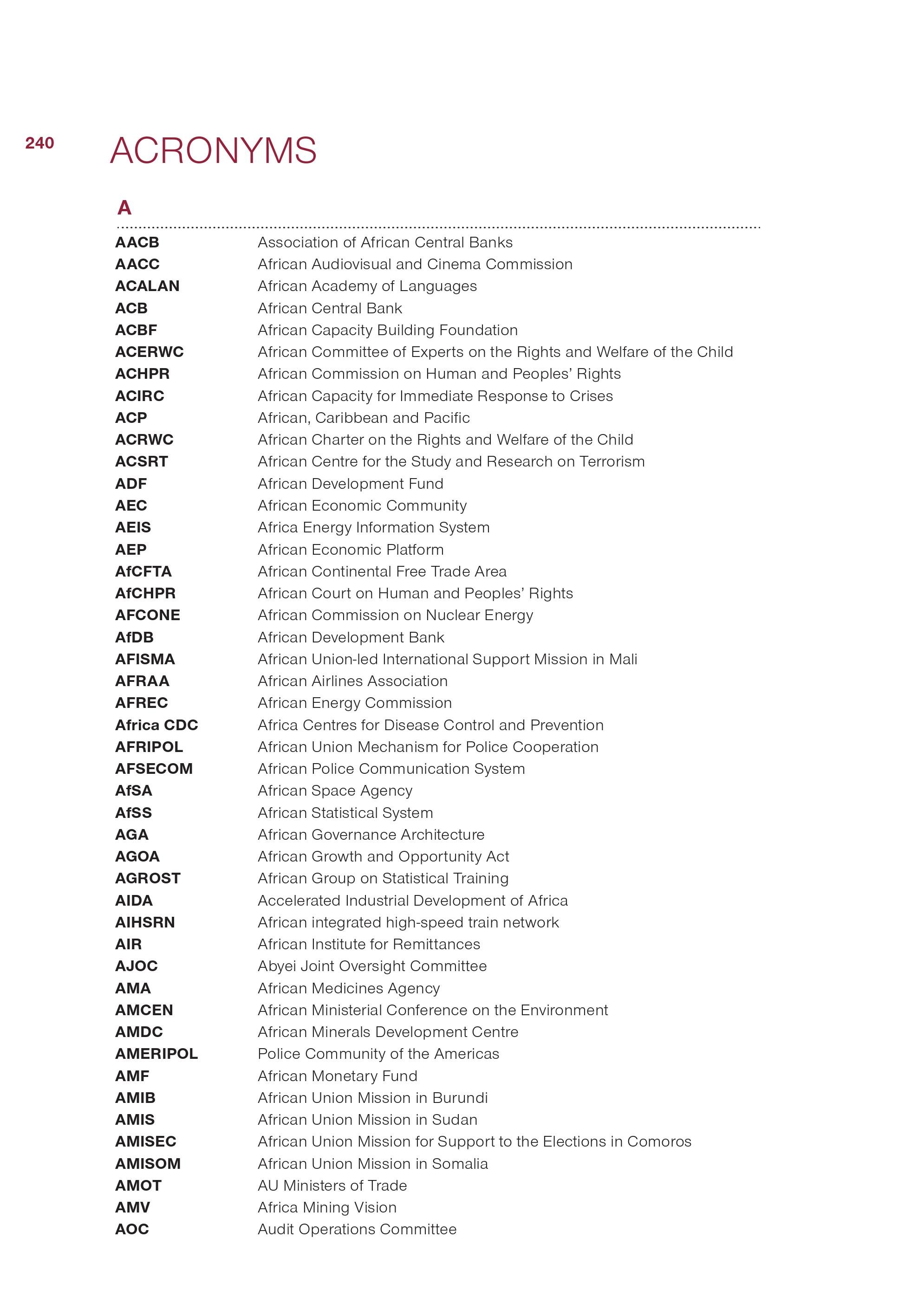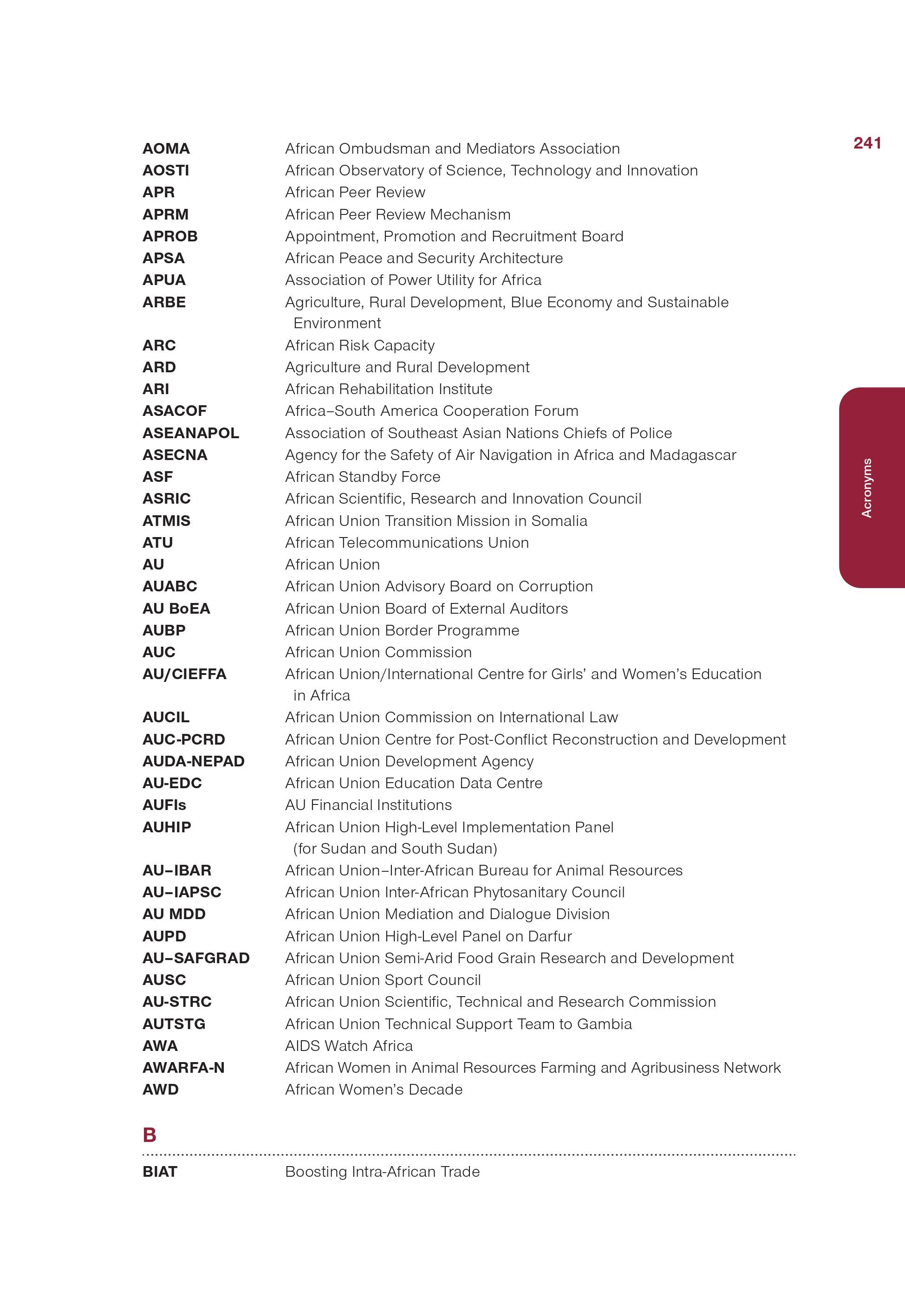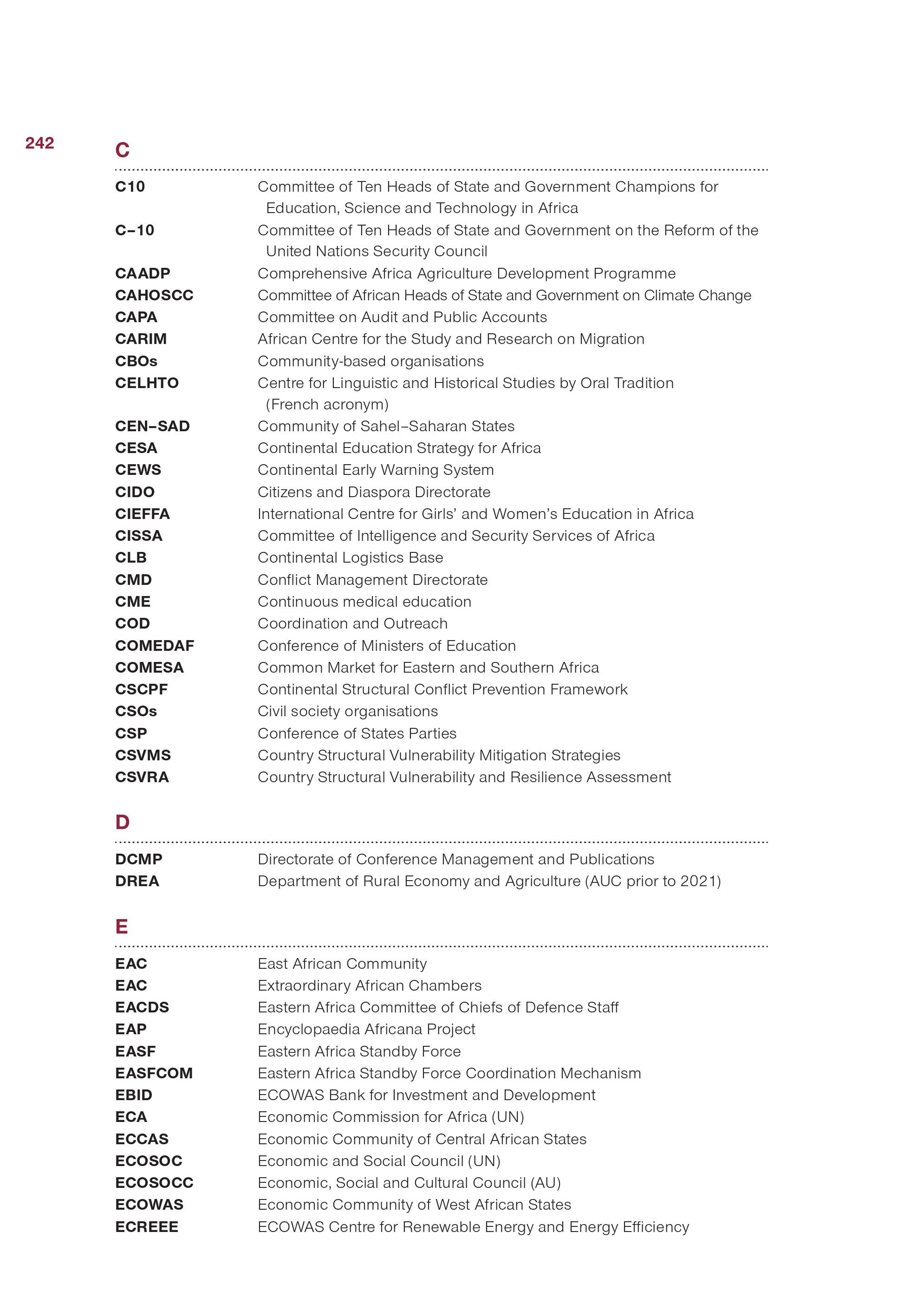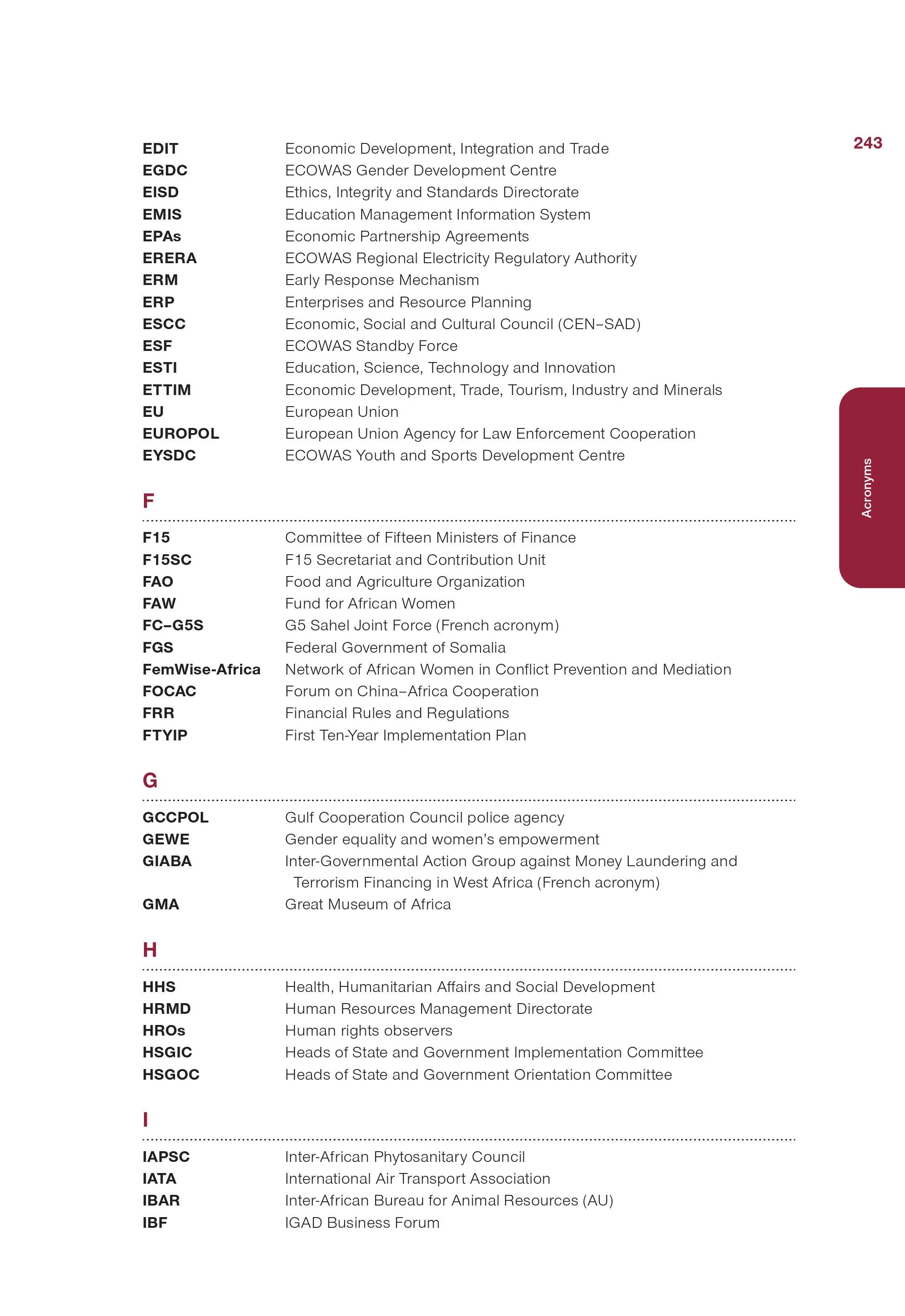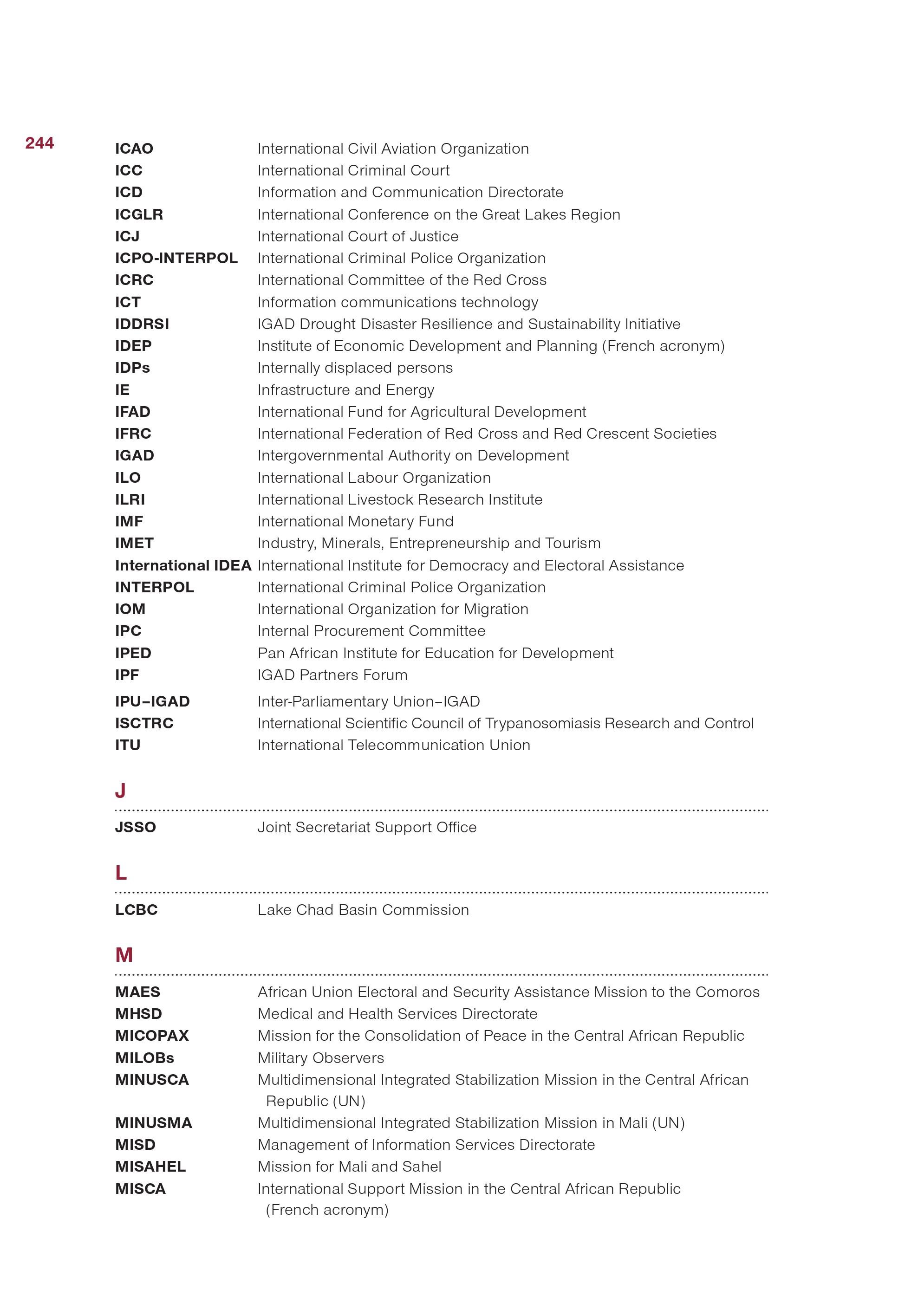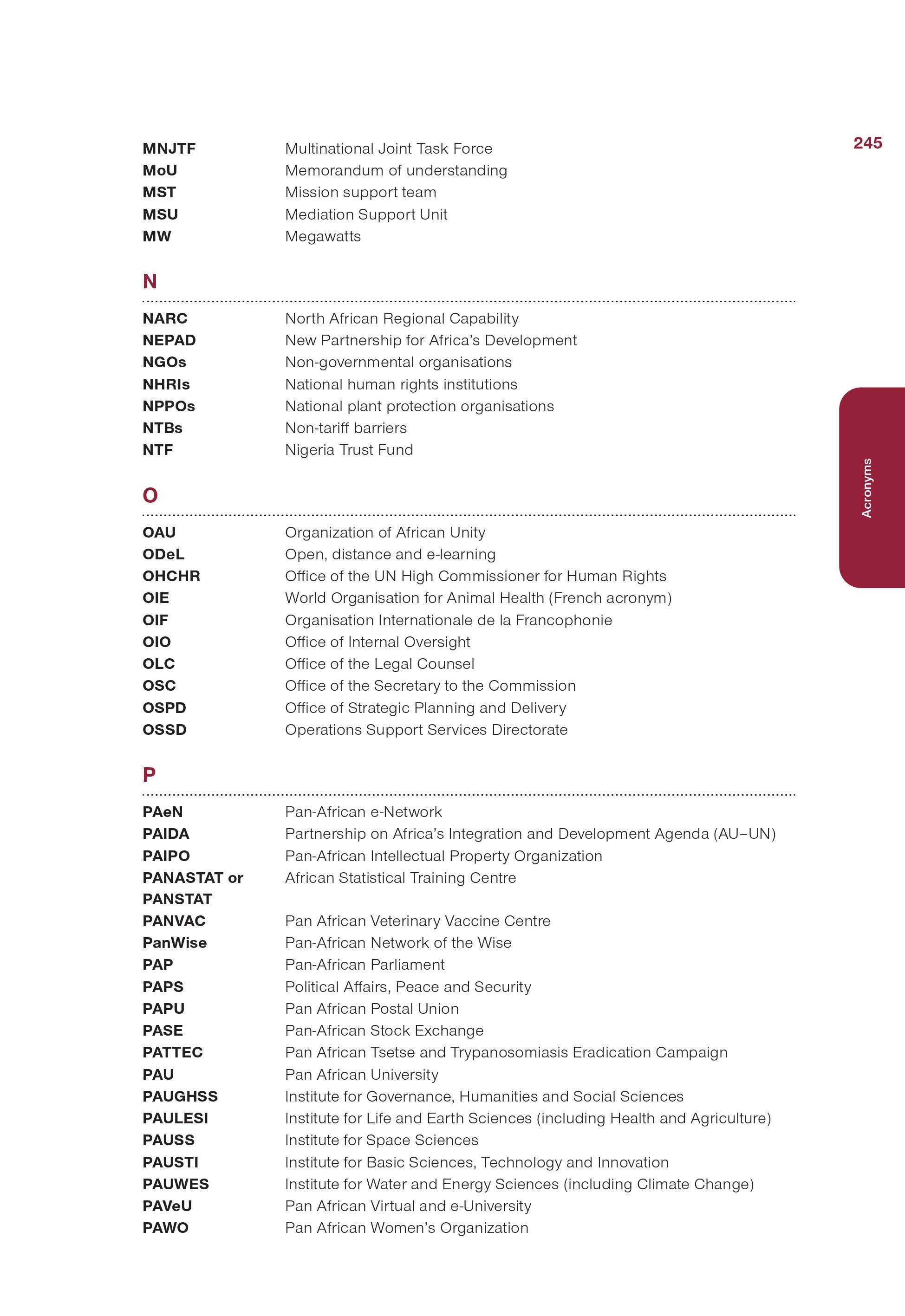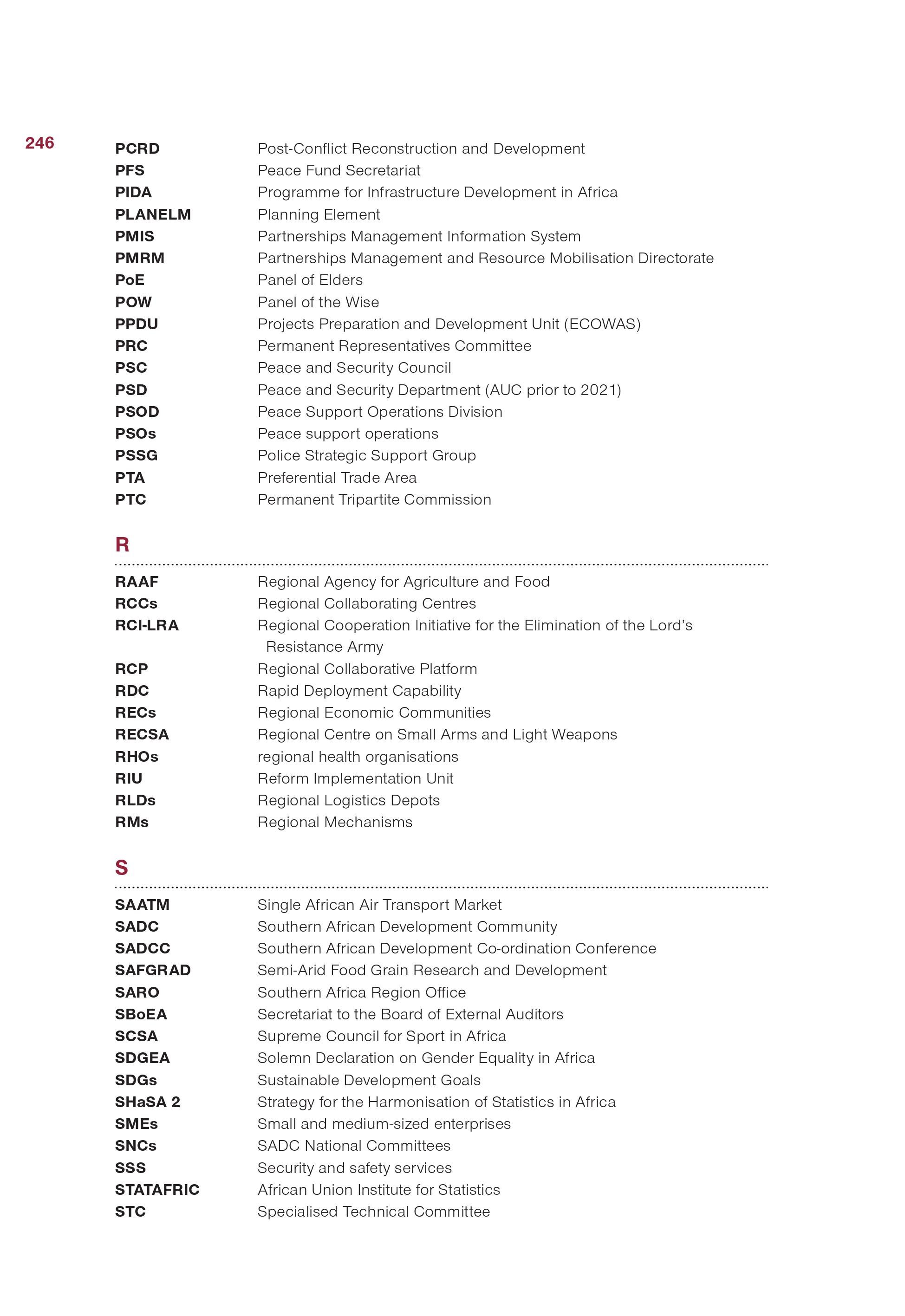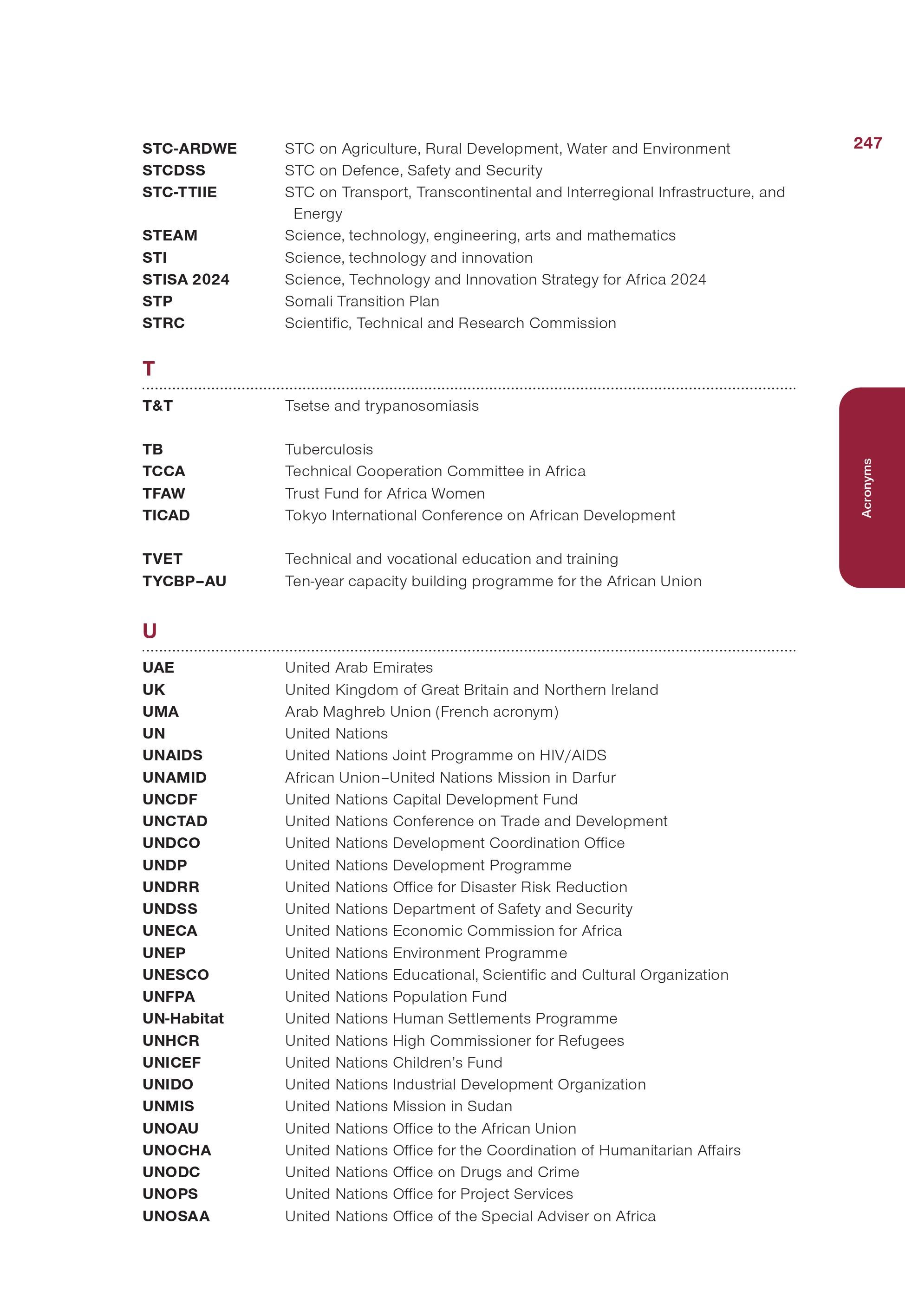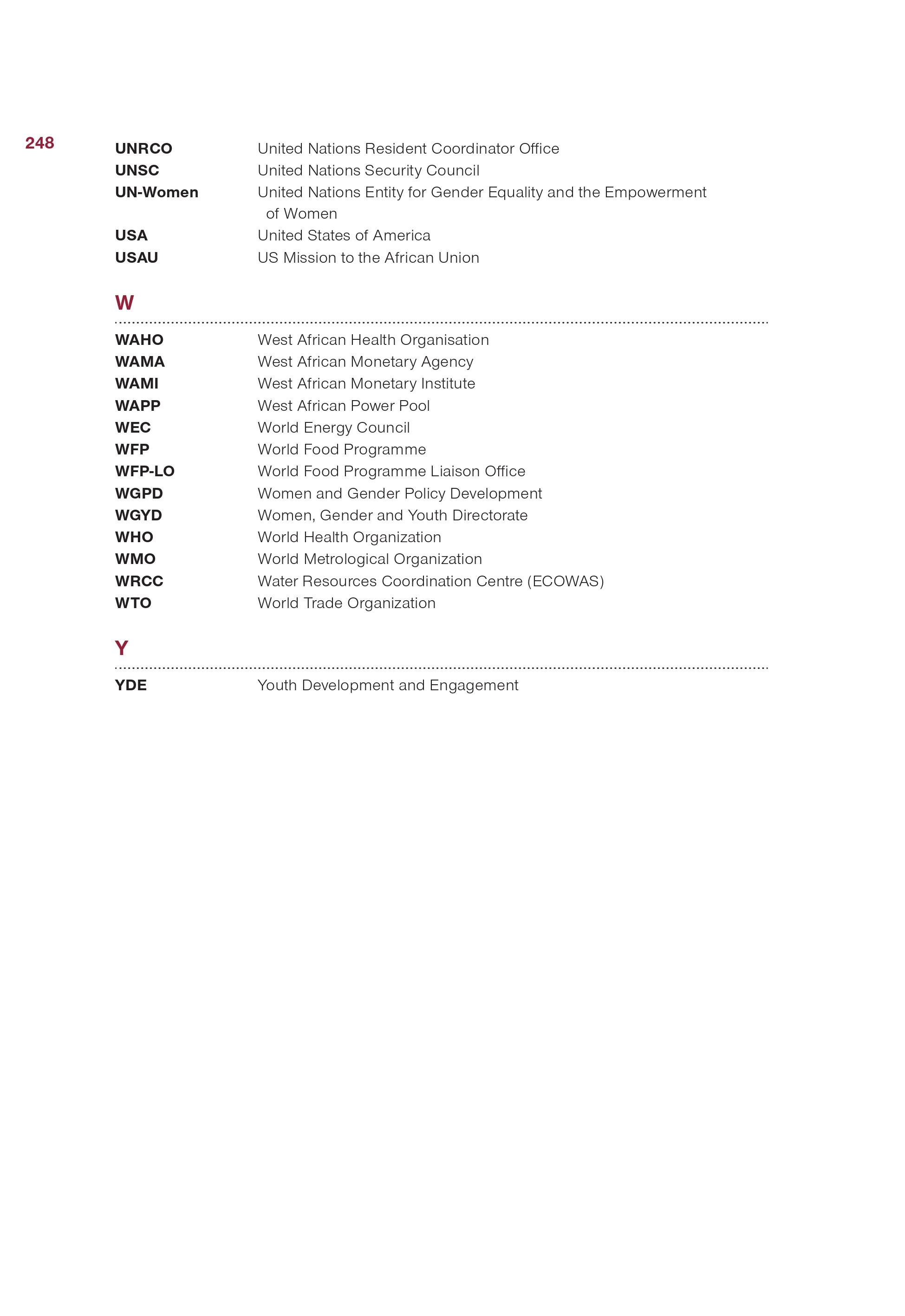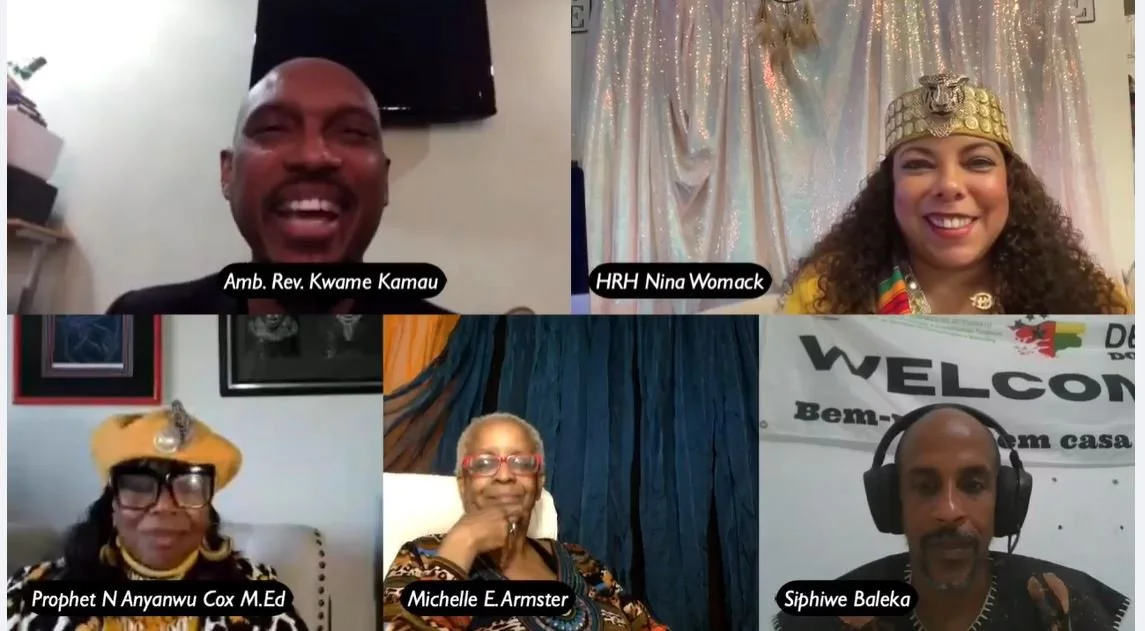However, according to the official website of the North American Delegation to the Pan African Congress International Preparatory Committee
“At the 2012 meeting of Pan Africanists to remember Tajudeen Abdul Raheem, in Addis Ababa, Ethiopia, there was a committee established to work to build the 8th Pan African Congress in Accra, Ghana and to link the movement back to the Nkrumah goals of full unification and emancipation. This goal was reaffirmed in 2013 when the AU celebrated its 50 years of unity and explicitly determined to bring back the Pan African Movement and Pan African agenda into the AU. These meetings in Addis Ababa brought out the reaffirmation of the vision of the African Union as that of: “An integrated, prosperous and peaceful Africa, driven by its own citizens and representing a dynamic force in global arena.”
A series of meetings were held with the surviving members of the International Governing Council and it was agreed to request the government of Ghana to host the 8th Pan African Congress and for a relocation of the Secretariat from Uganda to Accra, Ghana. By June 2014, there was an agreement on the Call for the 8th Pan African Congress emanating from the IGC.”
Stressing the mantra of the 7th Pan African Congress that there should be mass based organization, the call went out to all organizations and individuals to participate at the congress scheduled to be held in Accra, Ghana, 4-9 November 2014. The Call noted that “in keeping with the broad character of all previous congresses, 1900-1994, will be open to all shades of opinion, groups and individuals in the whole Pan African world. In addition, African governments on the continent and in the Diaspora will participate on an equal footing with other delegates. The African Union and its organs and institutions as well as regional economic blocs and platforms will also participate.”
Further, the Report of the First Preparatory Meeting of the North American Delegation to the 8th Pan African Congress in Accra-Ghana, Held at Howard University Blackburn Center, Washington DC, August 2, 2014 states,
“(Please note that the 8th PAC that was scheduled to take place in Ghana has been postponed. See details of our position on the PAC )
The first preparatory meeting of the North American Delegation to the 8th Pan African Congress in Accra, Ghana, was held at Howard University in Washington DC on August 2, 2014. Organized by the Pre-congress Preparatory Committee of the North American Delegation, the meeting was attended by over 80 persons. In attendance were representatives of national and international organizations such as the African Union, Baltimore Pan African Liberation Movement, Universal Negro Improvement Association (UNIA), National Black United Front (NBUF-DC), Universal African People’s Organization (UAPO), the All-African People’s Revolutionary Party (AAPRP), United Nations Working Group for People of African Descent, the Maryland Coordinator from the 6th region, the December 12th Movement, the International Association Against Torture and the World African Diaspora Union (WADU).
The goal of the meeting was to mobilize Pan African organizations and activists in North America to organize and engage in the process and develop recommendations and strategies for incorporation into the deliberations at the 8th Pan African Congress scheduled to take place in Accra Ghana.
Remarks
In his introductory remarks, Professor Horace Campbell, member of 8th PAC International Preparatory Committee and Governing Council, highlighted the historical importance of the Pan African Congress and the need for a robust participation of the Global African Family in the upcoming PAC in Ghana. Another member of the International Preparatory Committee, Professor Ikaweba Bunting, further emphasized the centrality of engaging different Pan African views, opinions, and constituencies in the process of the PAC – particularly with regard to what he called ‘the paradox of working with Africa’s political leaders and the nation states while also working to get rid of the same nation states. . . .’
The African Union was represented by its deputy ambassador to the United Nations, Ambassador Adonia Ayebare. The ambassador stressed the importance of engaging with the AU in the PAC preparatory process, while emphasizing that the pre-congress meeting was very important to the African Union. He also stated that the outcomes of the meeting would be an integral part of the PAC preparatory process.
Other international dignitaries at the meeting include Pan African activist from the Netherlands Beryl Biekman and Mireille Fanon Mendes-France, Chair of the UN Working Group of Experts on People of African Descent (WGPAD) and Chair of the Frantz Fanon Foundation. Ms. Biekman noted the importance of North American Pan Africanists for other regions, especially in the struggle against xenophobia and racism in Europe. She also emphasized the need to build a stronger relationship among the Global African Family to solidify the AU’s 6th Region in order to maintain a better engagement with the AU and Africa.”
“A Congress or A Regional Meeting? The Position of the North American Delegation Regarding the March 2015 Pan African Meeting in Ghana
The North American Delegation strongly advocates for an 8th Pan African Congress that is consistent with the traditions of the Pan African liberation struggle and truly representative of the broader vision of Pan Africanism.
In April 1994, the 7th Pan African Congress concluded in Kampala, Uganda, with the adoption of 29 resolutions. This Congress and its resolutions were consistent with the process followed in Dar es Salaam, Tanzania, for the 6th Pan African Congress, as well as the others that preceded it. All 29 resolutions of the 7th Pan African Congress were mechanisms that both addressed issues specific to some constituencies as well as the barriers to a more inclusive Global African community overall.
One of the key resolutions of the 7th Congress was the establishment of a Pan African Secretariat that would call, manage, and fund subsequent Pan African Congresses.
This Secretariat could also serve as a home for a permanent Pan-African body for facilitation and dialogue or simply be the genesis for one. Due to the unforeseen death of Dr. Tajudeen Abdul Raheem, General Secretary of the Pan African Movement and principal organizer for decades, there was a period of reorganization with a continuing lack of funds during which the proper functioning of the Secretariat was affected over the next decade.
Another important resolution of the 7th Pan African Congress was to support regional mechanisms that would allow for local input at the broadest level geared towards the next Pan African Congress. Delegates also realized that this could only happen with sufficient funding, and therefore called for mechanisms by which both the regional and international convocations would be funded.
On the ideological and procedural fronts, there was strong debate over the nature of subsequent bodies and specifically whether the Congresses should be guided by “principled political action or by protocol.” This was because many African governments at the time were succumbing to Western protocols/pressure and forgetting their genesis in the African liberation struggle. A clear resolution to the matter was that the Pan African Congress should promote the interests of the African people against a global current that continues to use them as fodder for an international financial system that strongly benefited others. . . .
One mechanism by which this was to be achieved was through the incorporation of the entire Global African community, in tandem with all previous Congresses. This meant that African and Caribbean governments, as states representing African people, would have the same status in terms of participation as delegates from civil society from other states. In addition, representation from regional blocs and key institutions, such as labor movements, political organizations and social platforms would be important to ensure that the diversity of Pan African views would be well represented.
The planning process for the proposed 8th Pan African Congress meeting that was called in 2014 does not seem to have taken into consideration the key resolutions of the 7th Pan African Congress.
Major issues about the Pan African outlook that were raised regarding the proposed meeting have not been addressed. Hence the question: is the March 2015 meeting in Ghana a Pan African Congress or a Regional Meeting?
In July 2014, Major-General Kahinda Otafire, Chairman of the Pan African Movement and head of the Secretariat released the International Preparatory Committee’s Call for the 8th Pan African Congress to be held in Ghana in November 2014. However, there were concerns that the Ebola scare, which had affected the West African nations of Sierra Leone, Guinea, and Liberia, would inhibit travel from those nations as well as regional travel in general. This was intertwined with the need to ensure that Congress is truly Pan African – through the broad participation of the entire Global Pan African family. Additionally, there were funding uncertainties and a call from some regions for further mobilization. Reconsideration was given to the meeting date and a postponement was called for, until a date could be determined in 2015.
A postponement was initiated, but more concerns were raised over the new date, March 2015. The new date was too close to the initial November 2014, and there were no guarantees that the issues that led to the postponement would have been resolved. The larger Pan African community continues to wonder why the Local Organizing Committee in Ghana insisted on the March date.
In November 2014 a pre-congress meeting was to be held in Kampala to address the progress on the resolution regarding gender concerns. Due to the same reasons for rescheduling the full body, the gender body was also postponed. Although funds were available at that time, it was never rescheduled.
Another major area of concern was the participation of the Global African community, especially the Caribbean region within the Pan-African Congress structure. Given the historic role of delegates from the Caribbean since the very first Pan-African Congress in 1900, it was only fitting delegates from this region be more formally acknowledged. Resolutions were adopted with respect to specific countries (Haiti and Brazil) as well as a broader one that called for more systemic inclusion of the Caribbean region at the ideological, political and economic levels.
The International Preparatory Committee’s Call identified as the broad theme for the 8th Pan African Congress “The Pan-African World We Want: Building a people’s movement for just accountable and inclusive structural transformation.” This Call provided a list of subthemes that were consistent in character with the resolutions adopted by delegates at the 7th Pan African Congress.
While many Pan Africanists had reservations about the March 2015 date for the 8th Pan-African Congress, there was no question about the content of the Call from the Secretariat. However, the content of the proposed Congress agenda does not appear to be consistent with the Call from the Secretariat and broader Pan African vision of the preceding Congresses. It appears to be deliberately structured to avoid any serious deliberations.
Certainly, no serious Pan-Africanist would deny Ghana’s leading role in advancing the vision of Pan Africanism. And many would welcome the opportunity to acknowledge this history during Ghana’s independence celebrations taking place concurrently with a Pan African meeting in Accra in the month of March. However, it will be a monumental disservice to the Pan African cause and to Ghana’s immense contribution towards the advancement of Pan Africanism if the country were to host a Congress that is exclusionary and falls short of deliberating on issues that will advance the interest of the oppressed African workers, women, and our brothers and sisters in the Global African family.
As a result of the foregoing, the North American Delegation states its position regarding the March 2015 meeting as follows:
Serious conceptual, consultative, and logistical groundwork needs to be done towards a broad-based Pan African Congress; but the organizing infrastructure (or lack thereof) in Ghana and Kampala doesn’t have the capacity for the required groundwork.
The agenda of the proposed meeting does not reflect critical issues of urgent importance that are affecting our brothers and sisters in the Global African Family – from the clamor that “Black Lives Matter” in the USA to the challenges facing about 100 million African descendants in Brazil and the effect of coup plotting on Africans in Venezuela as well as xenophobia in Europe and the question of reparations for Africans in Latin America, Caribbean, North America and elsewhere. Also missing from the agenda are the serious questions of regarding grassroots Pan African women, reconstruction and transformation in Africa – beyond election cycles and the looting of working people’s resources.
The North American Delegation therefore recommends that serious work and consultation be set in motion for the planning of an 8th Pan African Congress that is truly representative of the Pan African Movement and genuinely reflective of the critical issues affecting Africans on the continent and the Global African Family.”
On May 6, 2015, Professor Ikaweba Bunting published 8th Pan African Congress: The congress is not the movement Reflections on Phase I of the Congress in Accra, March 2015:
“The pan-Africanist spirit is alive and strong, but building a solid Pan African Movement remains a big challenge – as witnessed in the Pan African Congress in Accra, Ghana, in March. A Pan Africanist political culture must be inculcated, nurtured and institutionalized throughout the six regions of the African world.
In early 2012, a collective of Pan Africanists in Africa, the Caribbean, South America, Europe and North America began to circulate a call for the 8th PAC congress. Proposals and discussions were exchanged via social media, radio programs, local Pan African and community mobilization forums, workshops and town hall meetings. The discussions, comments and reactions generated by the call for a Pan African Congress reflected a mosaic of ideas, sentiments, analyses, criticisms, denouncements, claims and affirmations.
Among the various comments and responses, three characteristics of particular significance emerged. The first being the many different perspectives, ideas, dogma and positions related to defining Pan Africanism, who qualifies as a Pan Africanist, how to organize the congress, and who should or should not participate. In regards to participation, there were divisions as to whether or not the African Union and other state actors should participate. Would their very presence be the antithesis of Pan Africanist objectives or are African governments and the AU essential partners in achieving Pan Africanist objectives?
A second characteristic was that despite the many differences, there was consistent concurrence that in order to redress the economic, cultural and political disempowerment and racial based oppression of African peoples, mobilization and organization globally under the structure of Pan Africanism is essential. The consistency of this perspective is of strategic significance. It reveals a common basis for building a Pan African Movement. Simultaneously the array of ideological differences and dogmatic exclusiveness reveal the amount of work remaining and the characteristics of the challenges to overcome in order to build the Pan African Movement.
The third notable feature apparent during this process was the absence of institutional sustenance of Pan Africanist political culture. Despite a broad recognition of the critical need for a Pan Africanist’s method of organization there is an absence of cohesive and persistent effort, clarity of purpose and sustainable institutional support. To realize the objectives of a Union Government and create a movement to rectify the social, economic and political exploitation of African peoples, a Pan Africanist political culture must be inculcated, nurtured and institutionalized throughout the Six Regions of the African world. It is the task for the Global Pan African Movement to ensure that Pan African institutions and organizations at all levels are functional and effective, and imbued with a Pan Africanist political culture.
The absence of functional Pan Africanist institutions and Pan African political culture has left a vacuum that has been filled with a potpourri of ideas formulated under the rubric of Pan Africanism. What materializes is an amalgam of values, notions, ideas and dogma that are perplexing or contradictory to Pan Africanist purpose and ideology.
As the efforts for the convening of the 8th Pan African Congress began to gain momentum a meeting was held in South Africa. Although convened as a Pan African Congress it suffered from lack of consultation and inclusion. A non-inclusive method of organizing that circumscribes broad based participation is contrary to the purpose of convening a Congress as well as the principles of Pan Africanism. In February 2014, the South African meeting convened with an ideological perspective of Pan Africanism that explicitly excluded North Africa and Arab-speaking North Africans. The 8th PAC North American Organizing Committee together with the Caribbean Pan African Network, the PAM Governing Council and many Pan Africanist activists and organizations decided not to associate with this meeting. Though held under the umbrella of Pan Africanism, it fostered an ideological position that apparently coincided with the imperialists’ fabricated narrative that severs the land and peoples of North Africa from the continent.
This offers one example of the many ideological contradictions and breaches that exist within the movement. Coupled with the array of logistical, organizational and financial challenges the situation epitomizes challenges confronting our efforts to convene a credible and representative Congress and building the Global Pan African Movement.
In the lead up to the meeting in Ghana, various Pan African organizations, members of the Governing Council of PAM and regional organizing committees in the Caribbean and North America protested that November 2014, a date proposed by the Ghana Local Organizing Committee, was too soon. The primary concern was that it did not allow sufficient time to mobilize for broad based representation from the different regions of the continent and the diaspora.
Concerns were also expressed regarding the Ebola outbreak and the subsequent travel restrictions that prevented Pan Africanists from several West African nations from attending. The Government of Ghana and the LOC moved the date from November to March 4-7, 2015. It had been recommended by the majority of stakeholders that, at the earliest, May 25, 2015 (African Liberation Day) could be an acceptable date. However, even with the May 25 proposal, several participants in the preparatory dialogue were skeptical in regards to sufficient time and resources being available to mobilize a truly representative, broad-based Pan Africanist participation. The Ghana Government and LOC insisted on March. Consequently, there was a tentative and conditional agreement to participate provided Ebola had been contained and the broad based consultation with Pan Africanist organizations throughout all of the regions of the world had taken place, ensuring their input and participation in the Congress.
There was also concern that four days for a congress were insufficient. Particularly so because the dates proposed coincided with the Government of Ghana’s Independence Day Celebrations. Two of the four days were predominantly concerned with ceremony. Approximately 11 hours only over the course of four days were available for deliberations. As a consequence critical questions arose as to the purpose of the meeting in Ghana. Was it for revitalizing the Pan African Movement or was it for Ghana’s Independence celebration and internal Ghanaian politics? Communications became disjointed as it appeared these concerns were not being responded to. The prevailing sentiment across the scope of a four-continent-wide discussion and commentary was that the meeting in Ghana, if convened as planned, could only be a regional preparatory meeting and not a Congress and due to its not representative process a decision not to participate had been taken. However, compromise and shared purpose prevailed to make the best of a difficult situation and facilitated the convening of the meeting in Ghana despite all of the shortcomings.
An emergency meeting of the Governing Council and the International Preparatory Committee was held in Accra on 28 February 2015. The meeting recognized the grave concerns that had been expressed by the various local organizing committees and Pan African organizations worldwide. The meeting assessed the situation and addressed the following issues:
(1) the government of Ghana in agreeing to host 8th PAC had incurred certain obligations, made commitments and invited high level international guests;
(2) the desire to ensure that 8th PAC was truly global in character and was more representative in terms of delegates, content and purpose;
(3) the general need to ensure a unifying and broadly inclusive 8th PAC process and outcome truly owned by all constituent elements of the Pan African Movement.
During the meeting it was noted that several organizational and operational challenges existed, partly emanating from the 20-year lull after 7th PAC. The criticisms also noted that in regards to the preparation of 8th PAC there was inadequate coordination and communication as well as financial and administrative constraints and inadequate representation of PAM structures in the planned 8th PAC (Ghana). The International Preparatory Committee considered the historical precedent set by various PACs and in particular the 2nd PAC that was held in phases. Subsequently the meeting unanimously agreed to follow the historical precedent of the 2nd PAC of 1921 that took place in phases in different cities including London, Brussels and Paris. This compromise reflected the overall desire to have a congress and to build upon the momentum of organizing and overcoming the challenges we face in building the Pan African Movement.
In Ghana the meeting itself was raucous, often times descending into shouting matches and vociferous protests referencing, what seemed to be, randomly selected rules from Robert’s Rules of Order. The glaring need for improved communications, organizational functionality and leadership within the movement and Governing Council was perhaps the most pronounced weakness revealed in the lead up to and the convening of Phase 1 of the 8th Pan African Congress/Ghana.
There were issues regarding the criteria and method of accrediting delegates that were never clear or coordinated sufficiently. In attendance at the Ghana meeting were participants that did not have historical knowledge or working understanding of Pan Africanism. Quite a number of participants were more familiar with the NGO agendas and NGO discourse than they were of Pan Africanism. This is reflected in some of the resolutions and the nature of discussions. There were elements in each committee whose singular focus was on holding elections, changing the leadership of the GC and the location of the secretariat rather than the issue the committee was constituted to deliberate. The obviously prearranged caucusing and tactic threatened to undermine the process as well as purpose of the Congress and spirit of the compromise agreement.
Many of the contradictions that emerged during the Ghana meeting were reflections of issues of concern expressed before the meeting. However as we criticize the mistakes and contradictions it is also correct to acknowledge that there were actions taken that resulted in positive outcomes. This reflected strength of commitment, political maturity, compromise and common purpose thus preventing a rupture and allowing for broader participation and inclusion. Individuals took initiative to work through the problems.
8th PAC Phase One (Ghana) concluded with several resolutions being passed. The resolutions together with other documents of the North American Organizing Committee are on this website. The contribution of the resolution drafting committee was a particularly valiant effort working well into the early morning to fabricate a coherent set of resolutions that reflected the content and intent of committee reports together with the comments and recommendations from the plenary sessions.
However in effect the conclusion and outcome of the meeting in Ghana is the agreement to organize the 8th Pan African Congress as a two -process. 8th PAC Phase One was the meeting convened in Ghana March 4th -7th 2015. The agreement states that 8th PAC Phase Two will convene no later than May 31st 2015. The interim period would be used to organize regional meetings and consultations to ensure broad base participation.
The responsibility is with the Governing Council and the IPC to immediately rectify the operational and structural impediments that have undermined the efficiency of the Secretariat. The secretariat is the operational extension of the GC tasked with coordinating regional consultations, laying the groundwork for elections of new office-bearers and managing the overall planning and preparation for the final phase of 8th PAC.
It is important to recognize when reviewing our efforts the weaknesses and mistakes we reveal is a positive outcome when we use it to our organizational advantage!
* Dr Ikaweba Bunting lived and worked in eastern and southern Africa for almost three decades before returning to the US in 2002. He was a member of the organizing committee of the 7th Pan African Congress in Kampala in 1994.”
Recalling the “Dueling 8 PACs”, Cliff Kuumba, writes,
“ I don't have any articles that specifically look at the two visions for a Pan African Congress from back then, and I don't recall writing anything on it at the time for my Web site https://kuumbareport.com (I will look there to see if I had written anything on it that I had later forgotten), but I was in Los Angeles for the 2013 SRDC Summit when Dr. Ikaweba Bunting and General Ishola Williams engaged in their debate about the nature of the 8th Pan African Congress. Much of their discussion, which as I recall was slightly contentious but generally cordial, took place during a dinner that was held at a Los Angeles restaurant after the day's SRDC-related activities. This is my take on the nature of their debate. Professor Horne may have a different take, and I've linked an article he wrote from Our Weekly in 2014 that may explain his understanding of the debate better.
General Williams, who I believe is considered one of the relatively few former members of the Nigerian military to have conducted himself with honor in the face of that country's issues with military-controlled regimes (Ishola Williams, Nigeria's poorest and most honest General, 9 News Nigeria, argued that Sub-Saharan Black Afrikan nations needed to meet to stem the tide of increasing Islamization and Arab dominance over North Africa that threatened the entire Continent over time. Dr. Bunting was of the "Not One Inch" perspective, that we would not give up one inch of the Afrikan Continent and that General Williams's PAC would ignore the entirety of North Africa, thus going against the very essence of Pan-Afrikanism and building a United Continent.
see:
8th Pan-African Congress Calls for Council on African National Affairs, ITUC-Africa,
A Pan African Step Forward, by Dr. David L. Horne, Ph.D, Our Weekly, Los Angeles,
Arabs and the West must pay for slavery, says Pan African Congress, Mail & Guardian,
Ishola Williams, Nigeria's poorest and most honest General, 9 News Nigeria,
8PAC Accra, Ghana, March 2015
8th Pan African Congress Resolutions,
The 8th Pan African Congress Faces New Age of Struggles and Triumphs, Huffington Post,
Dr. Ikaweba Bunting's Facebook, ”






















































